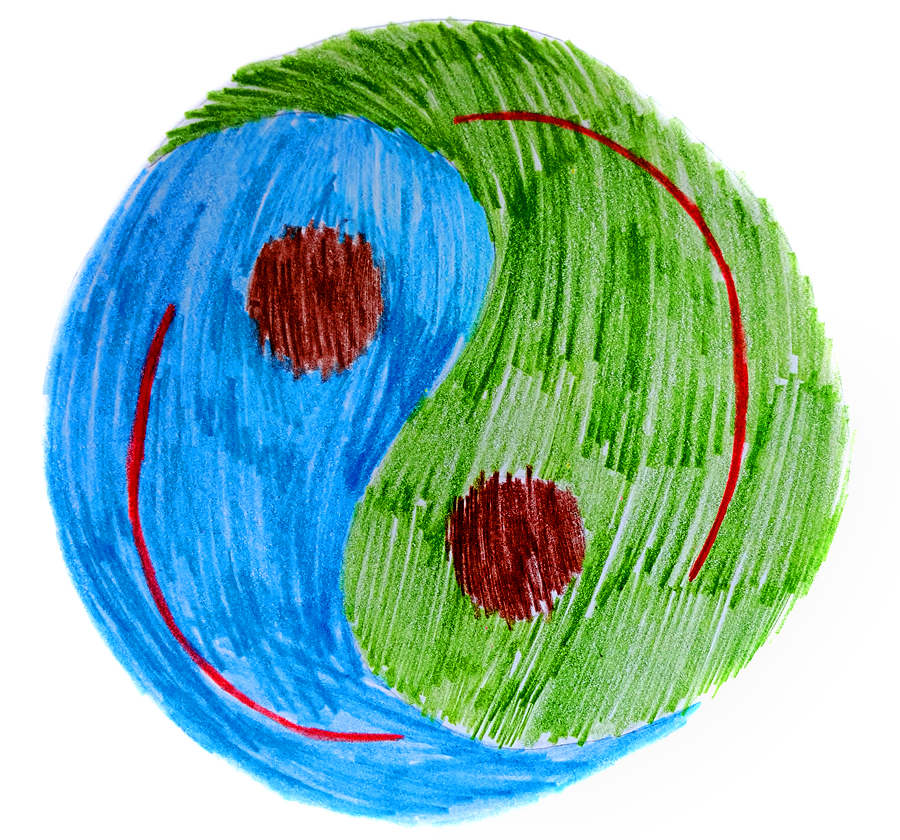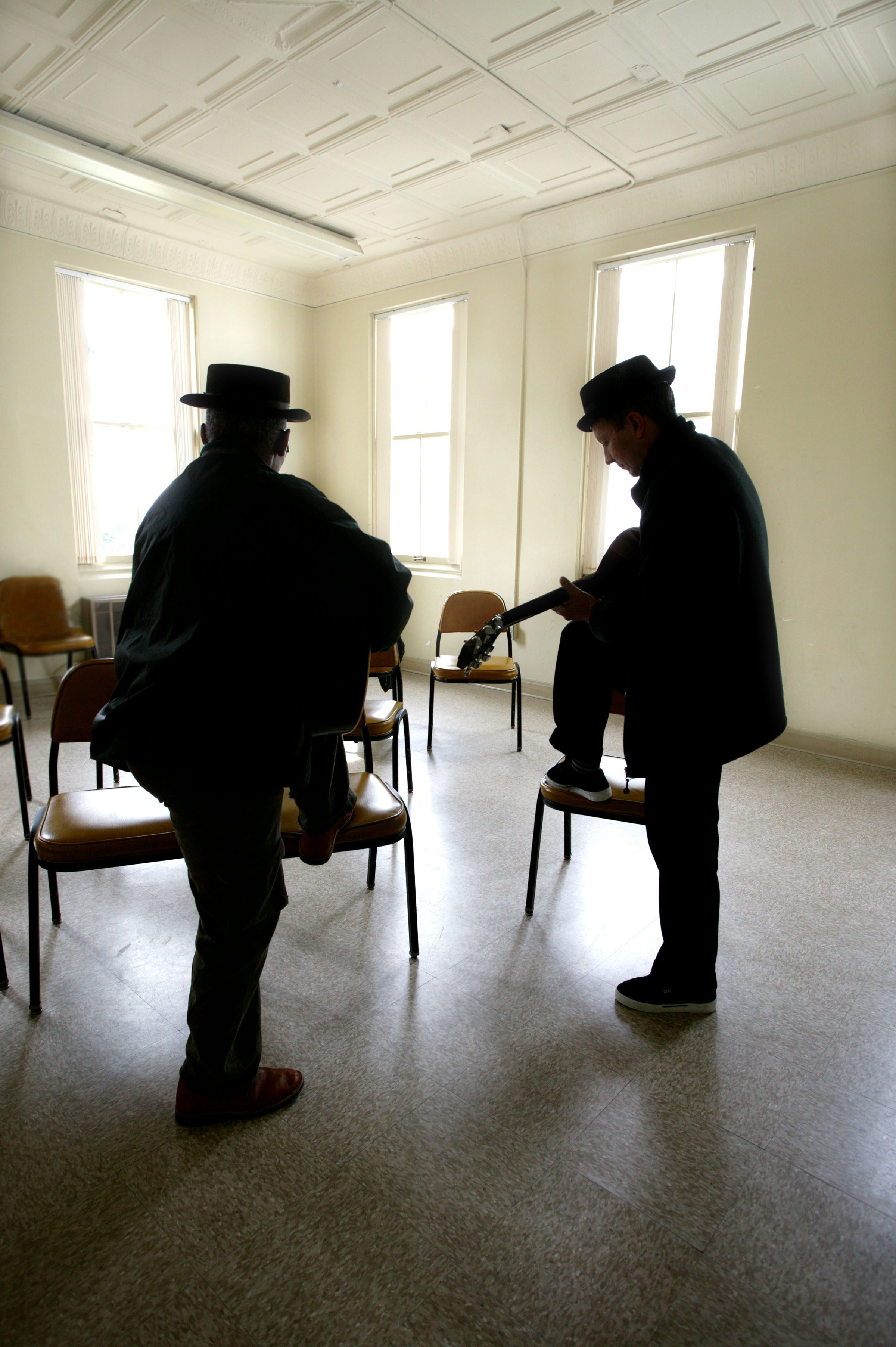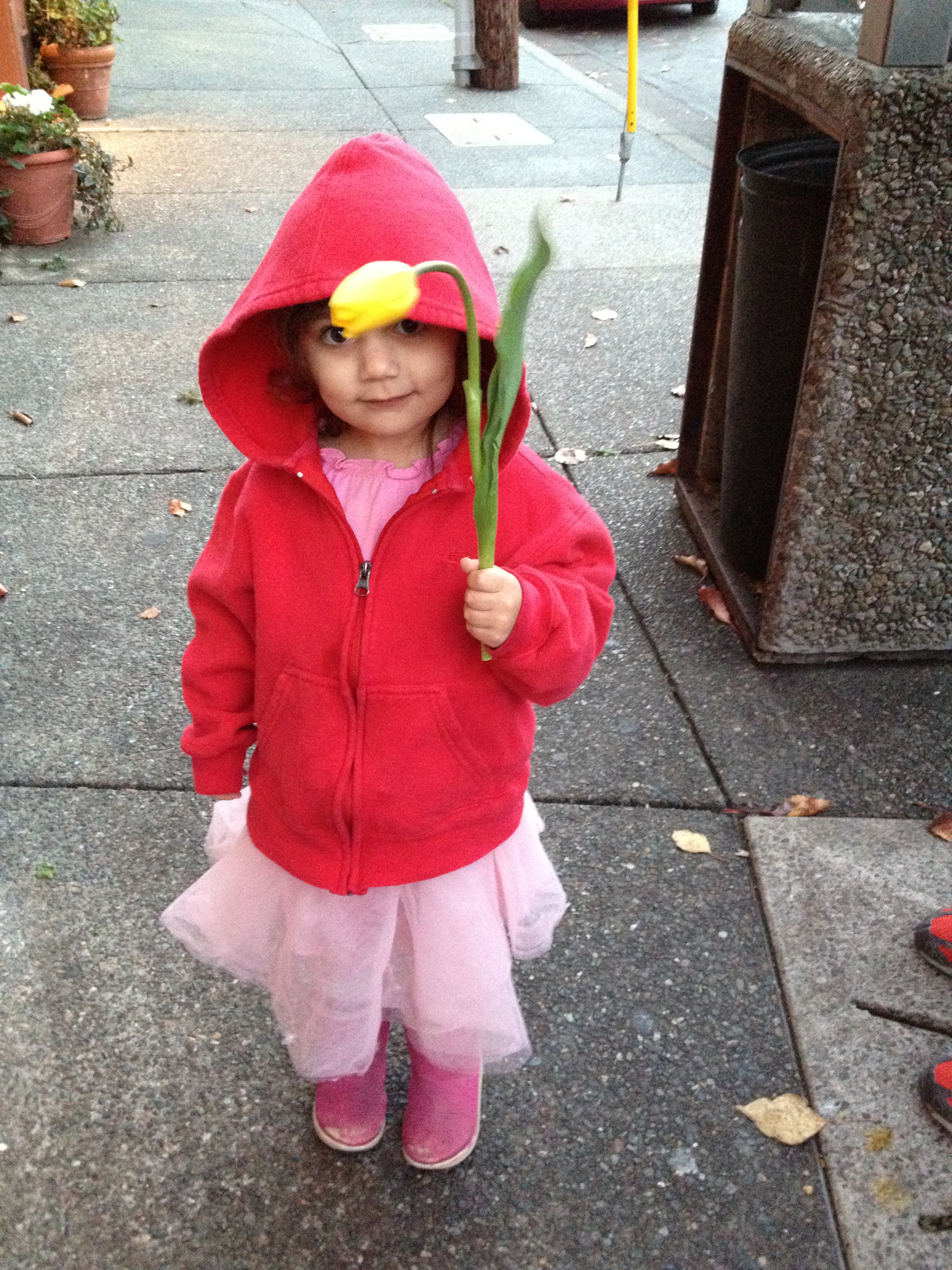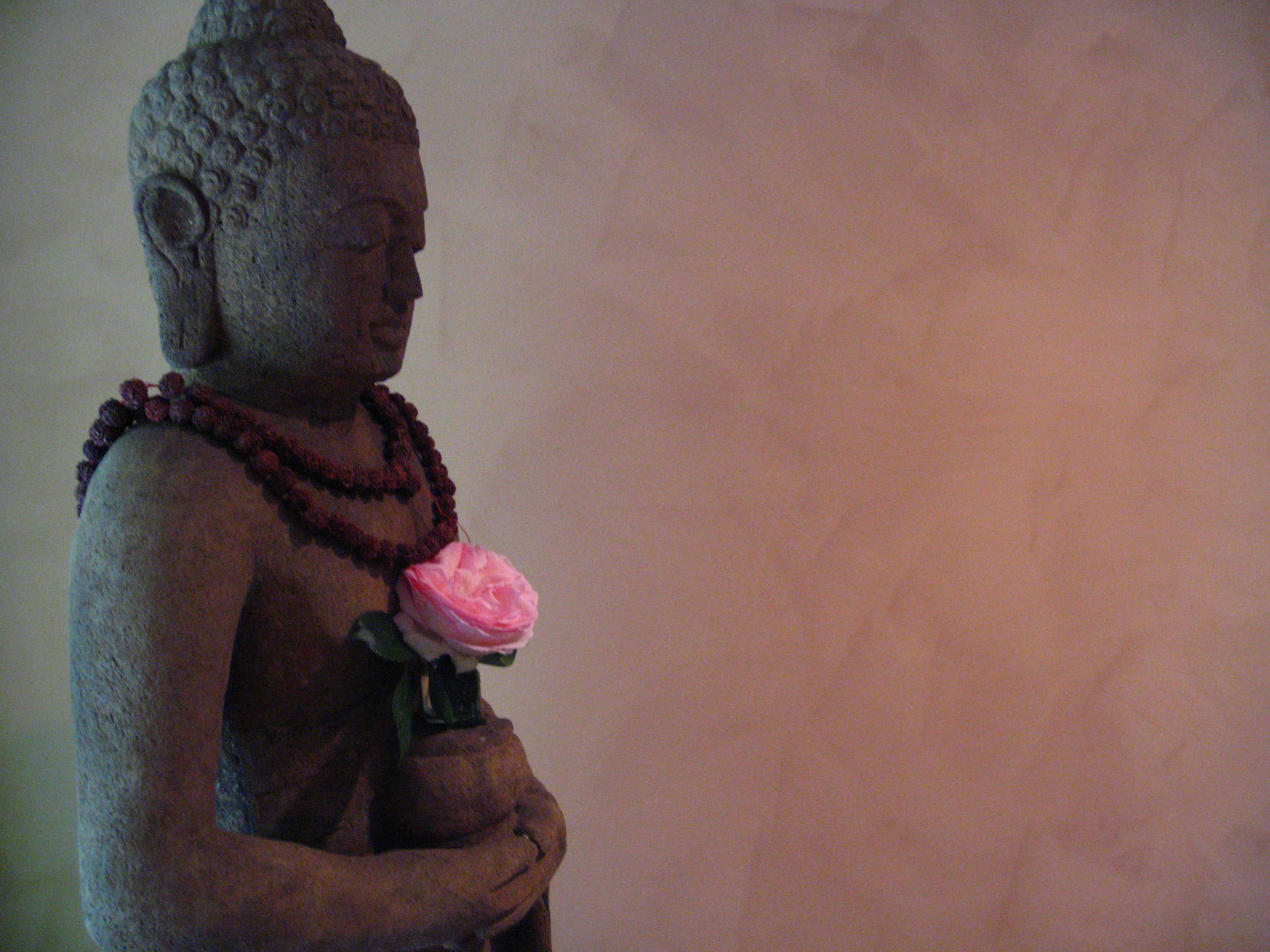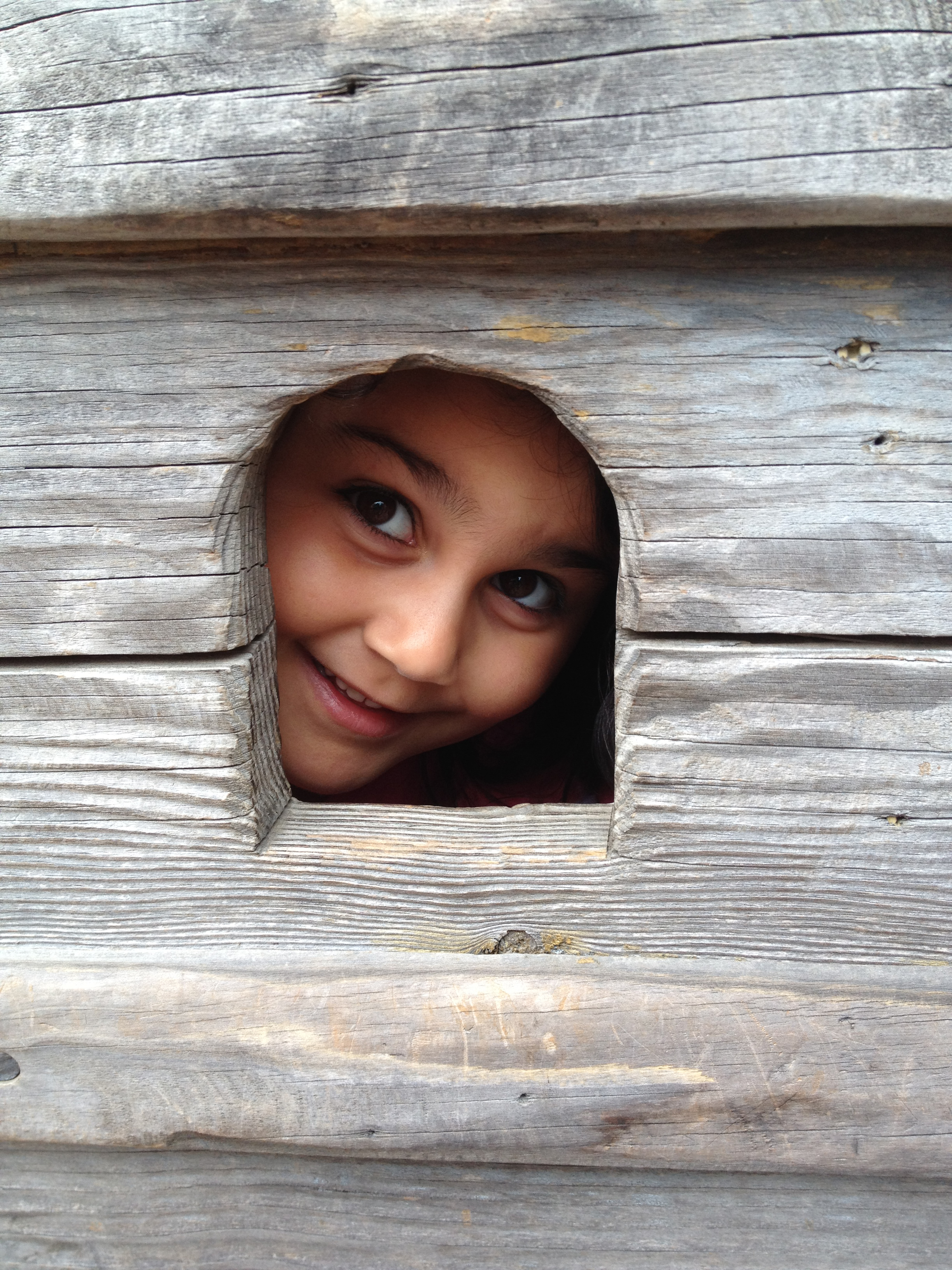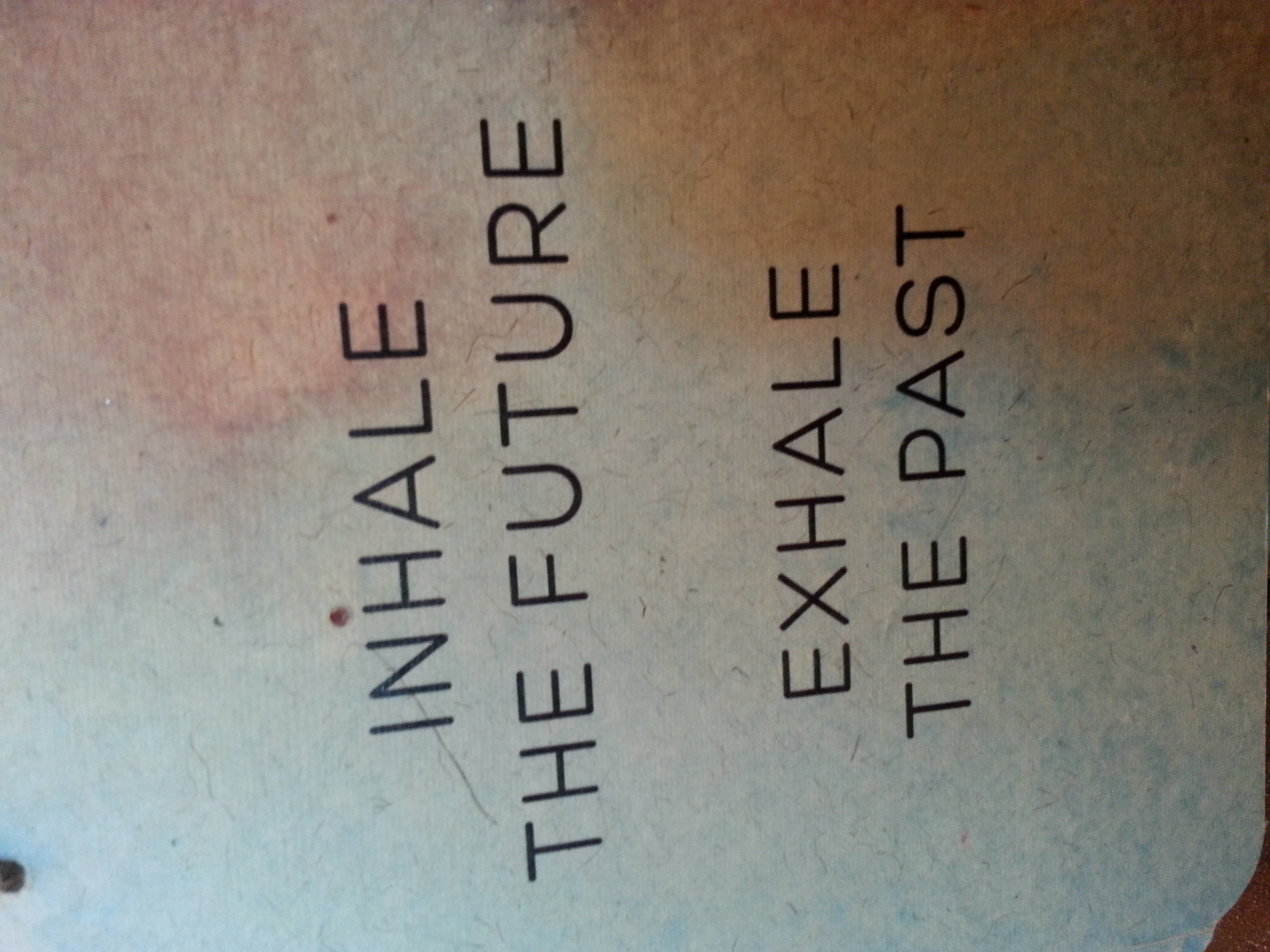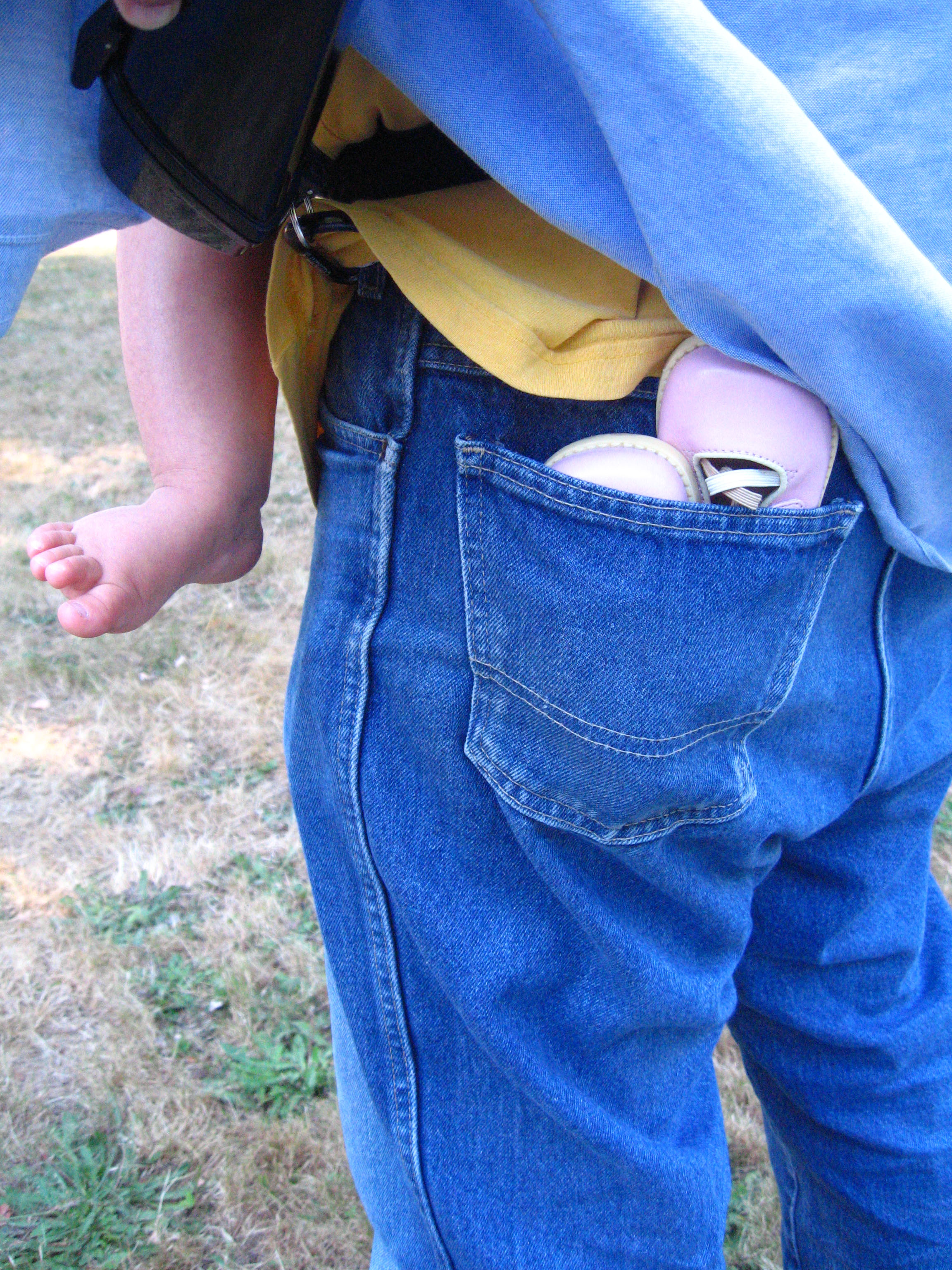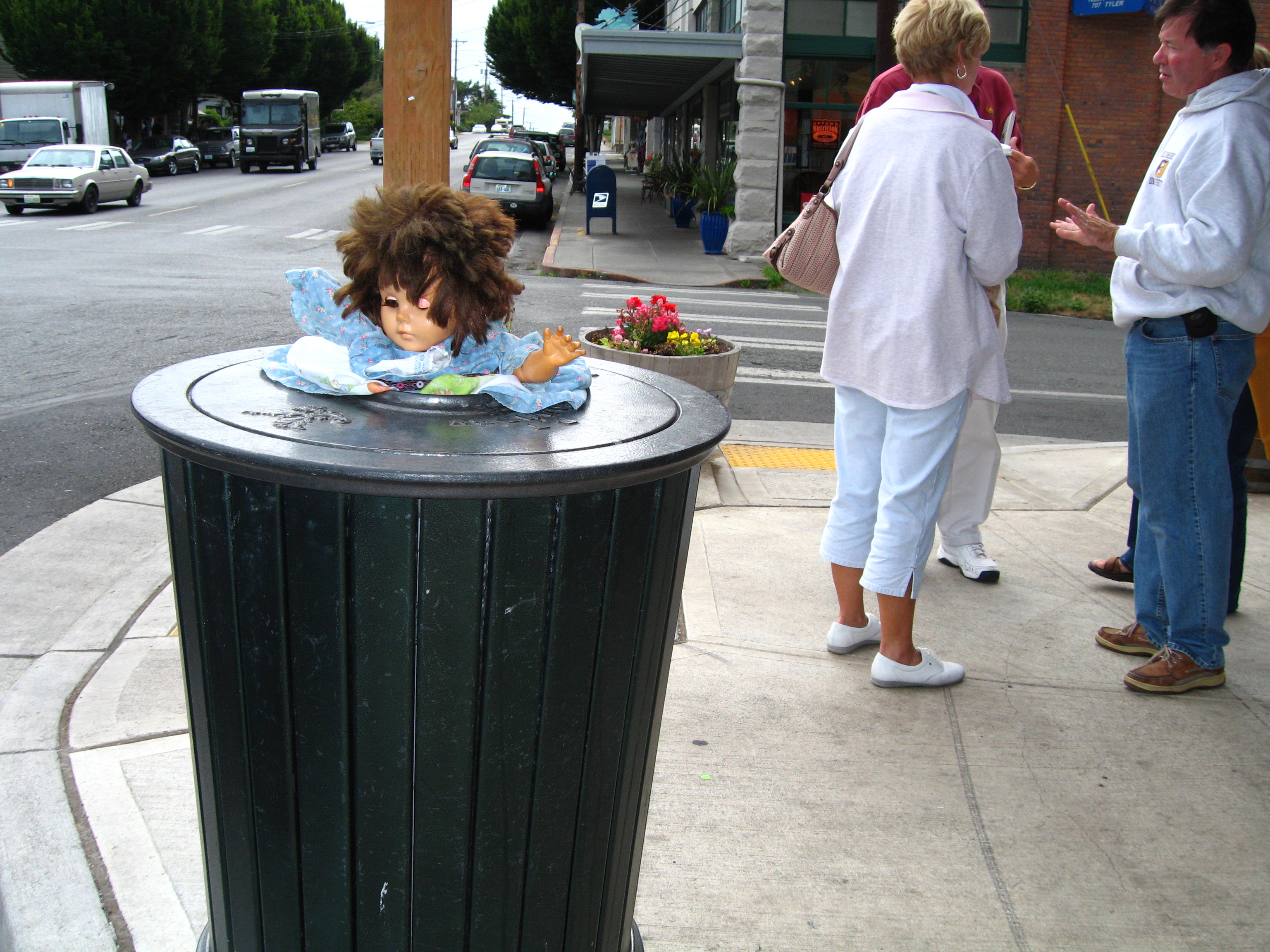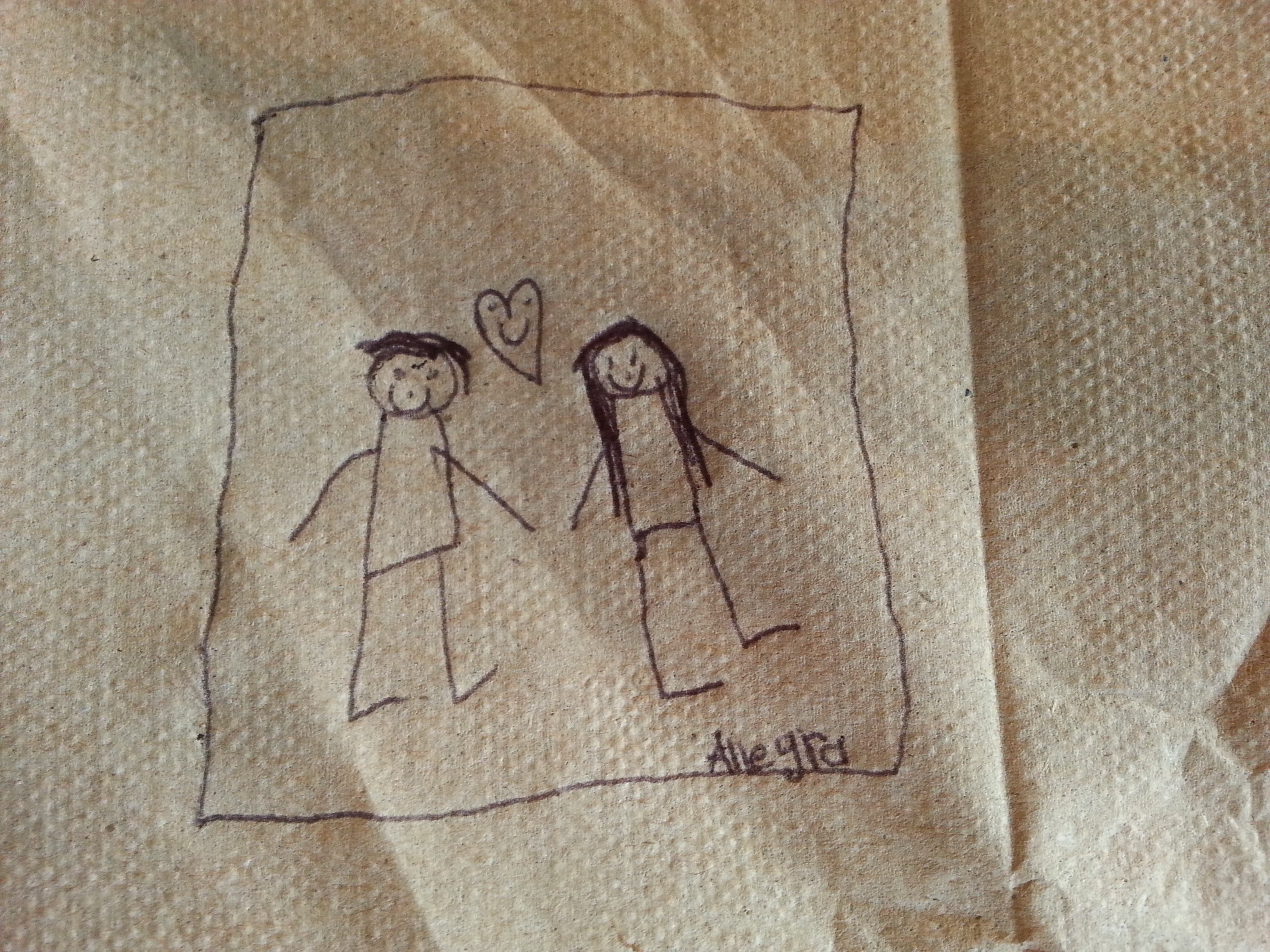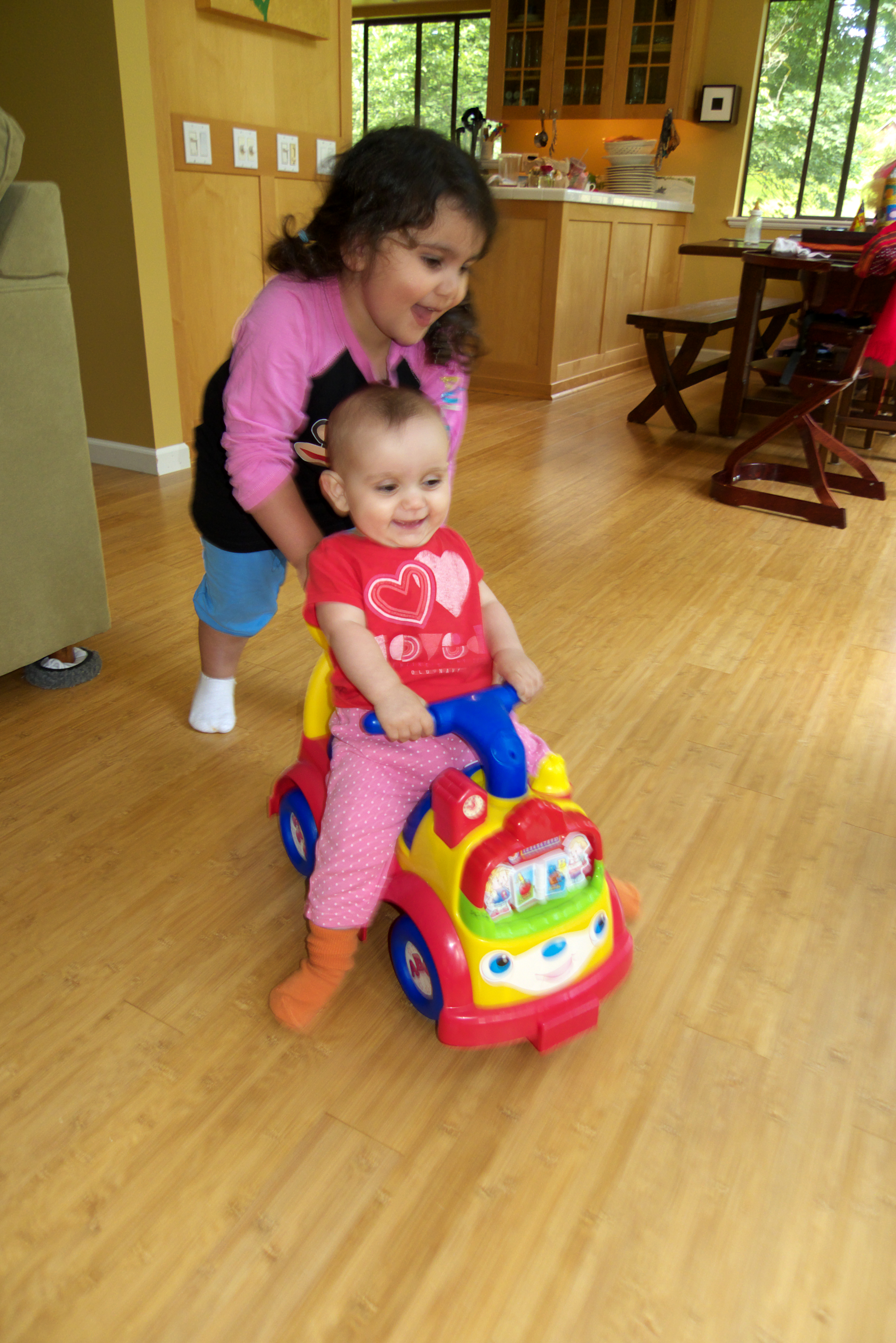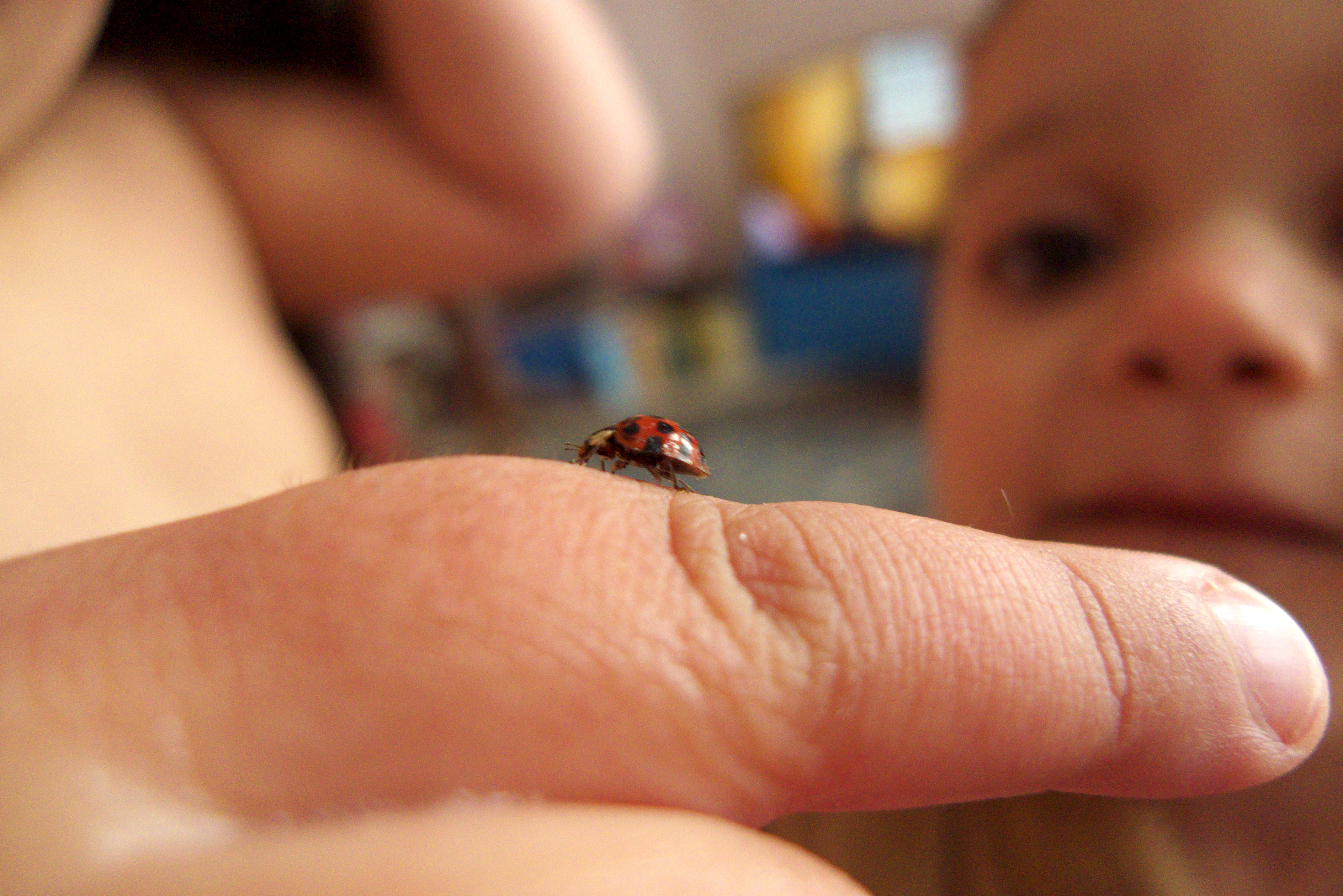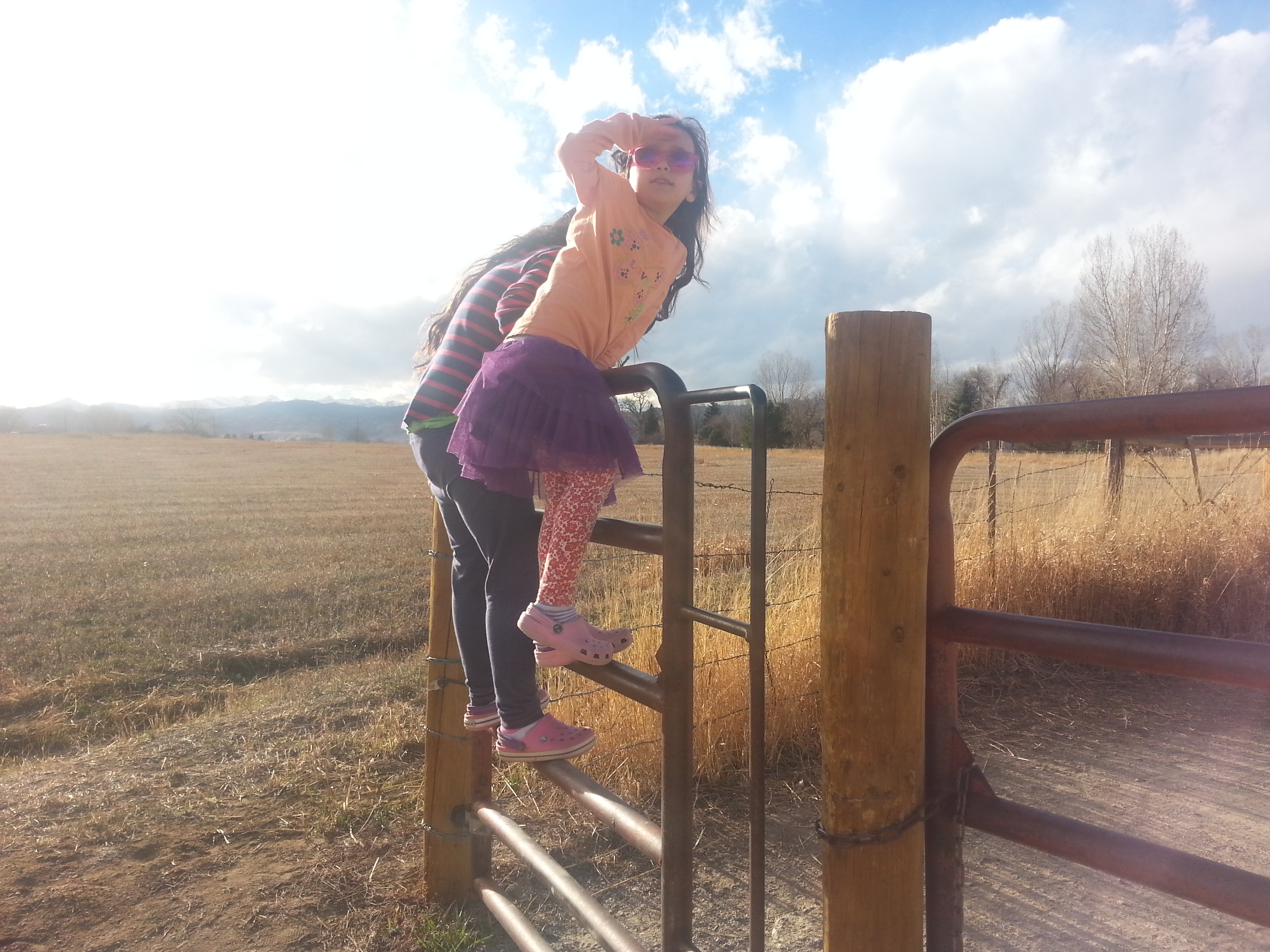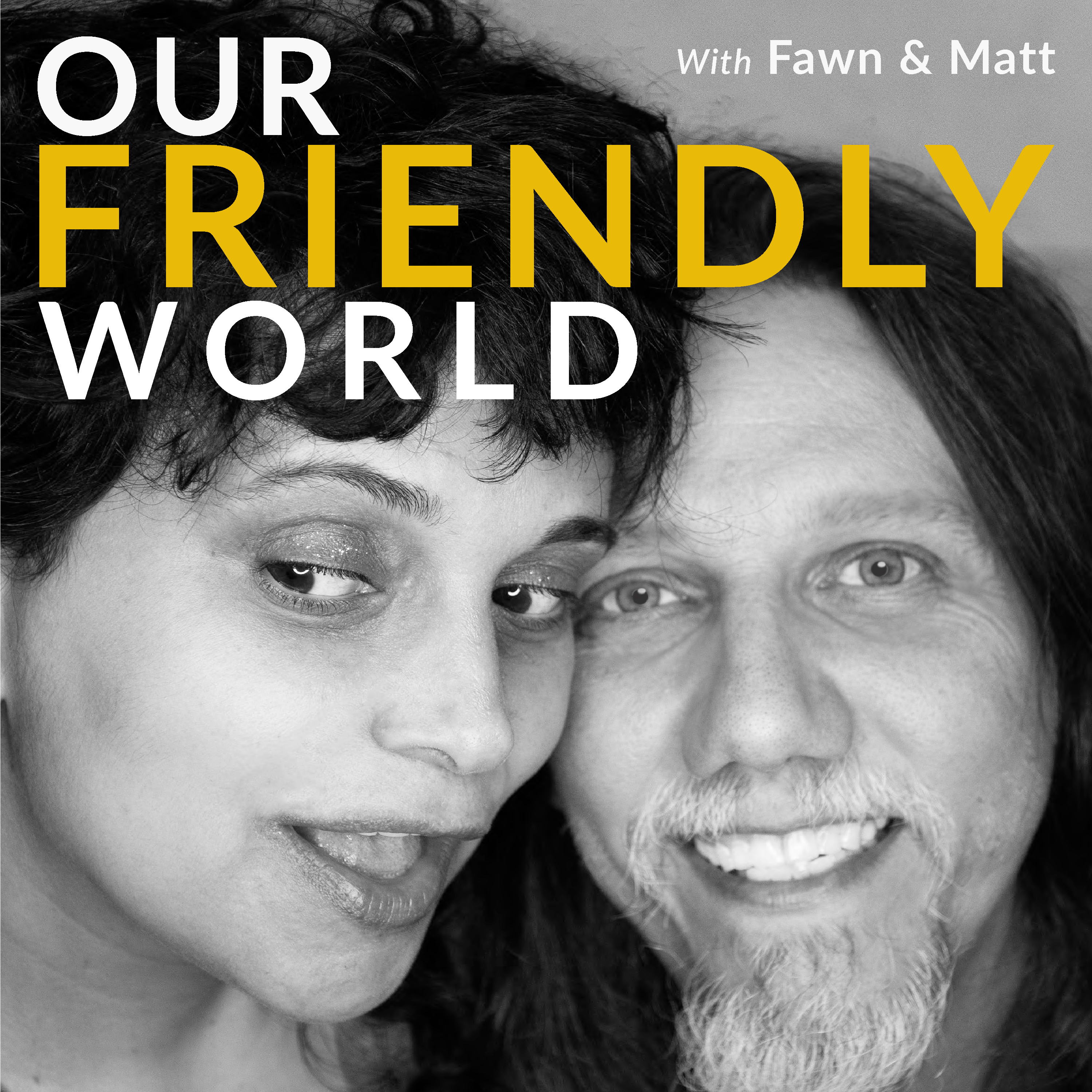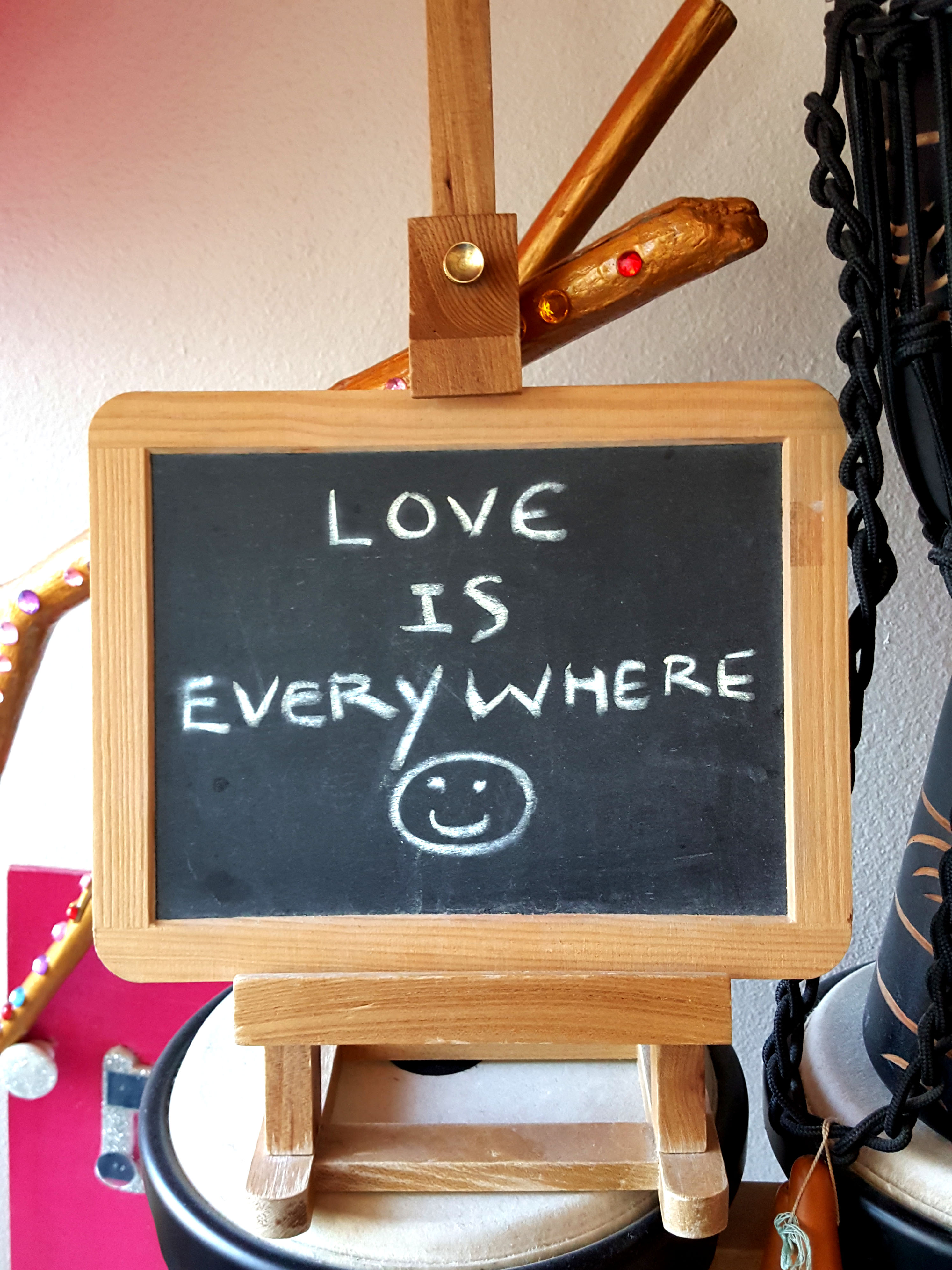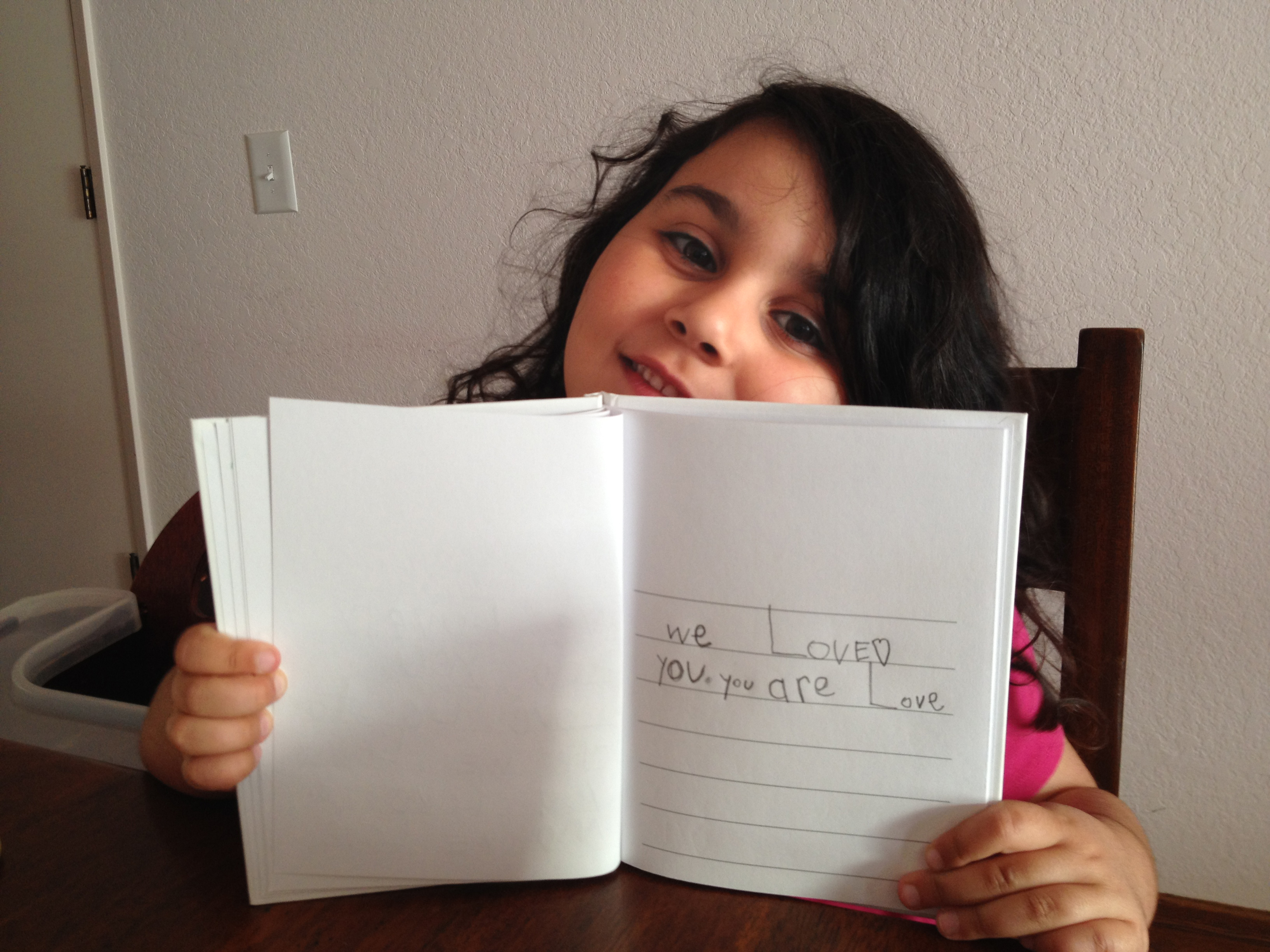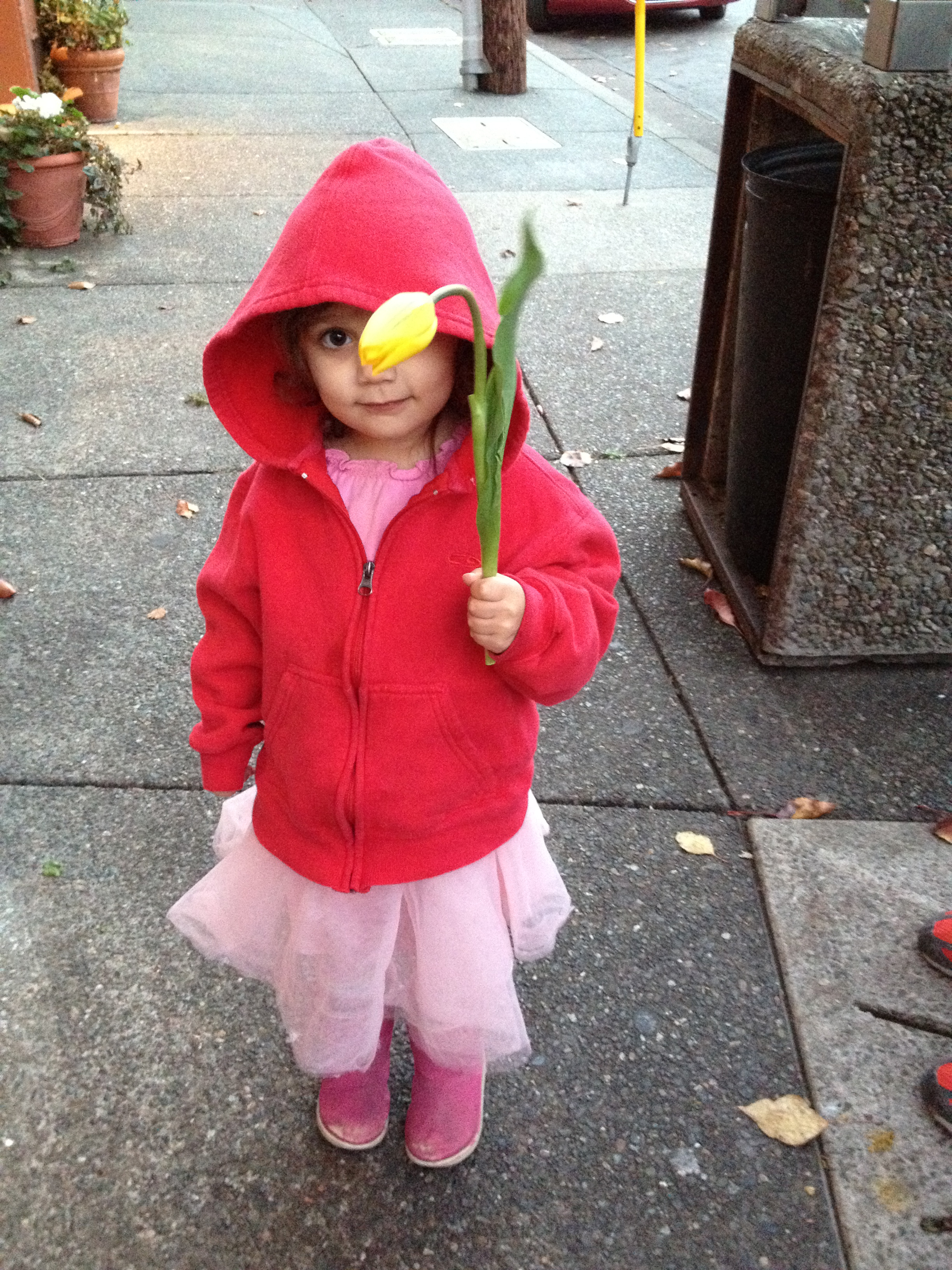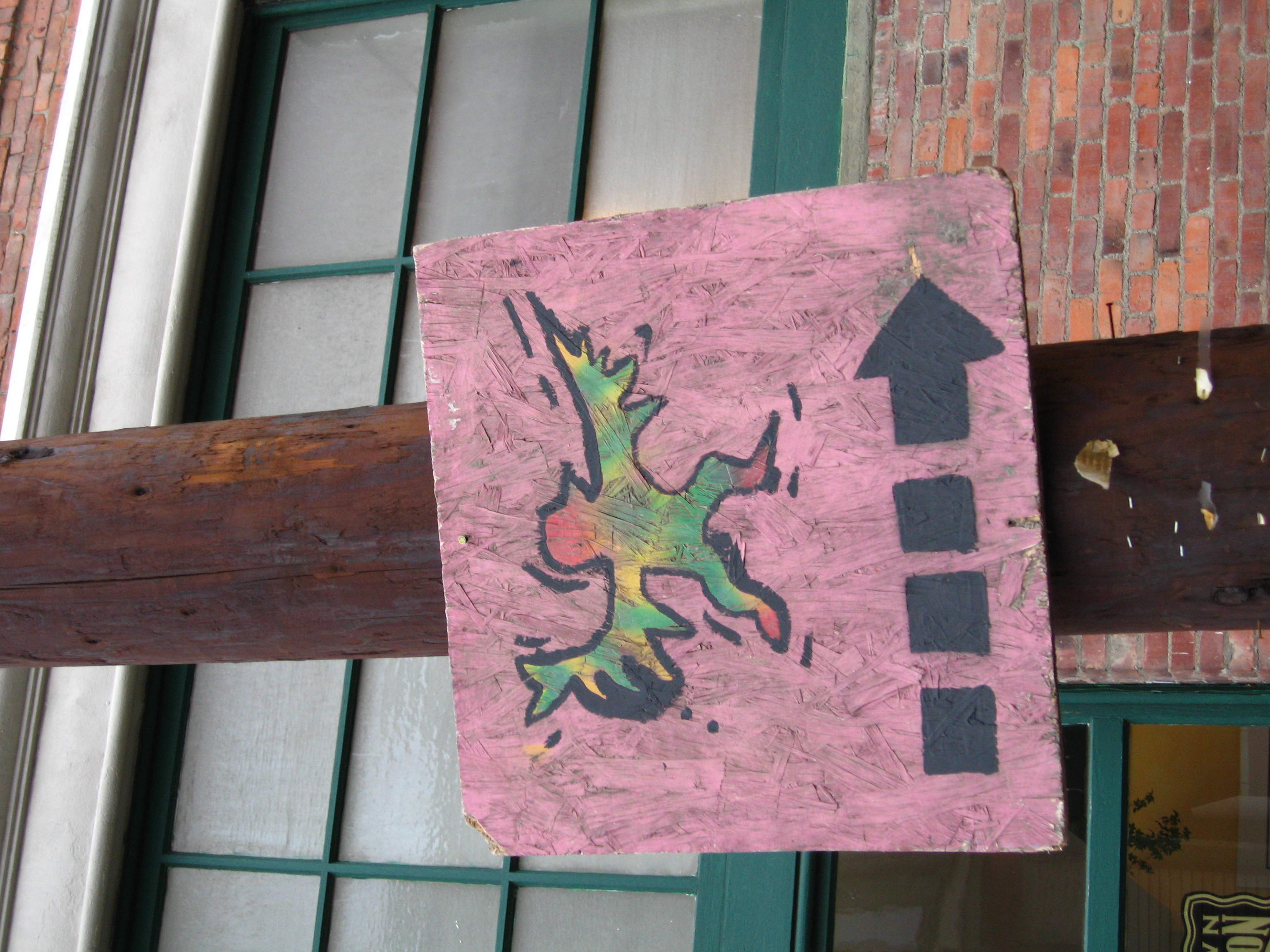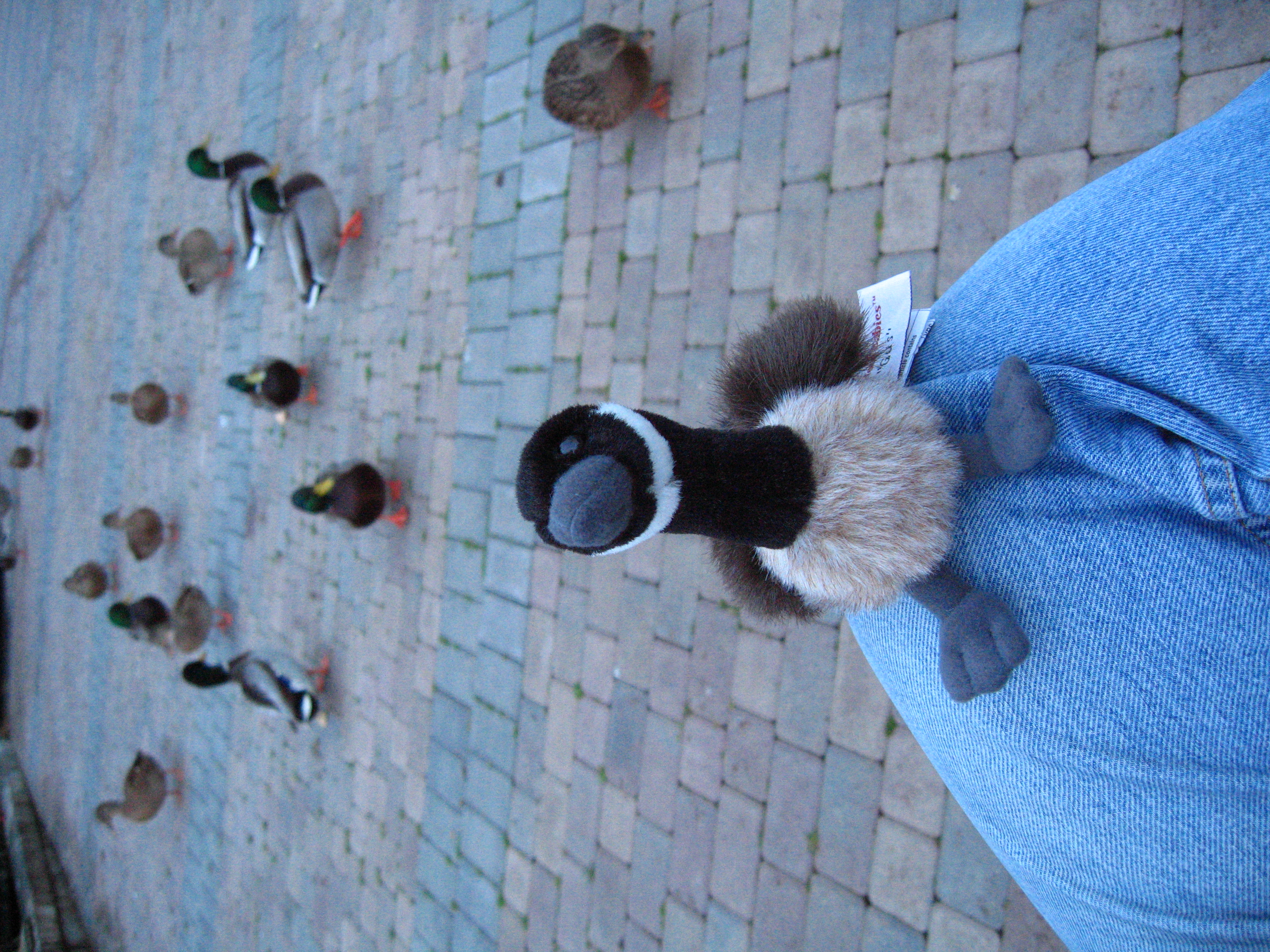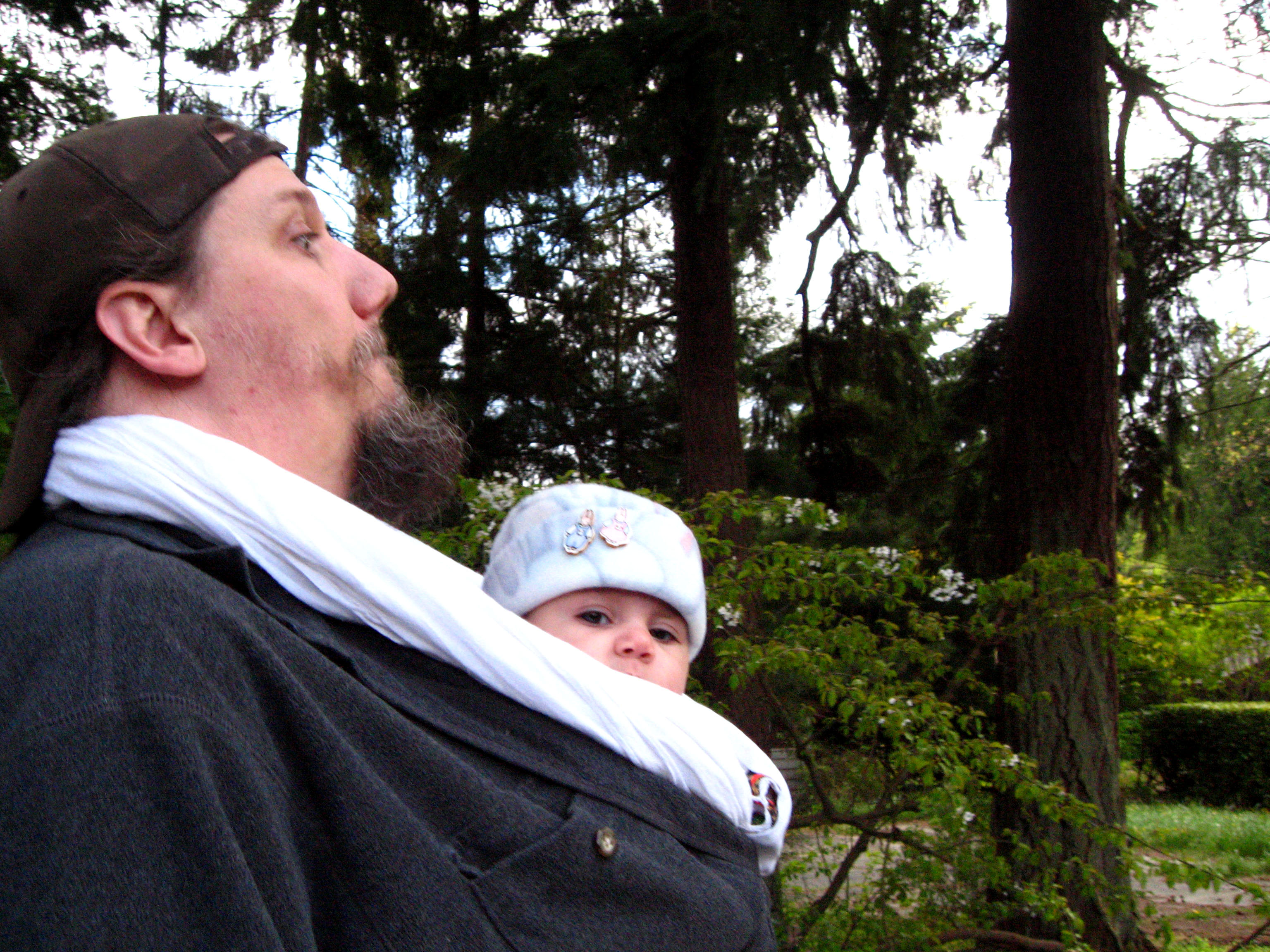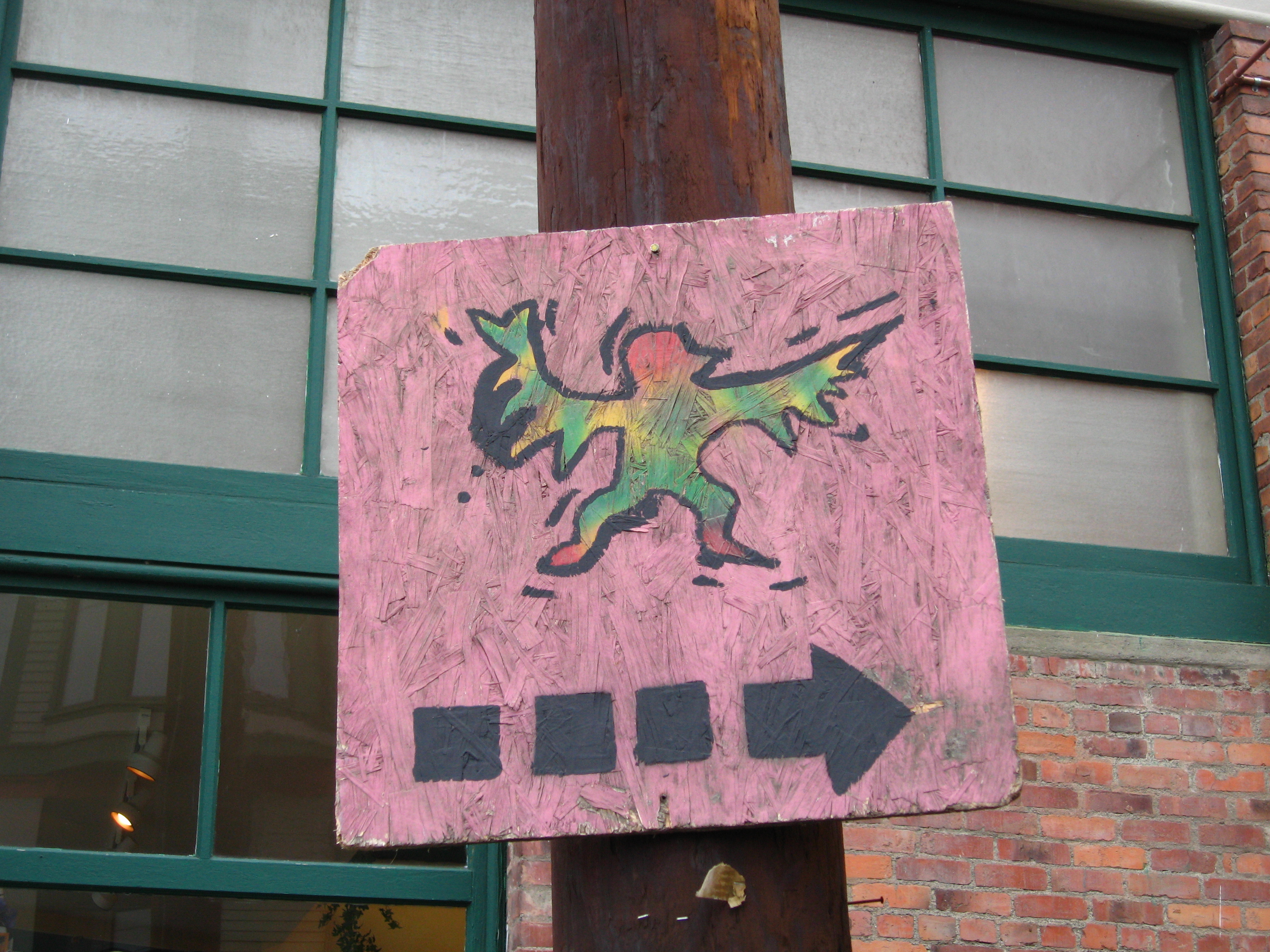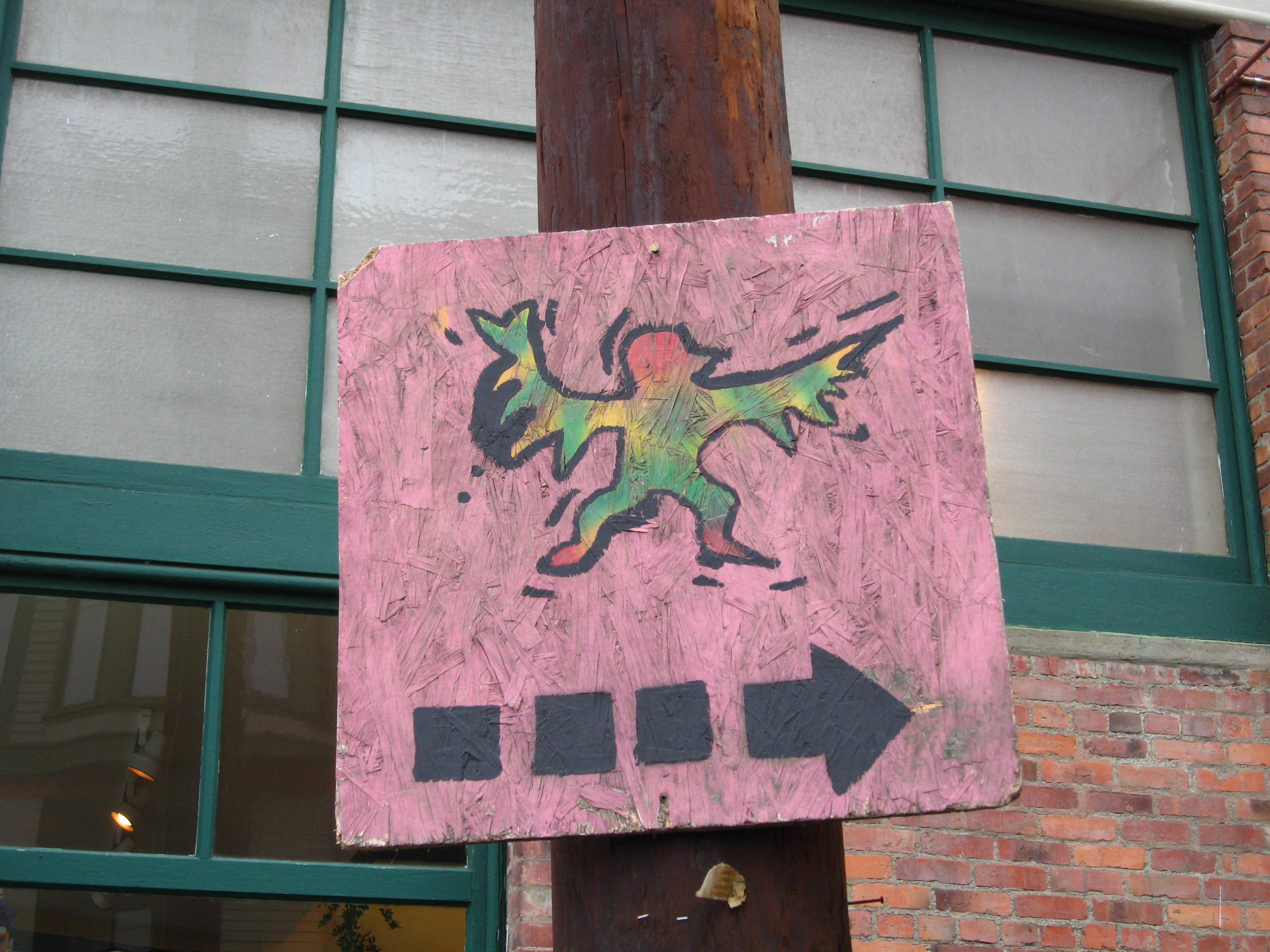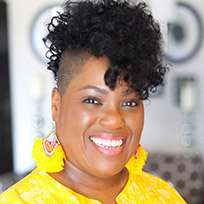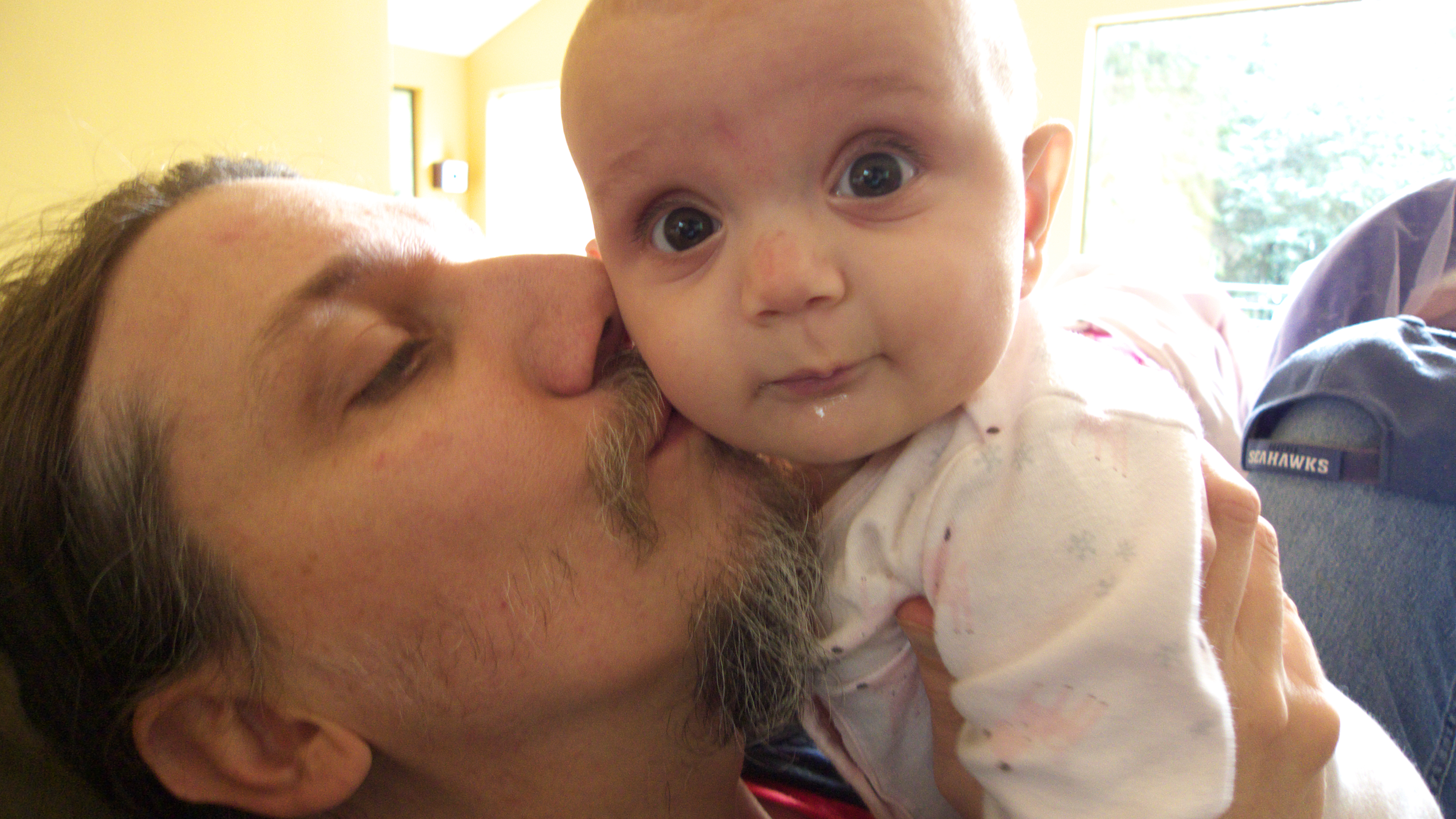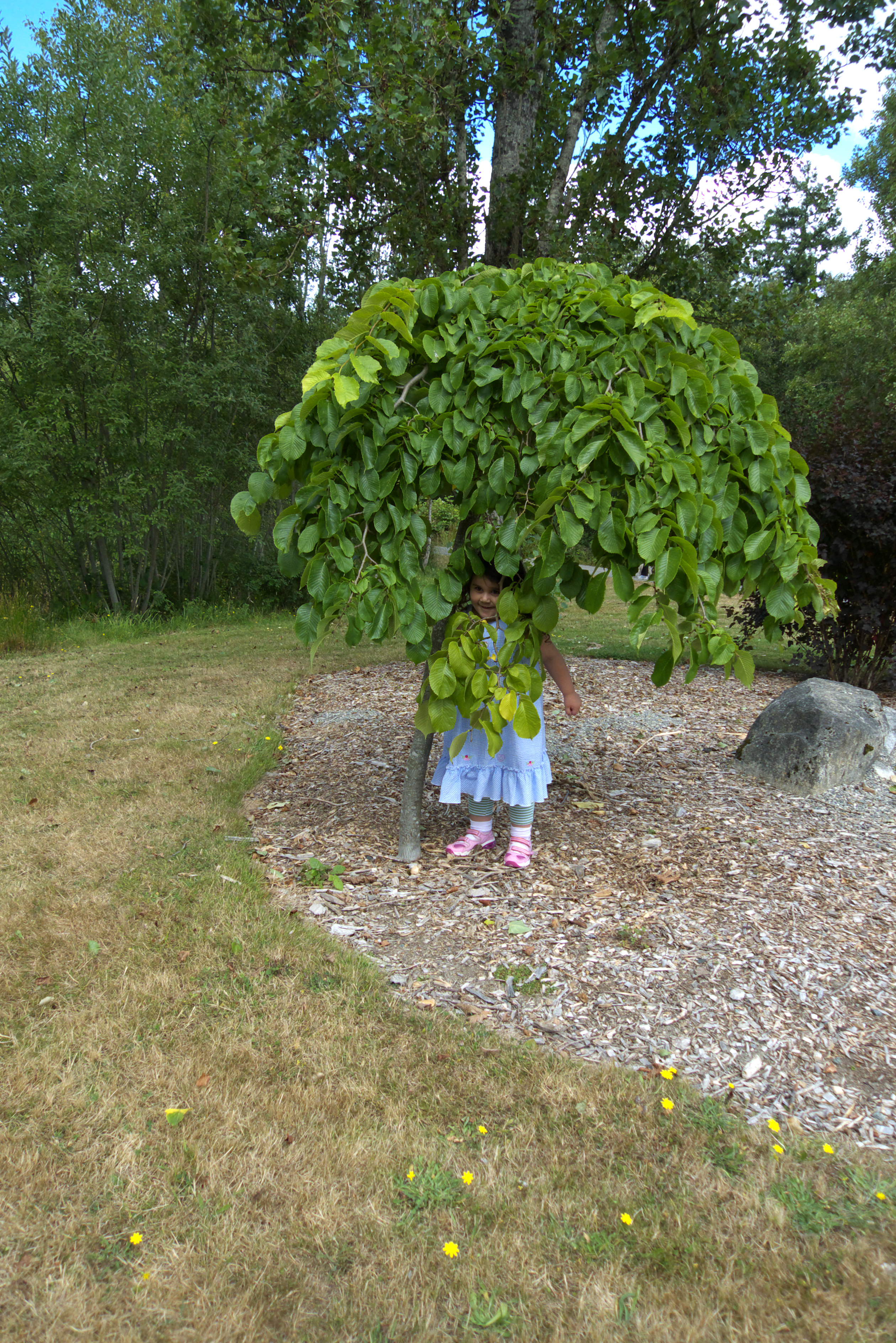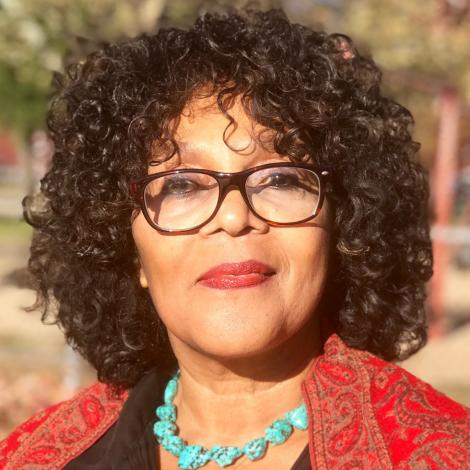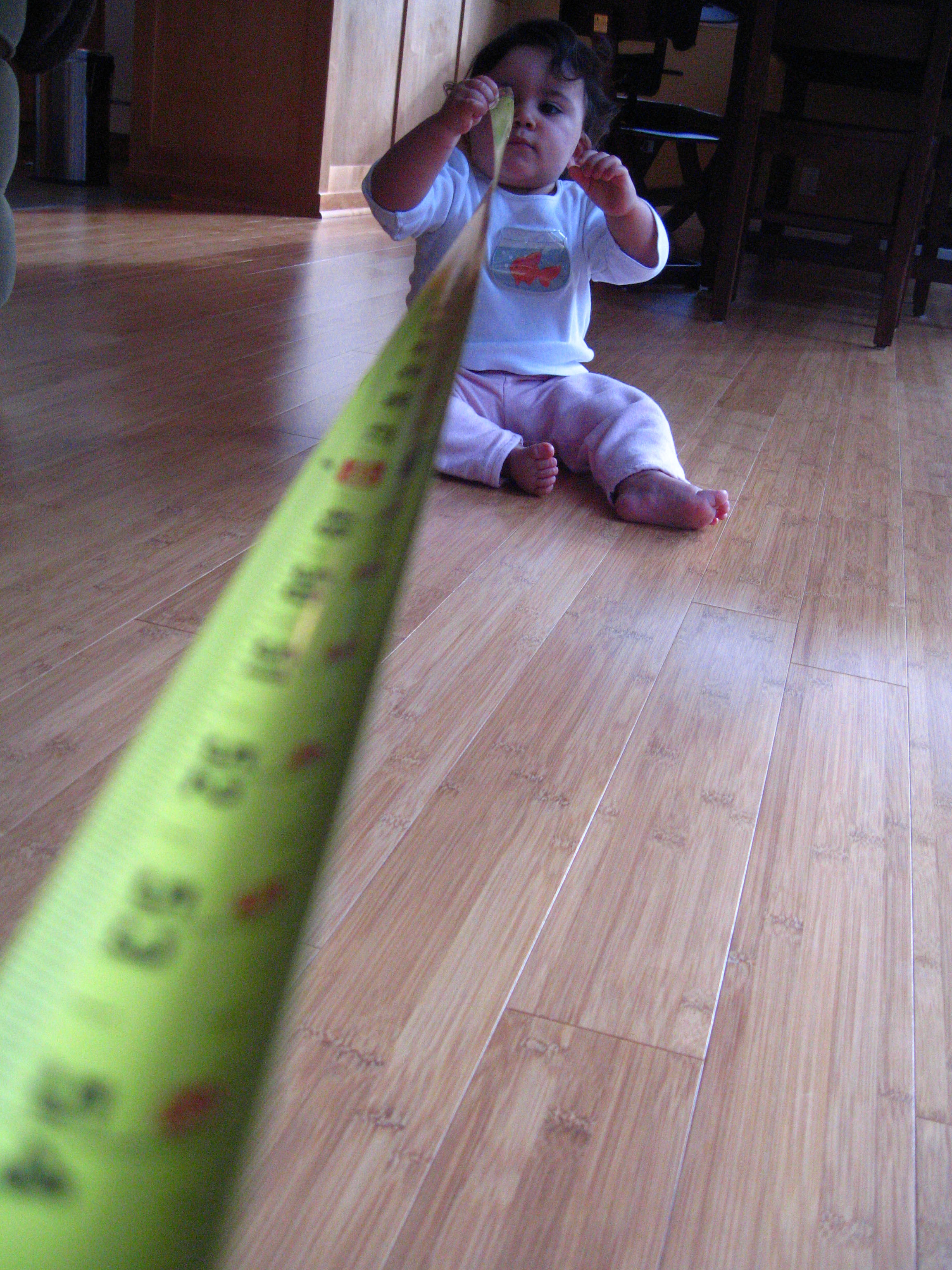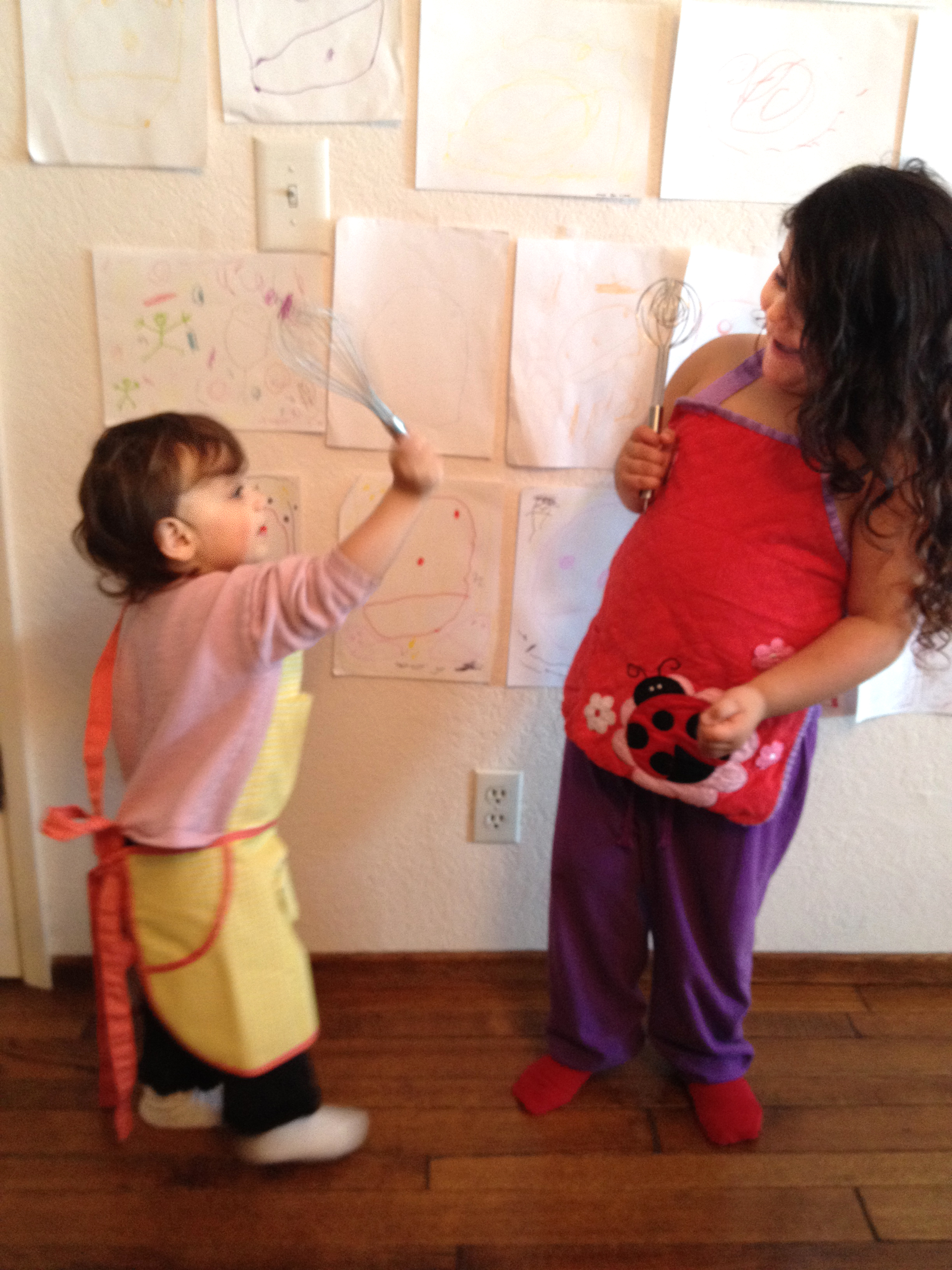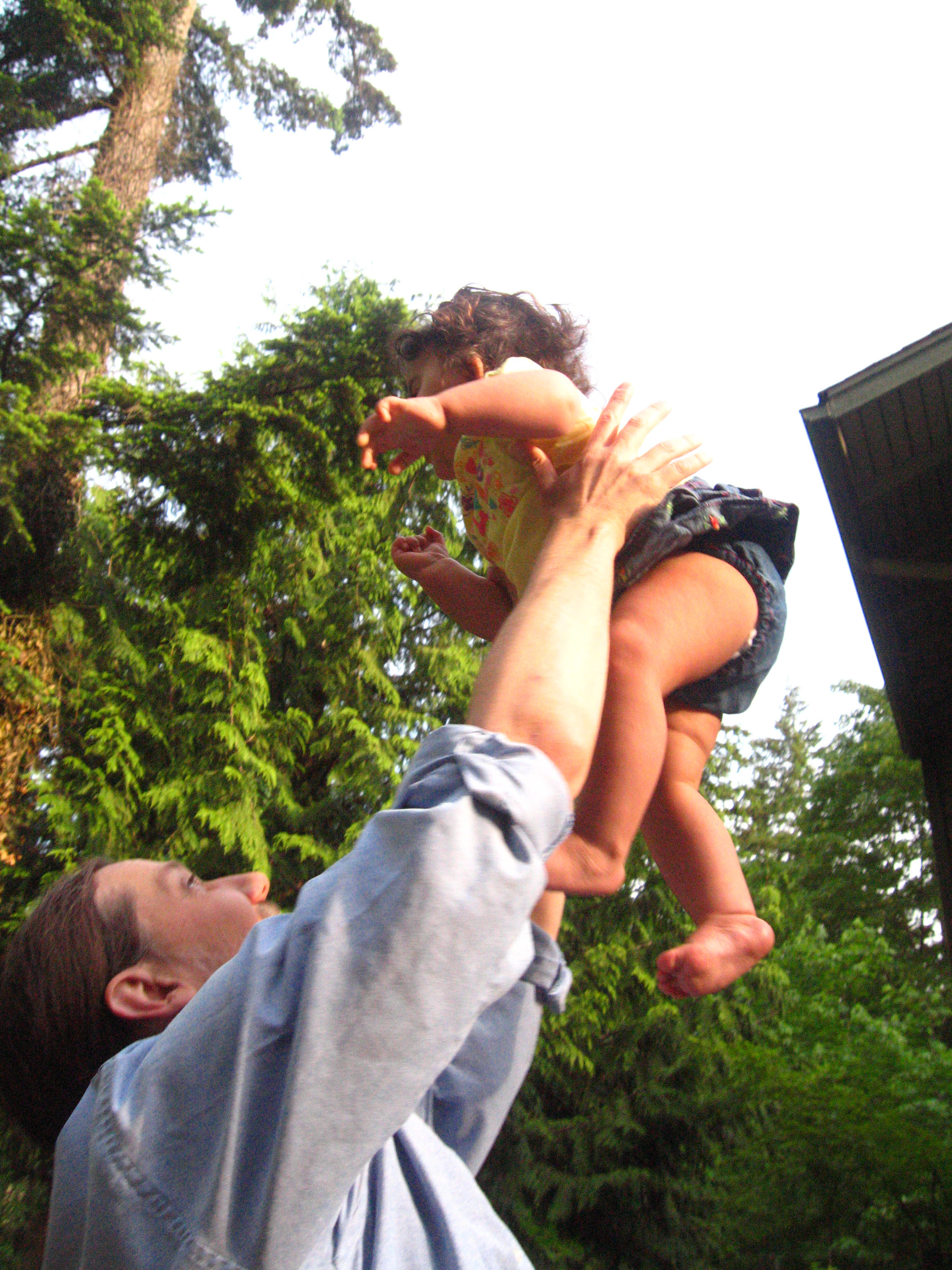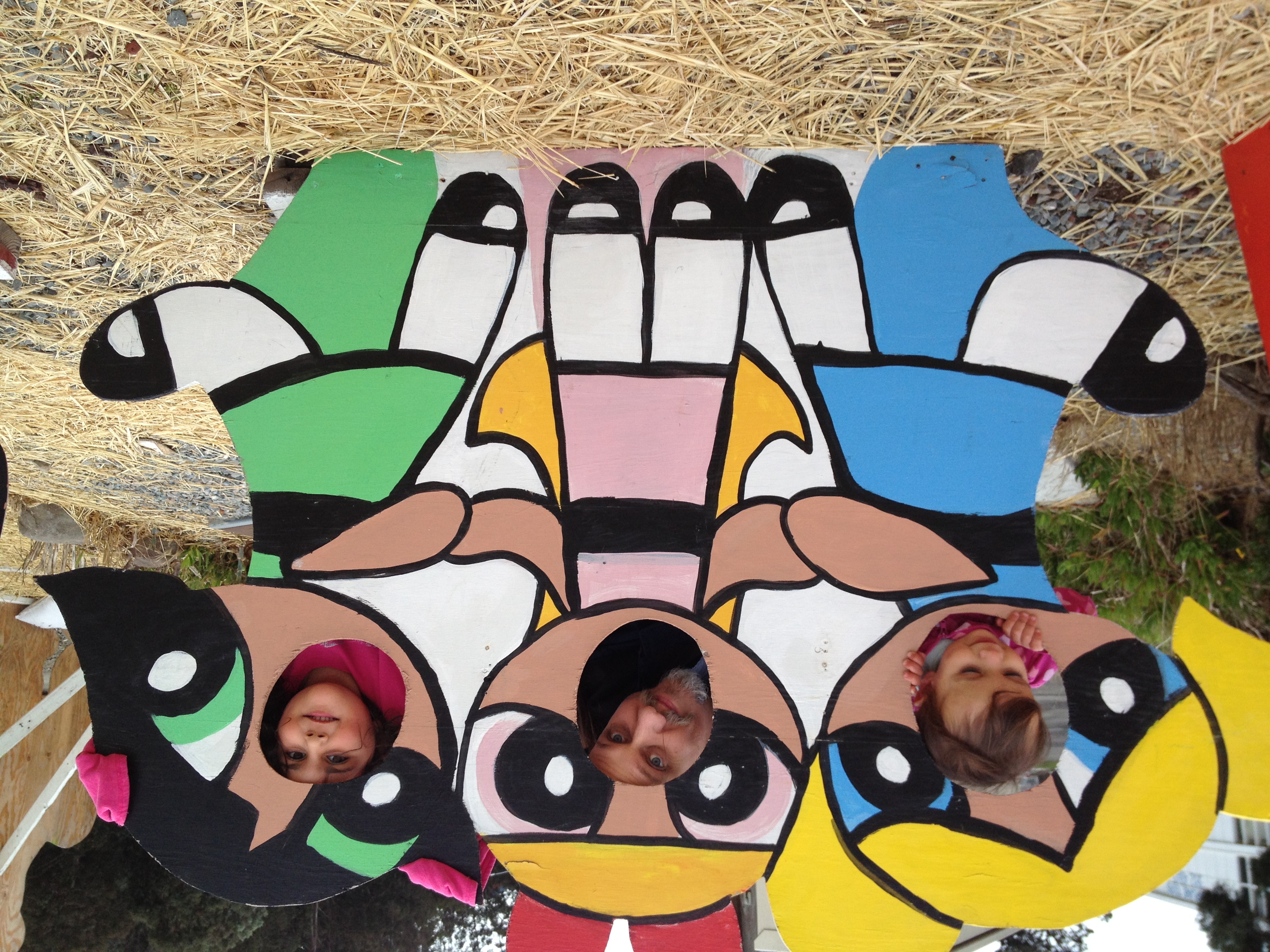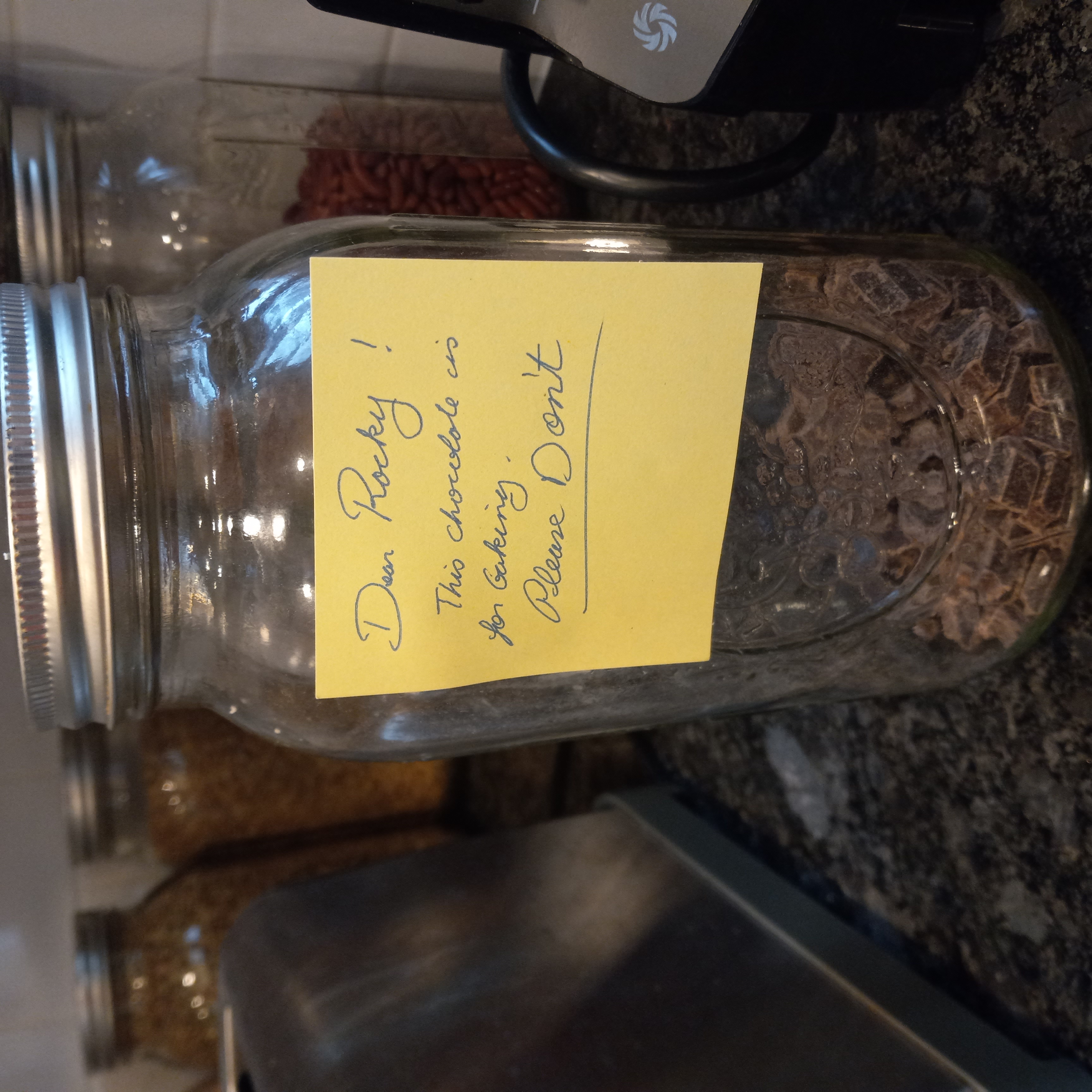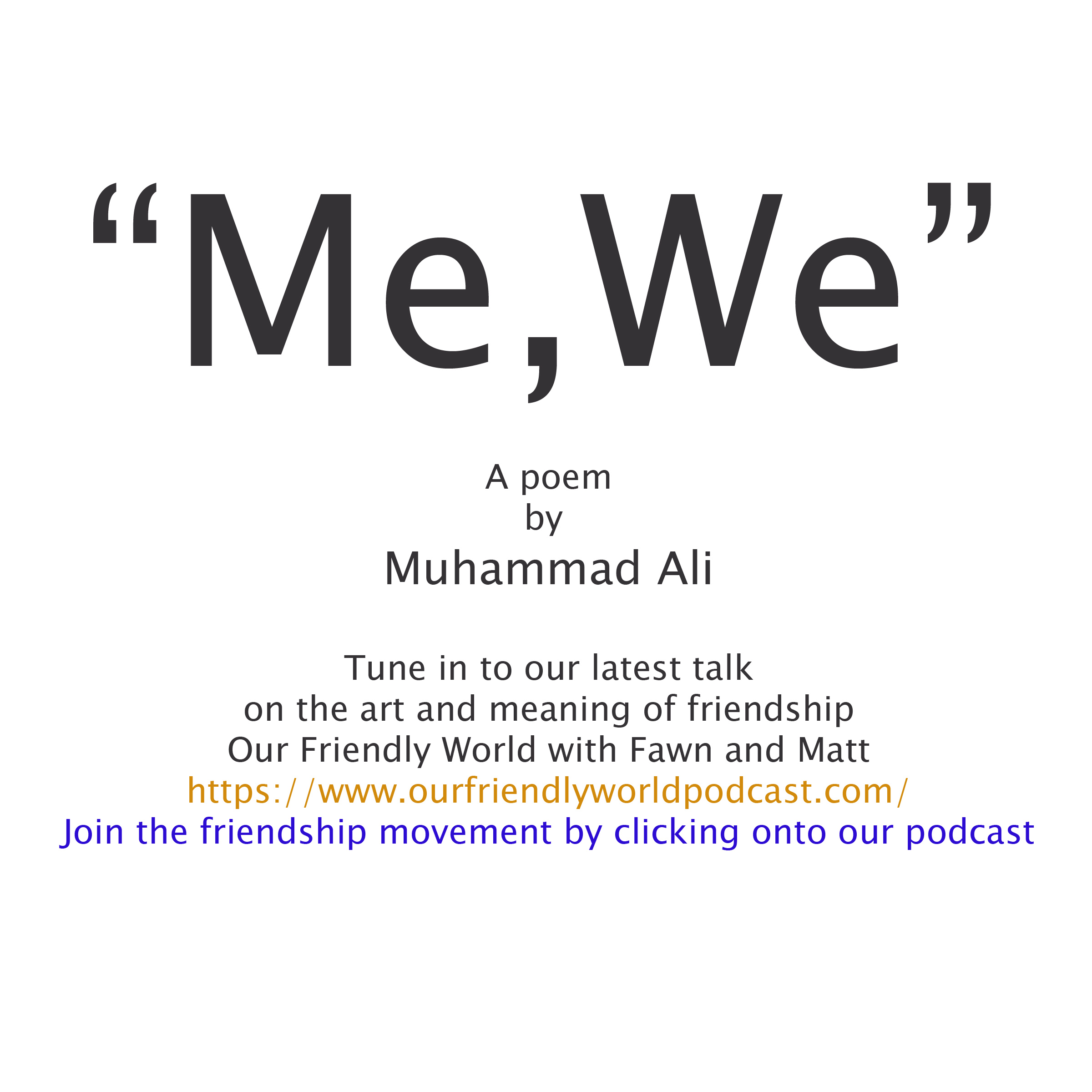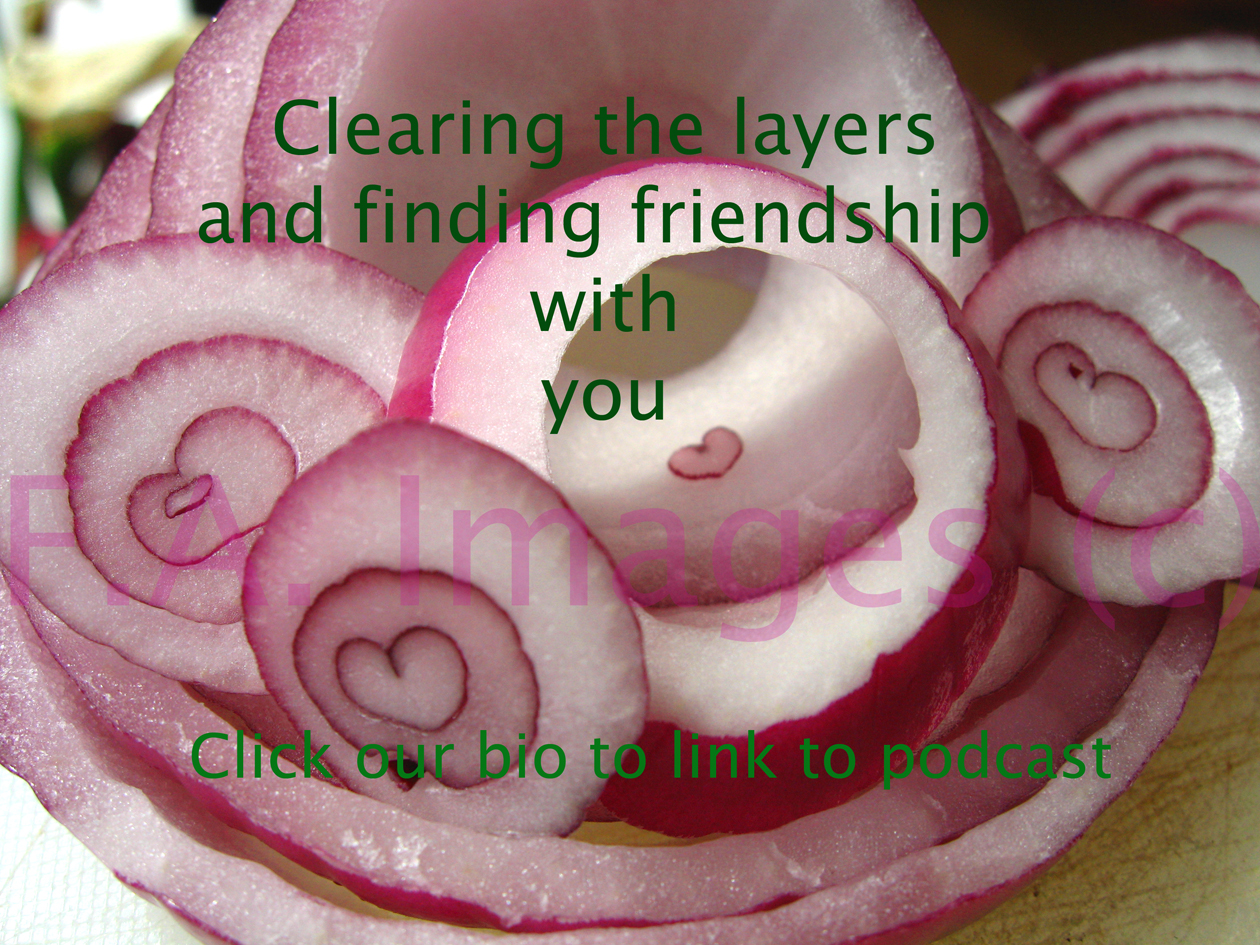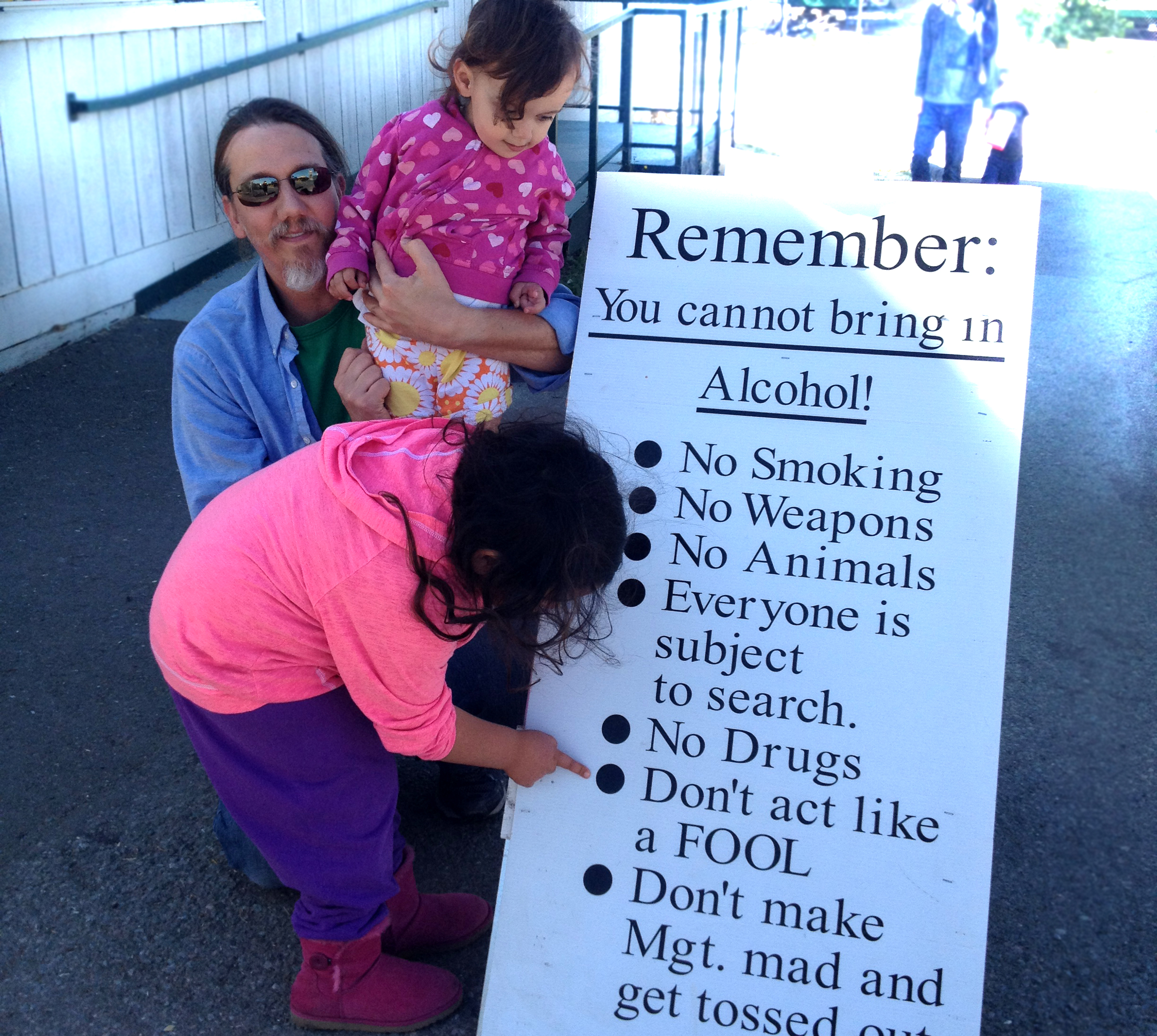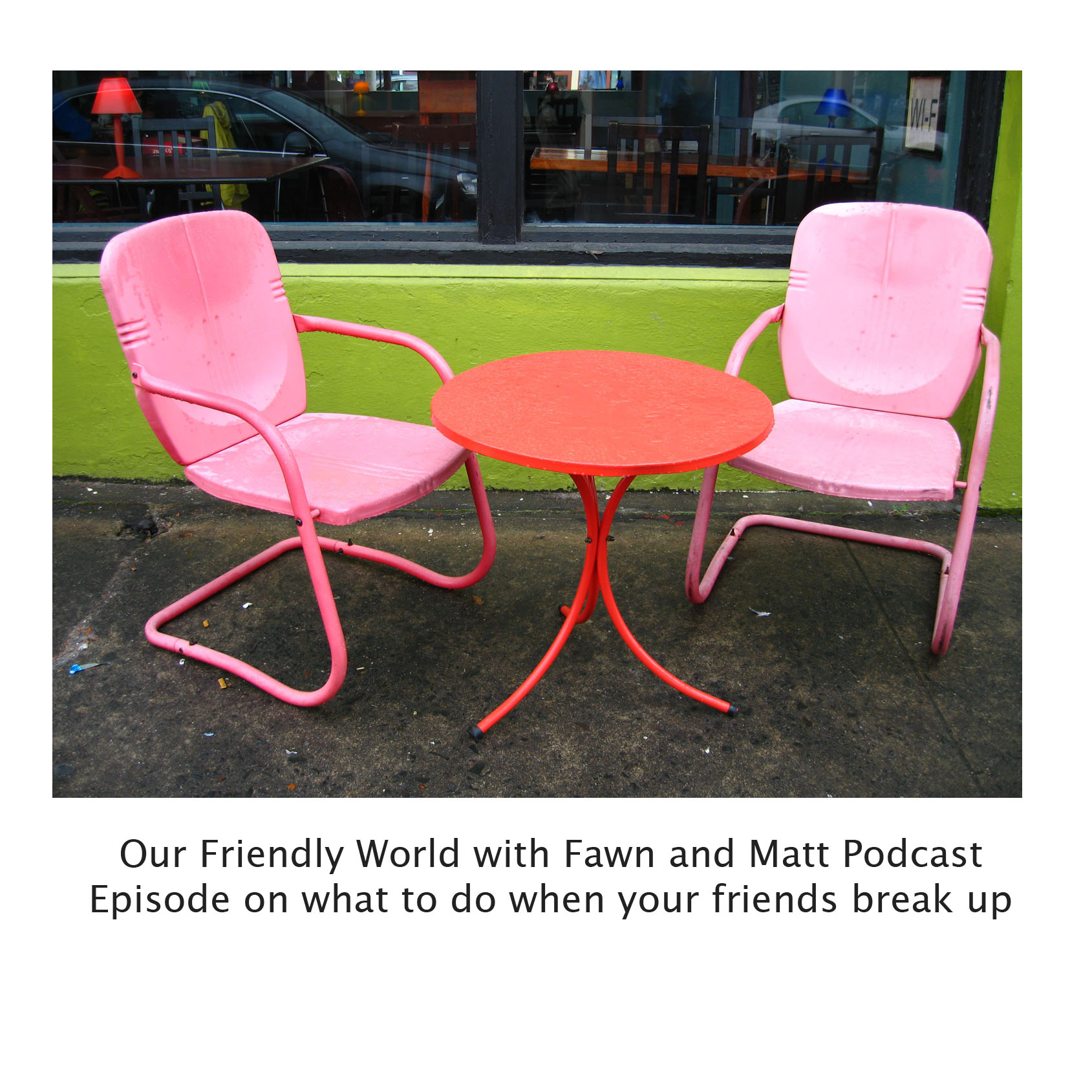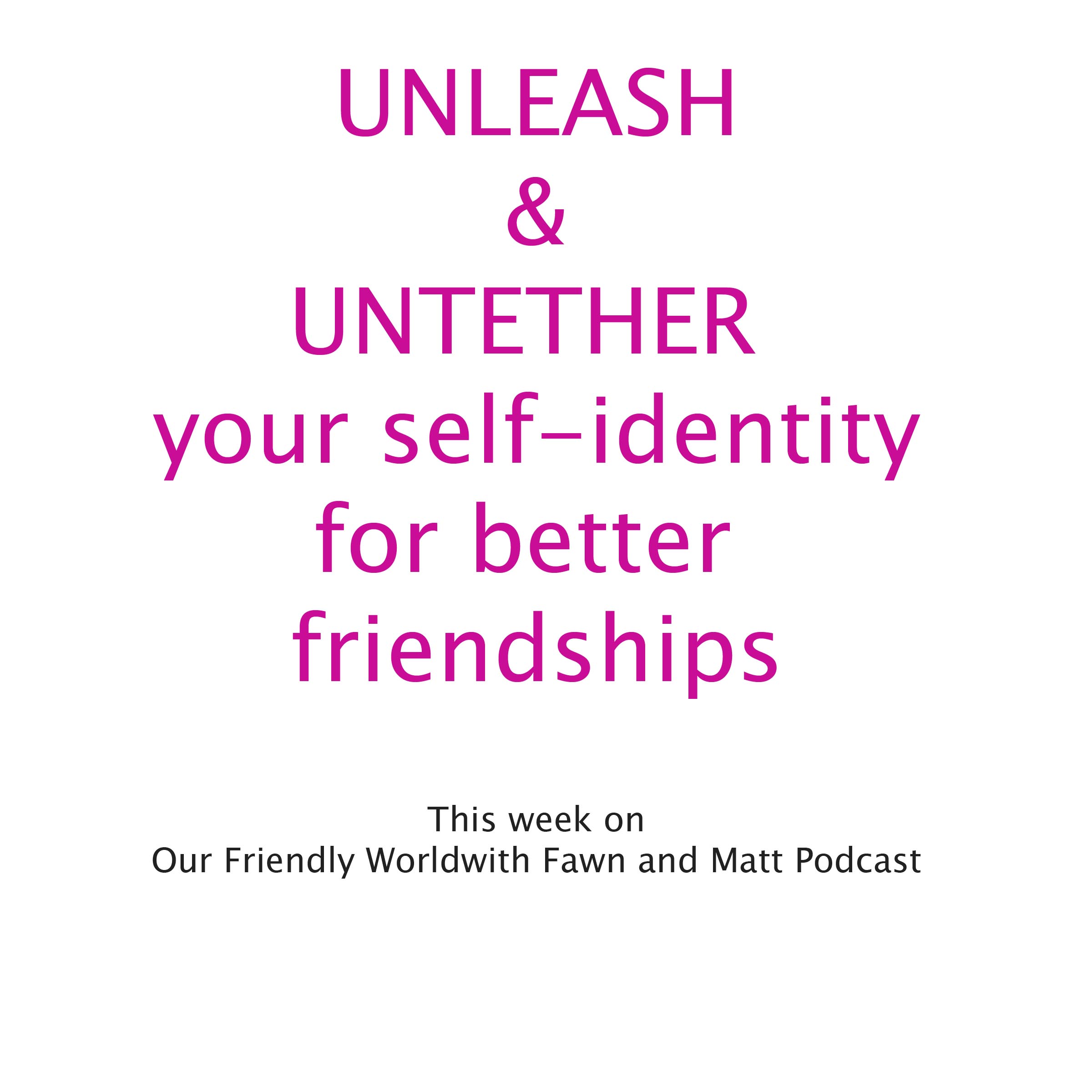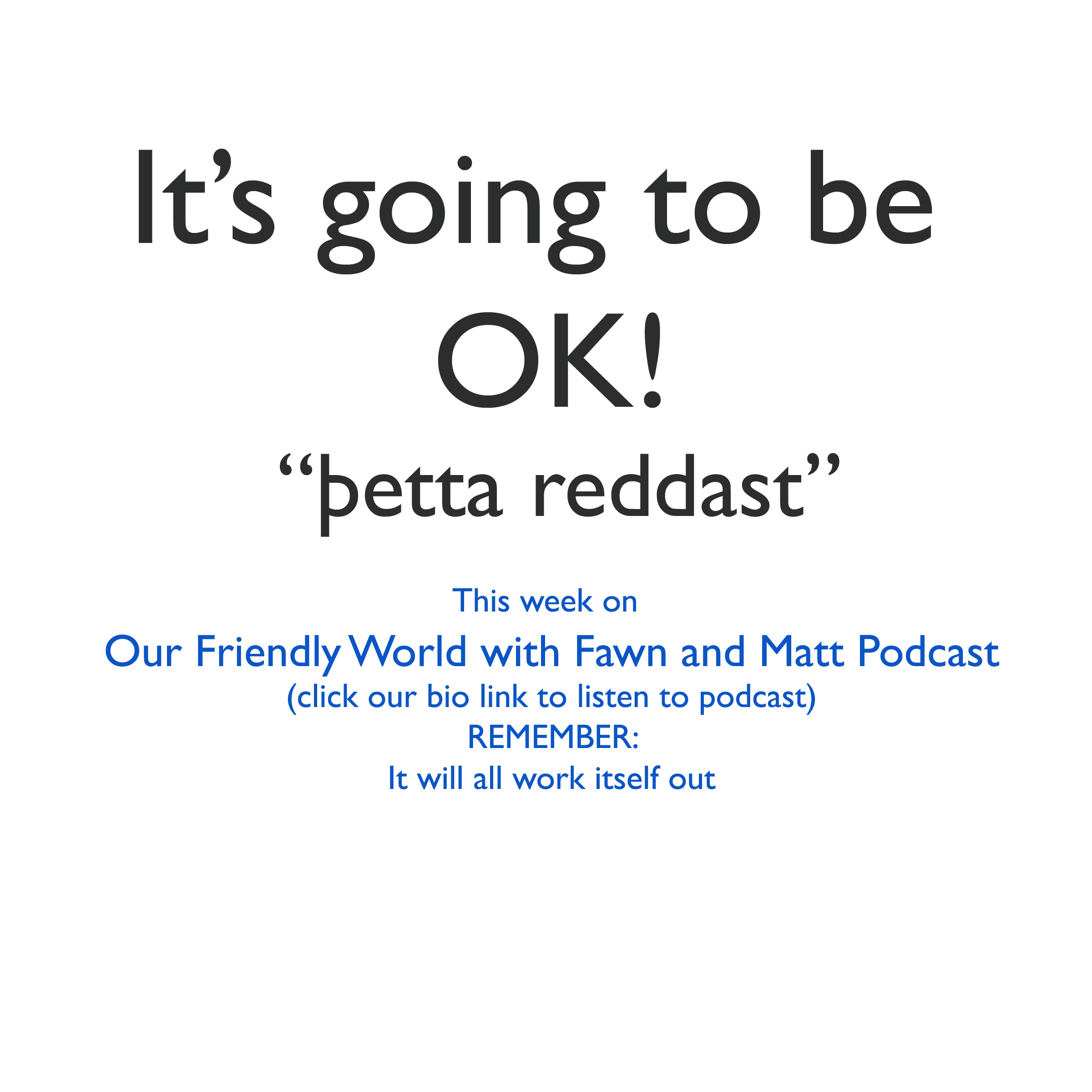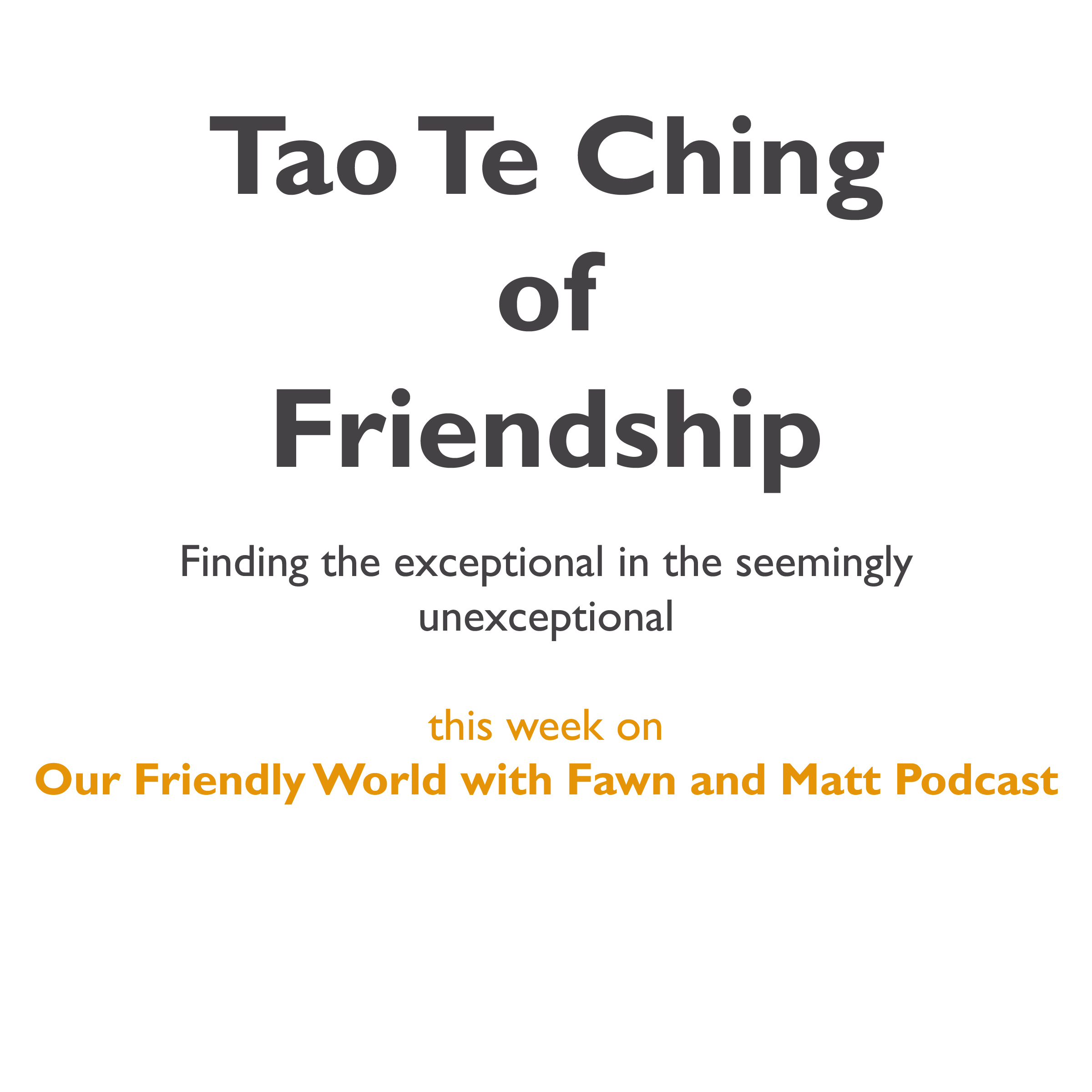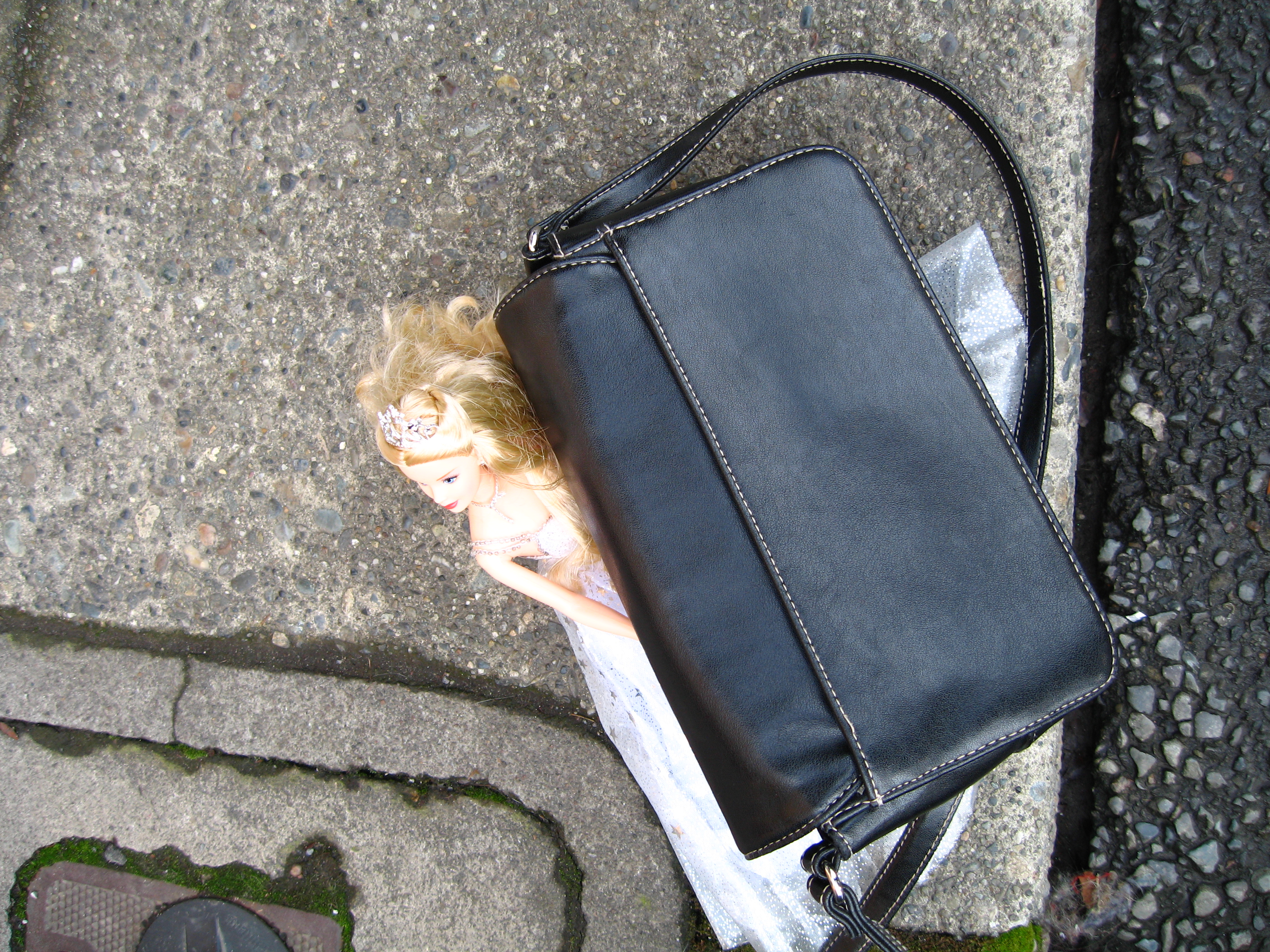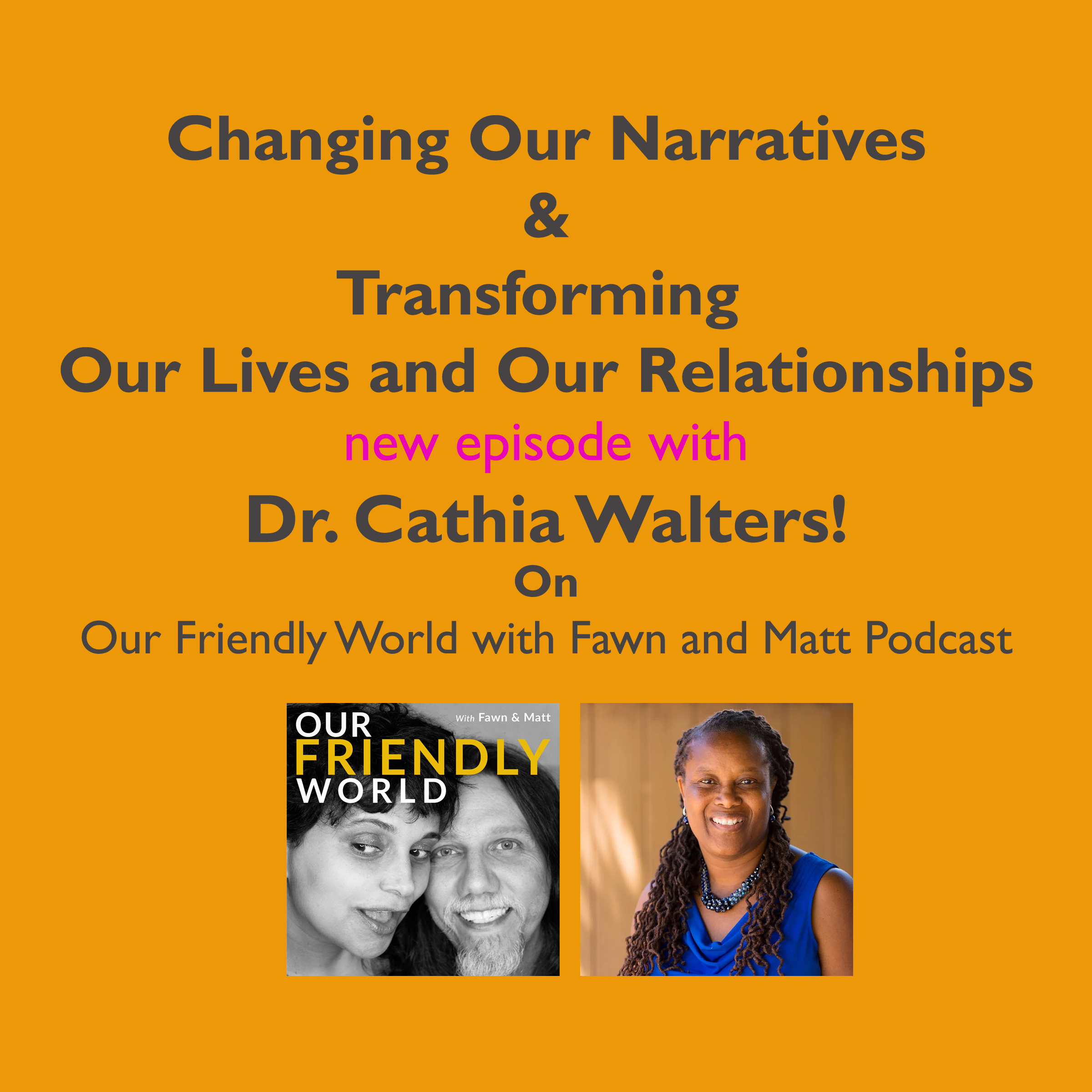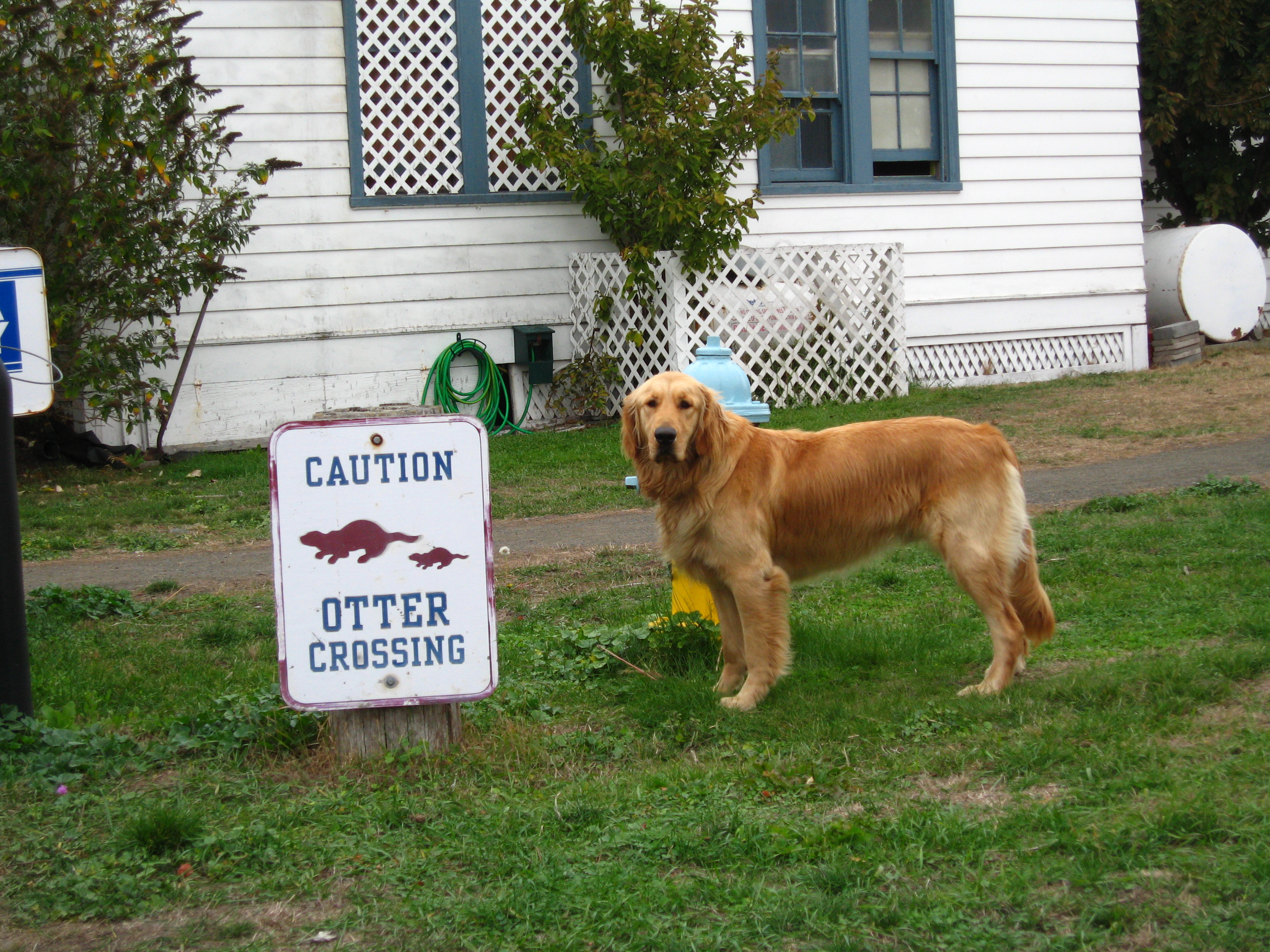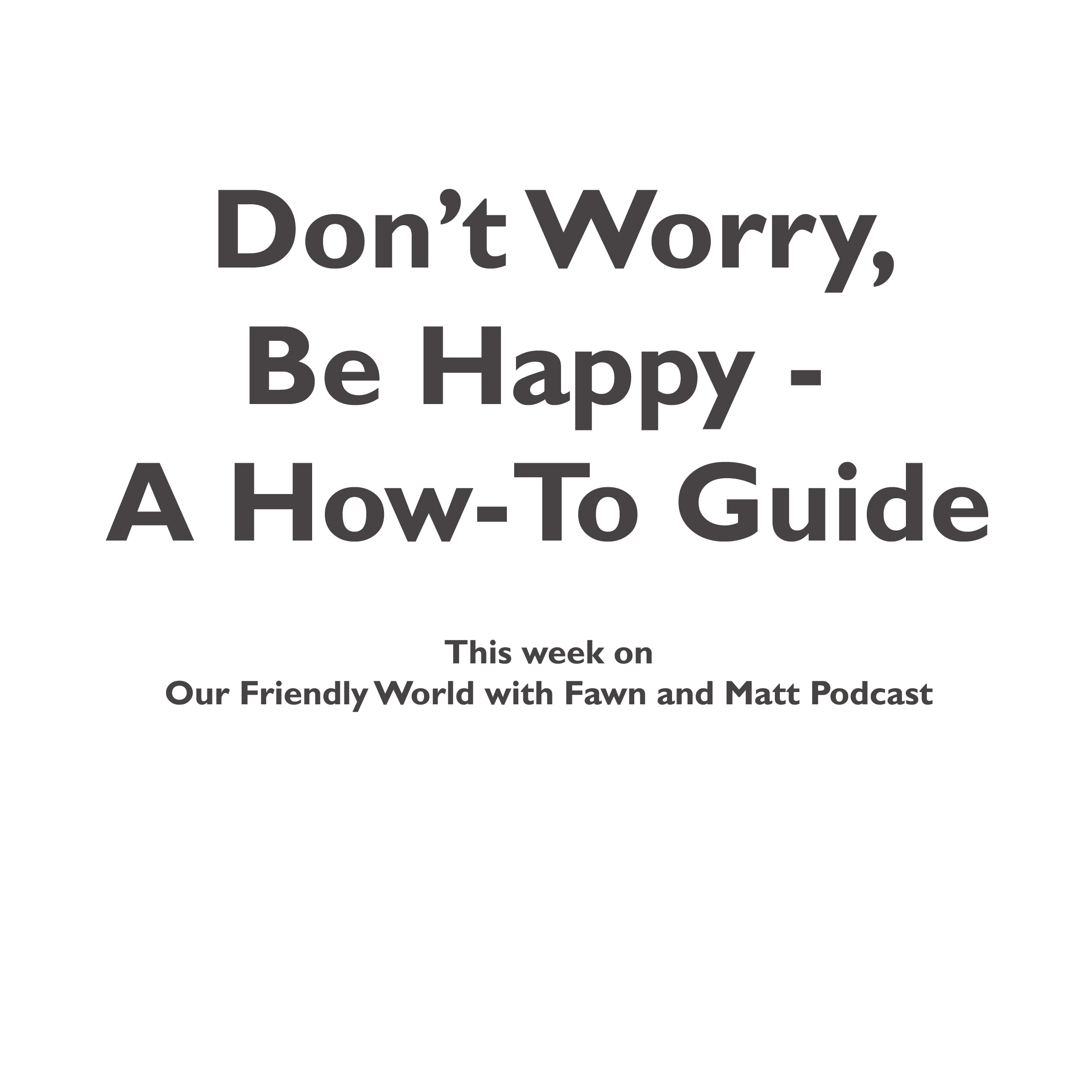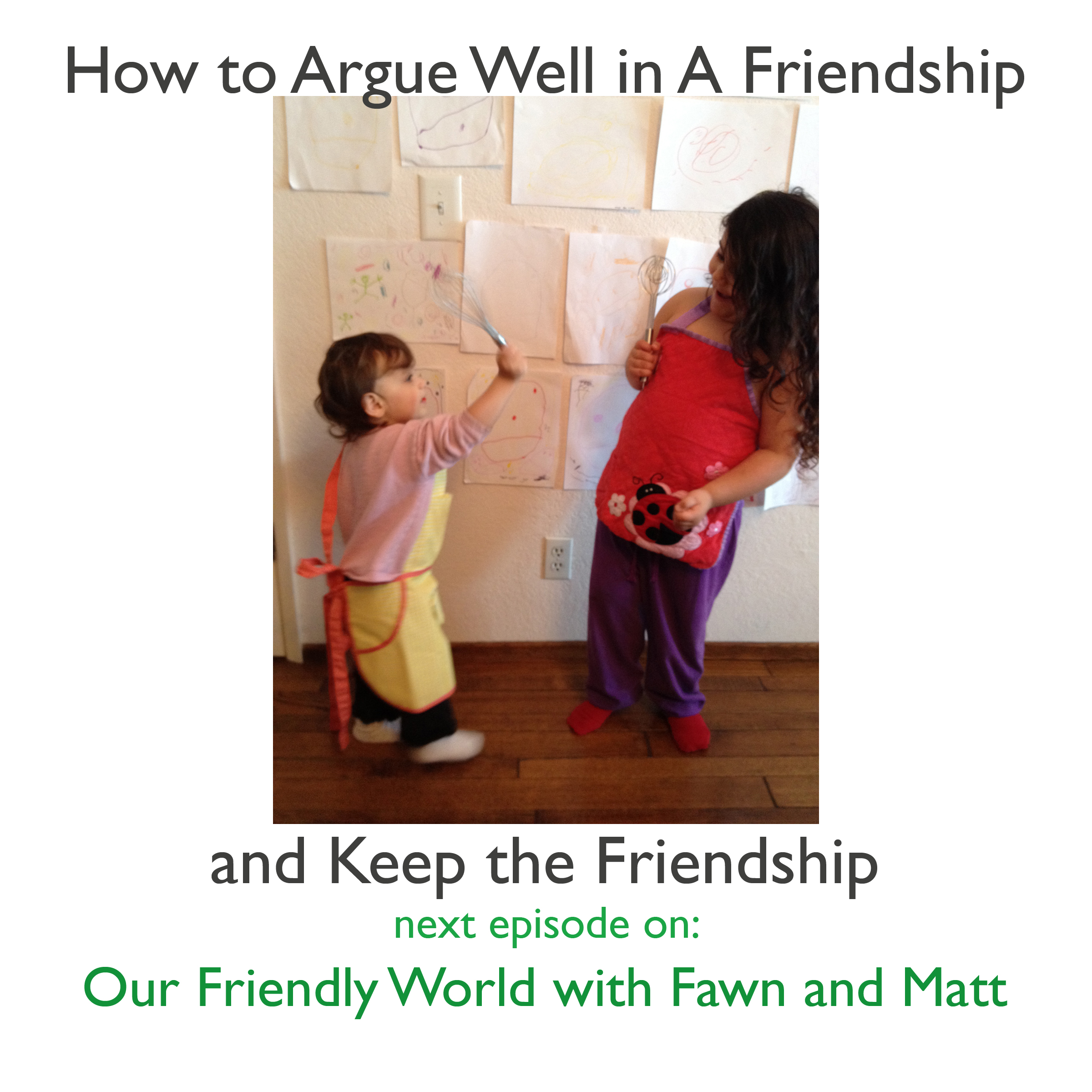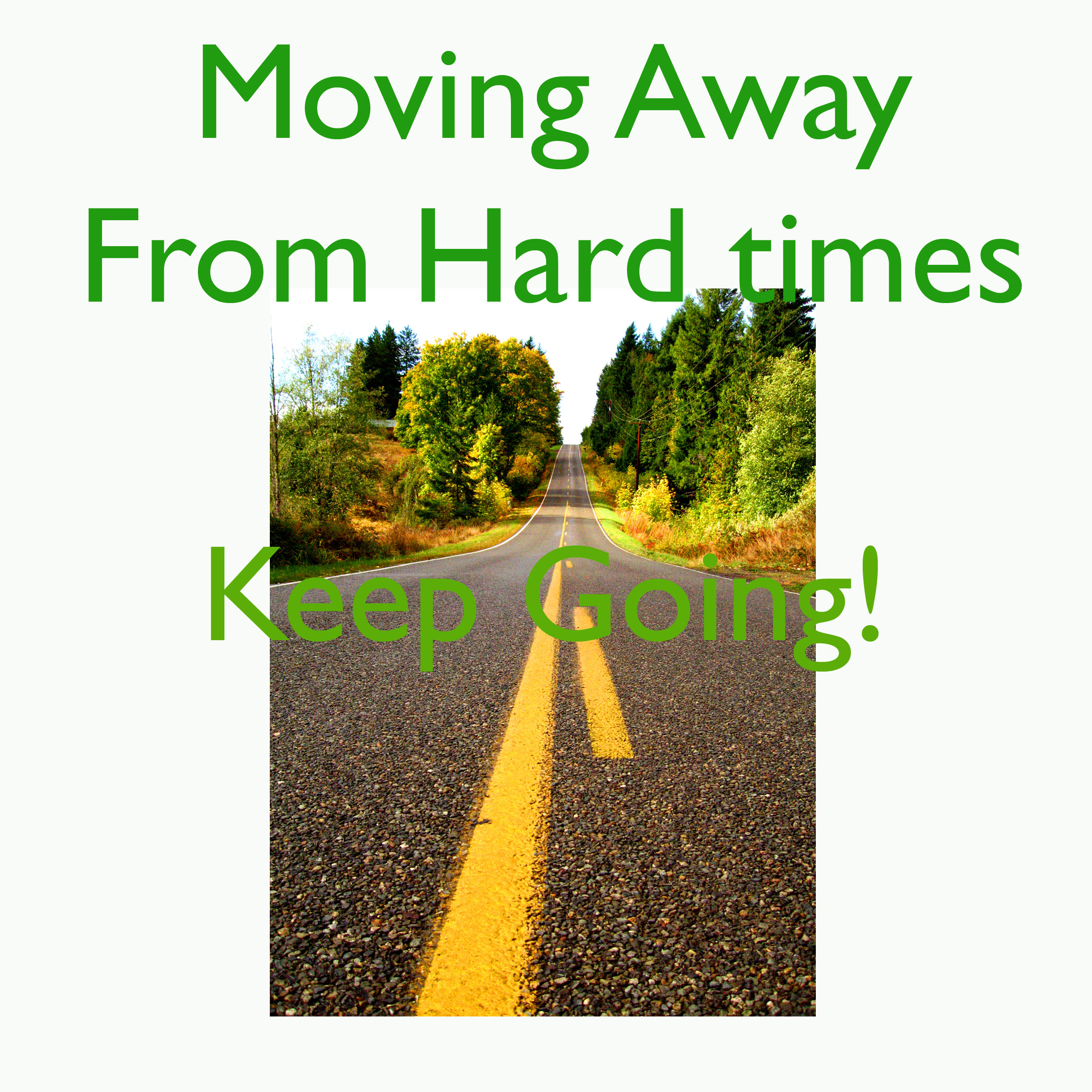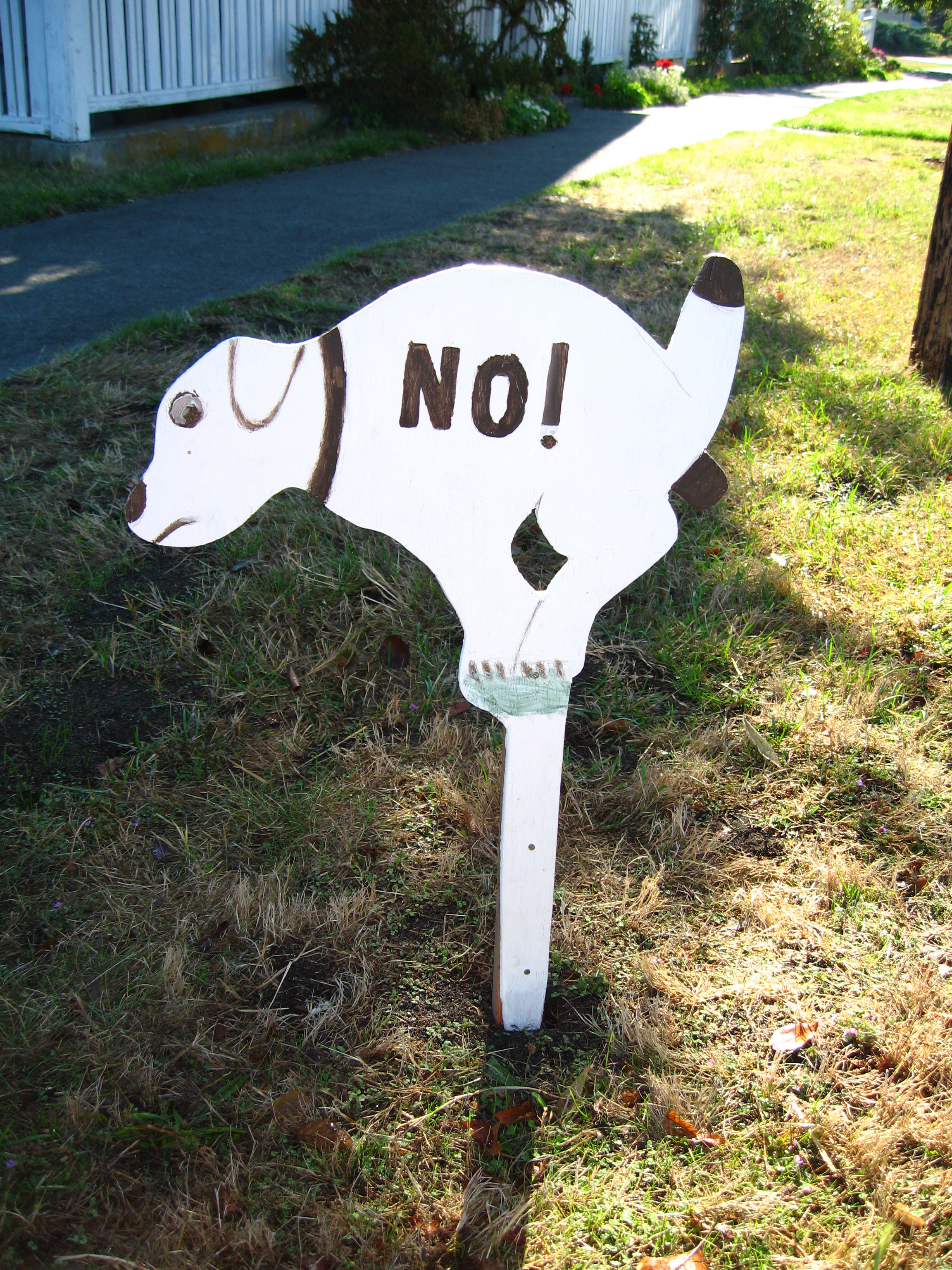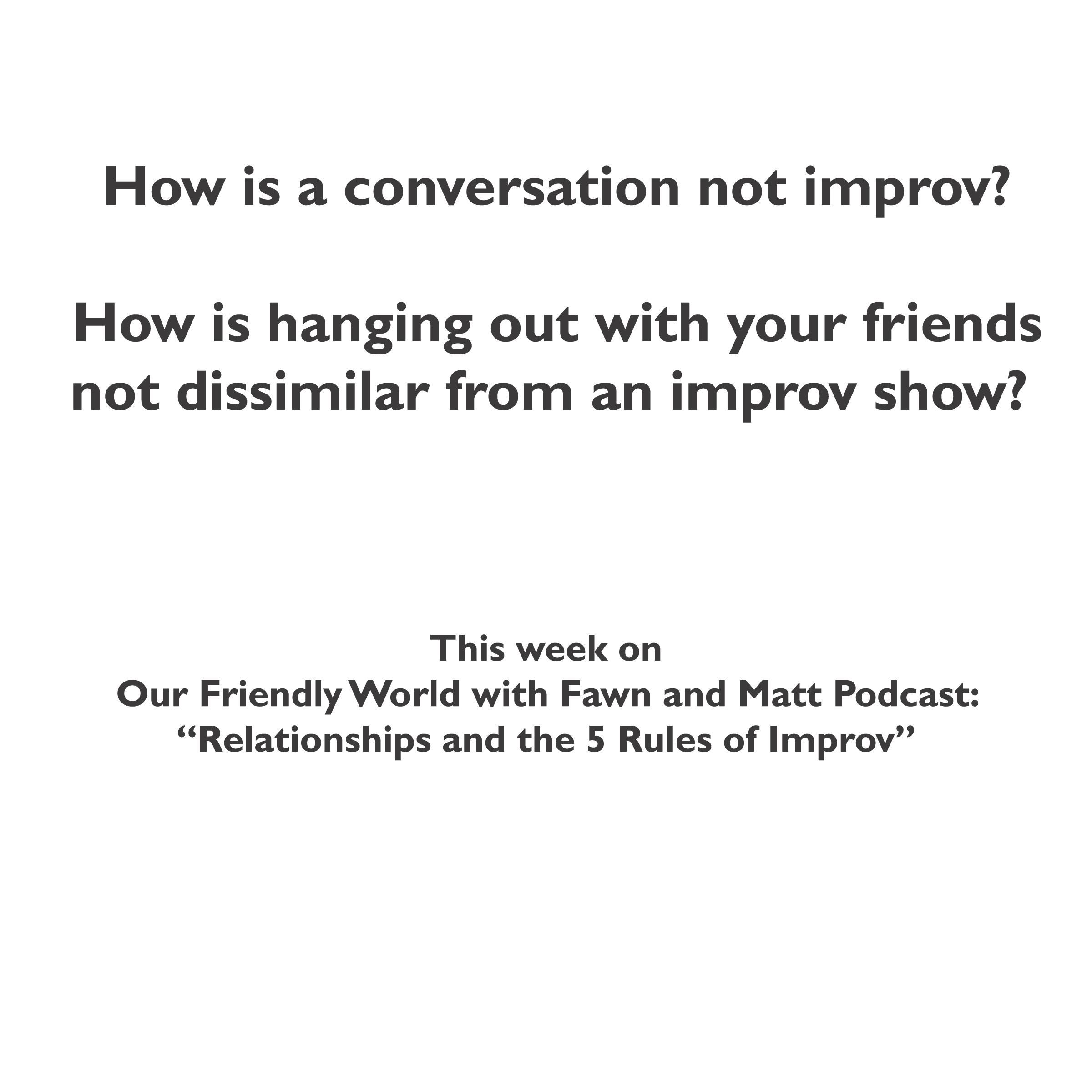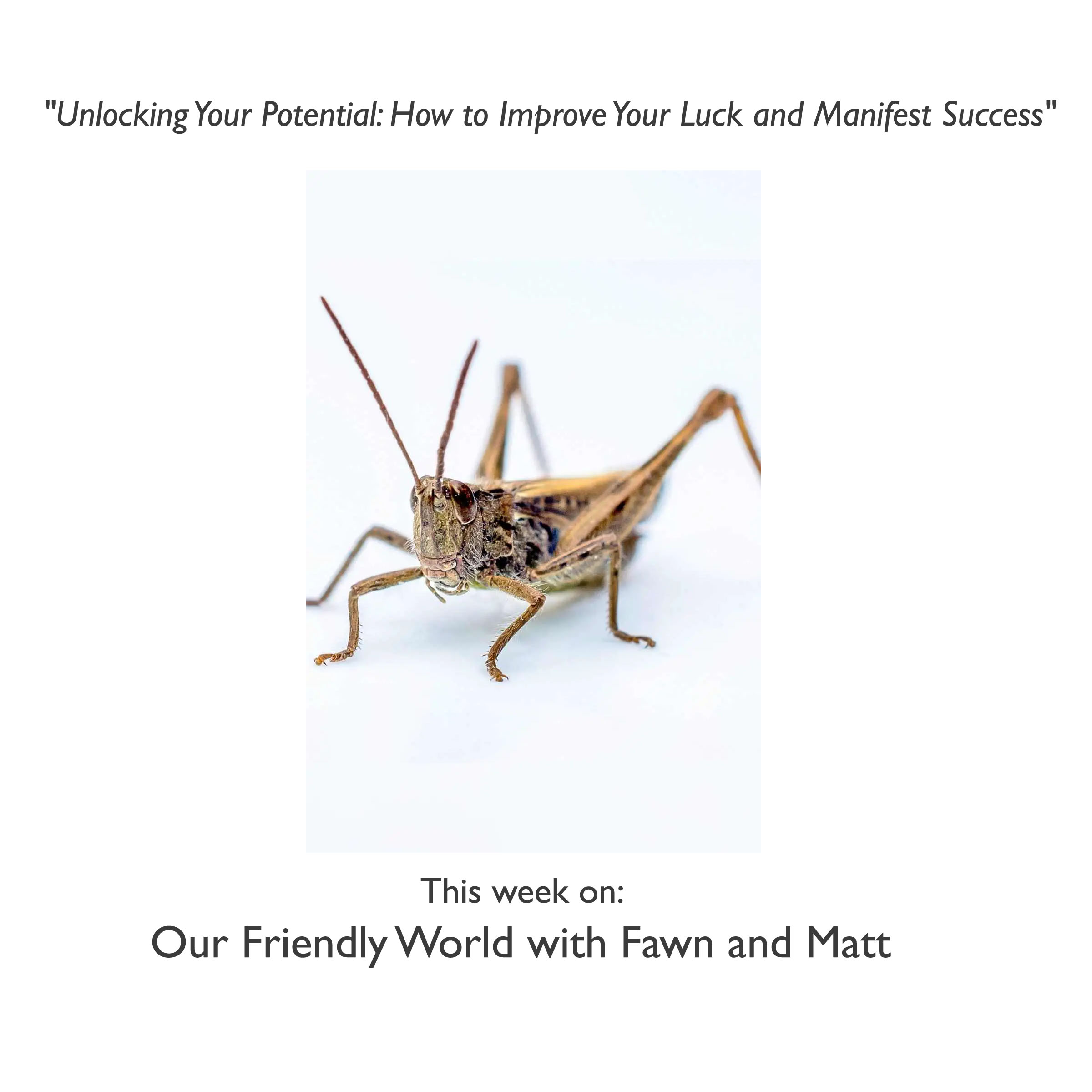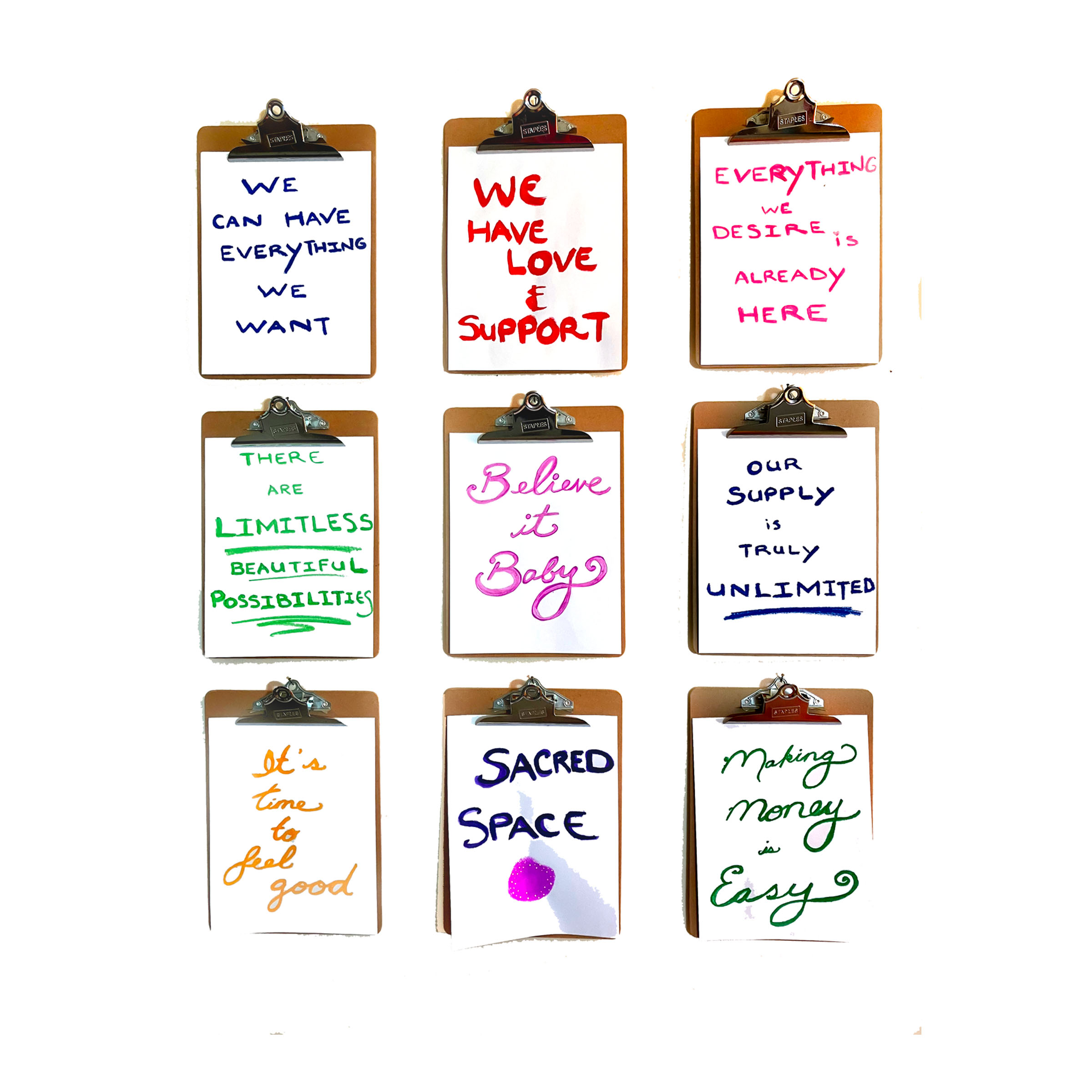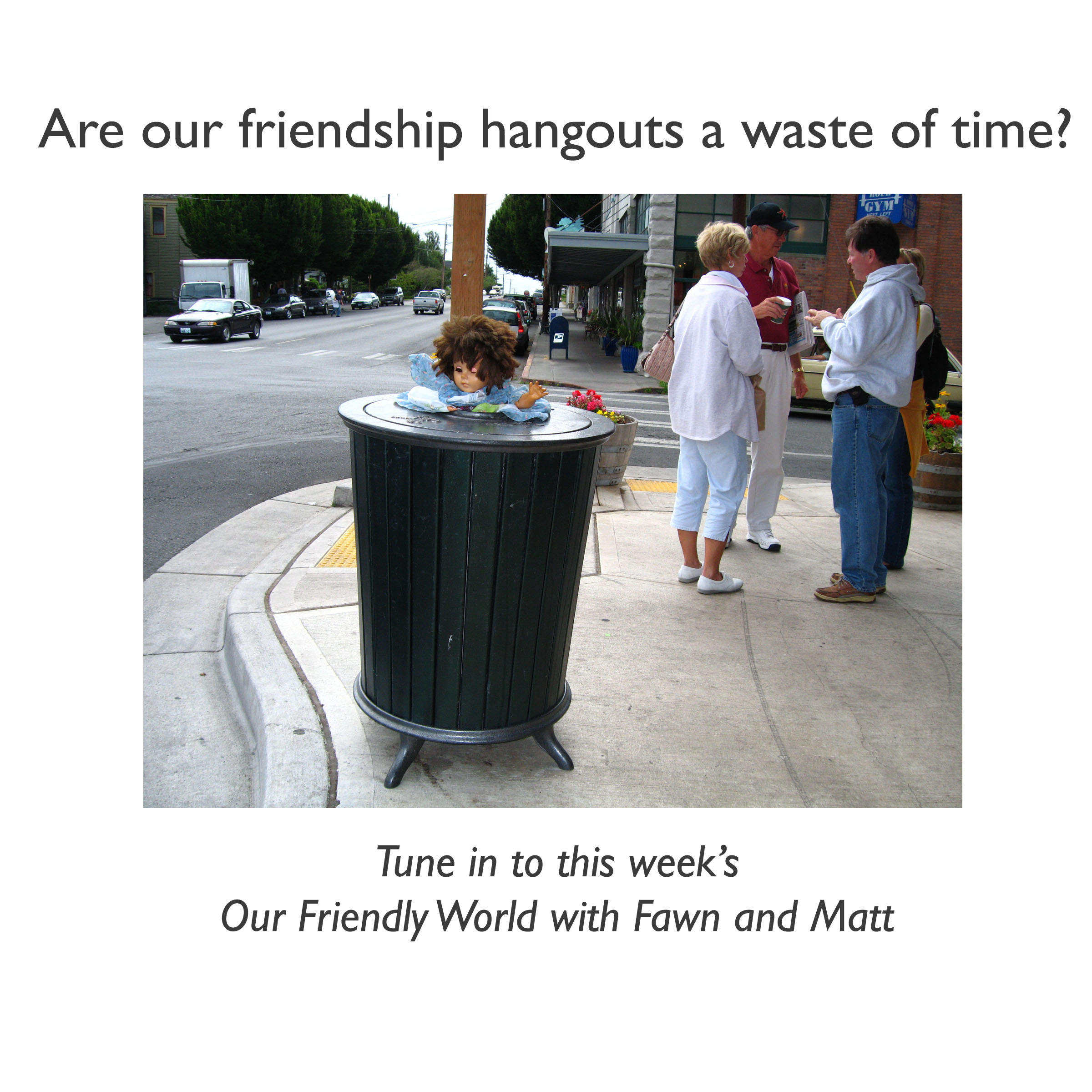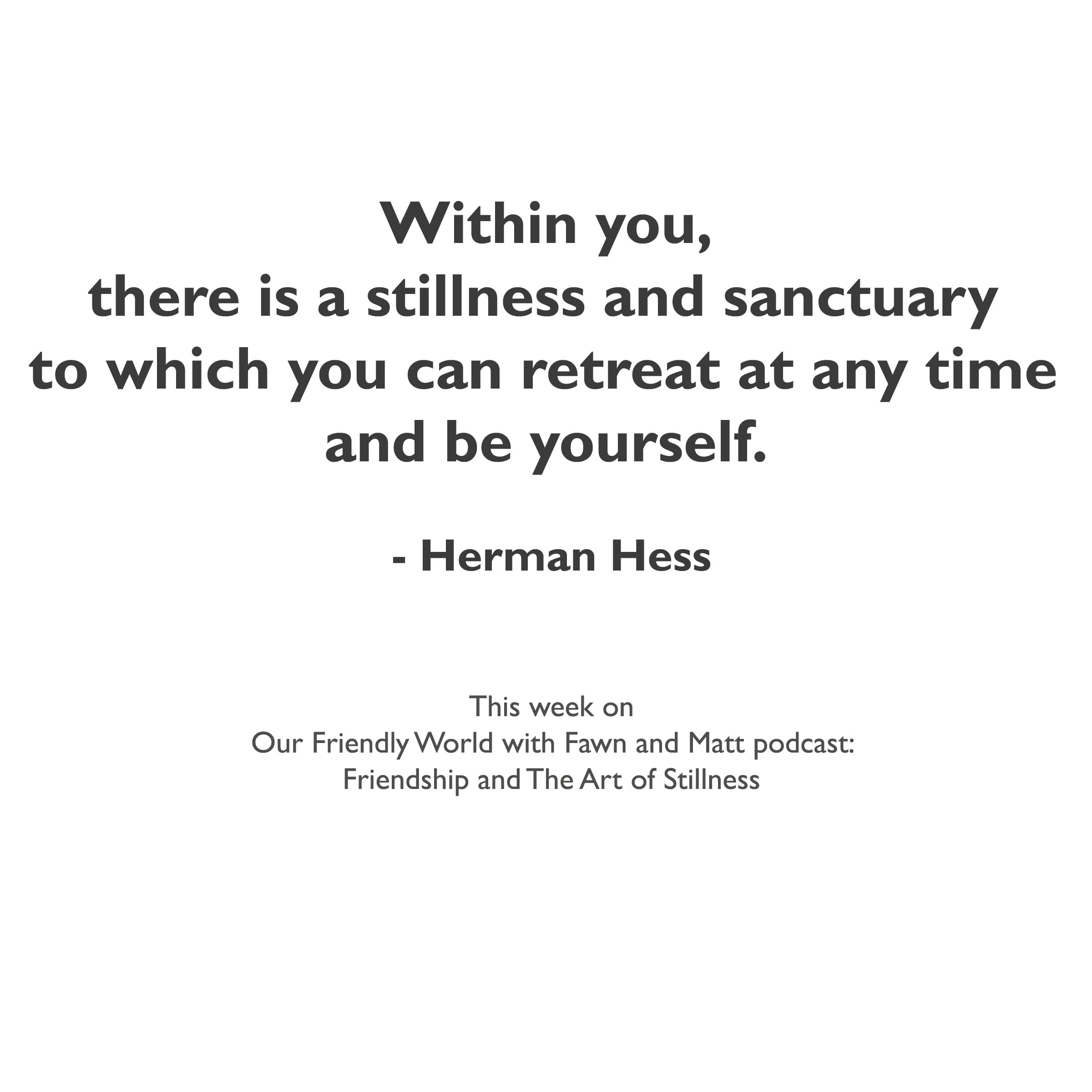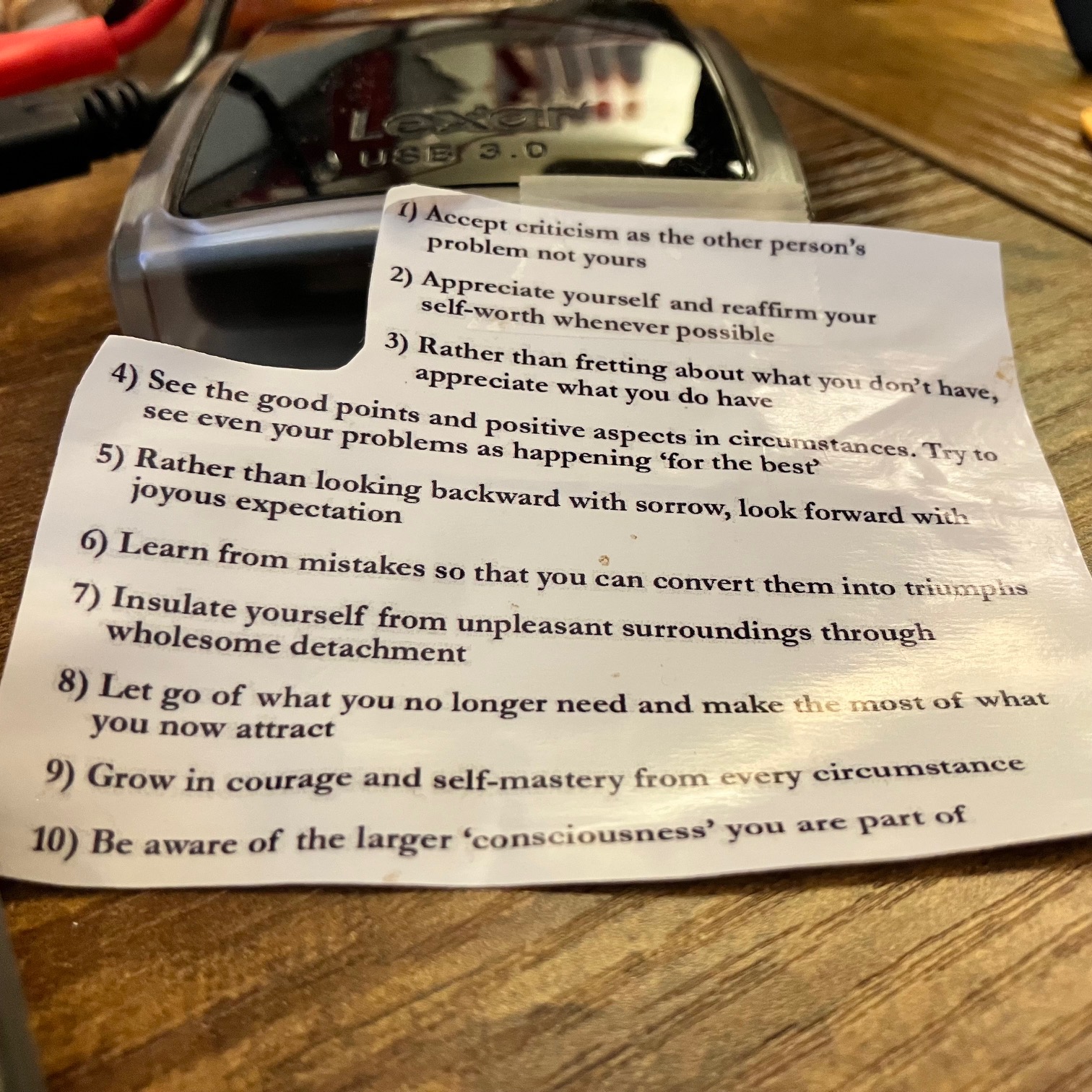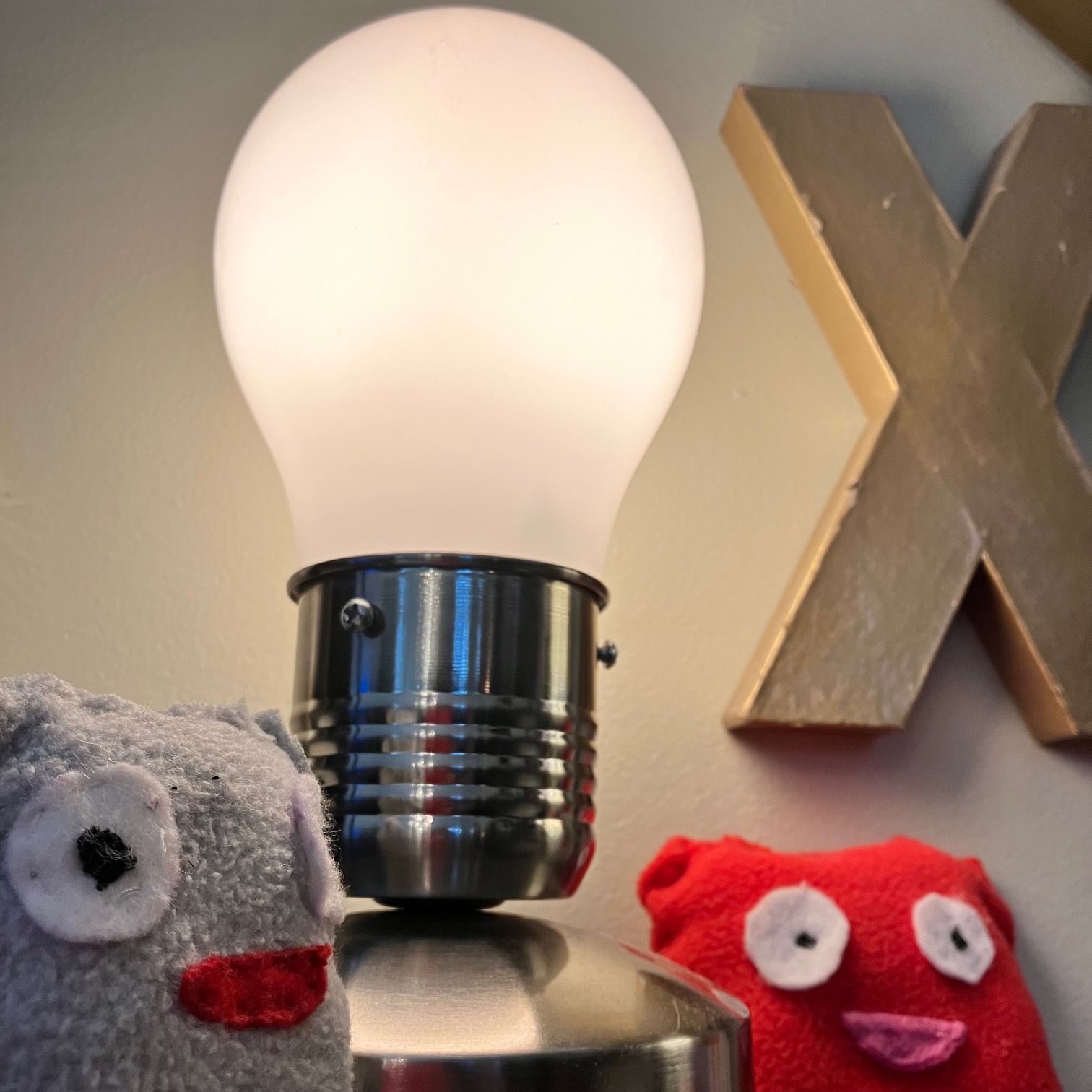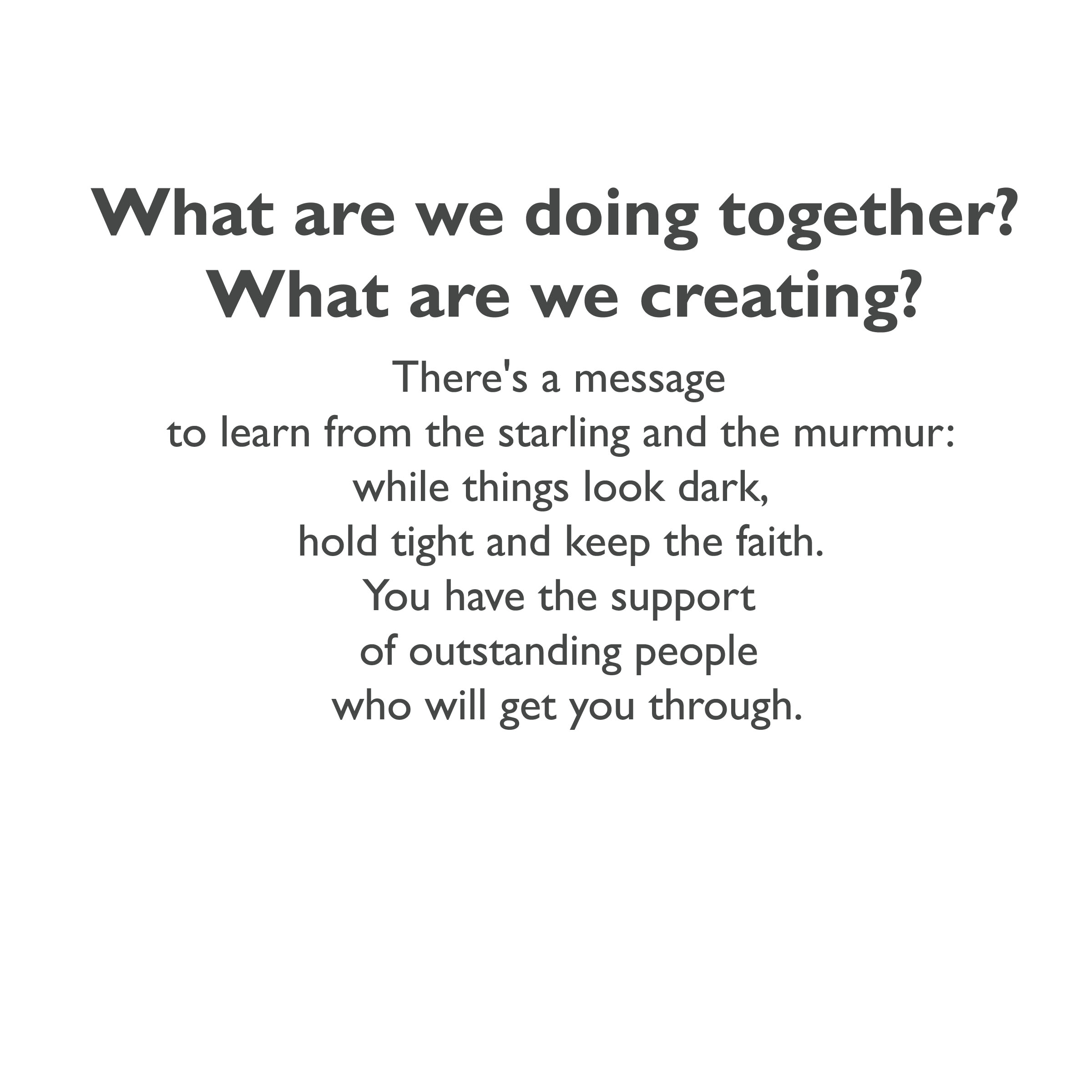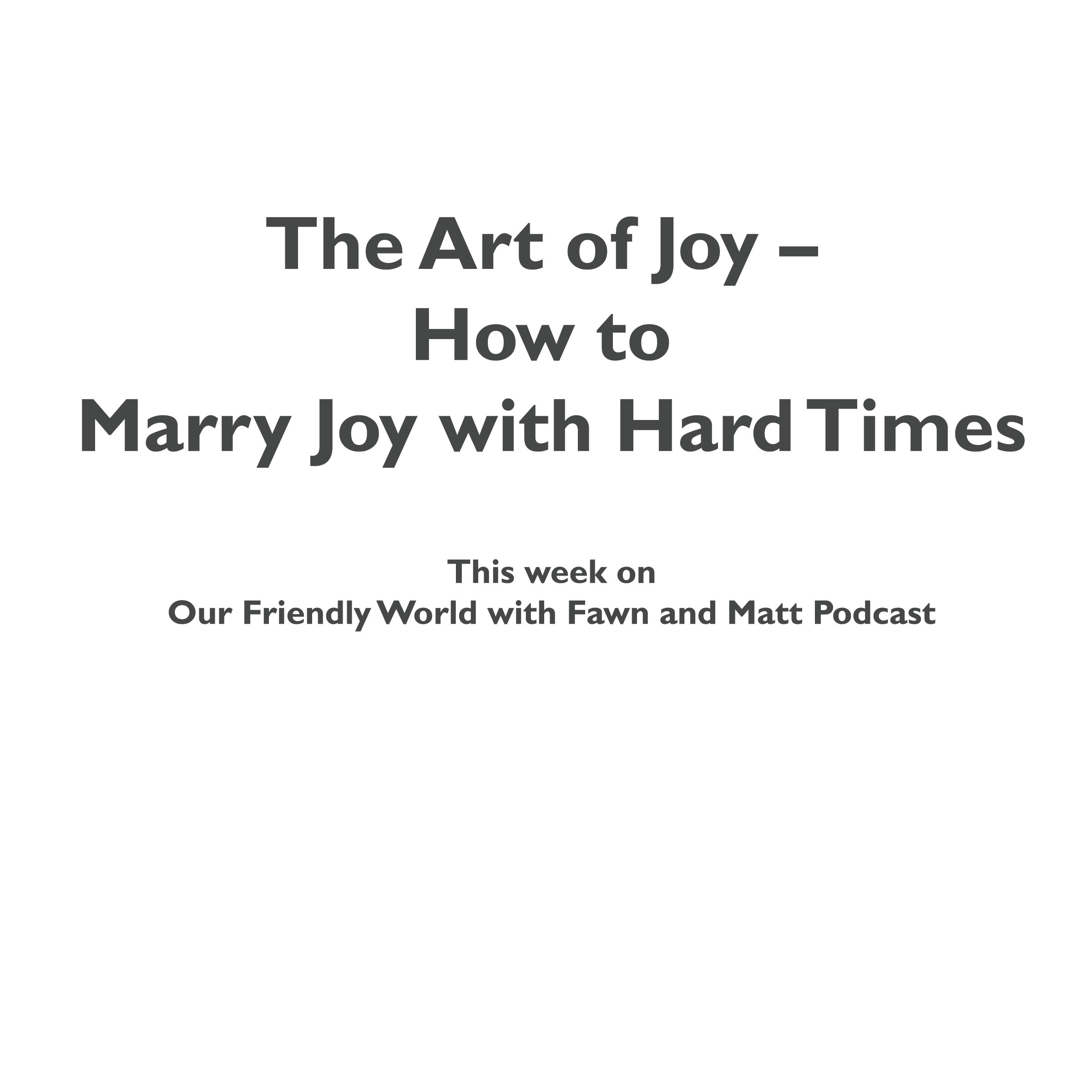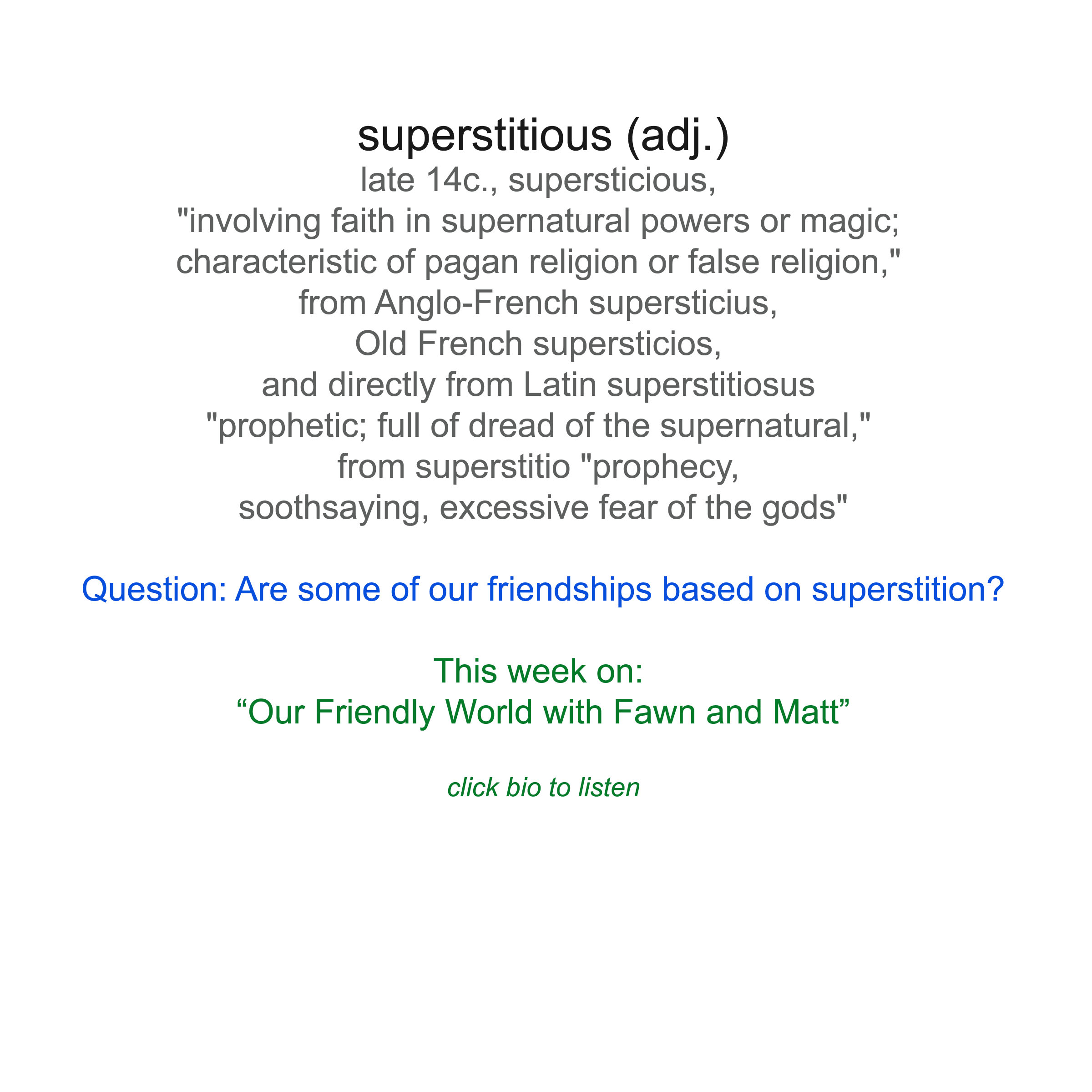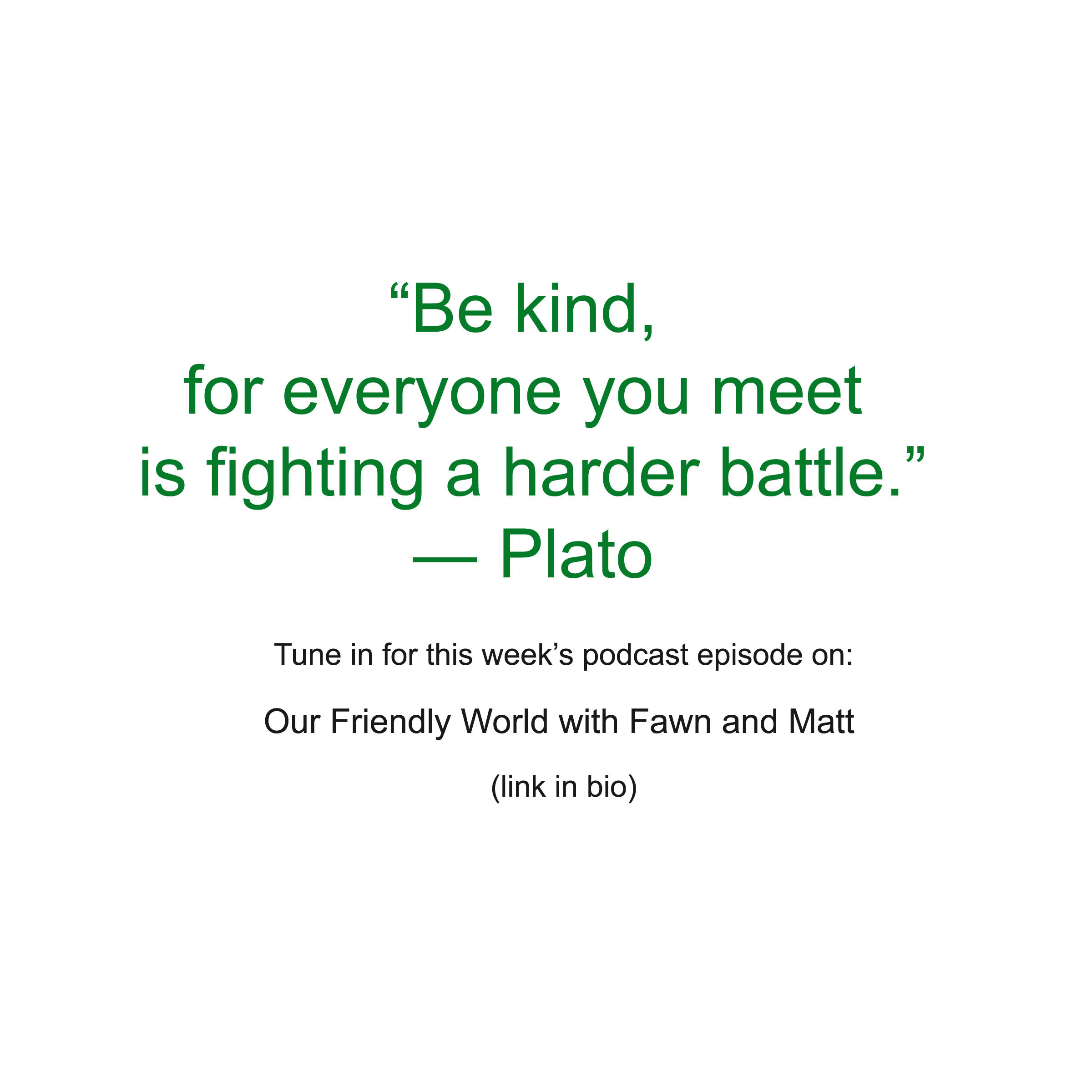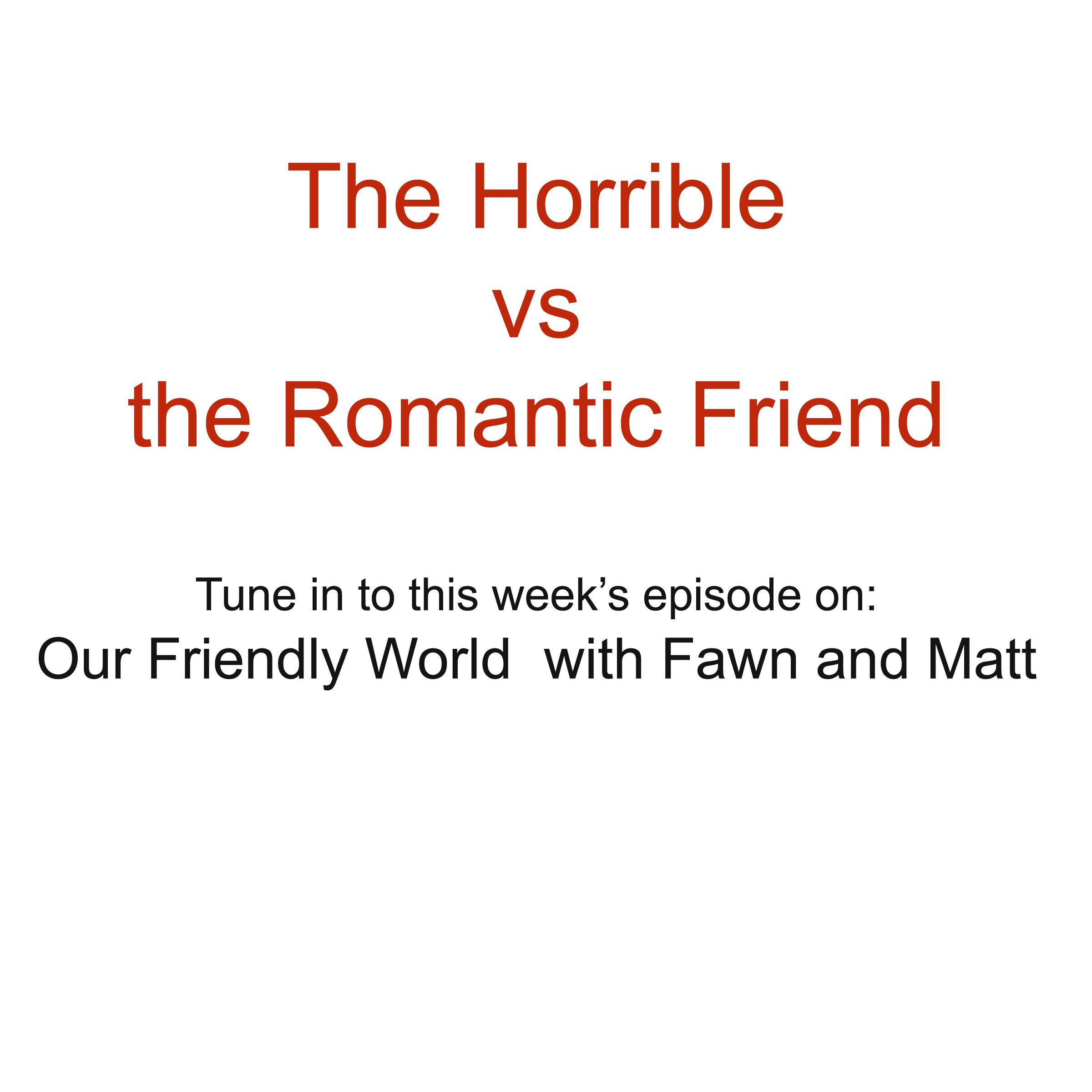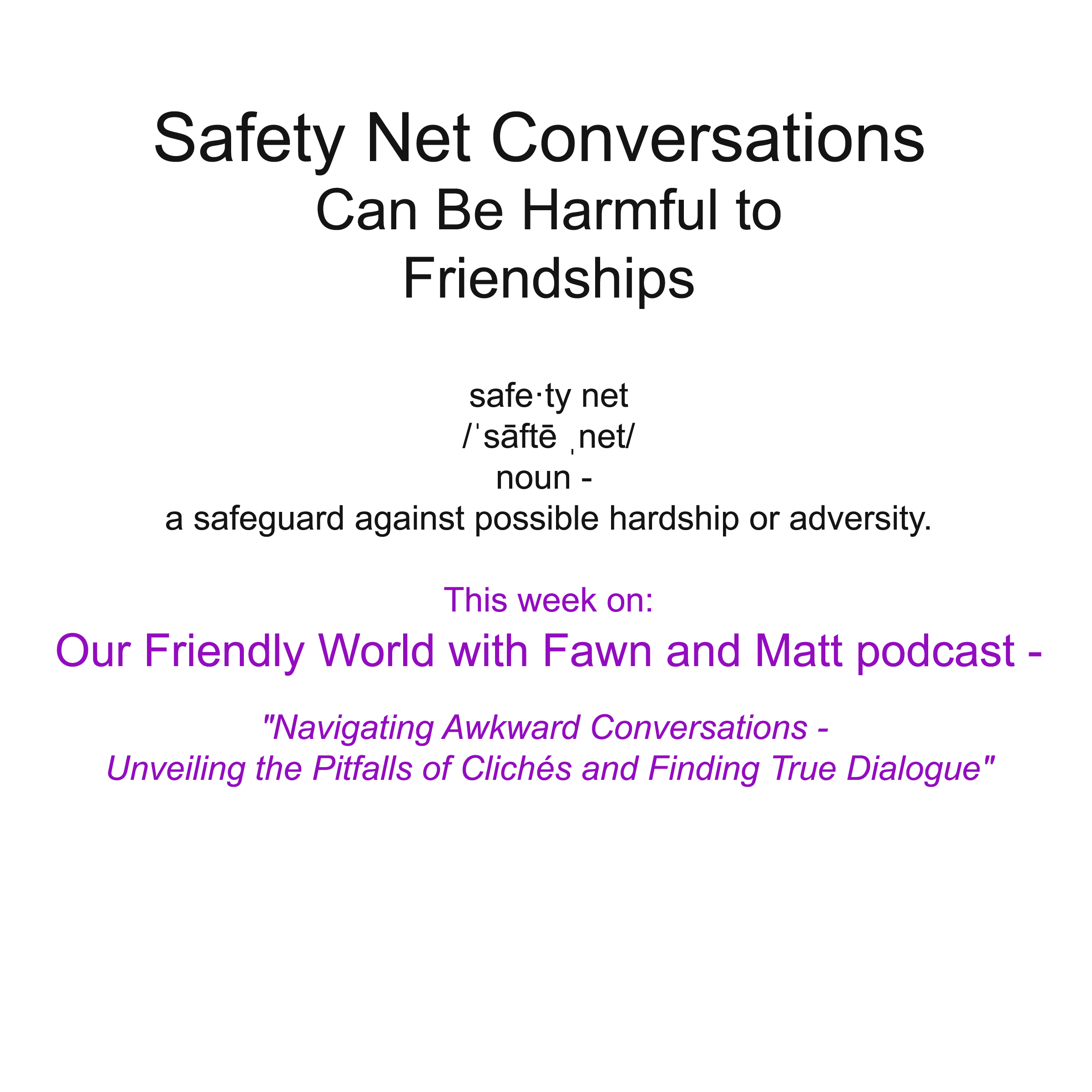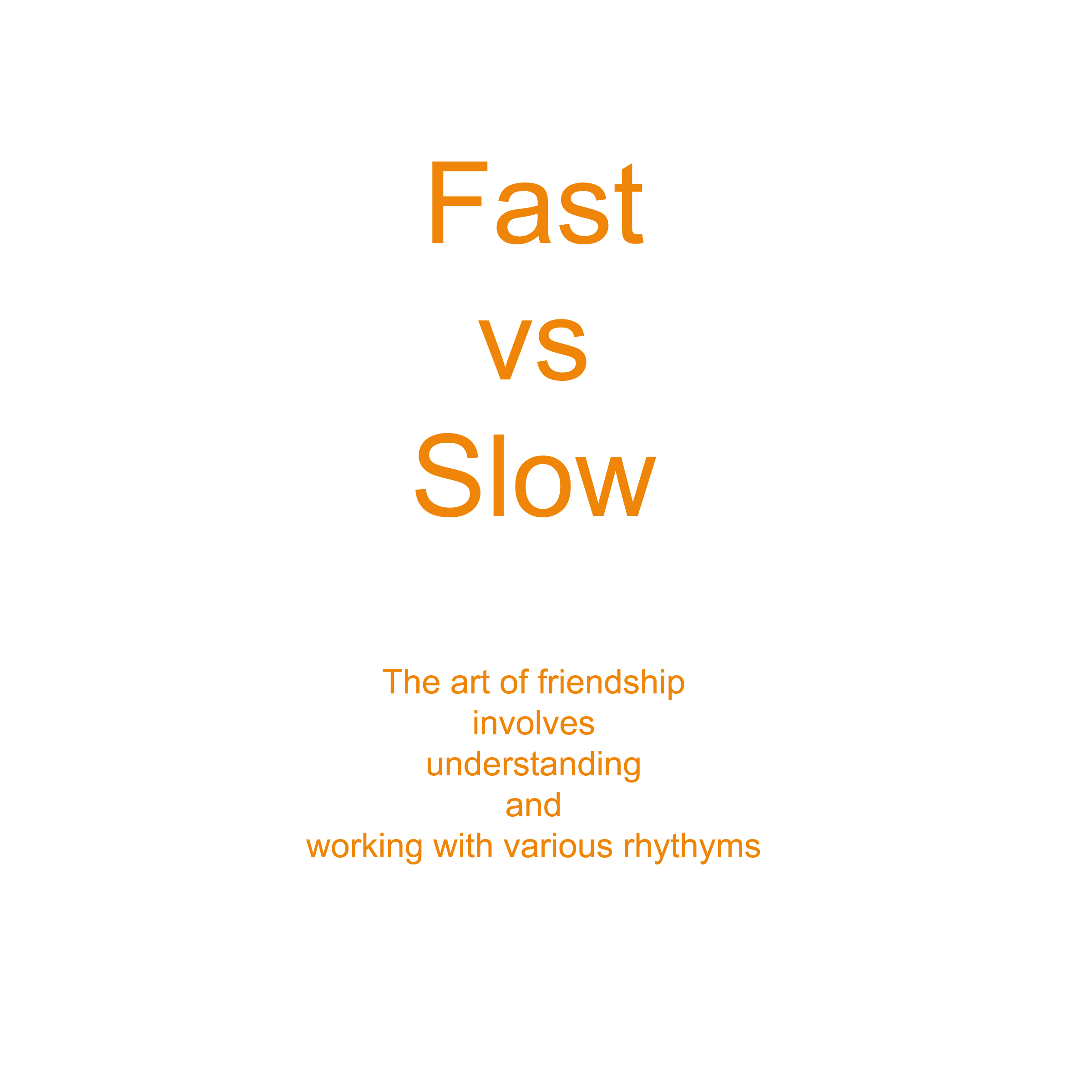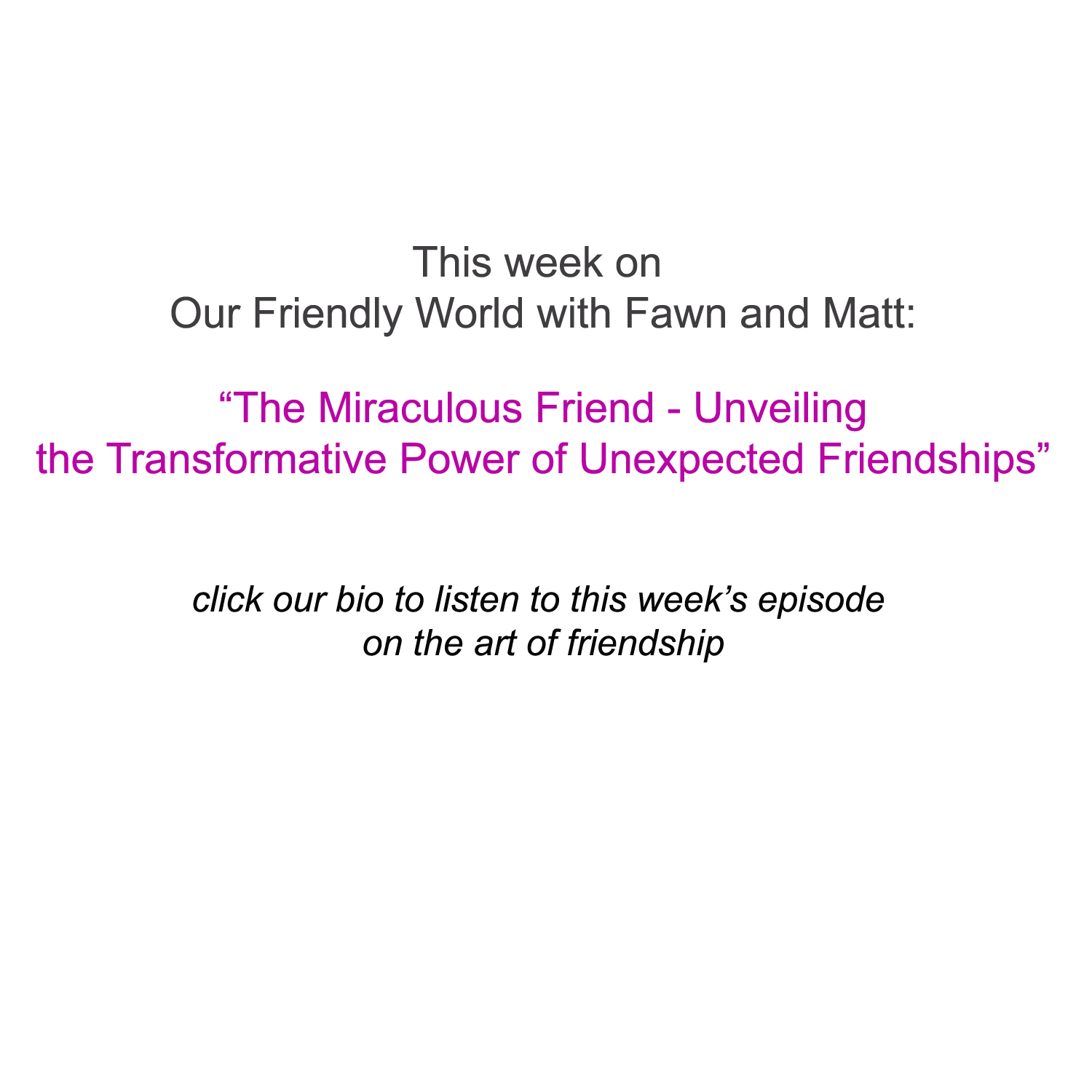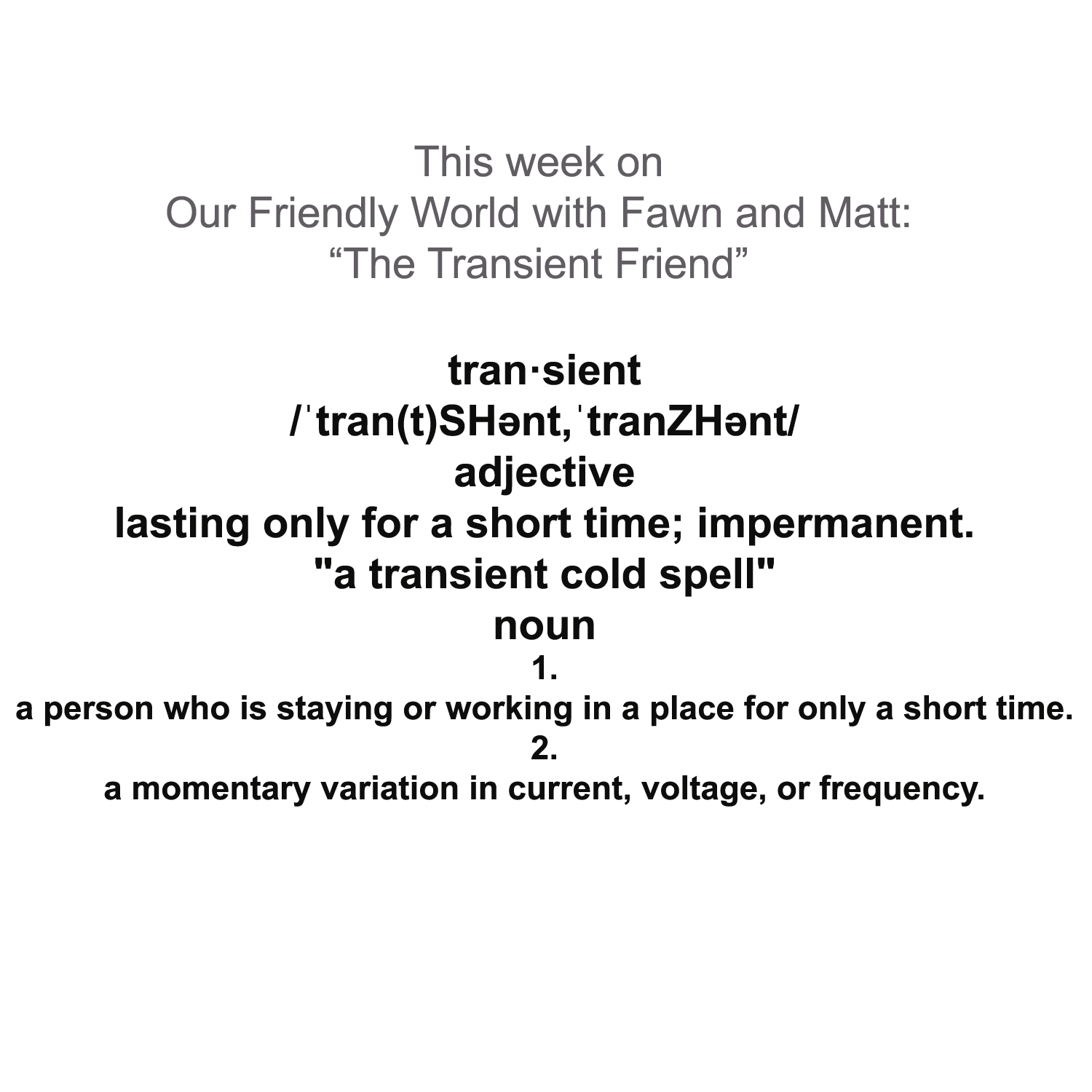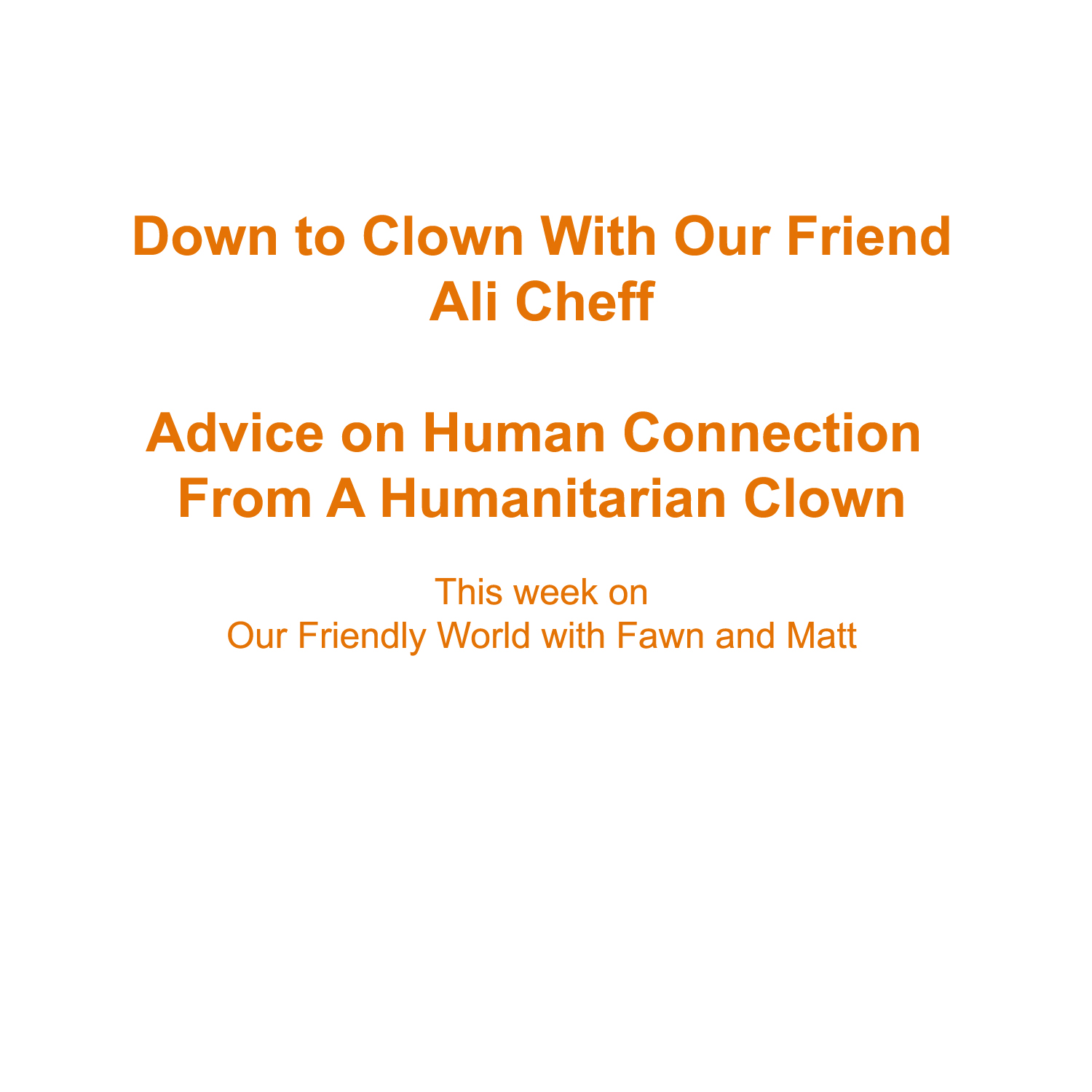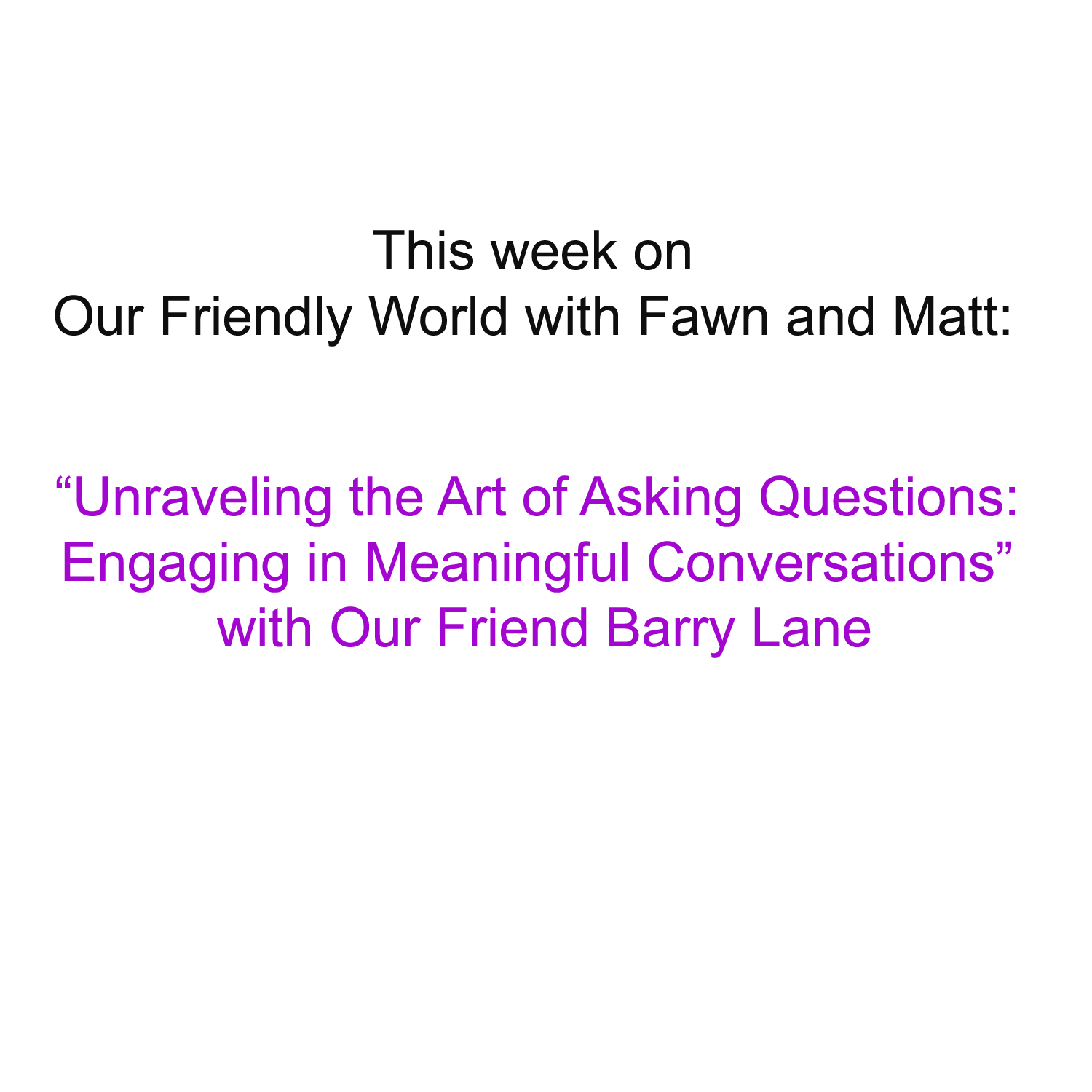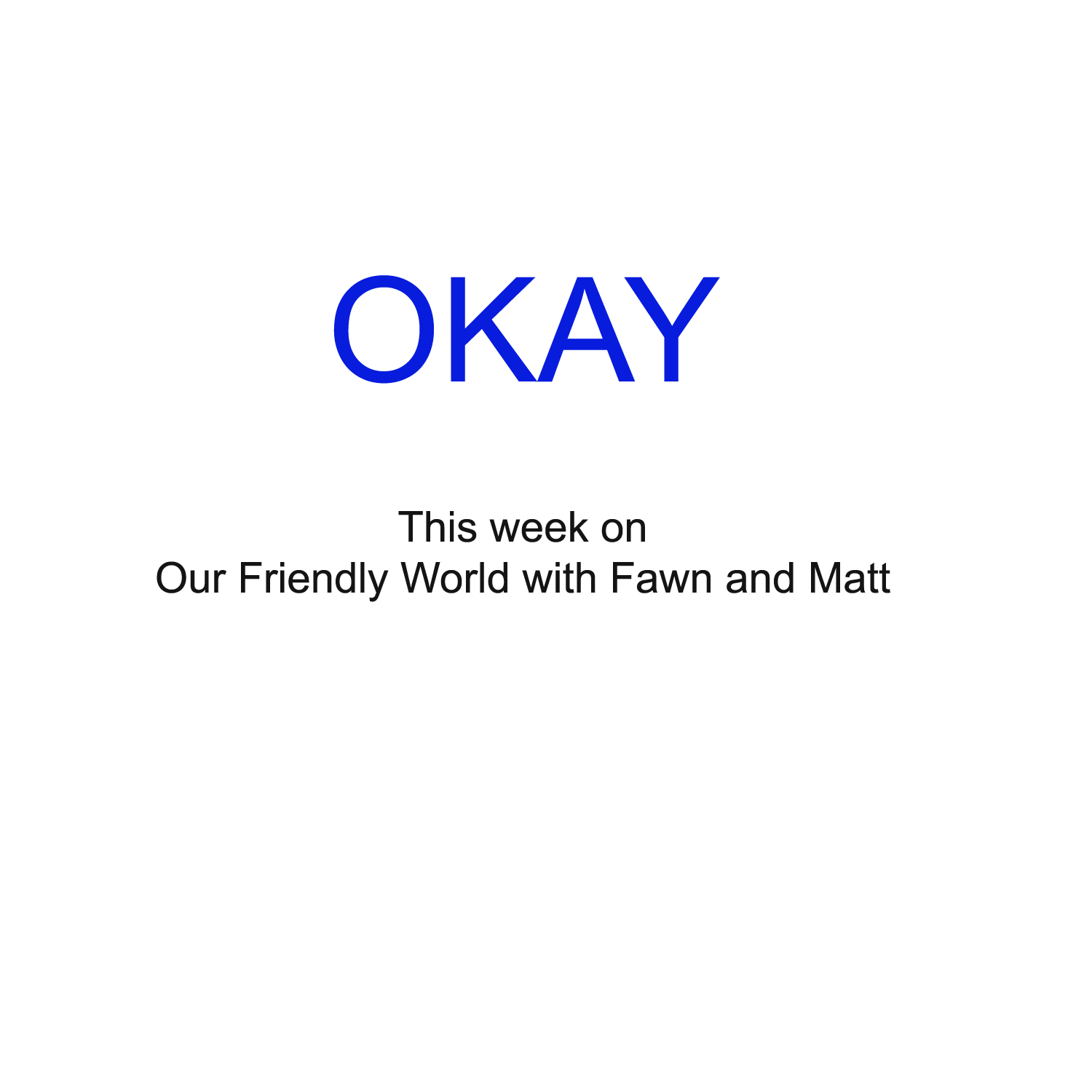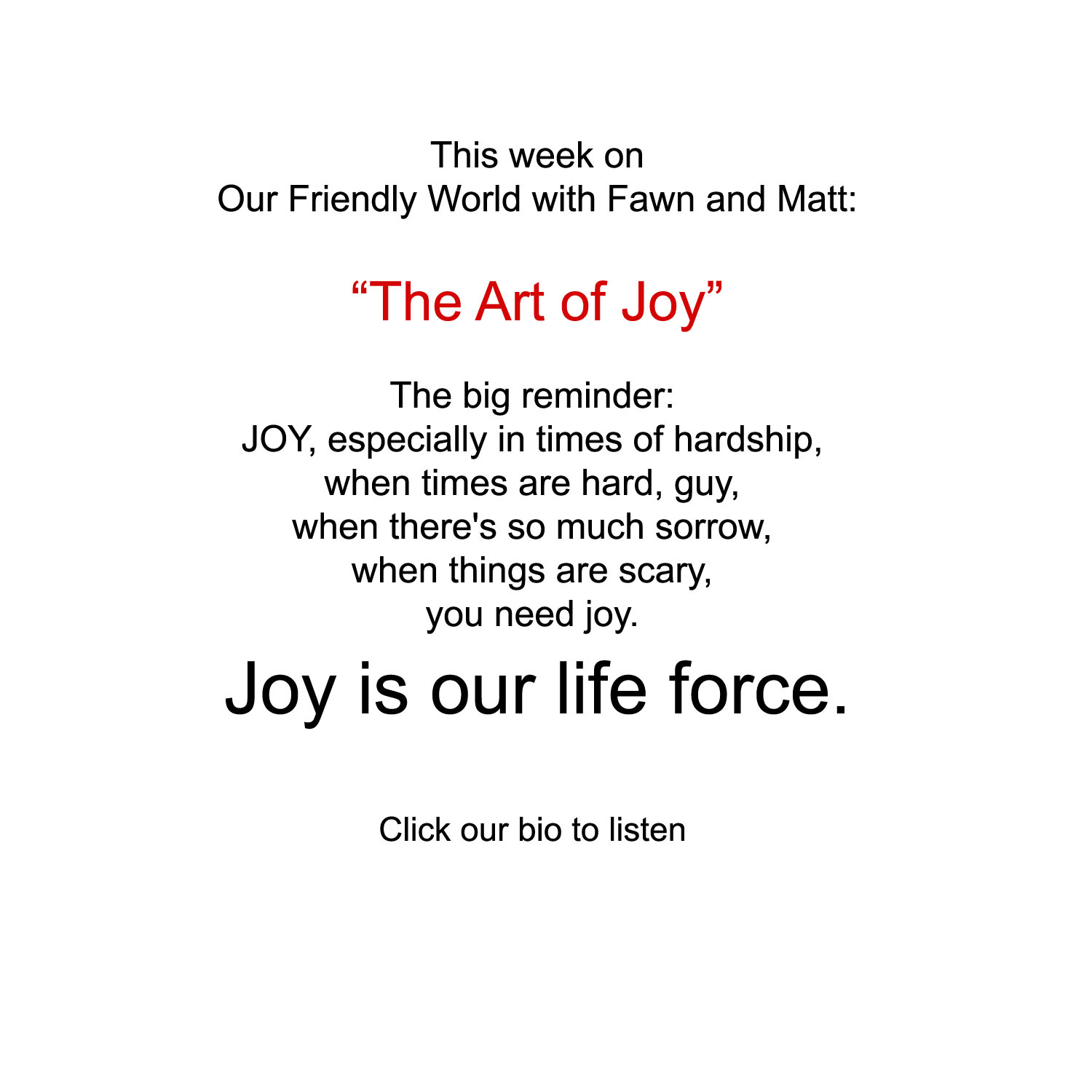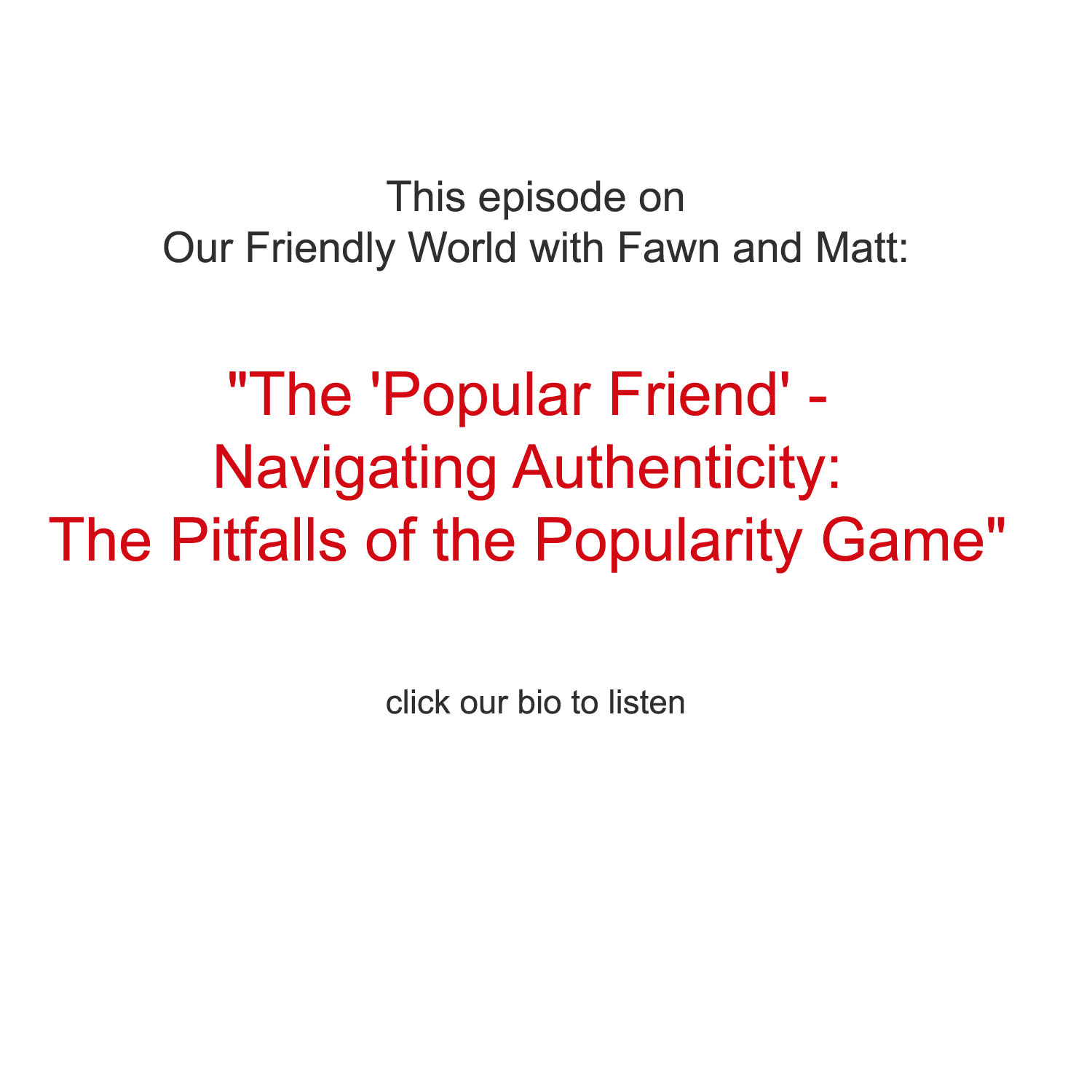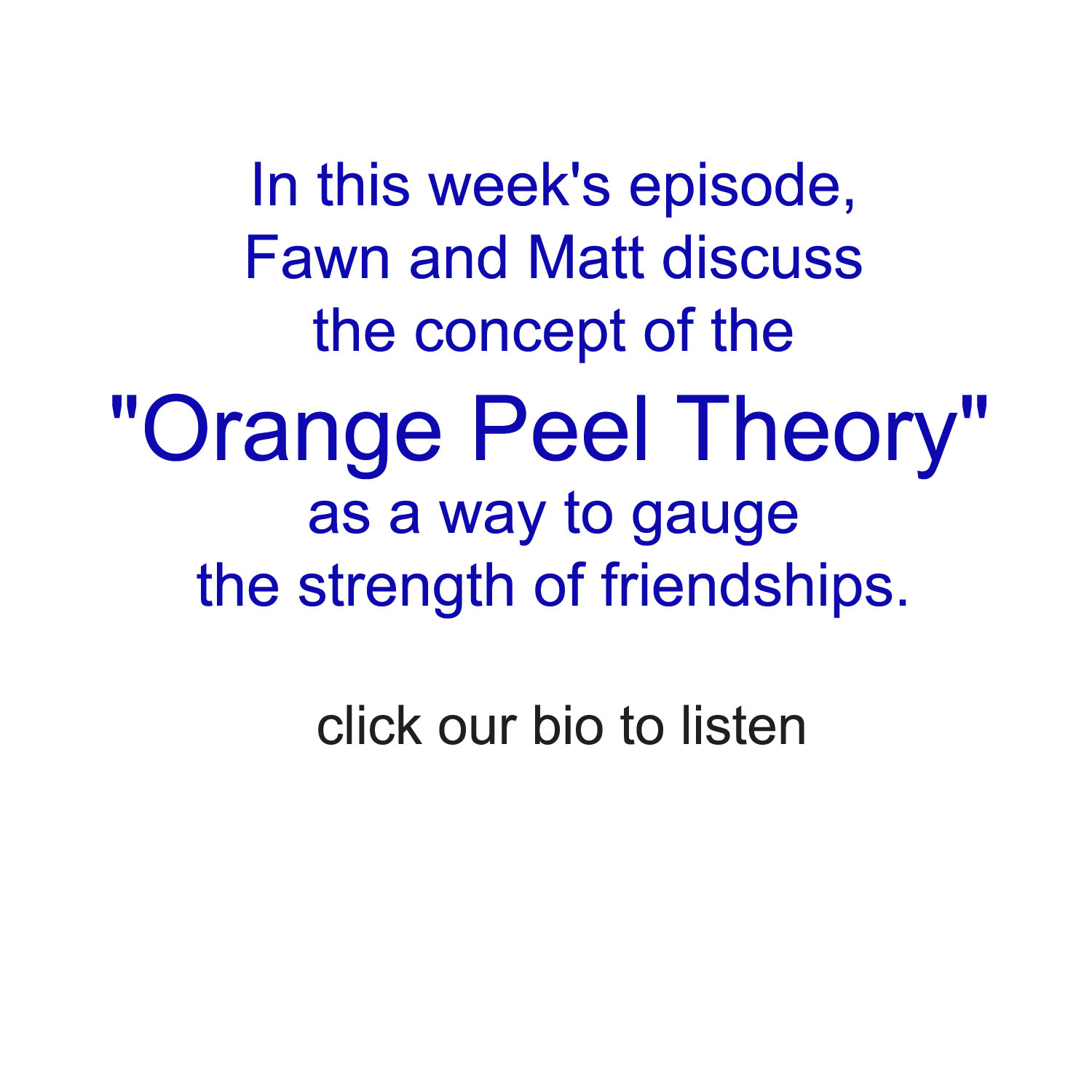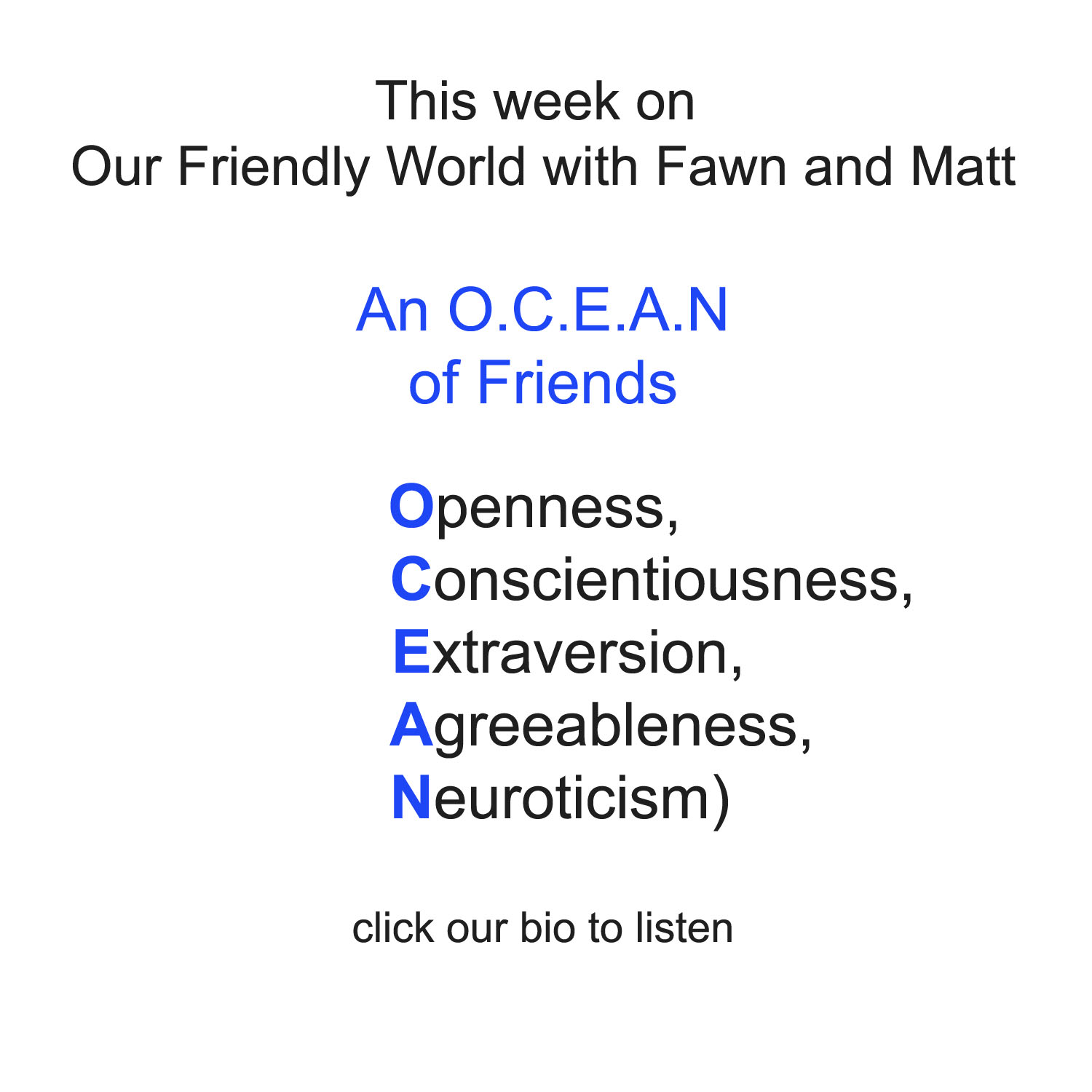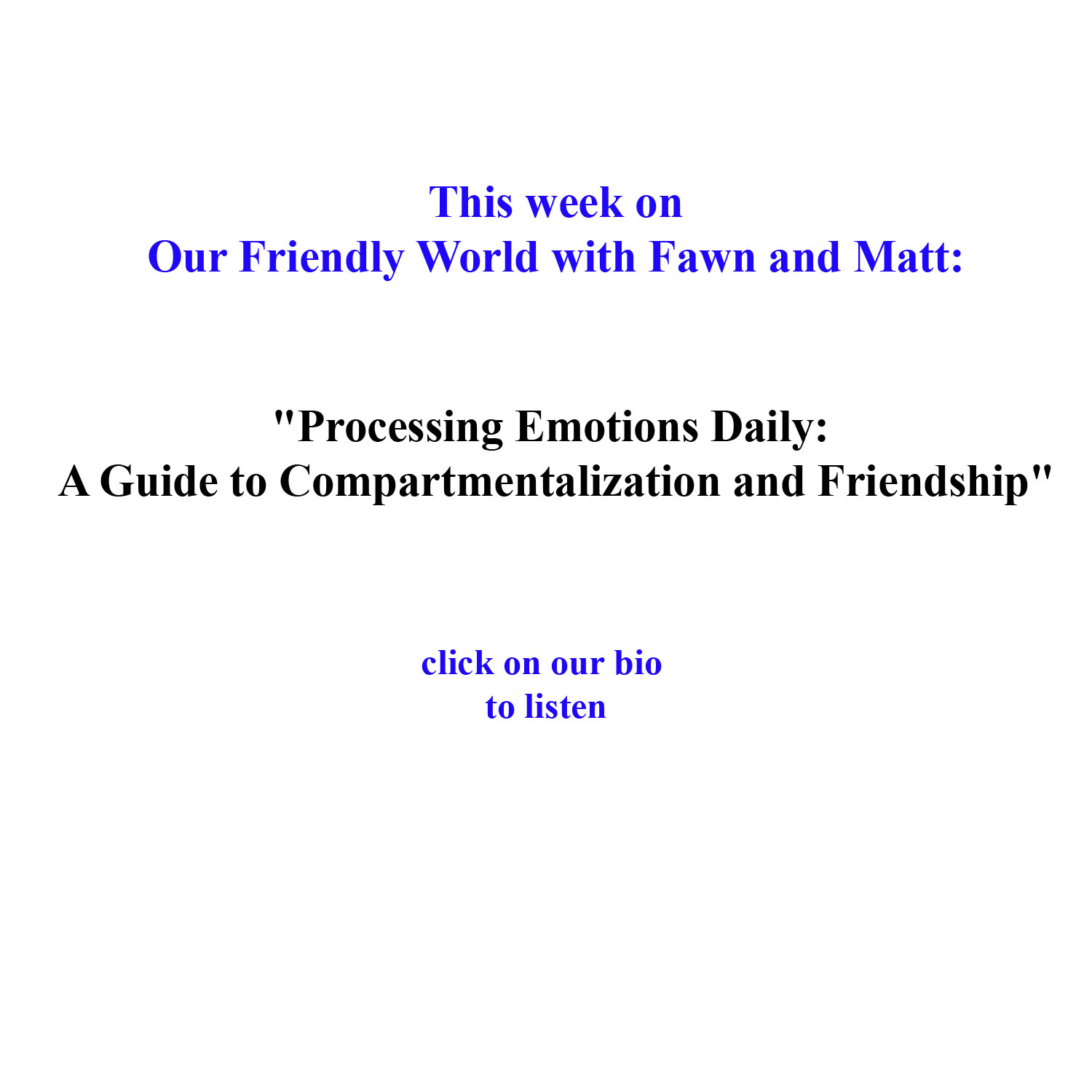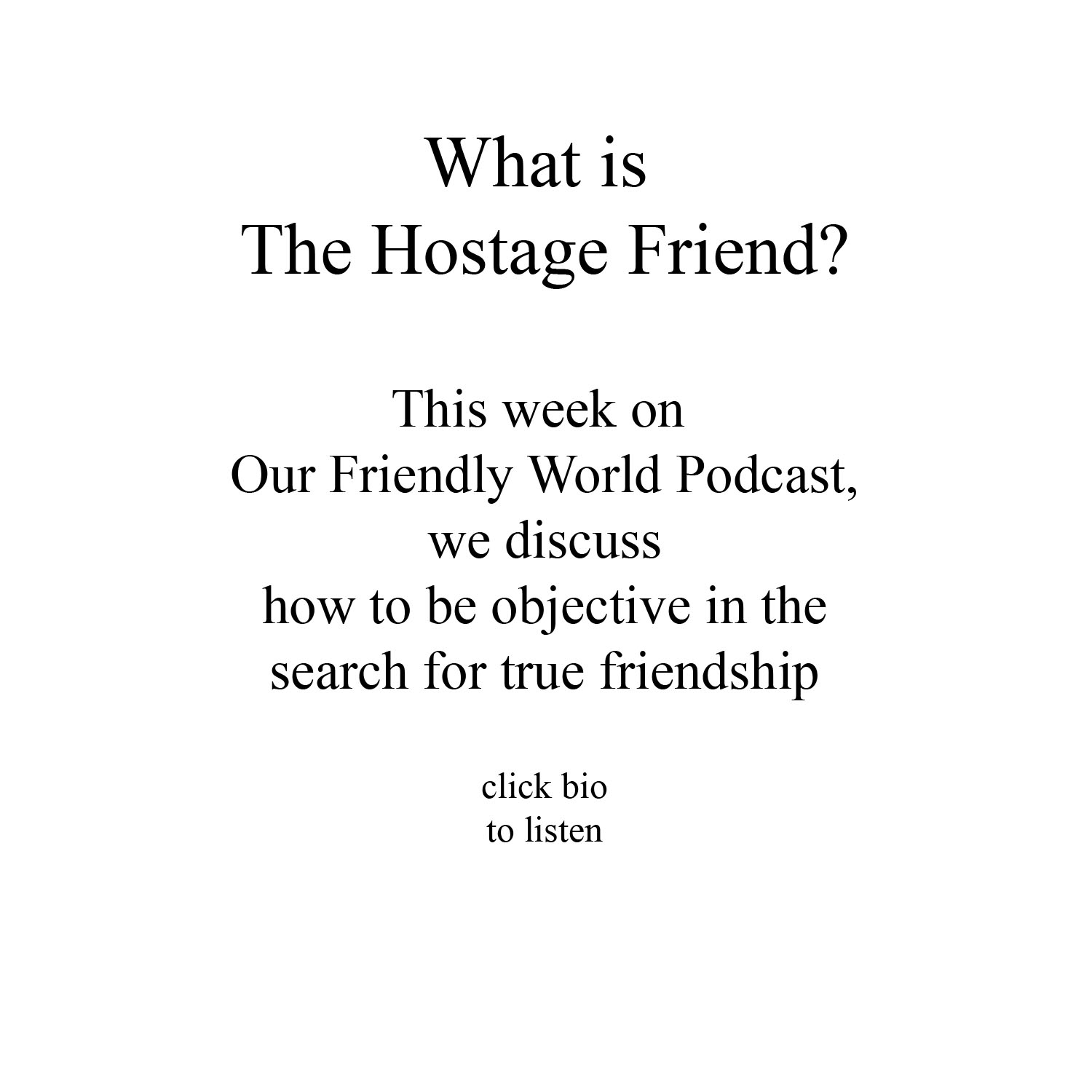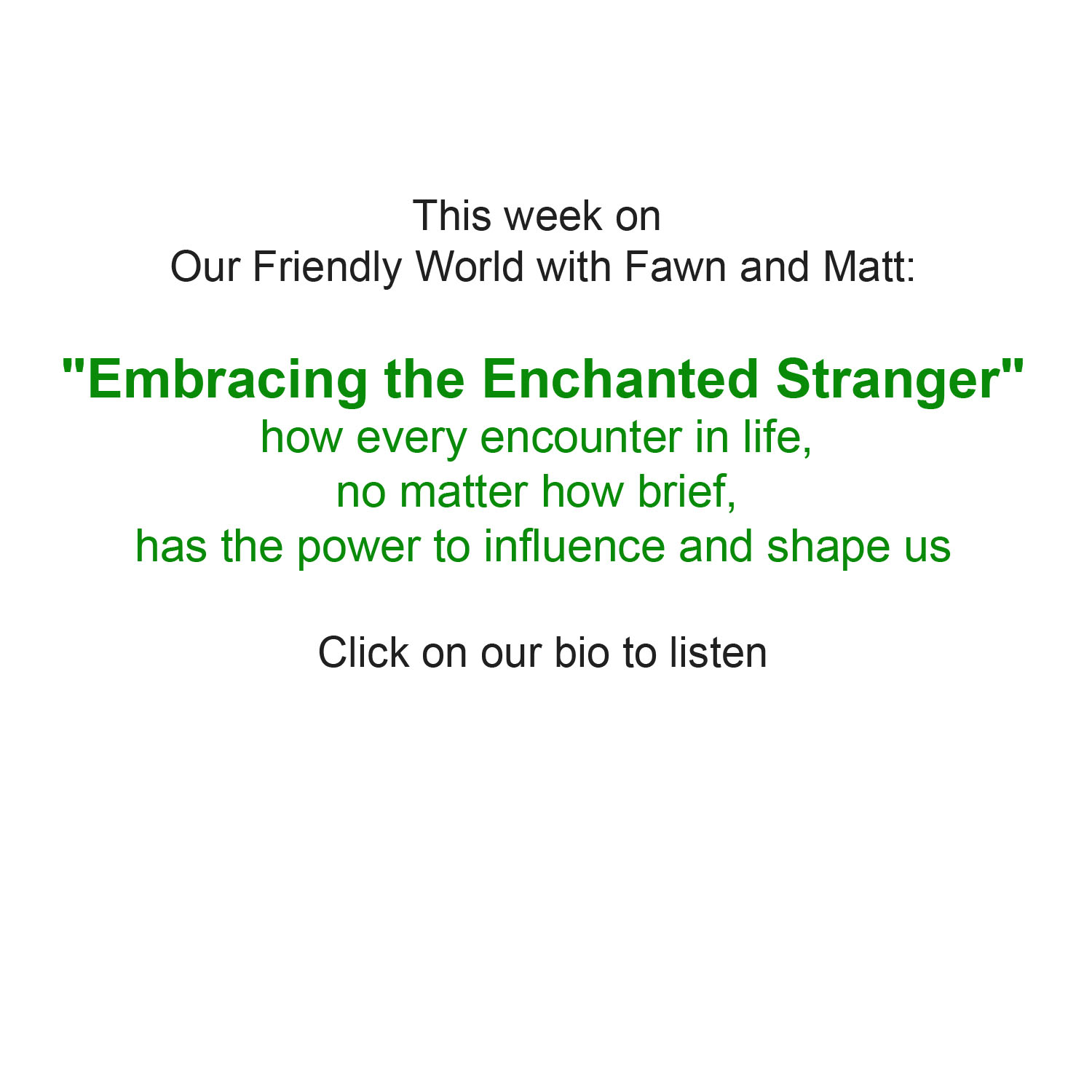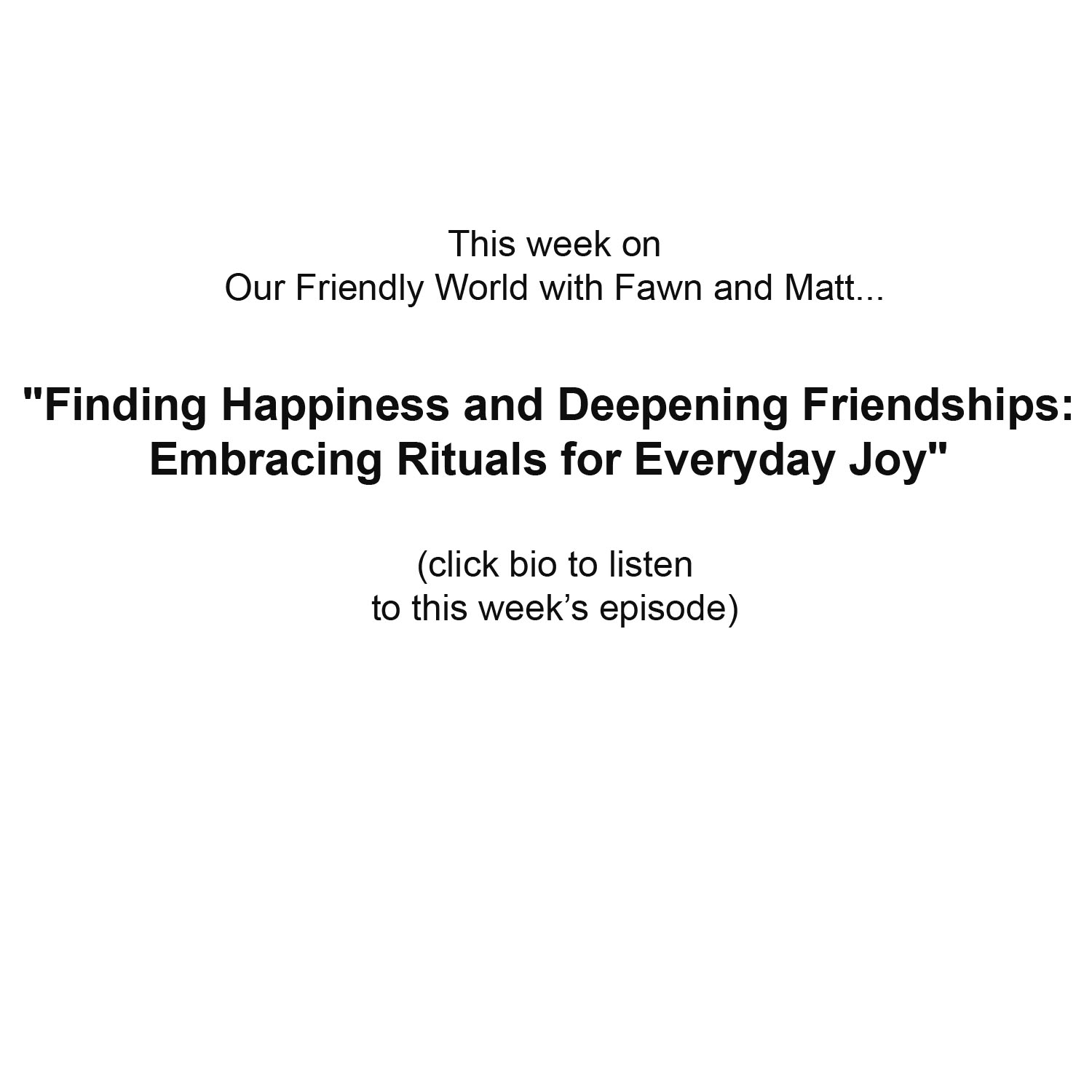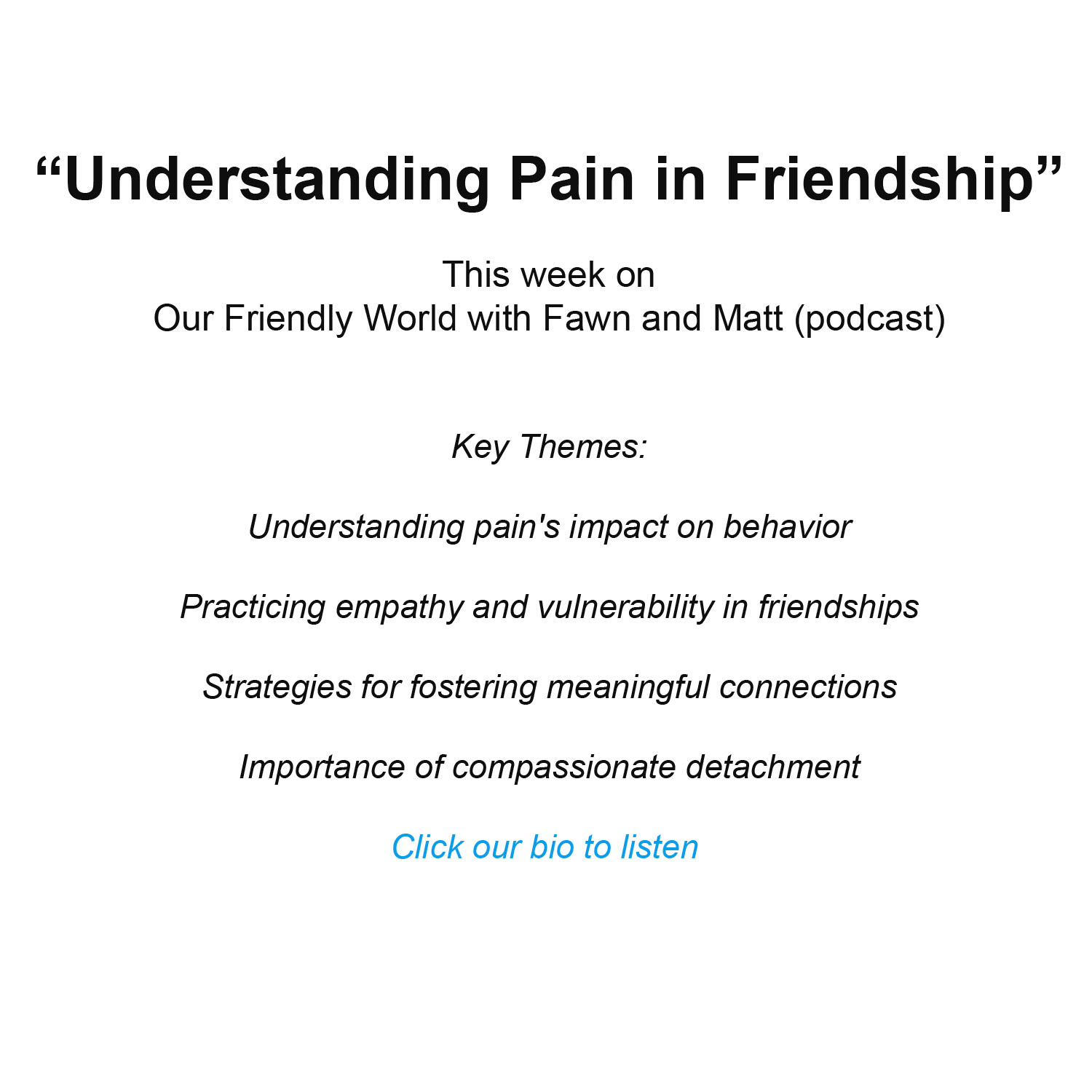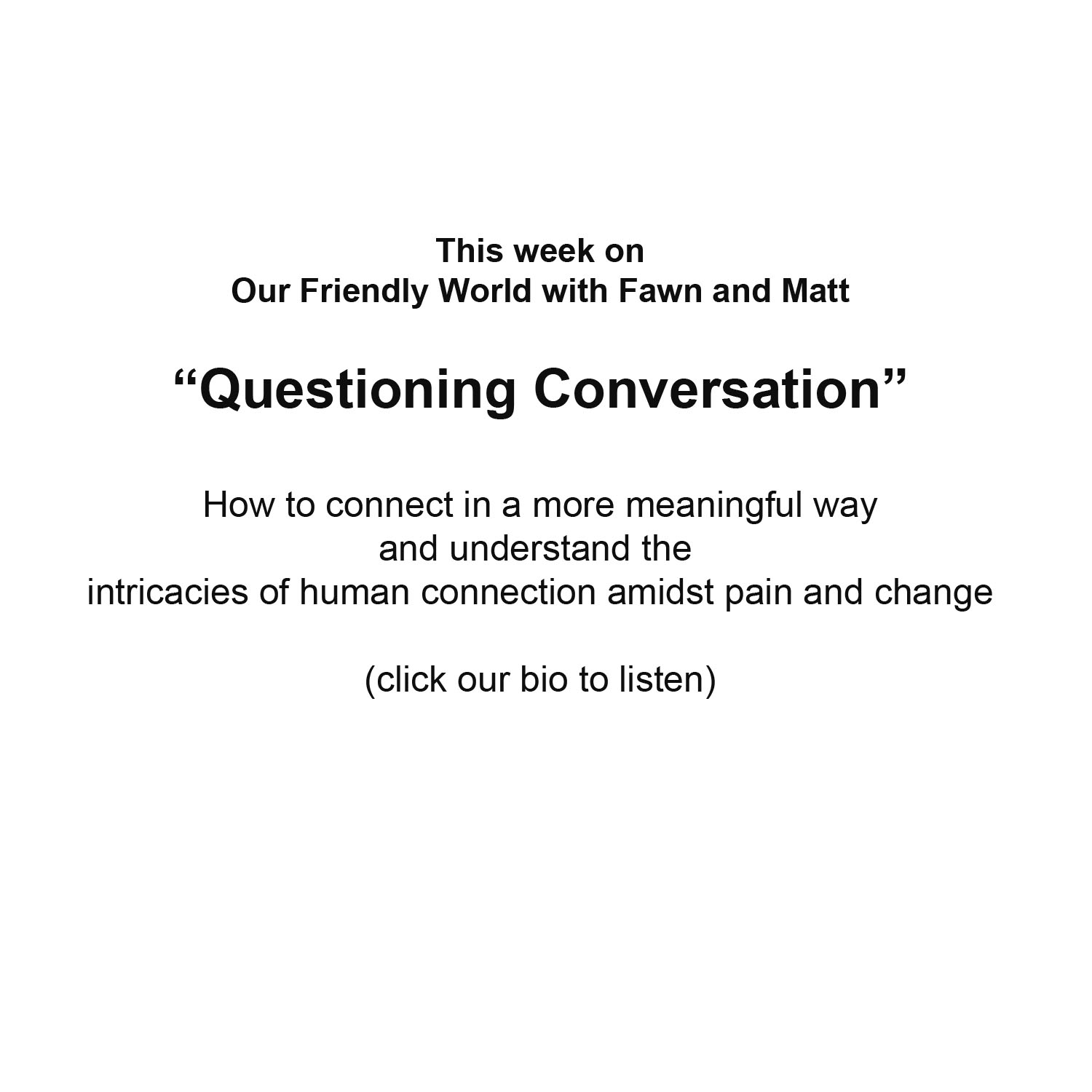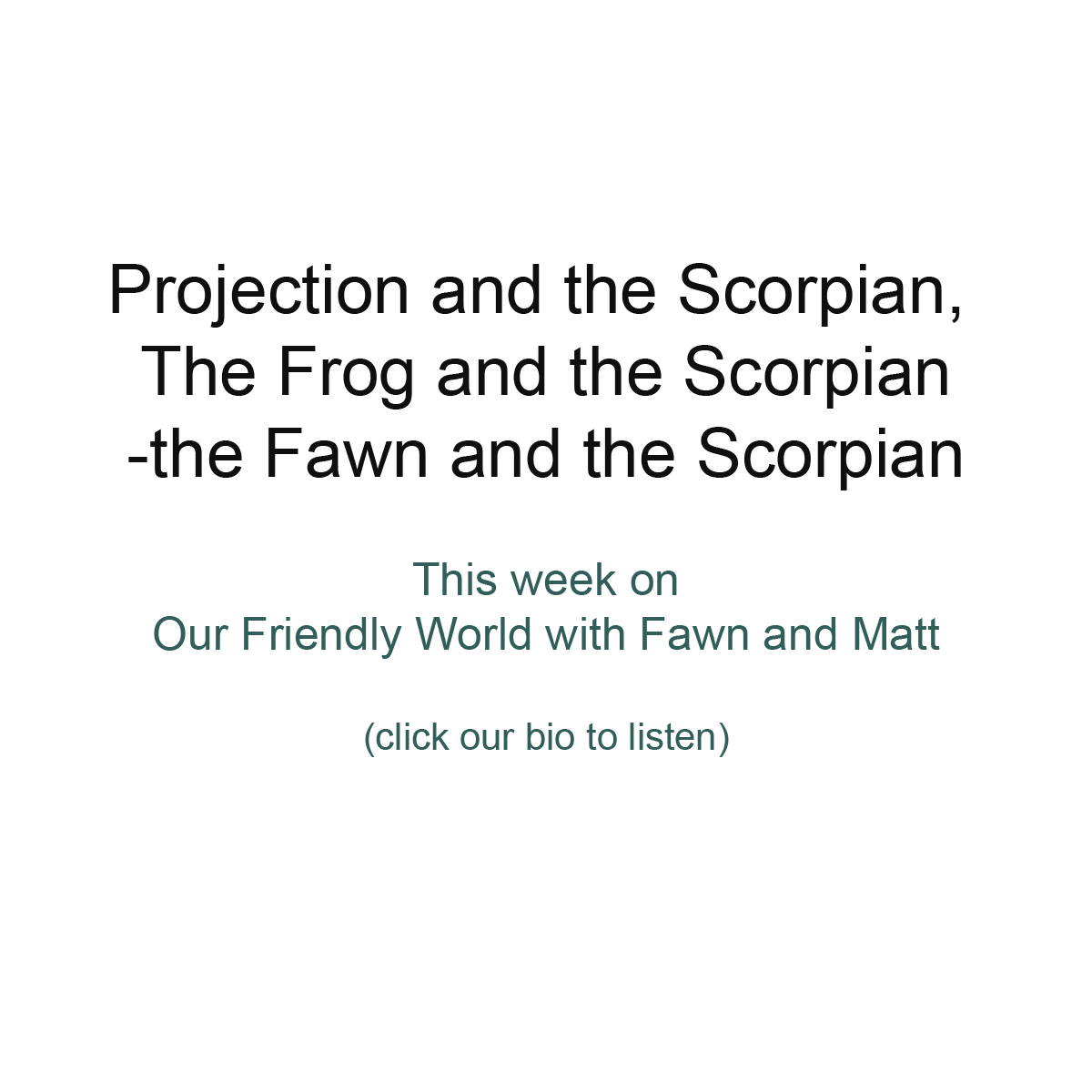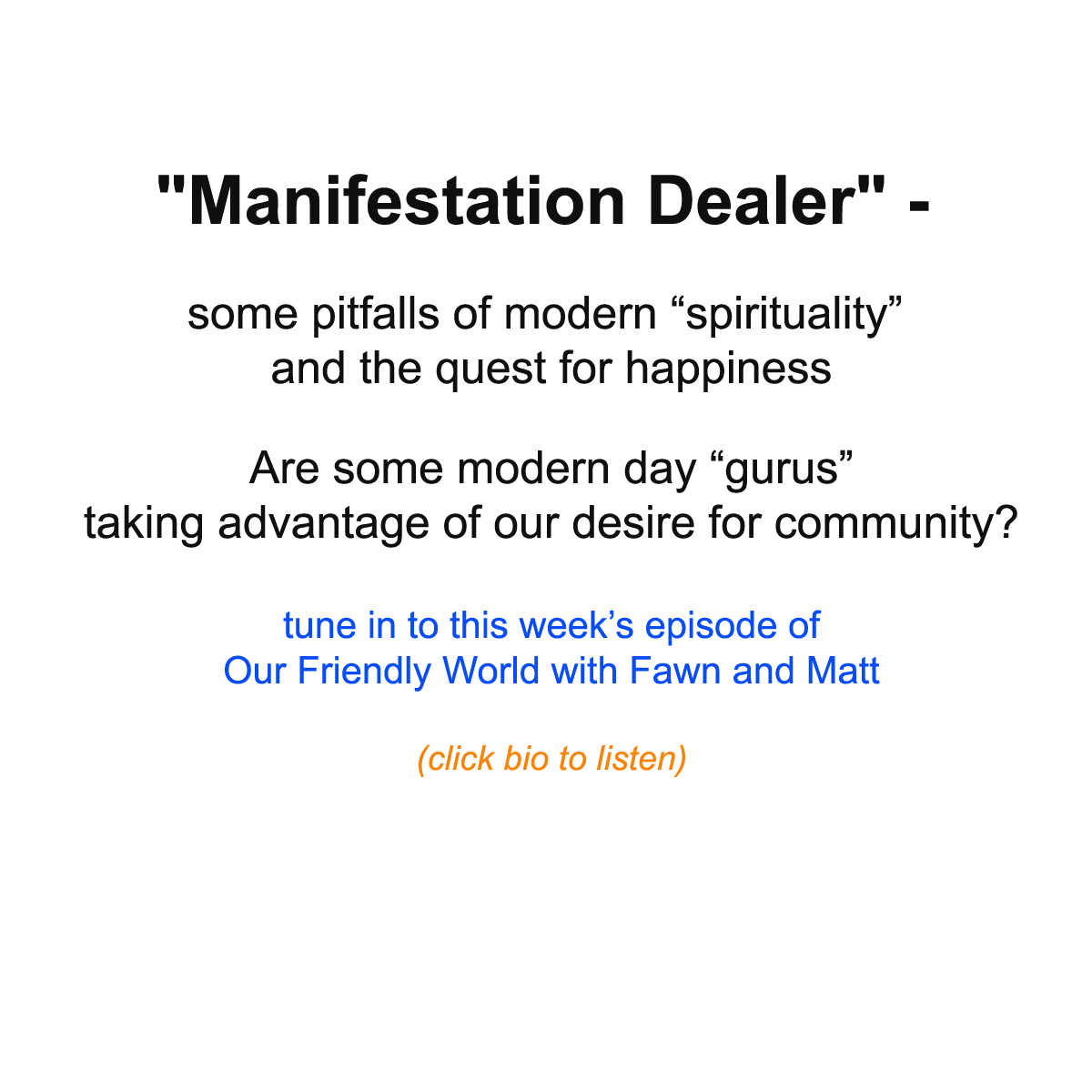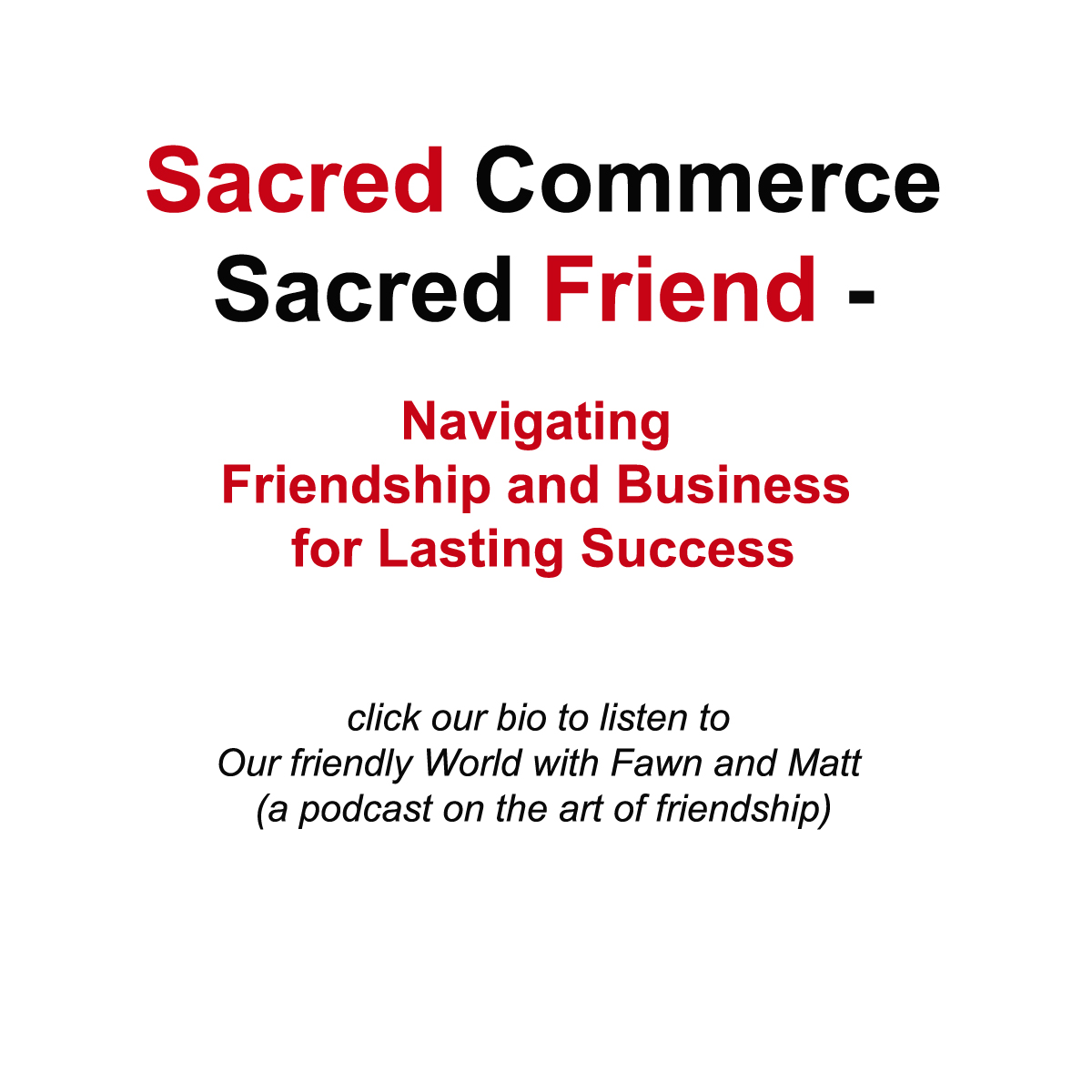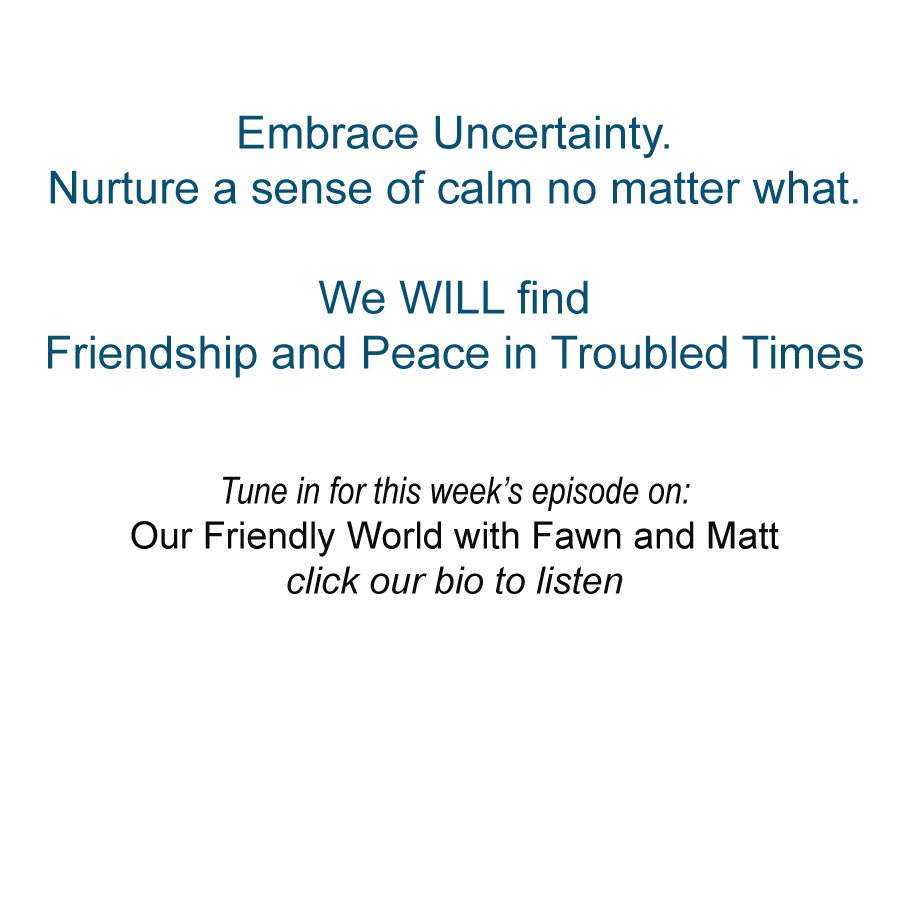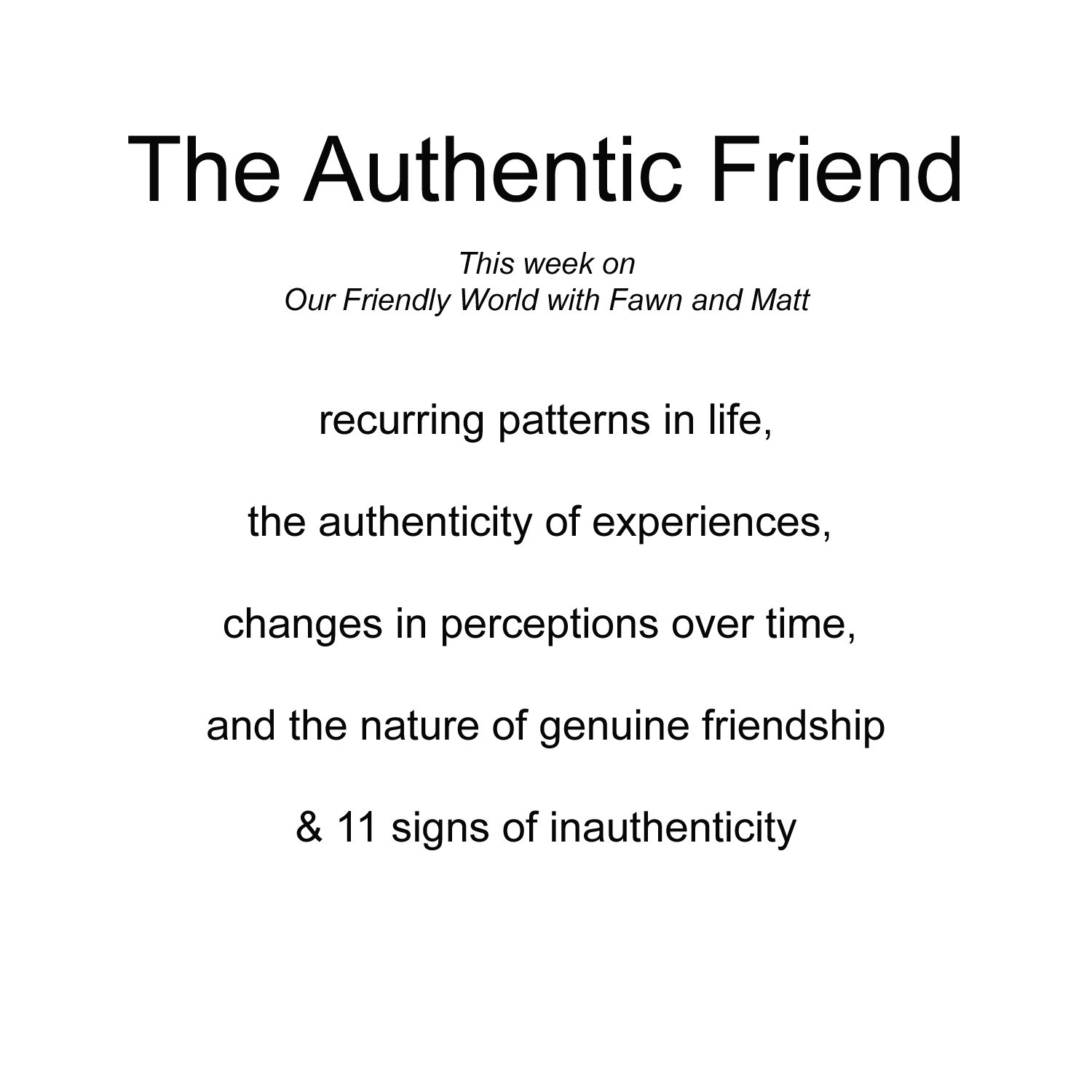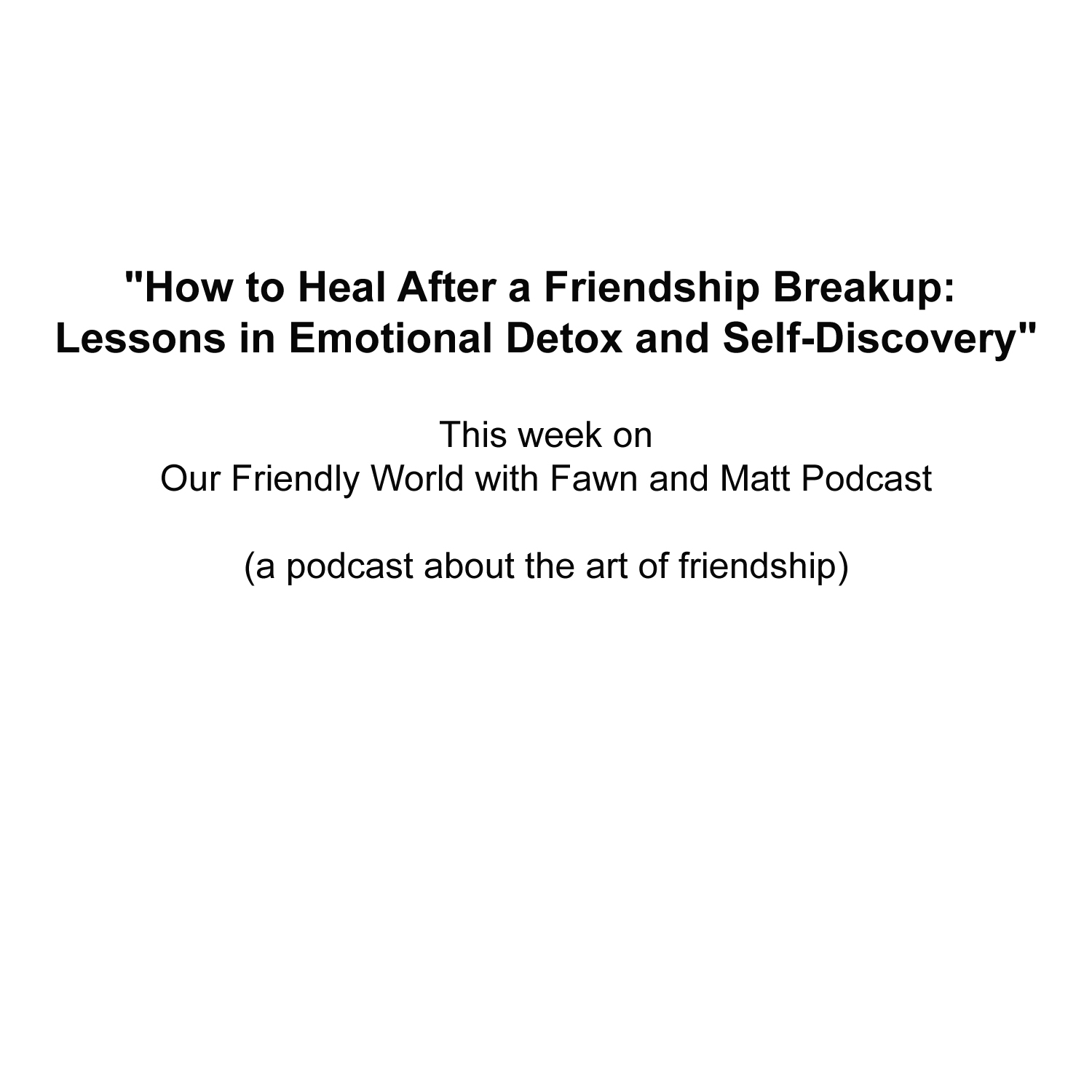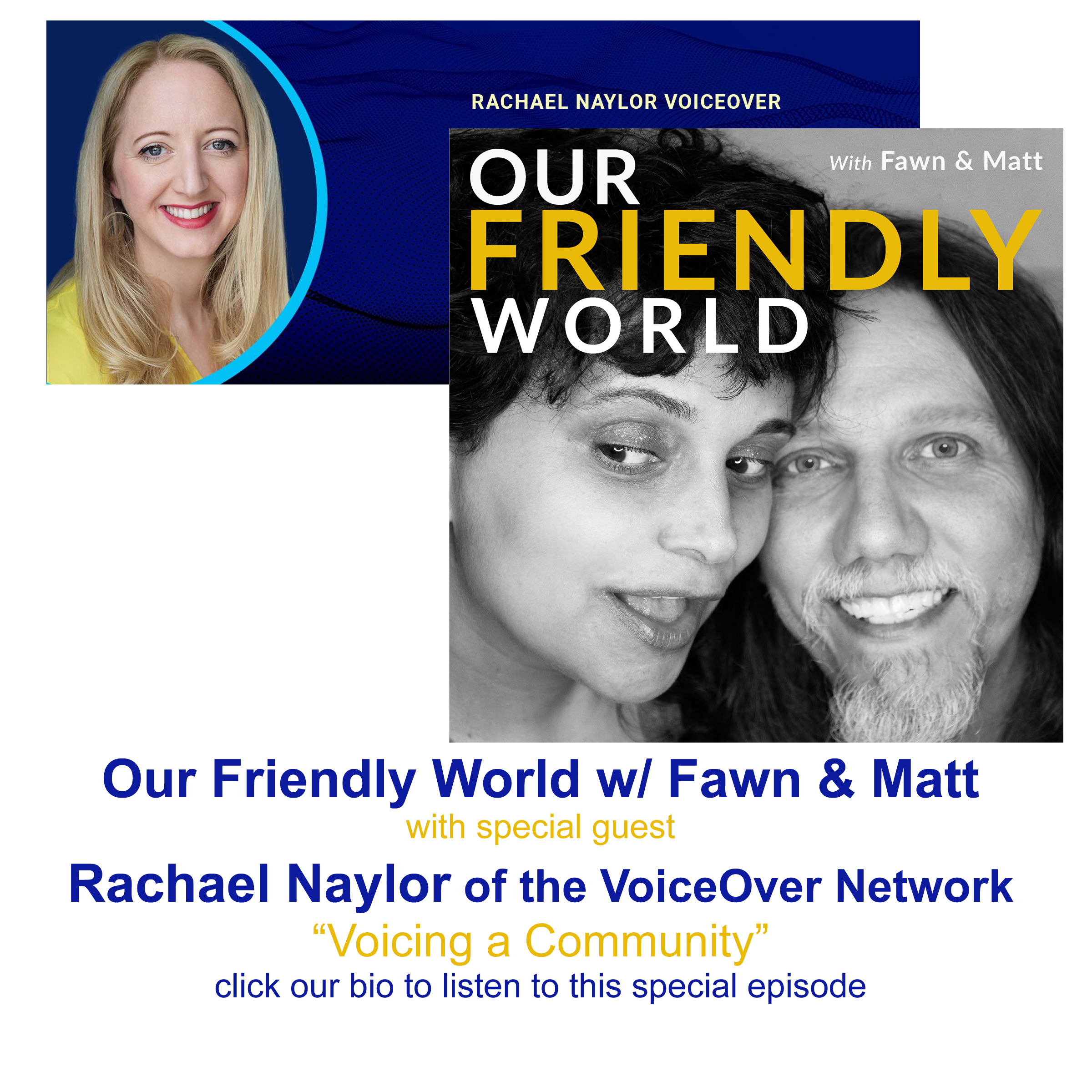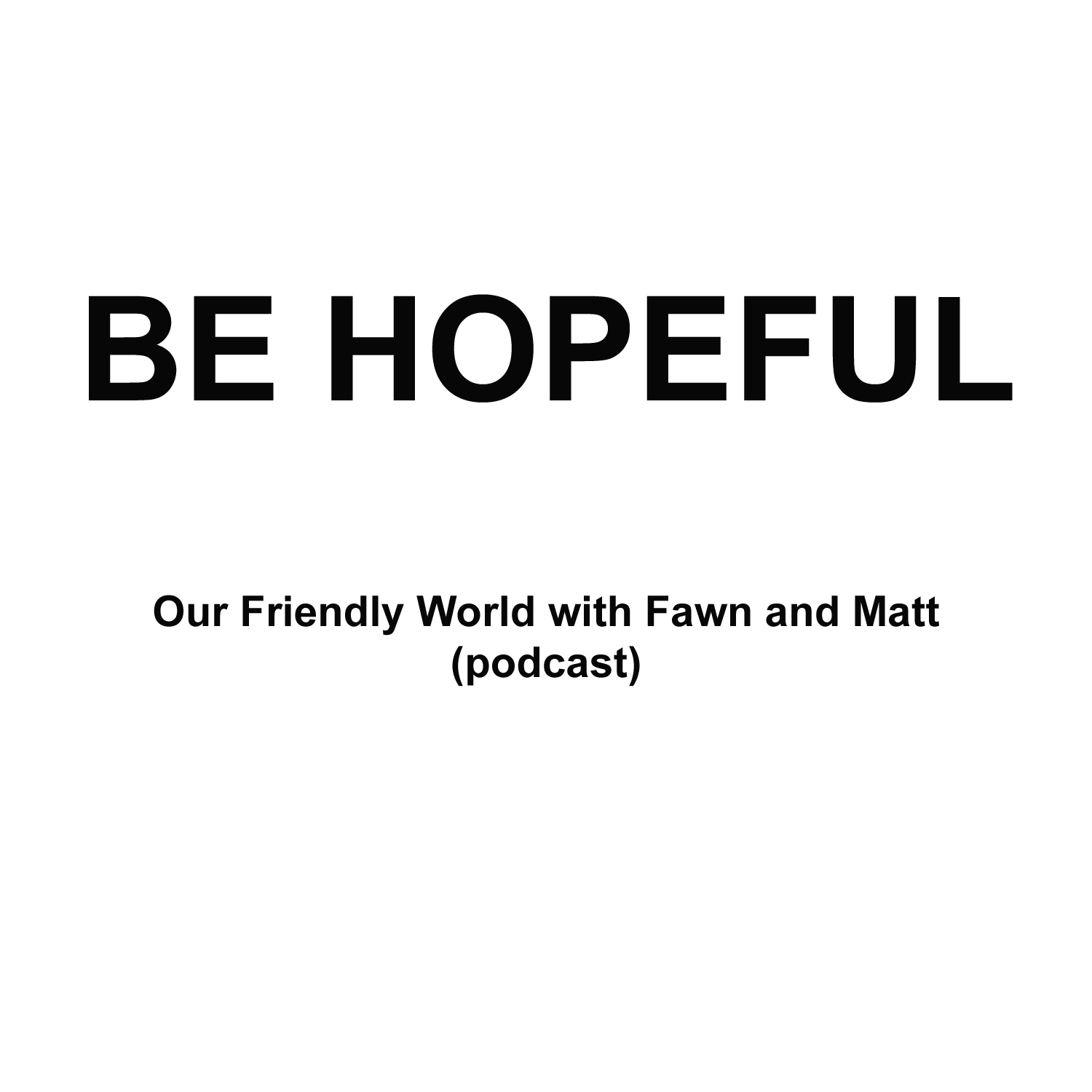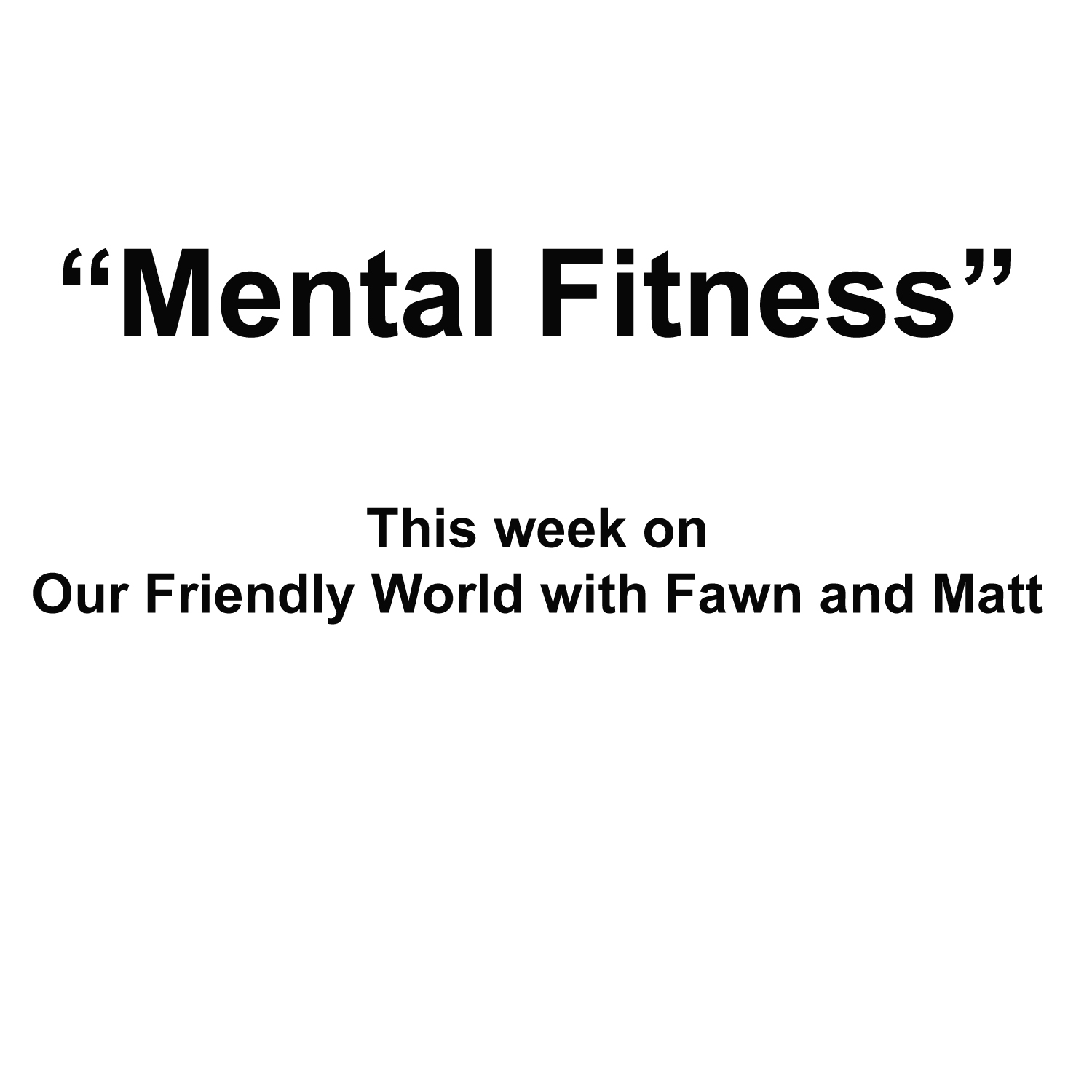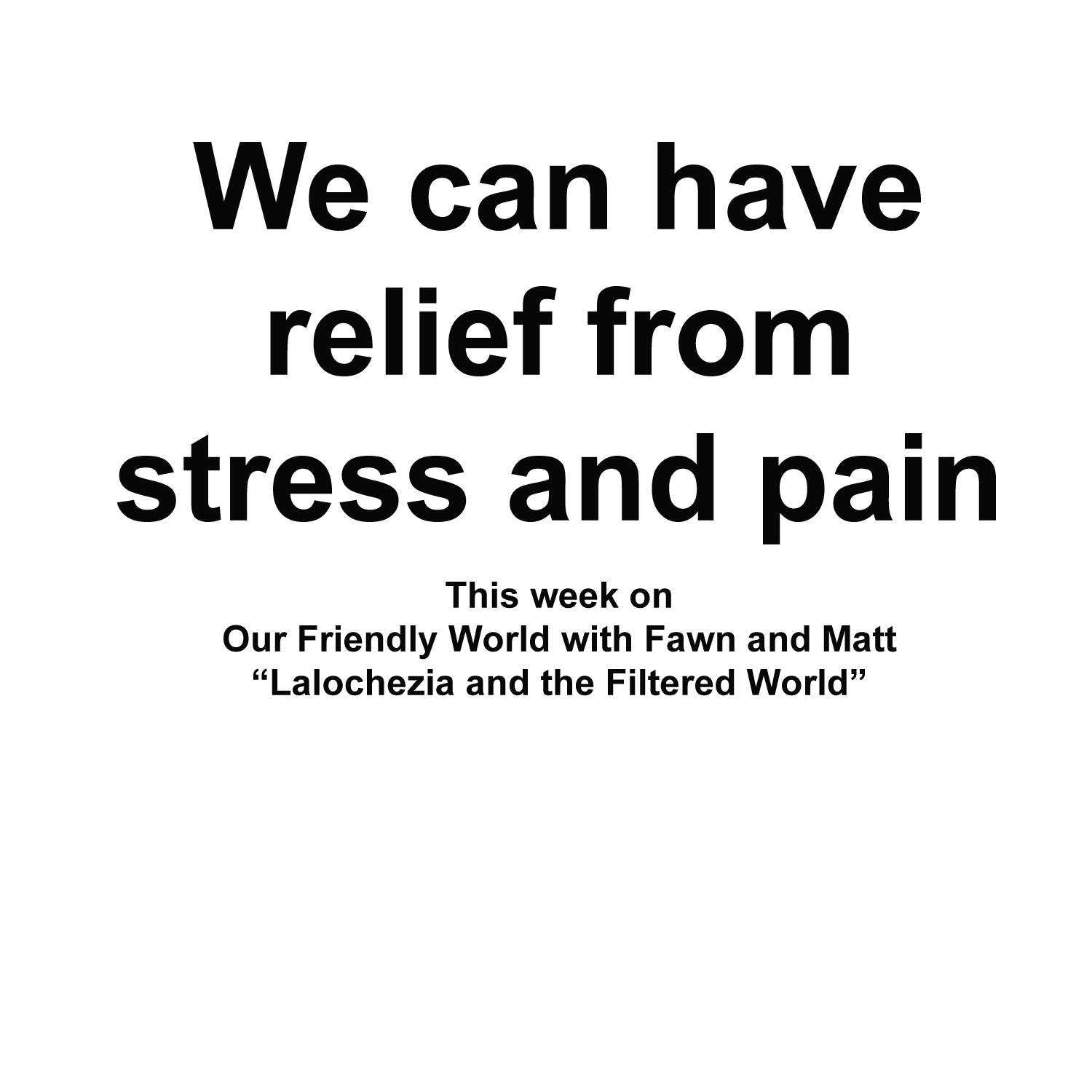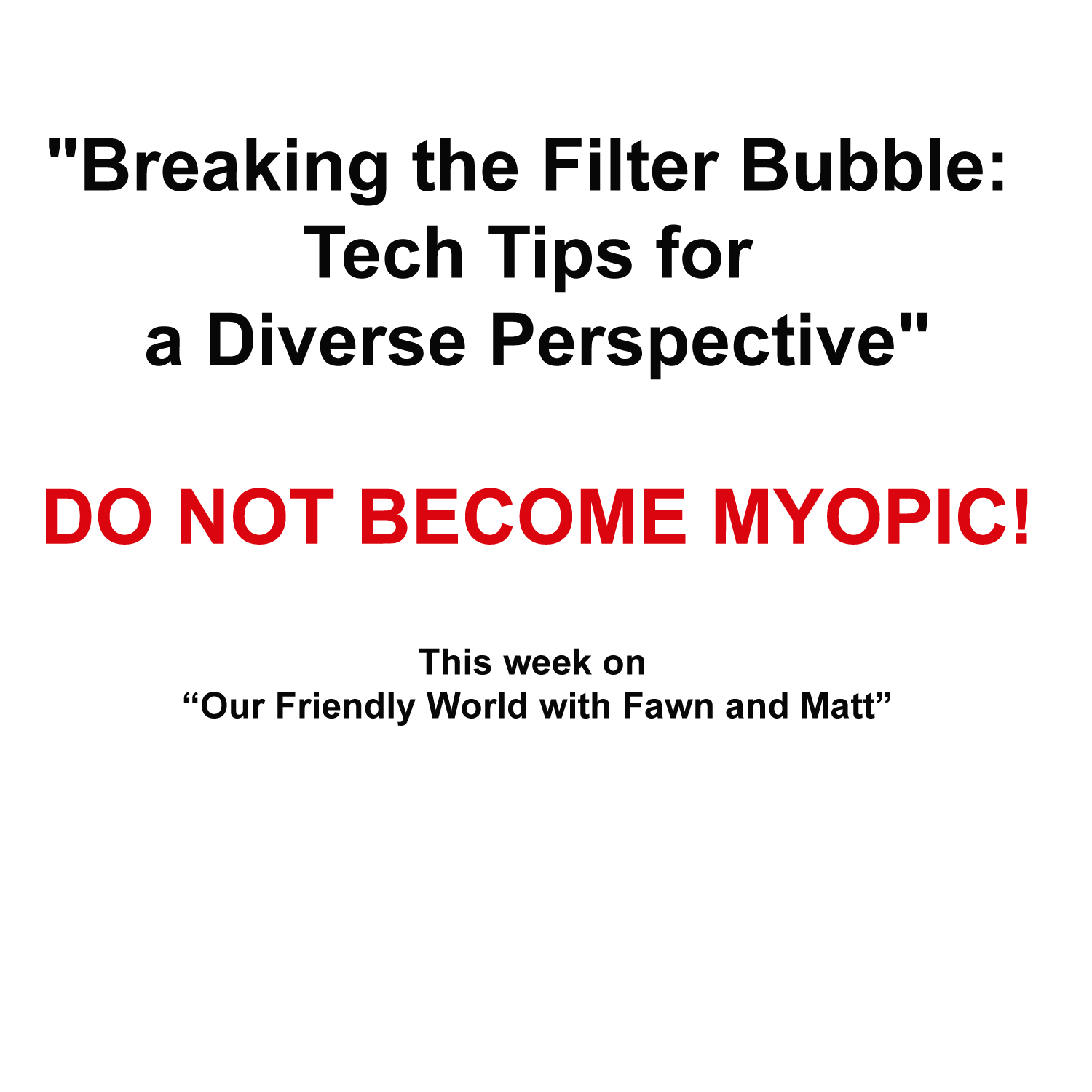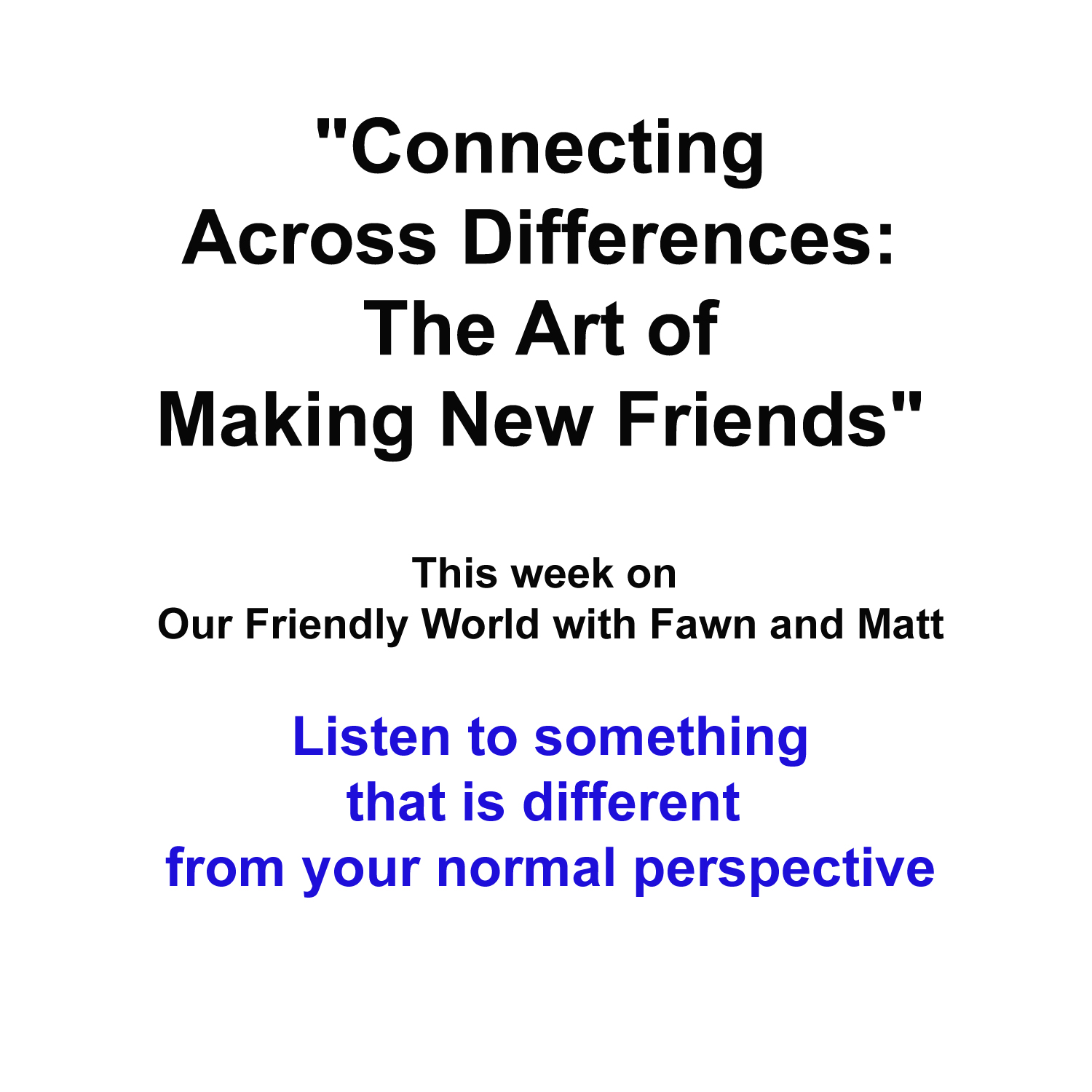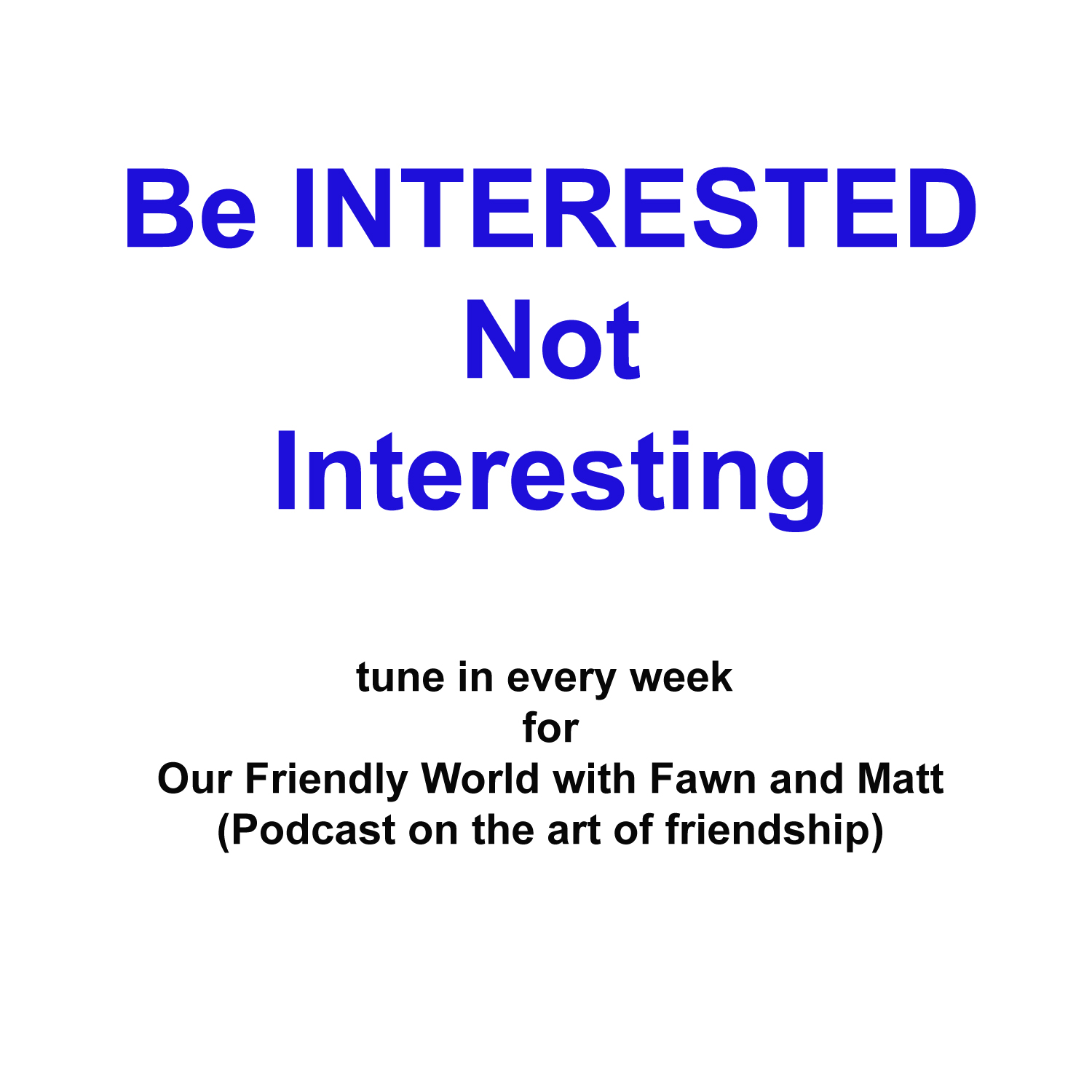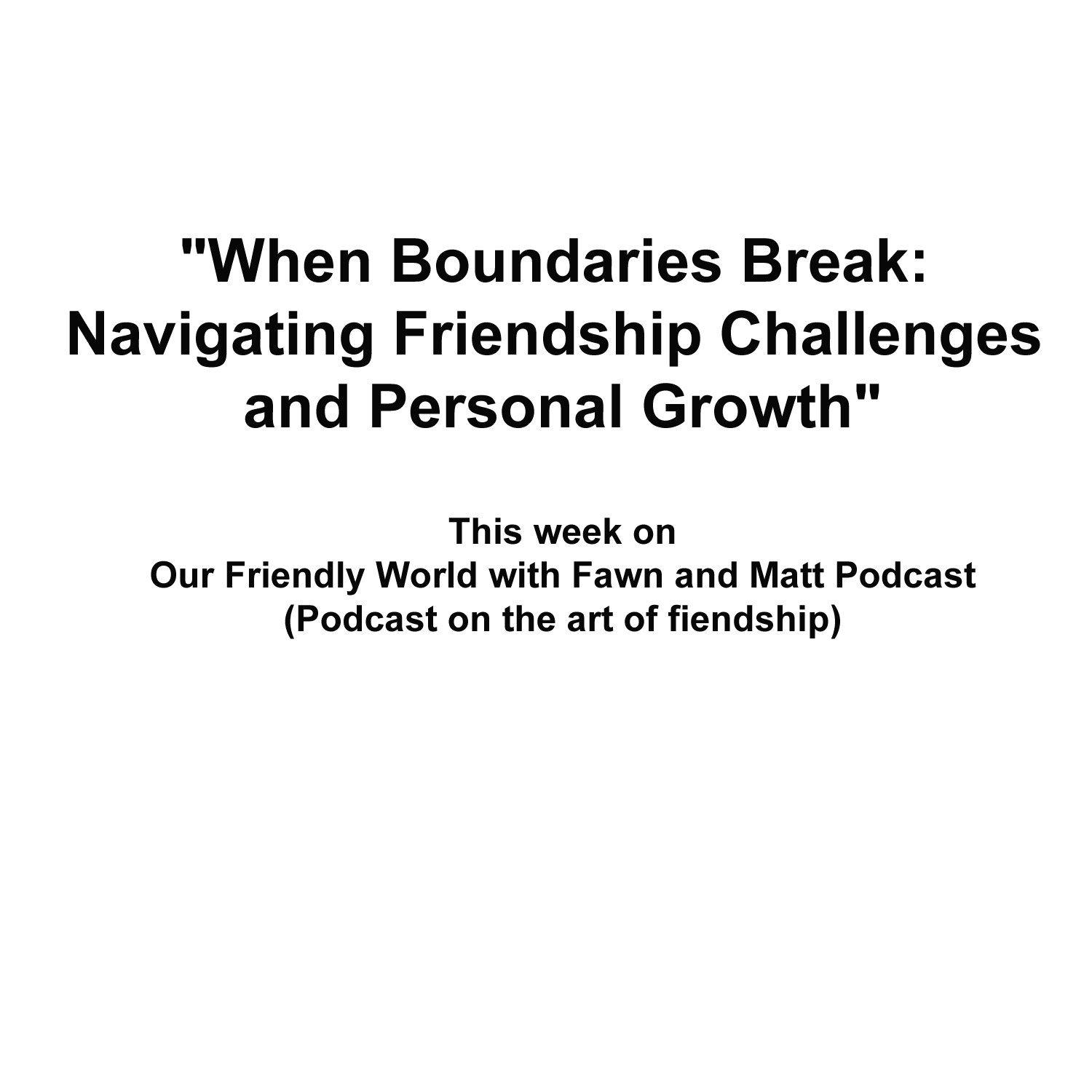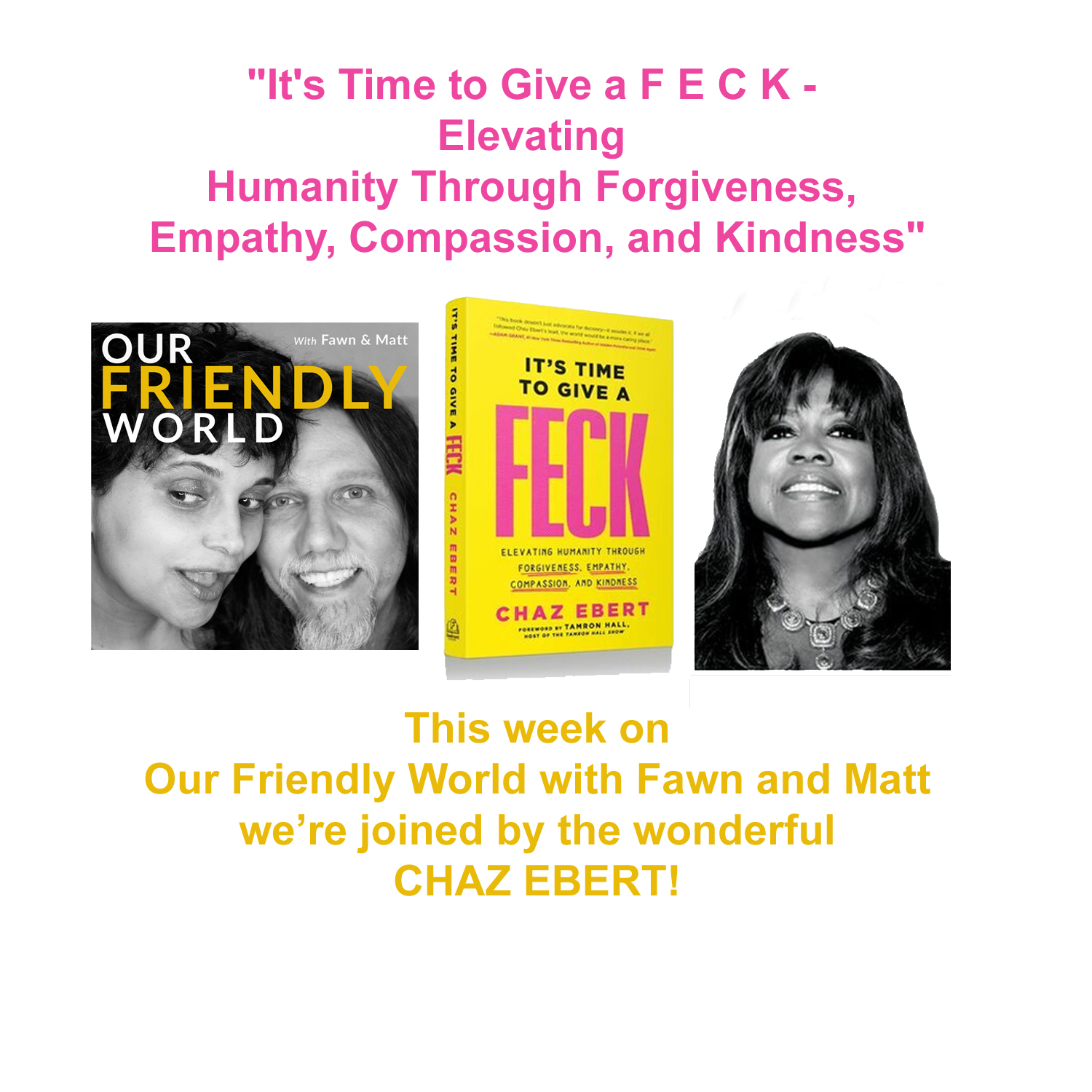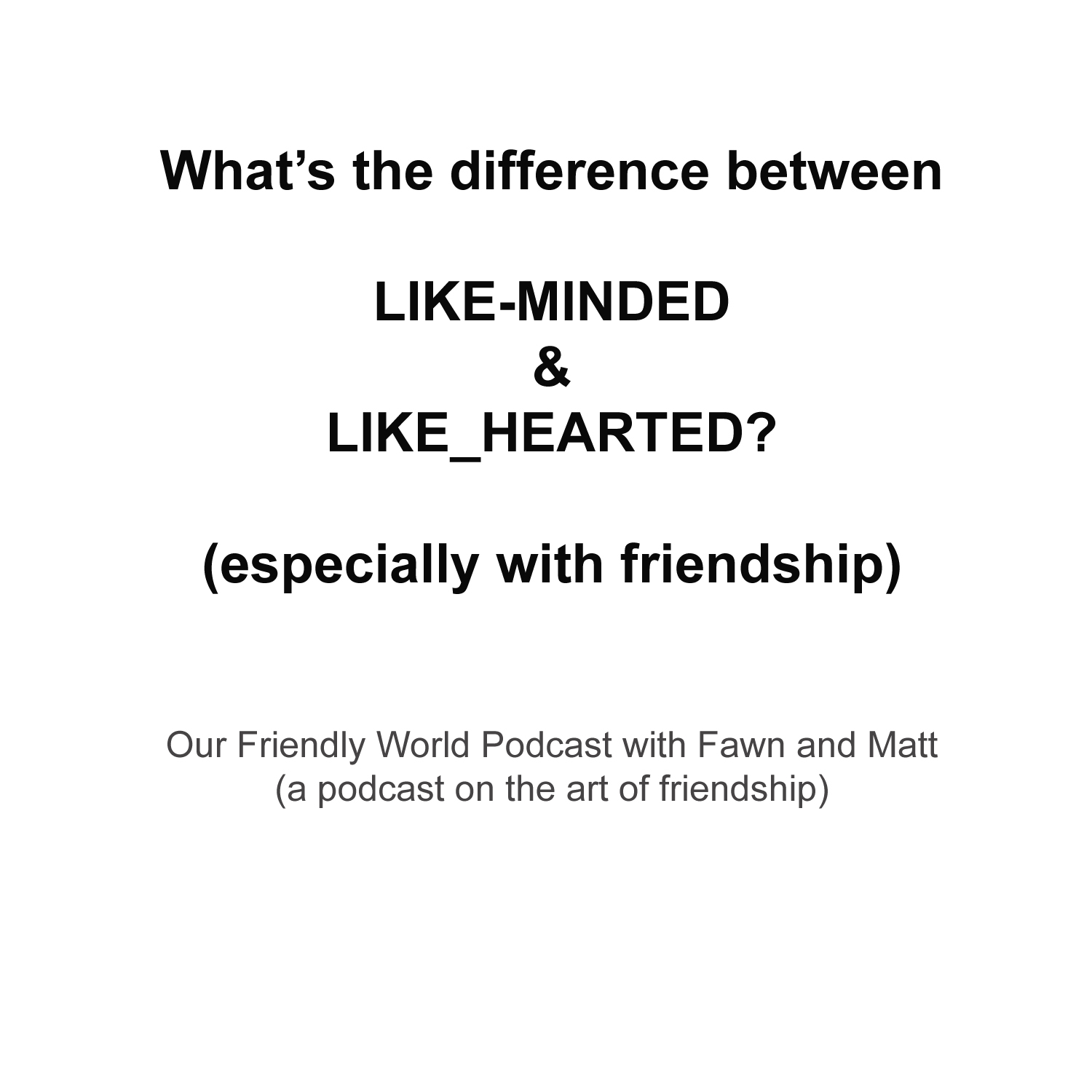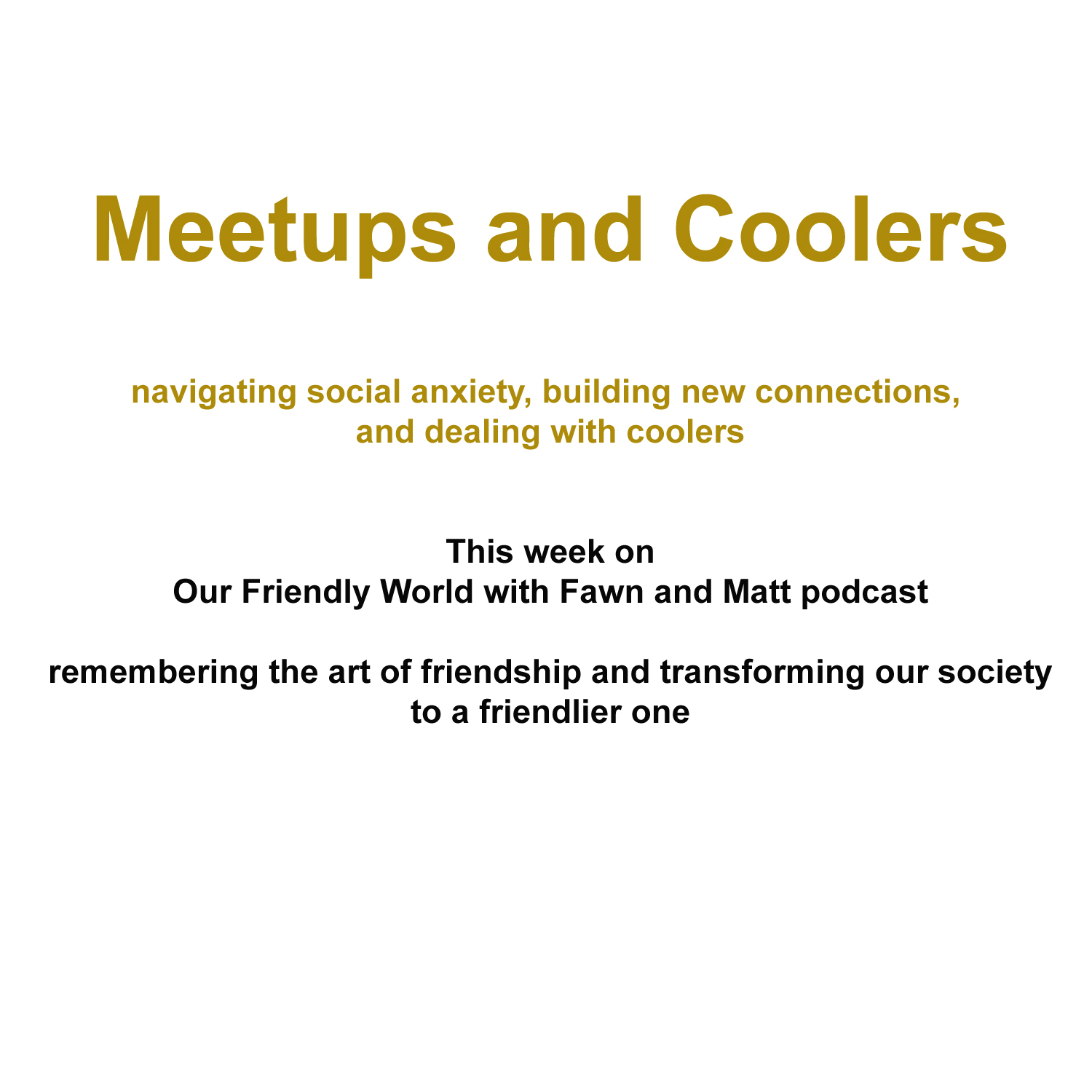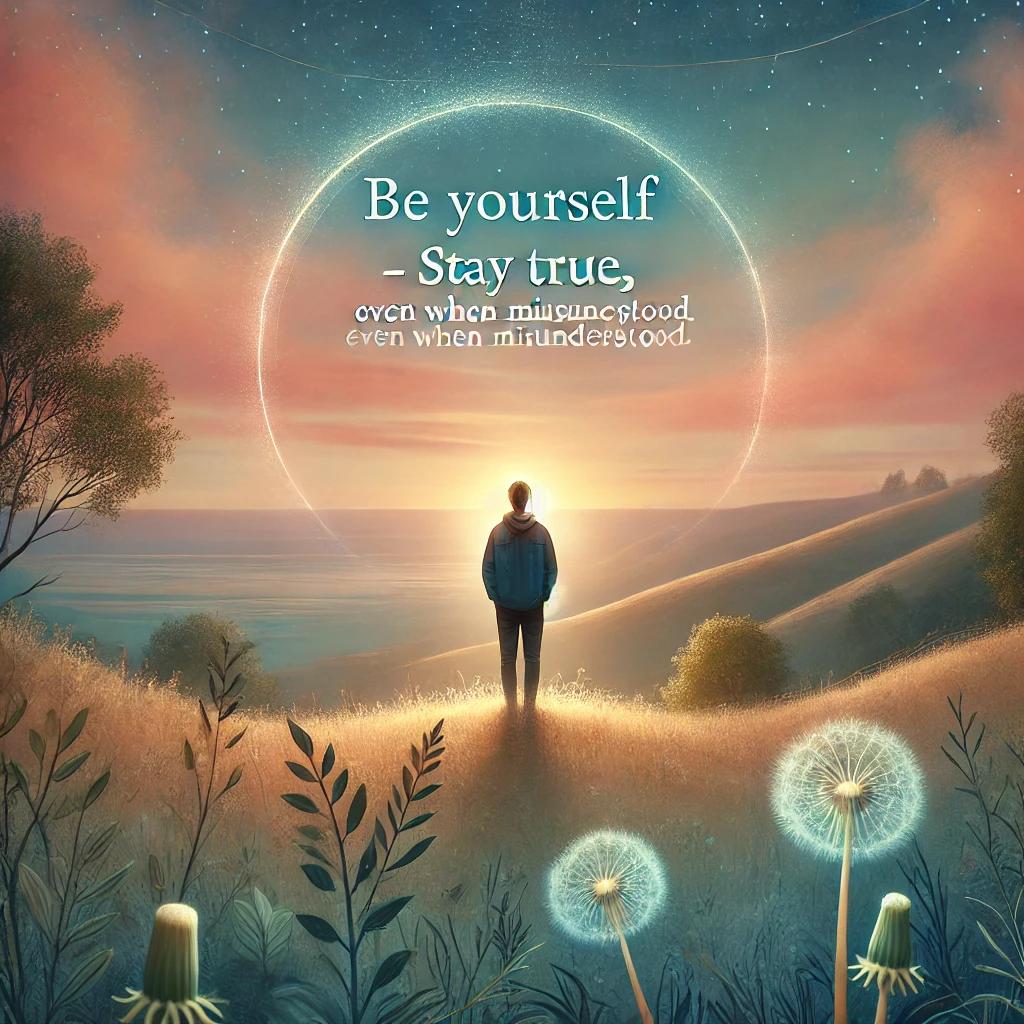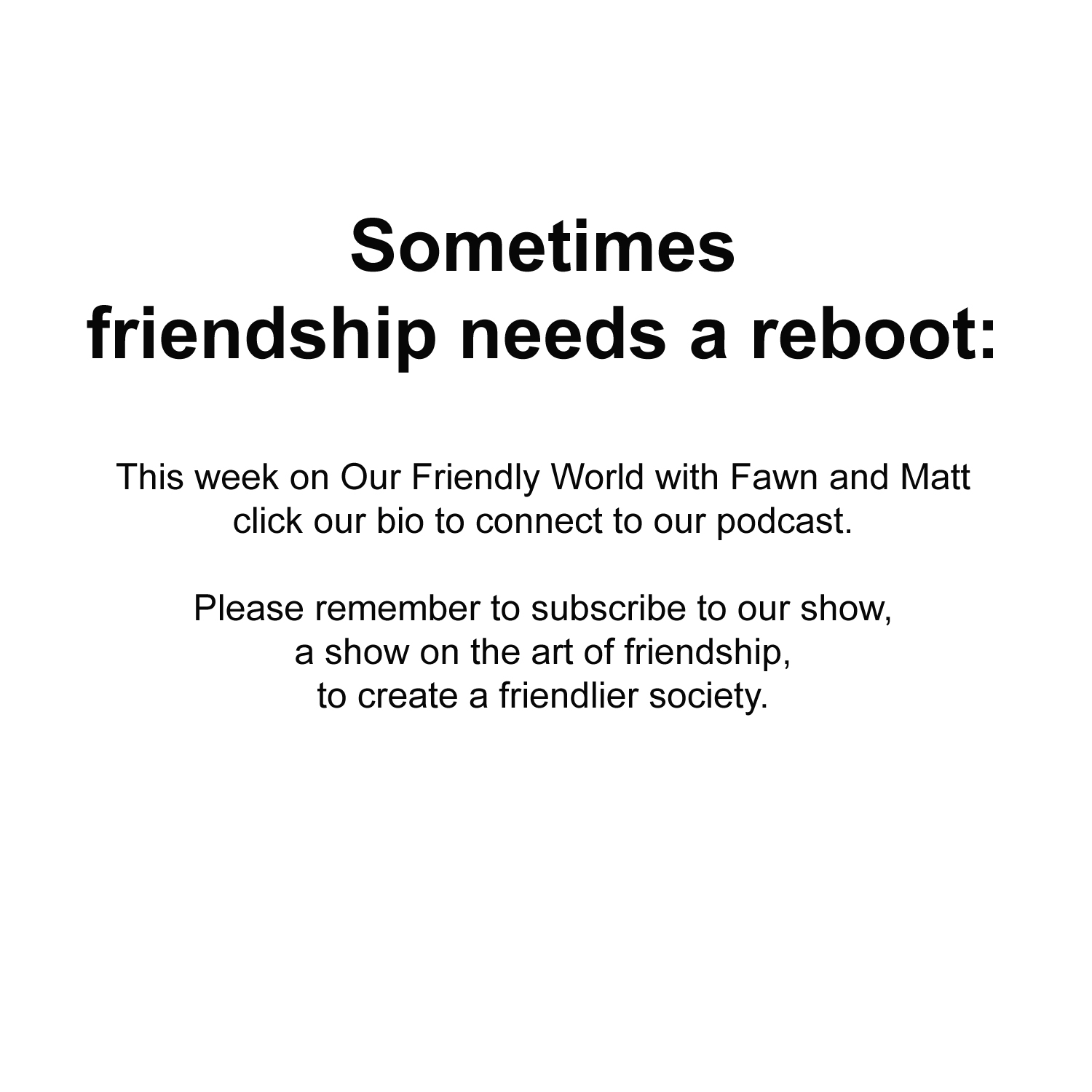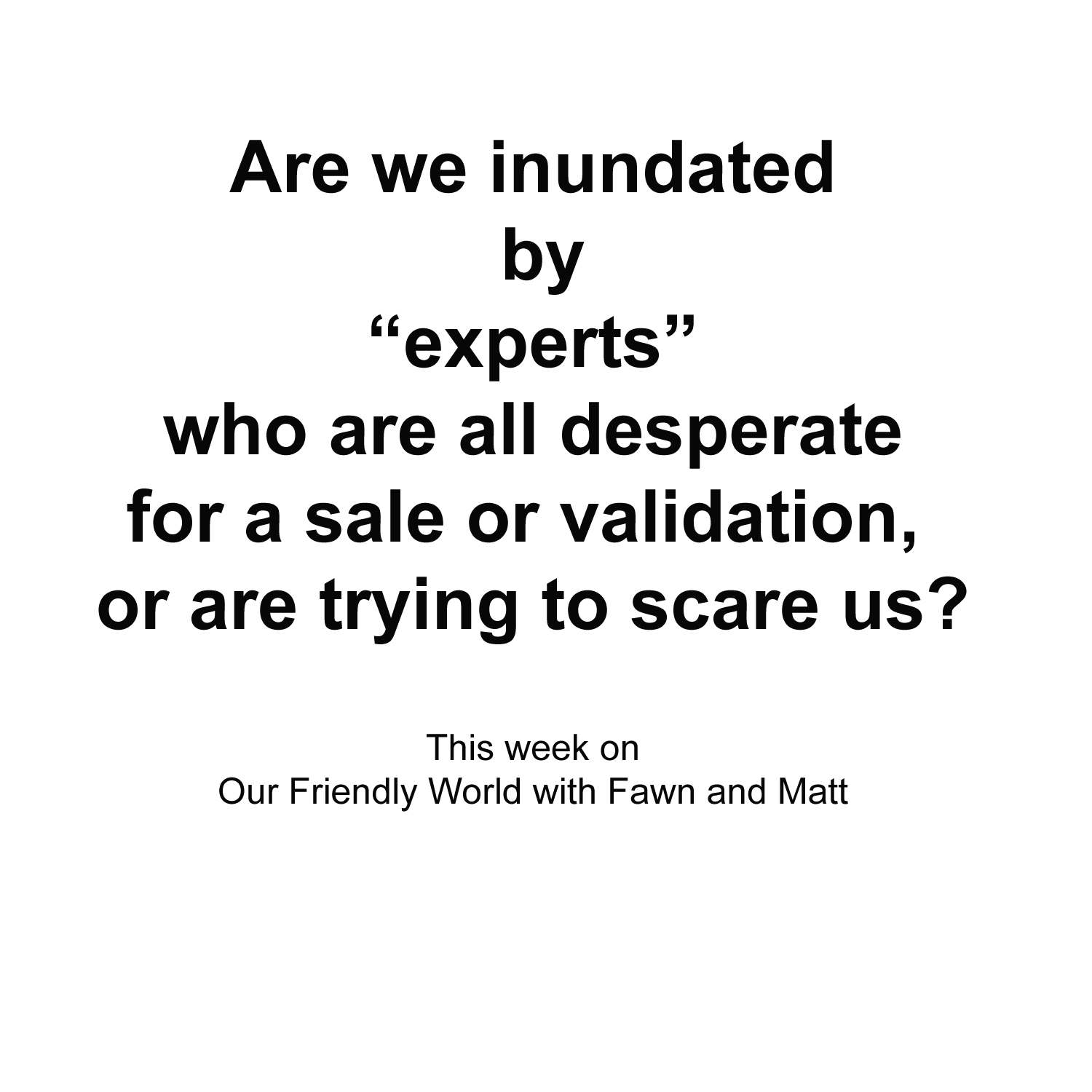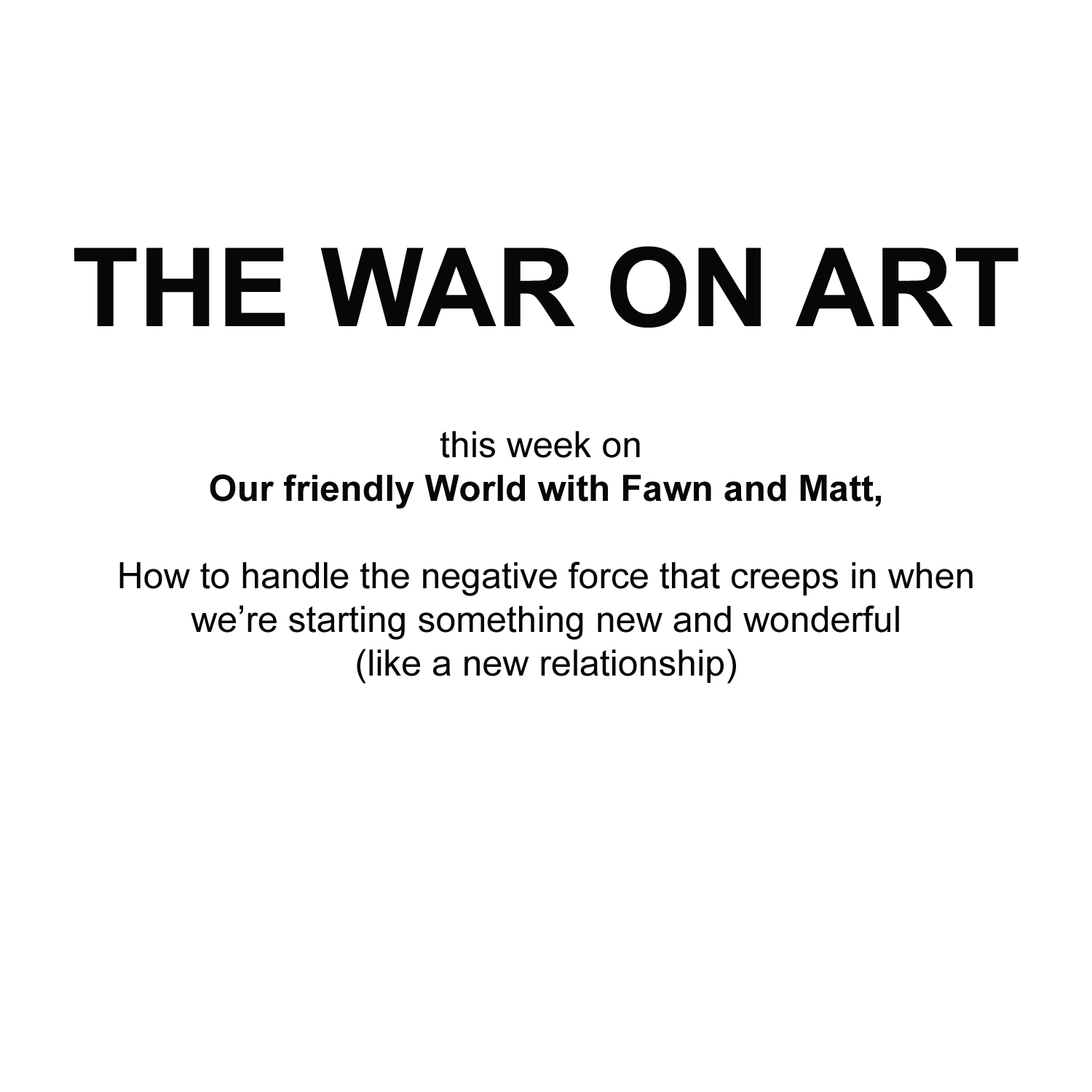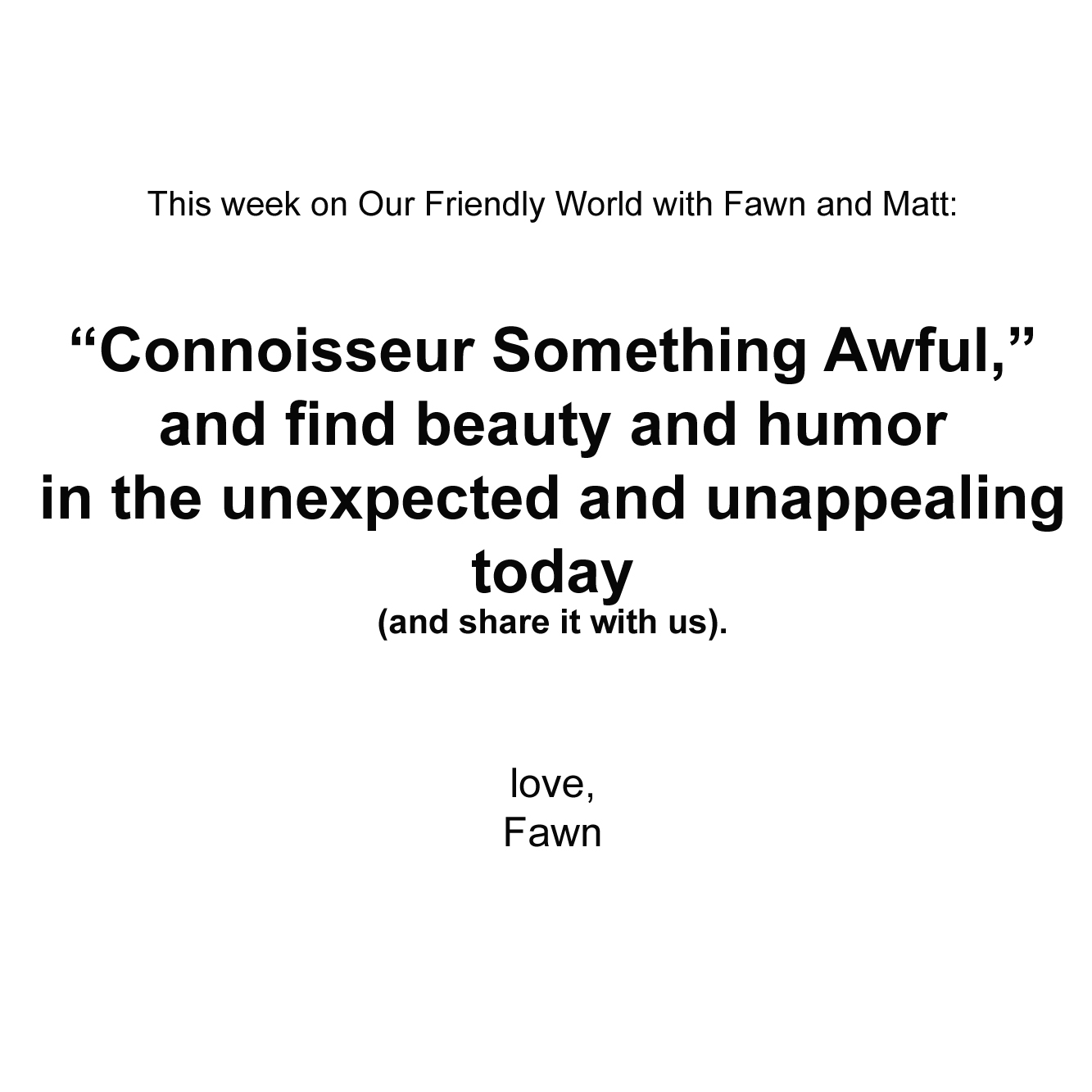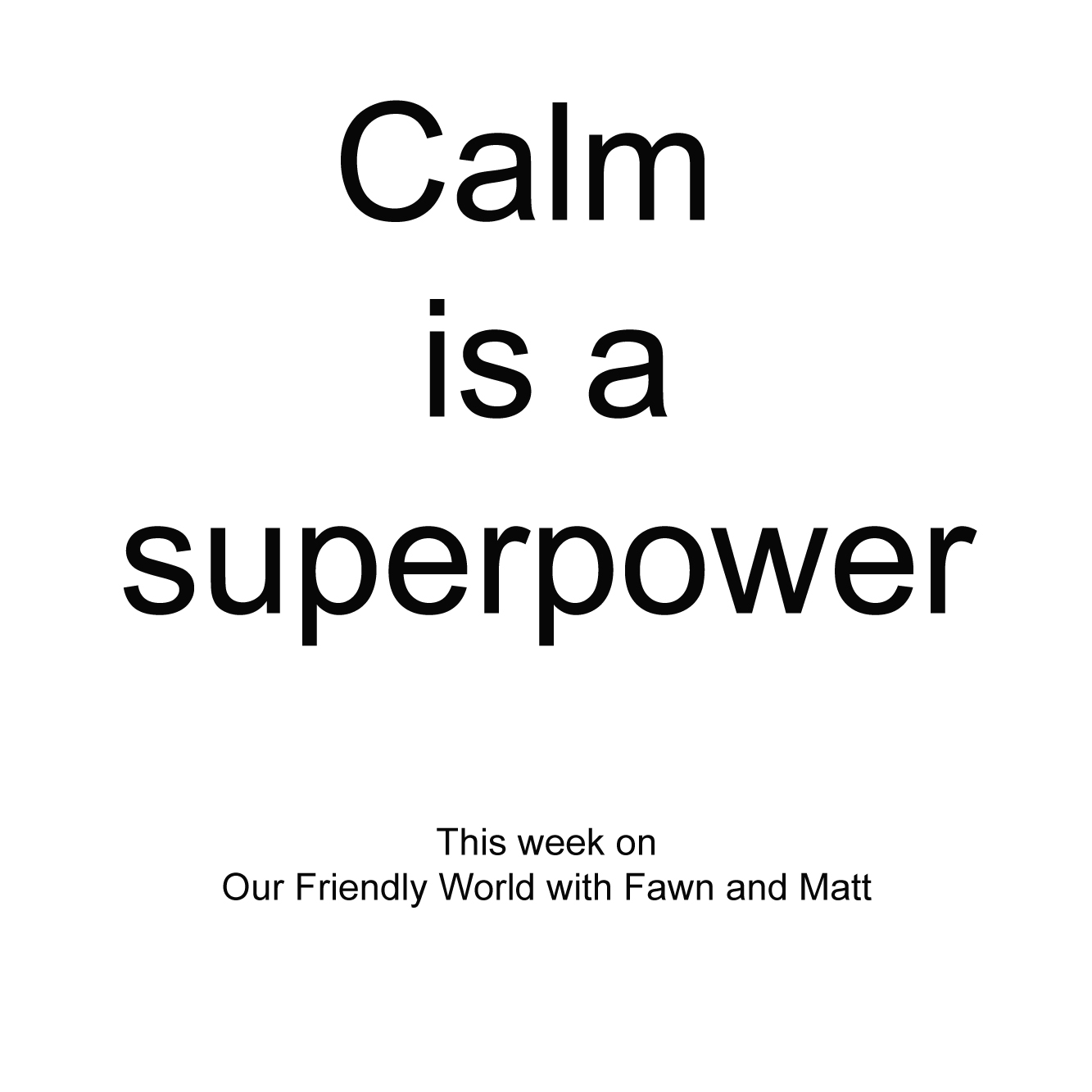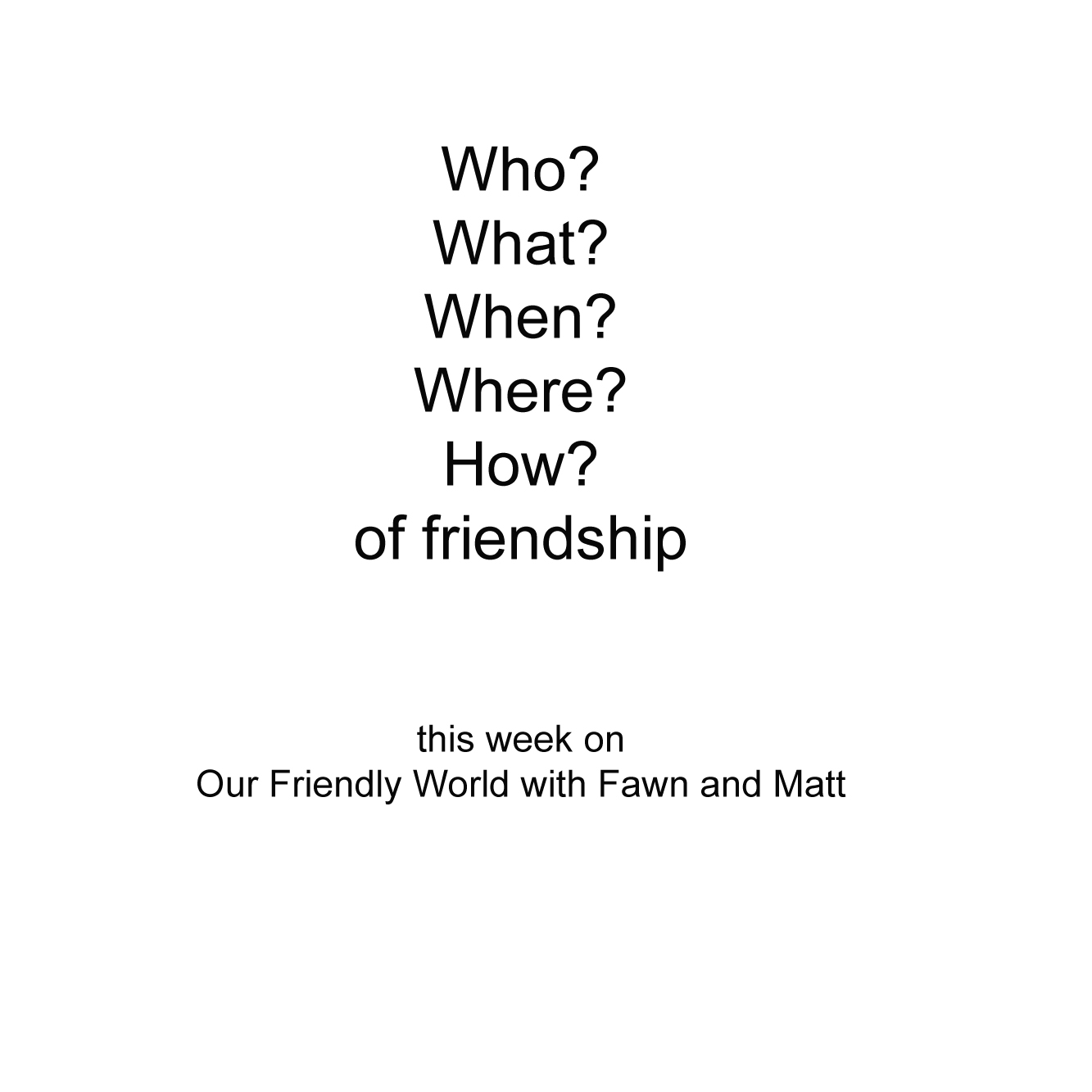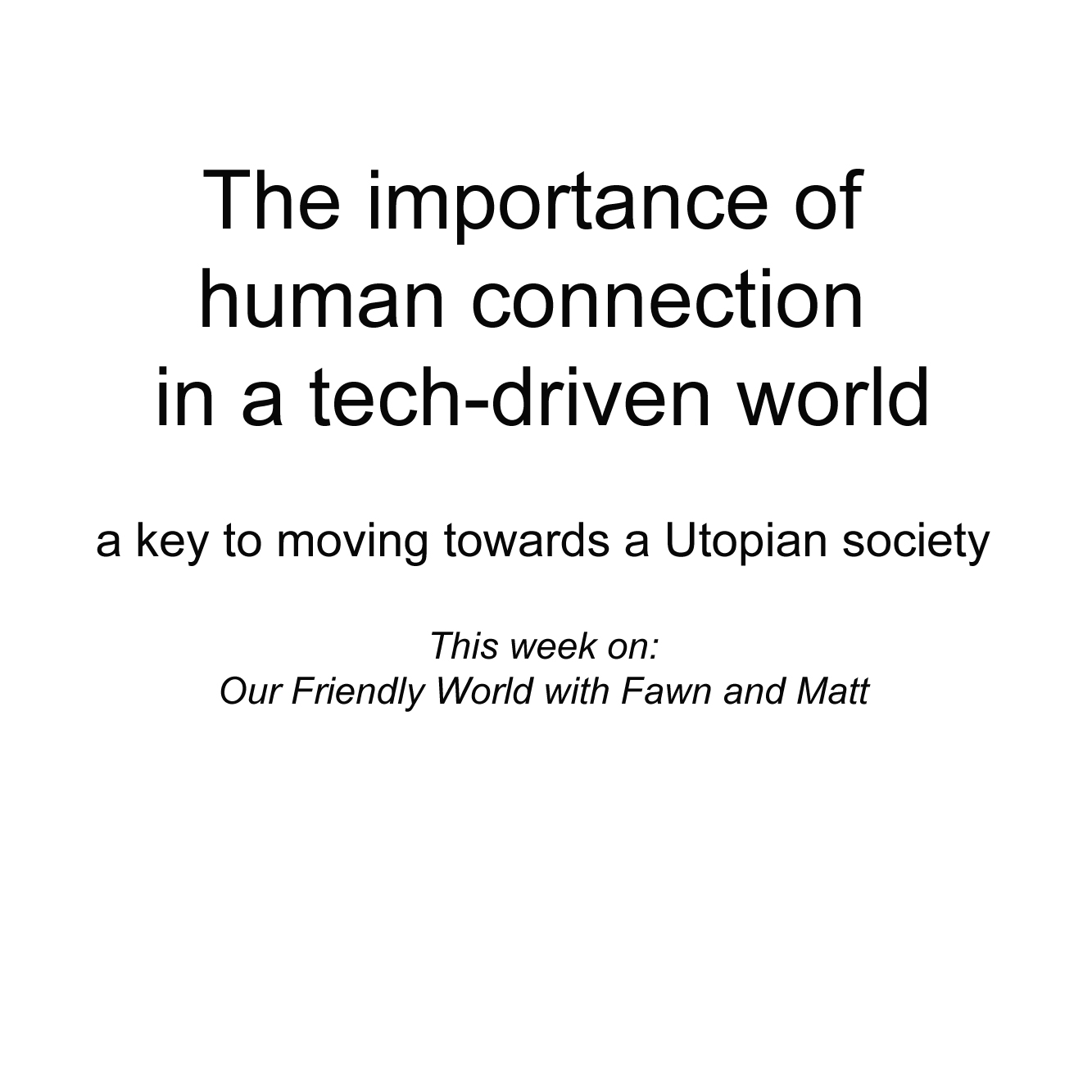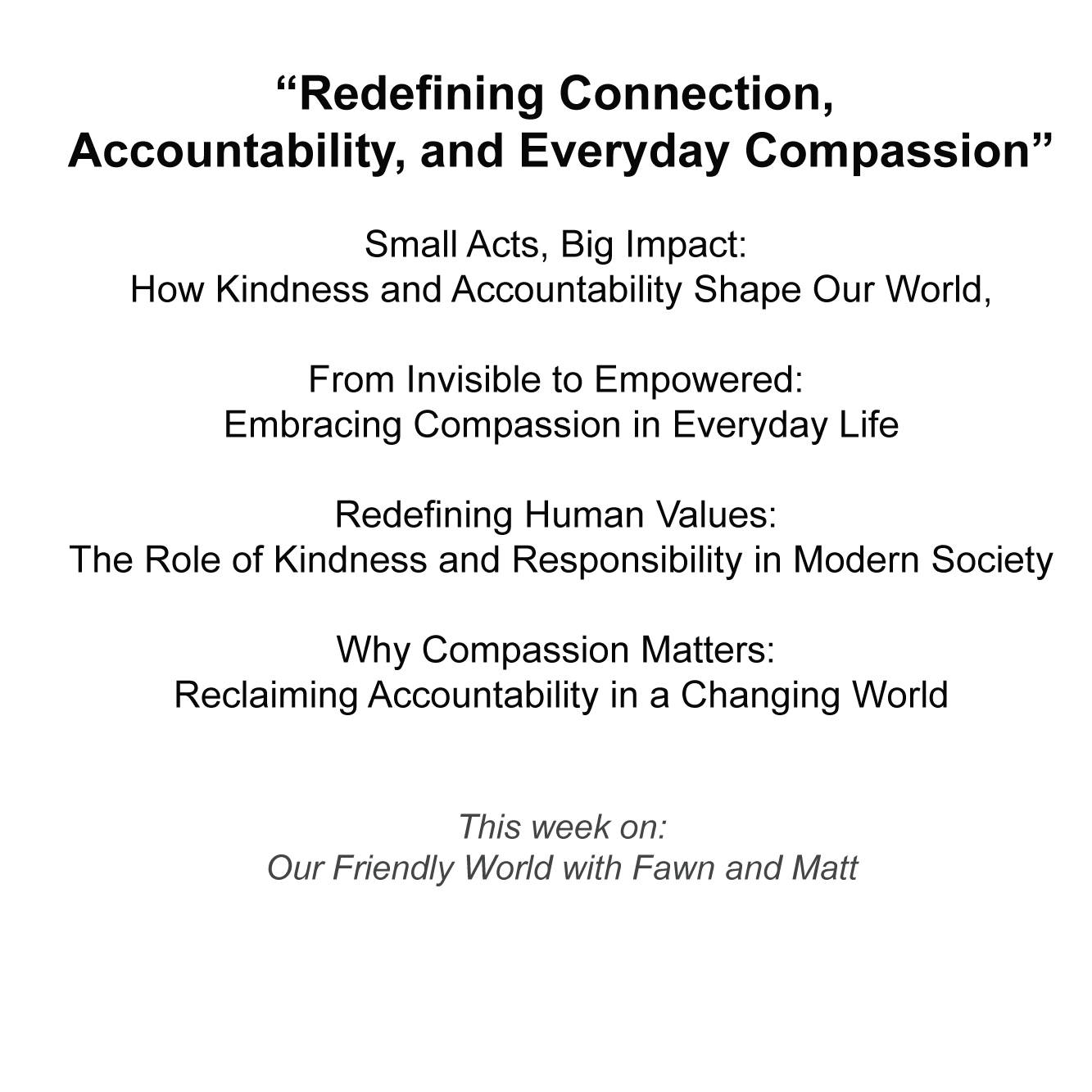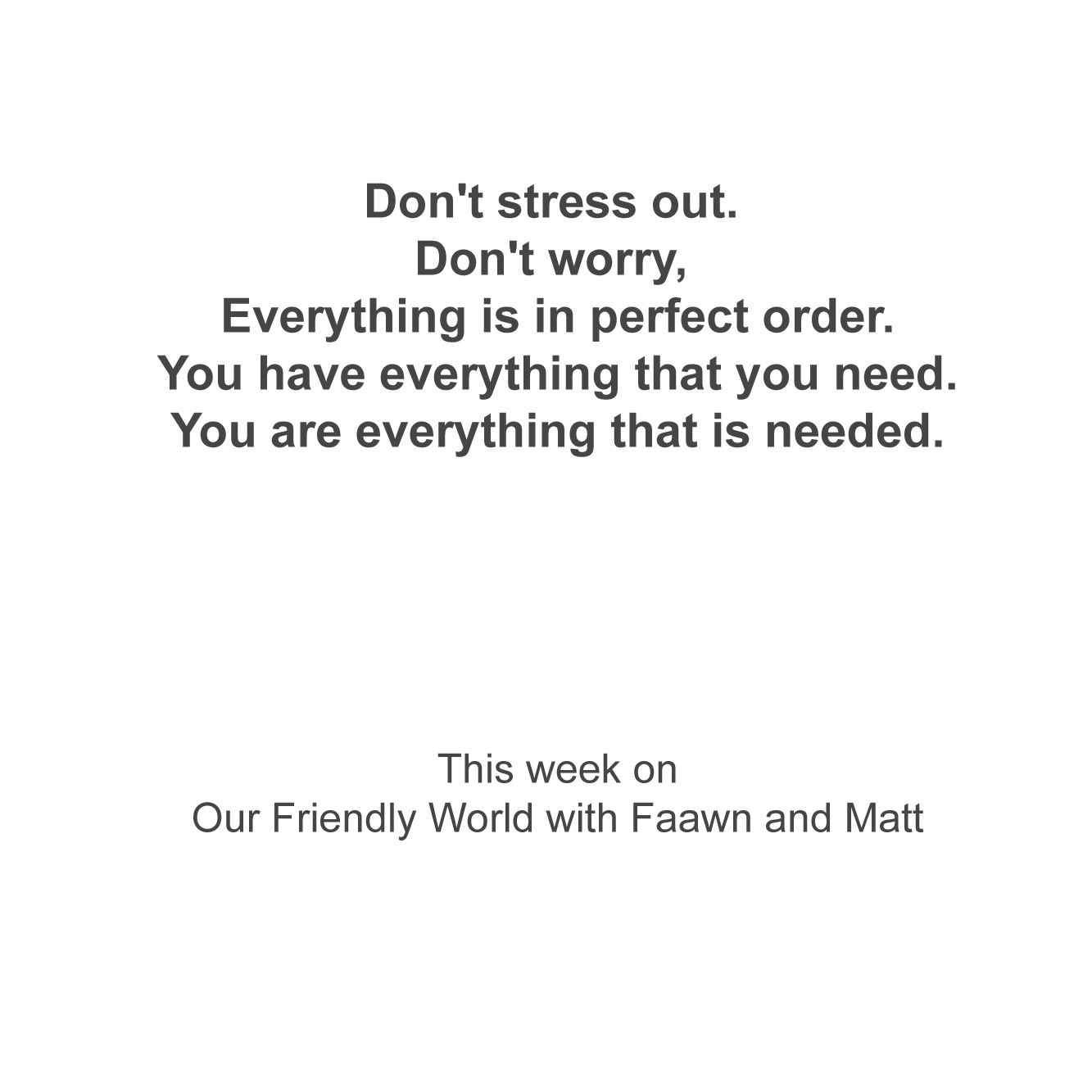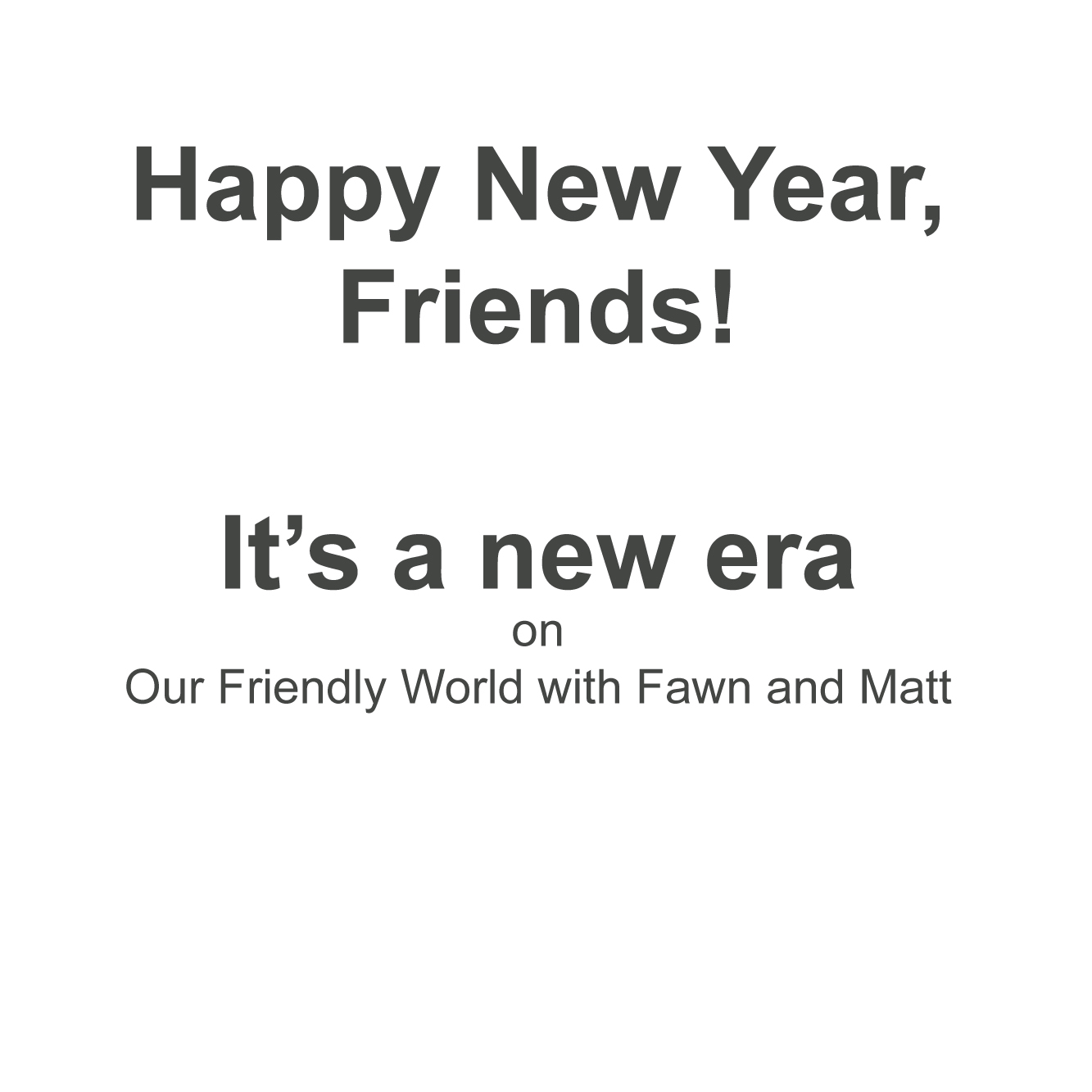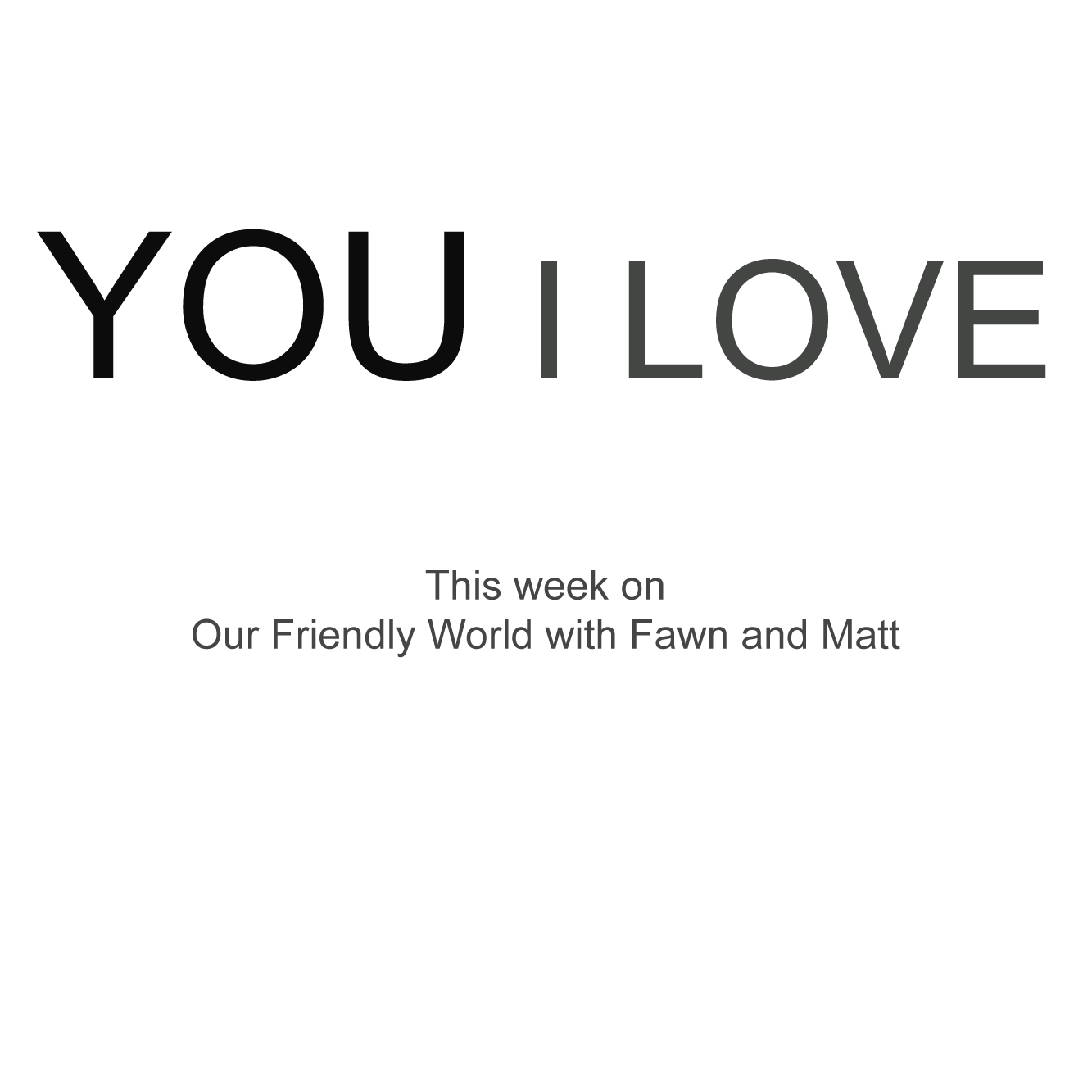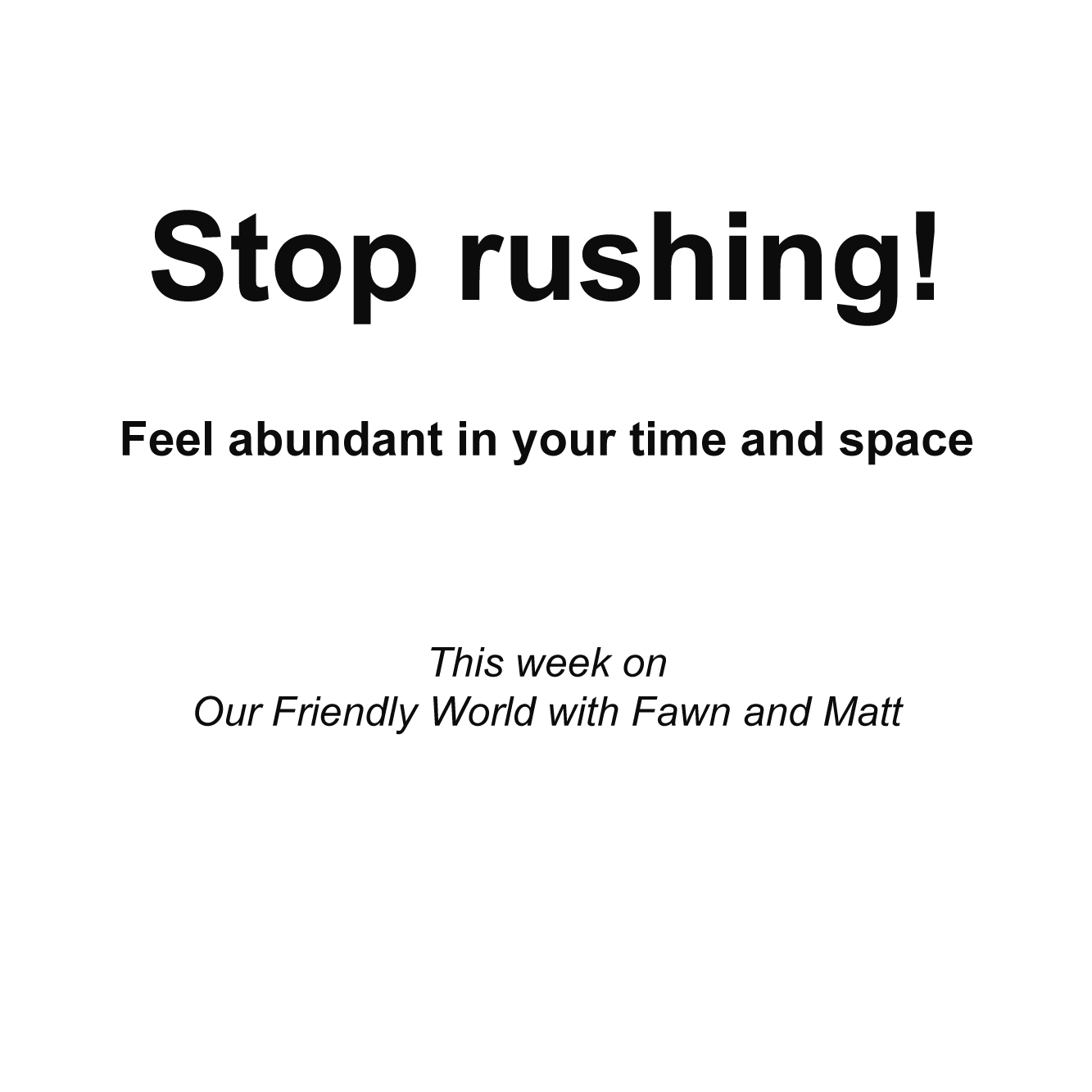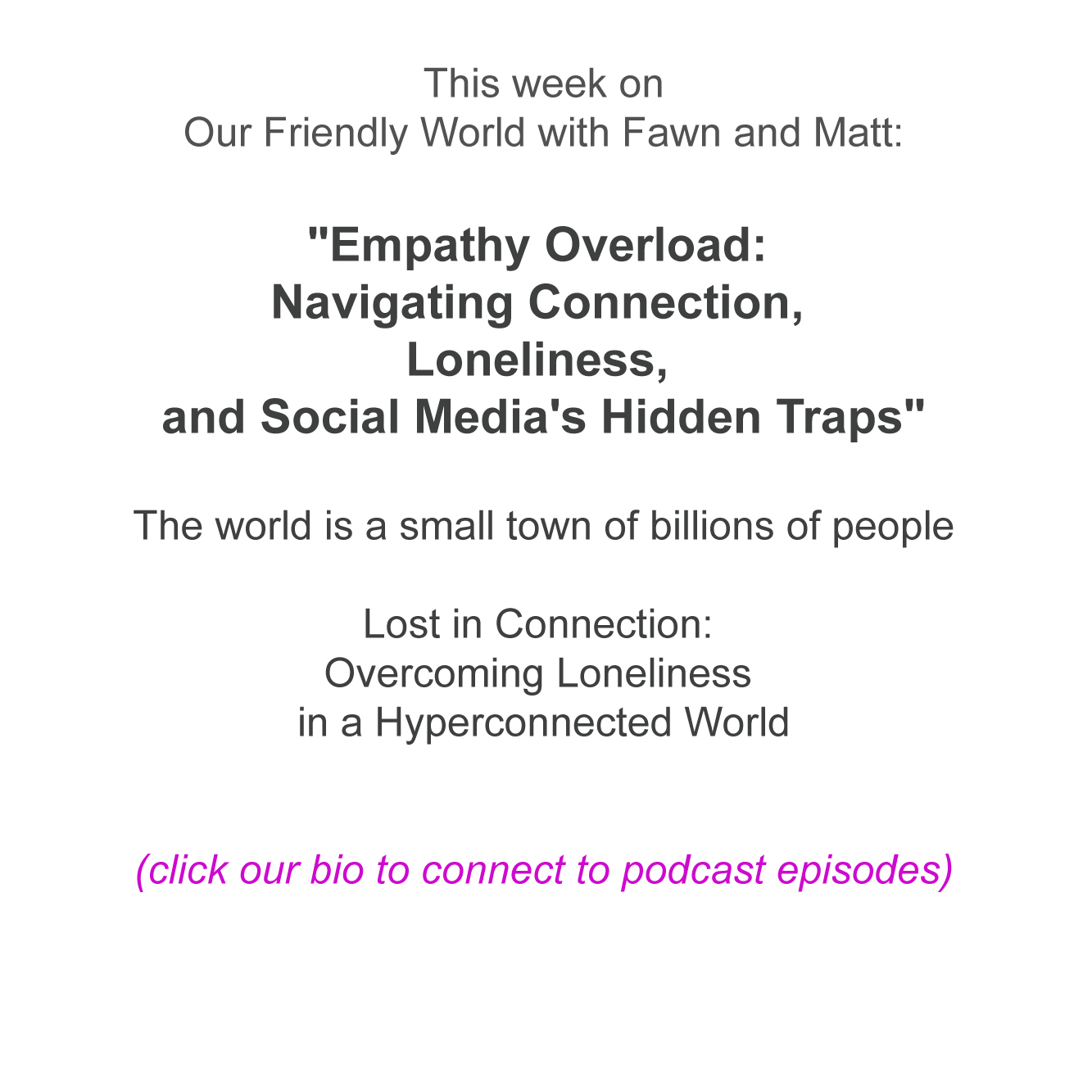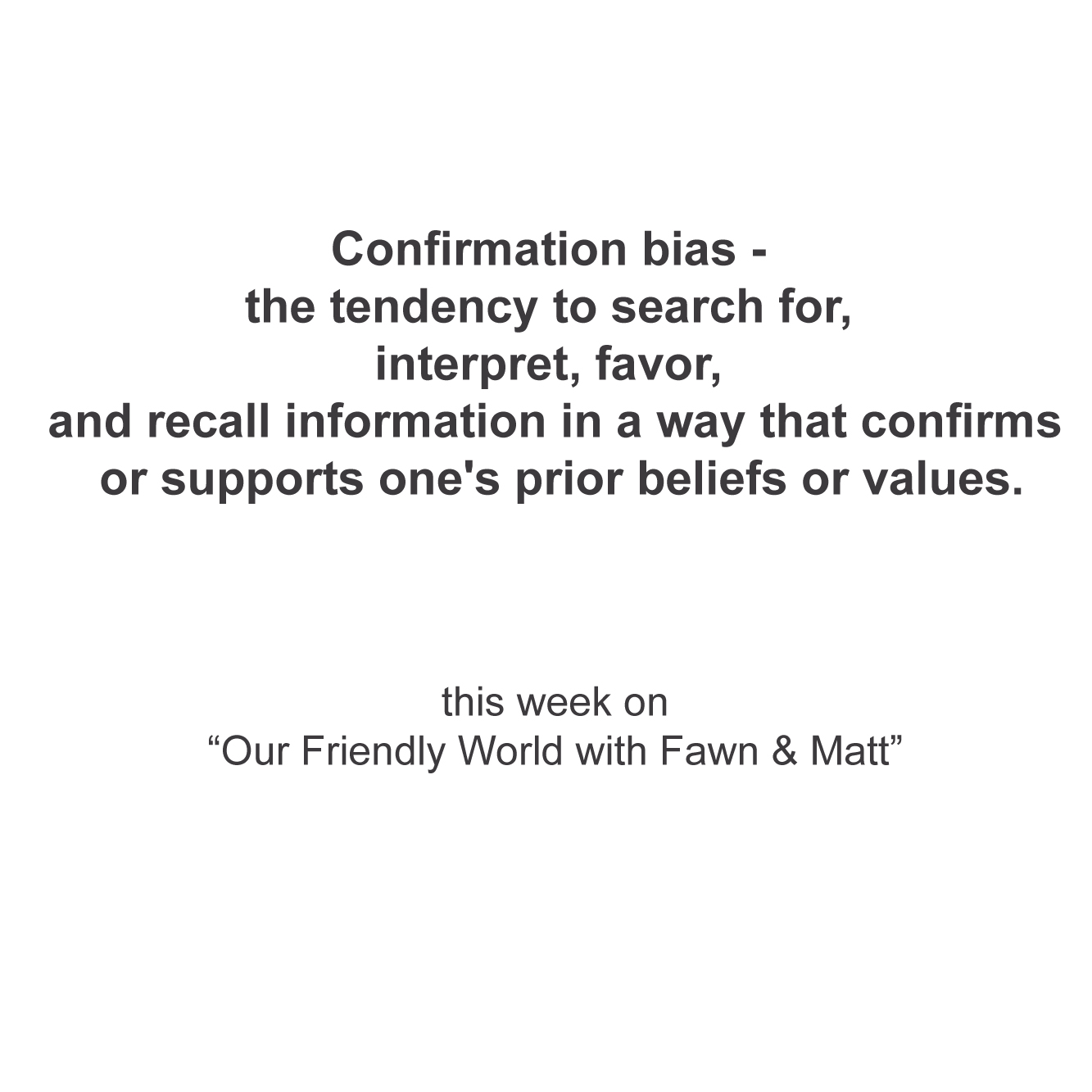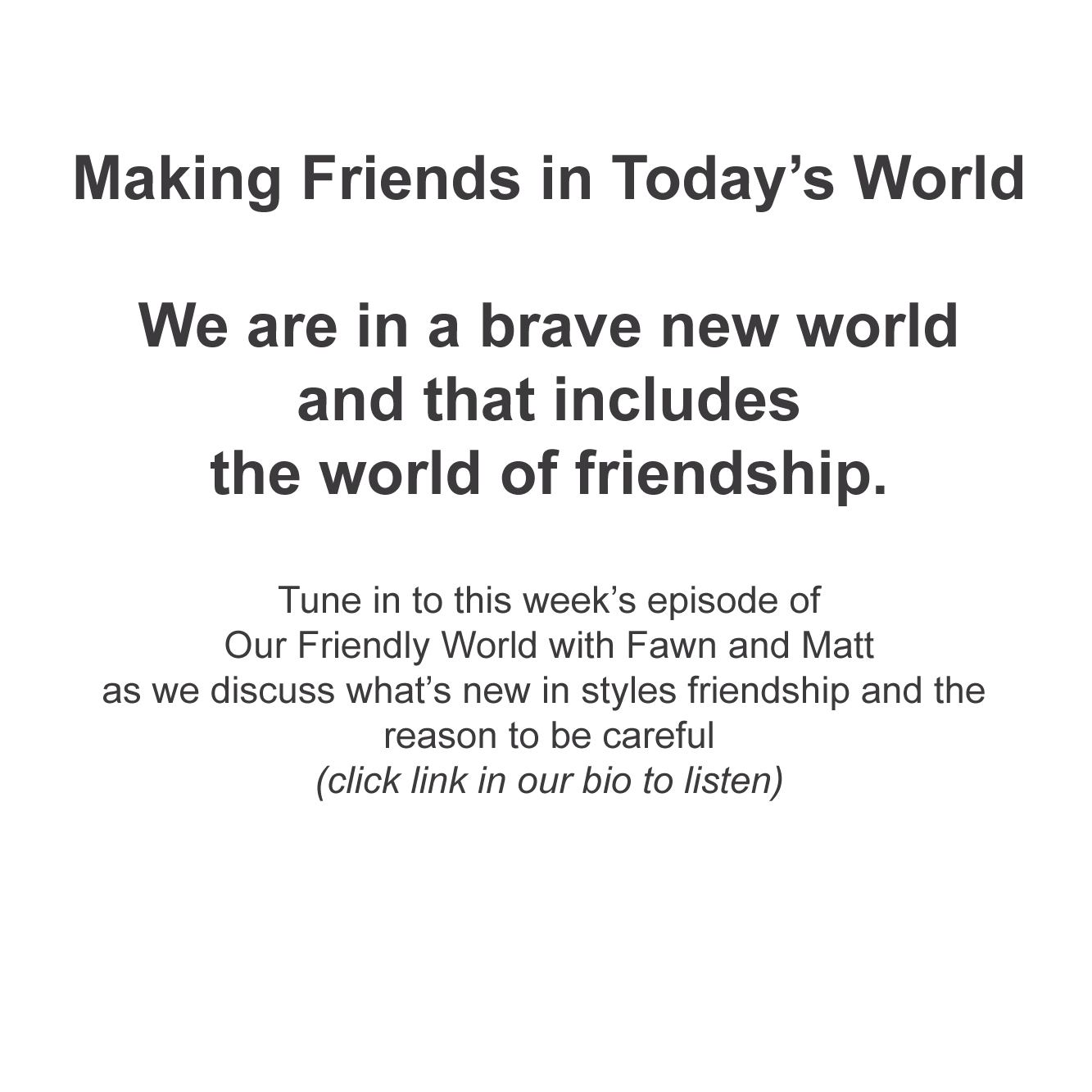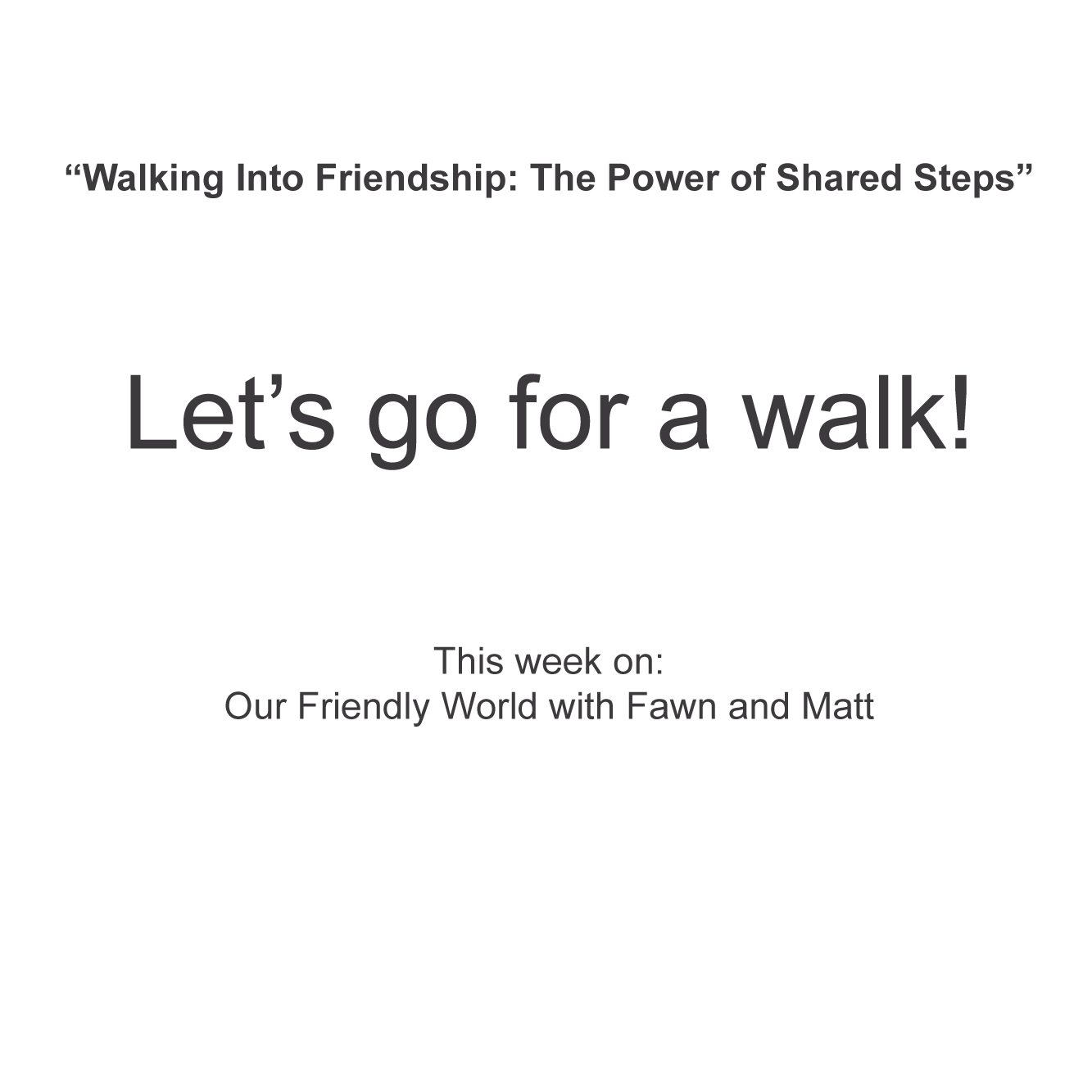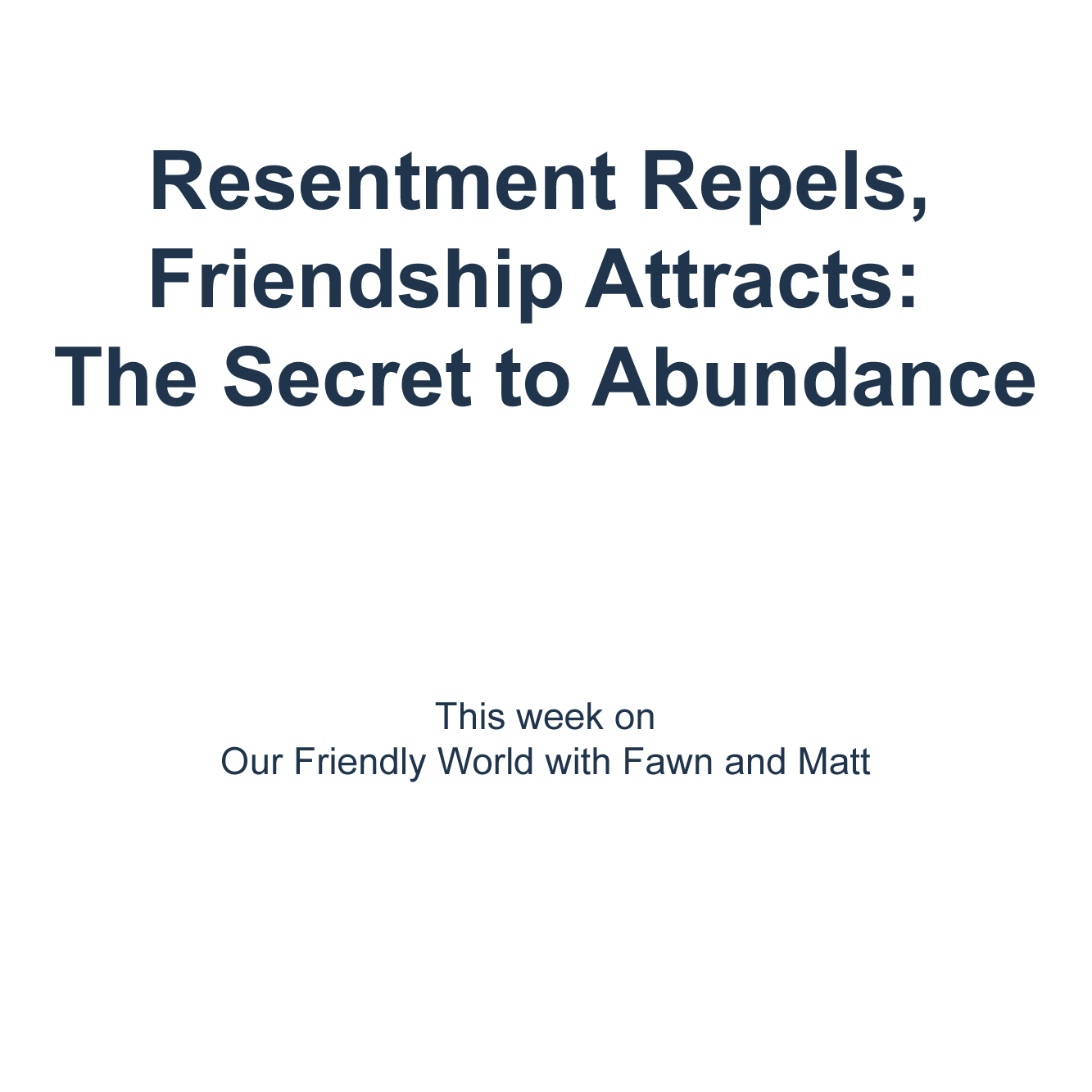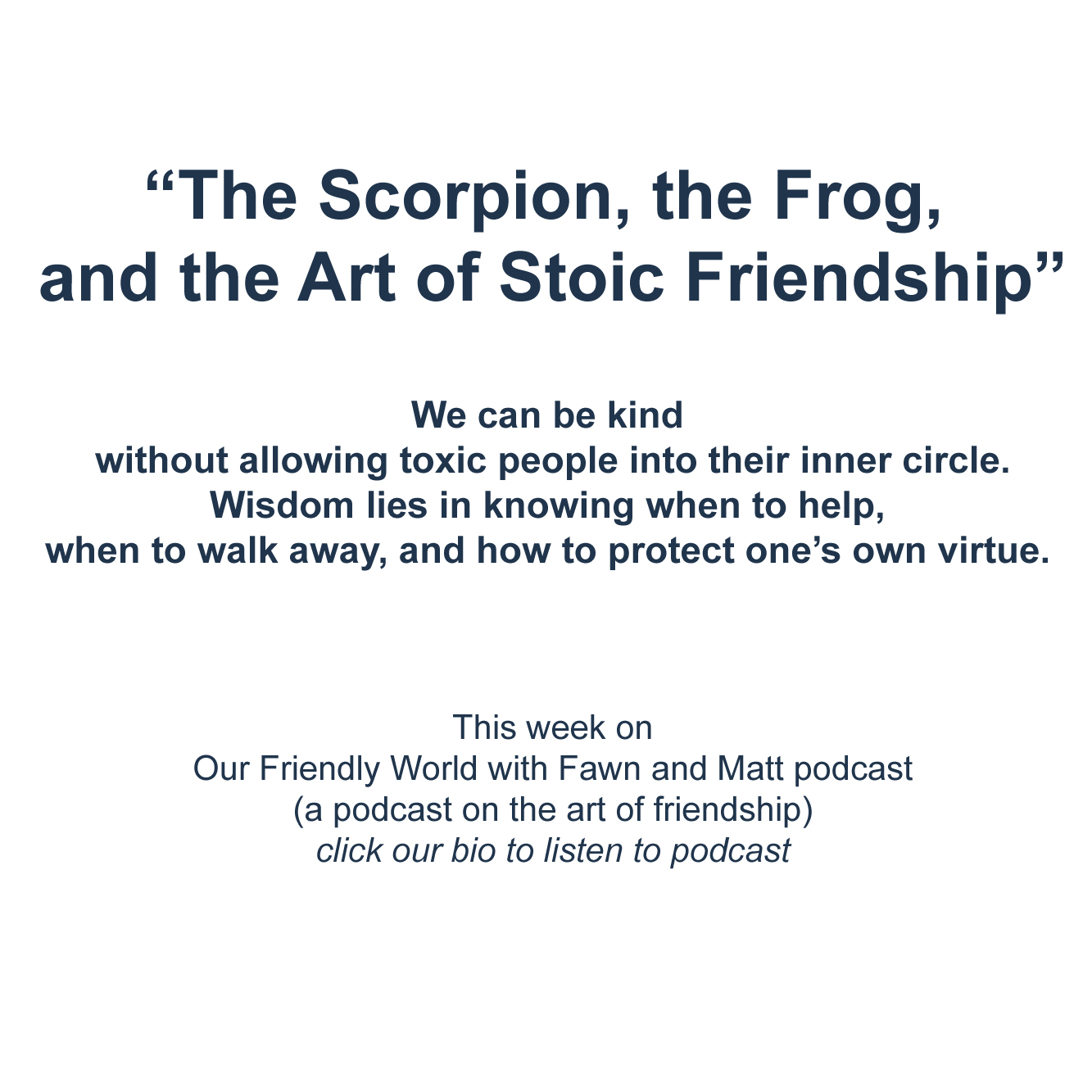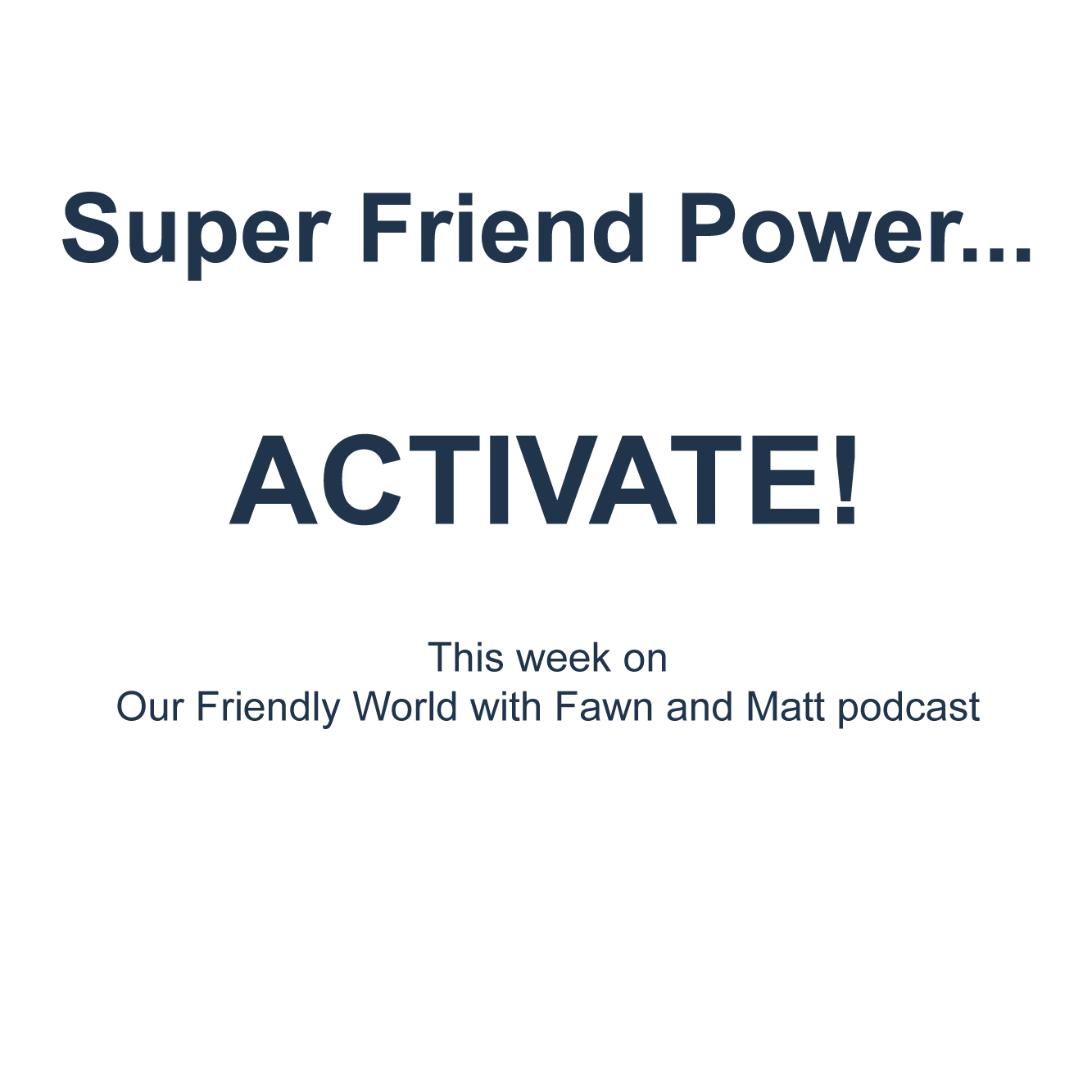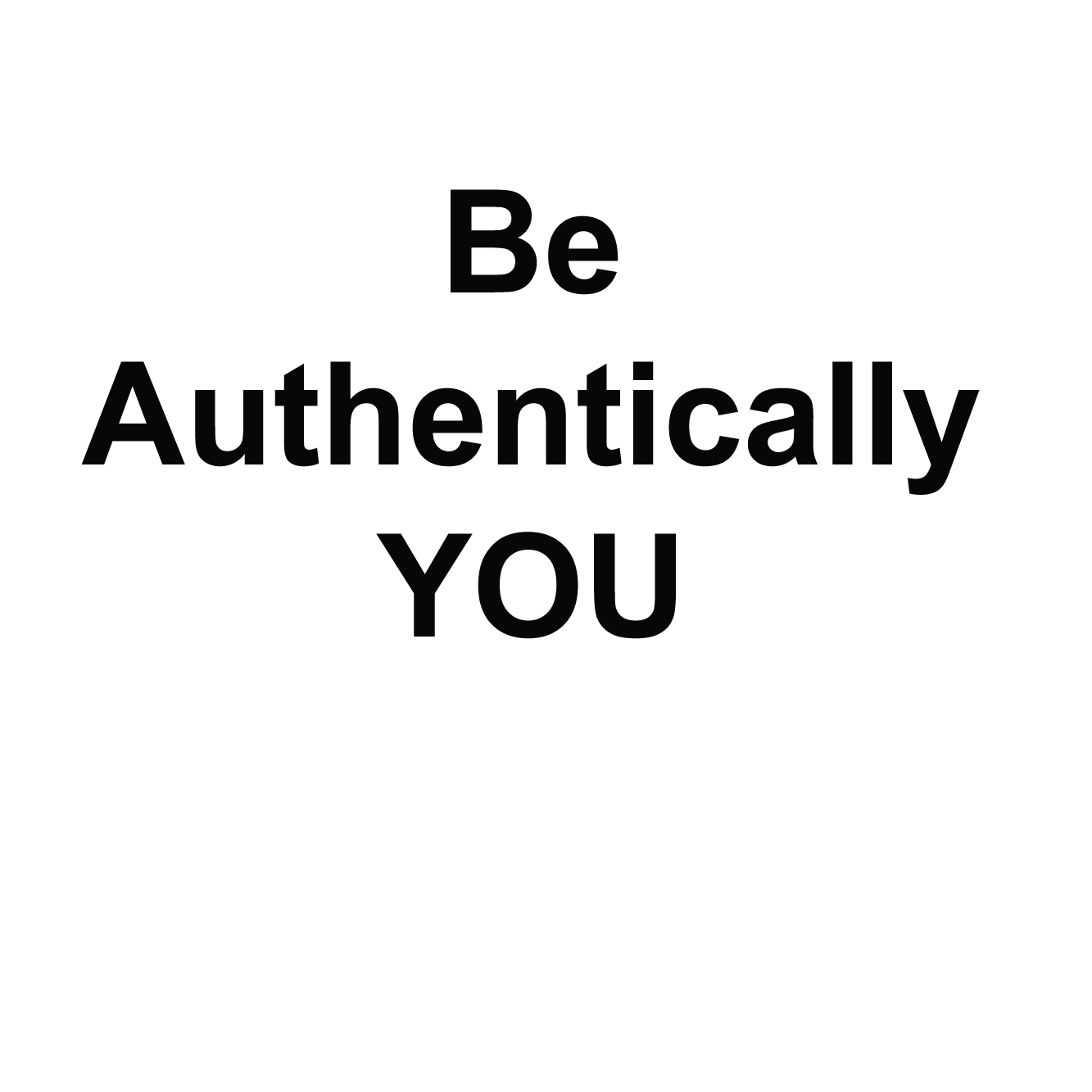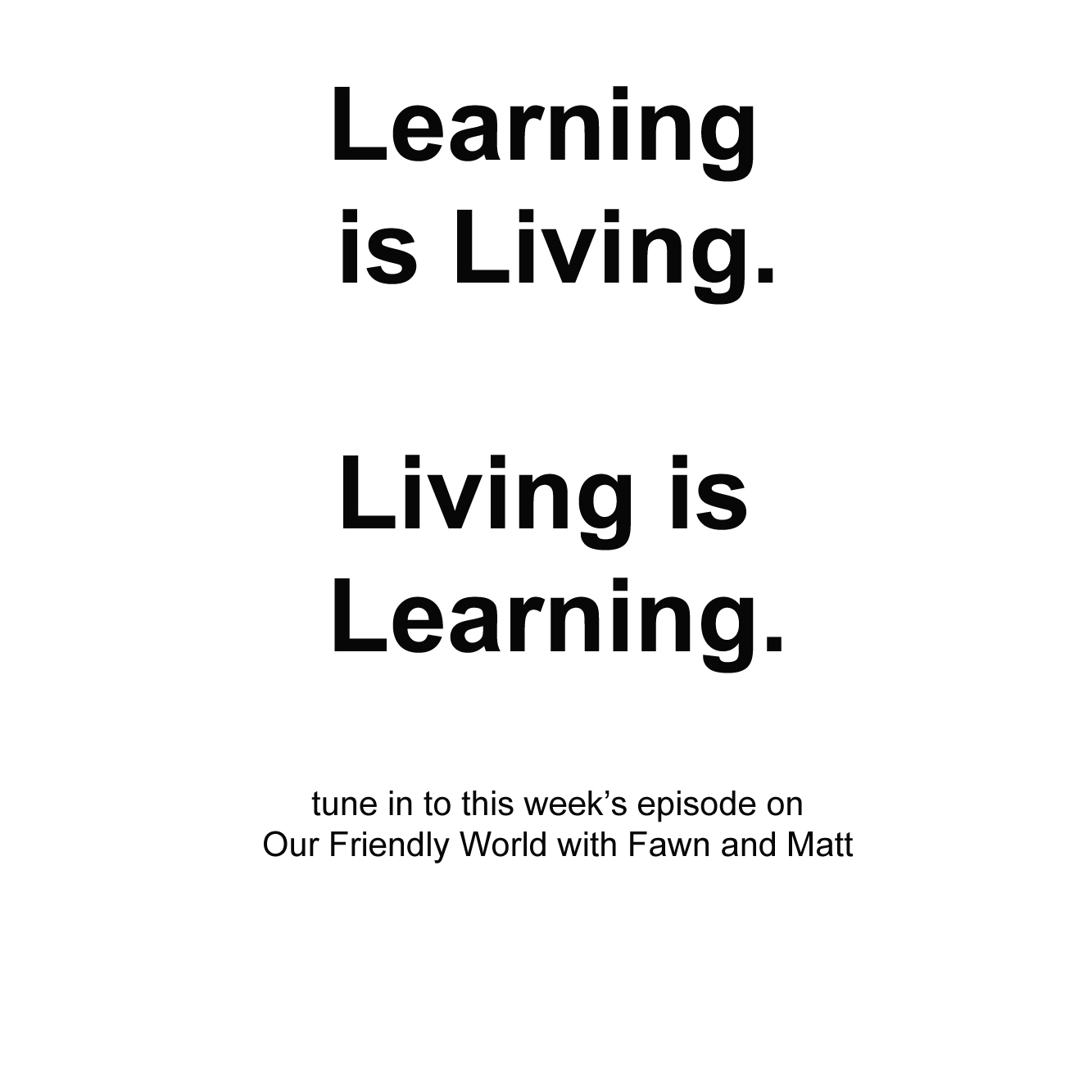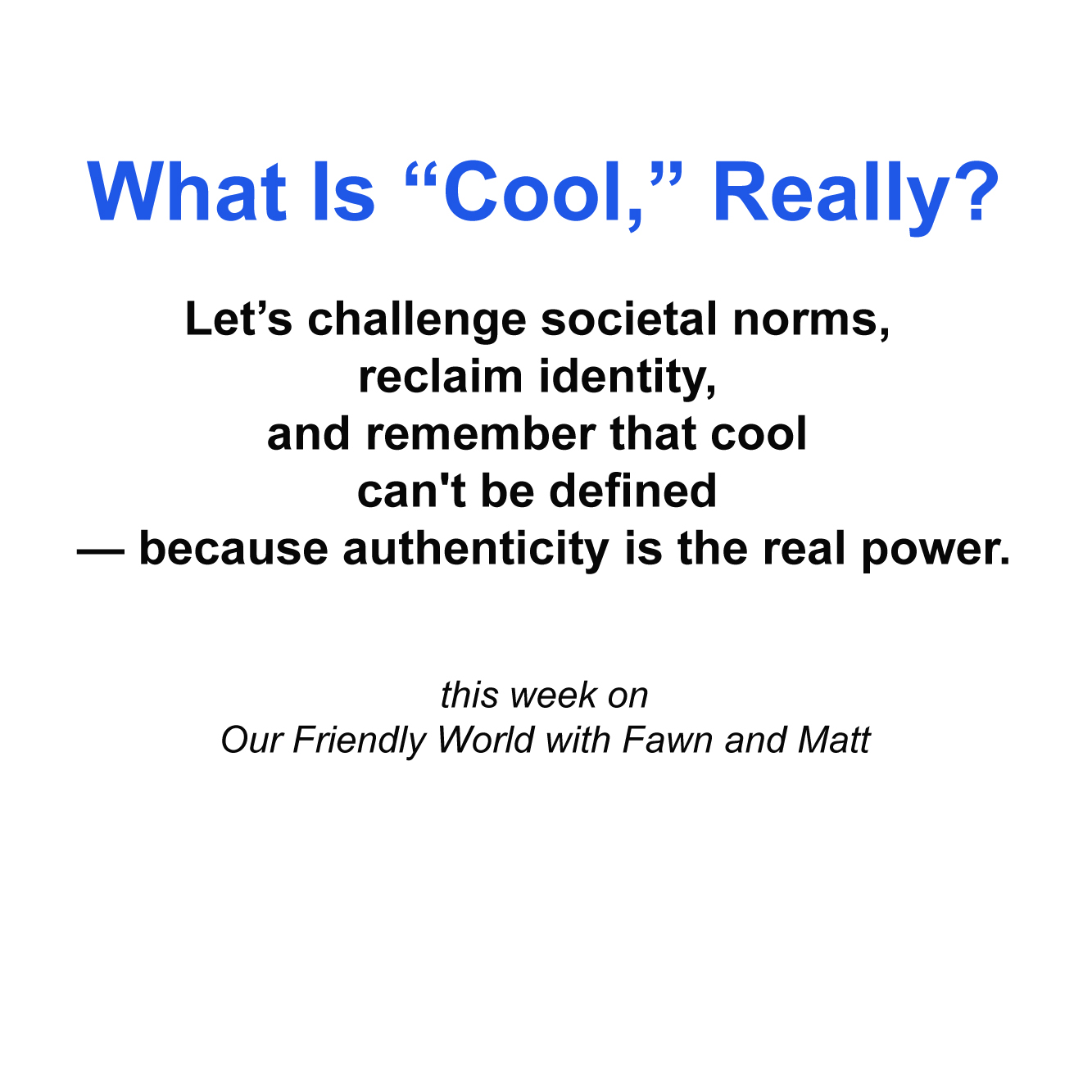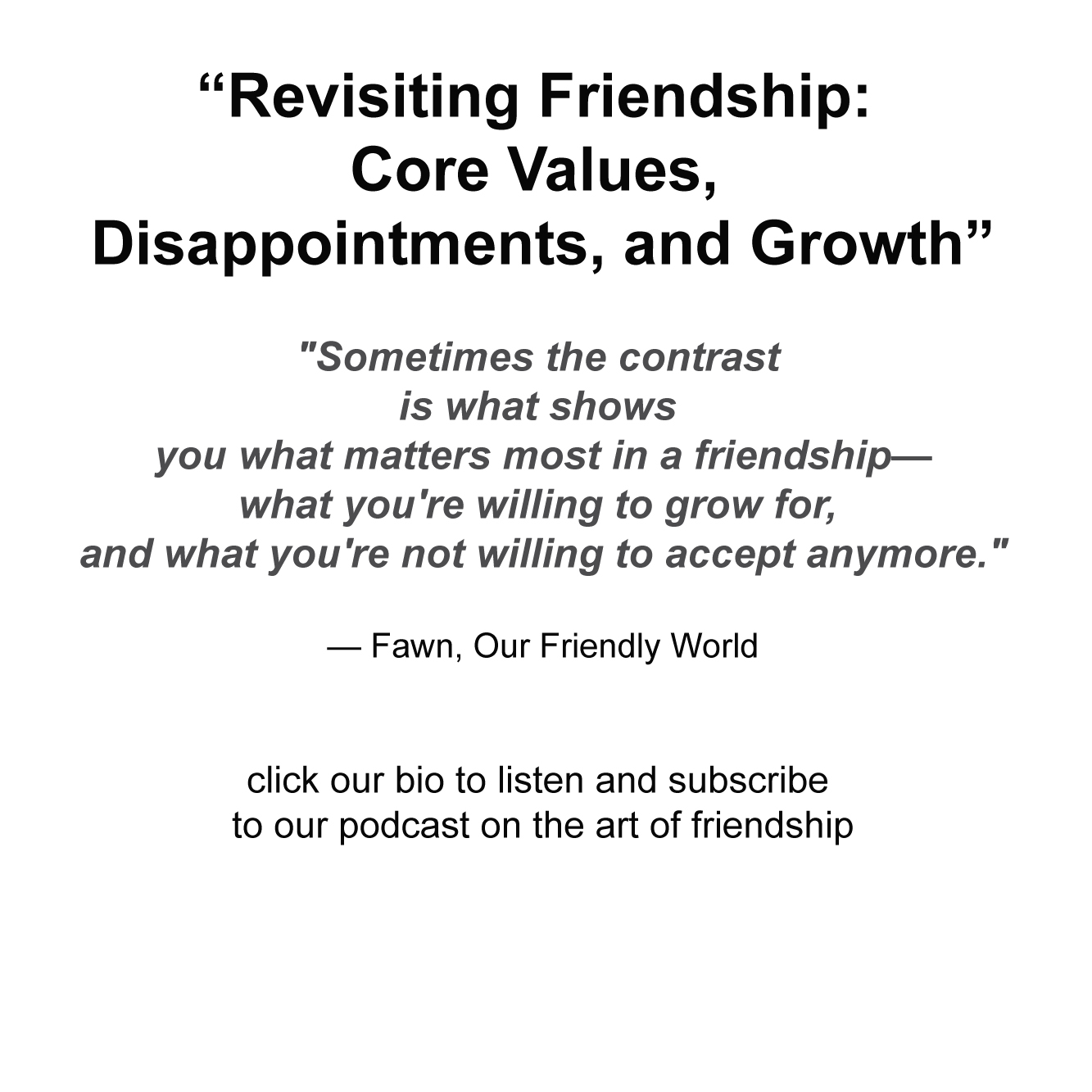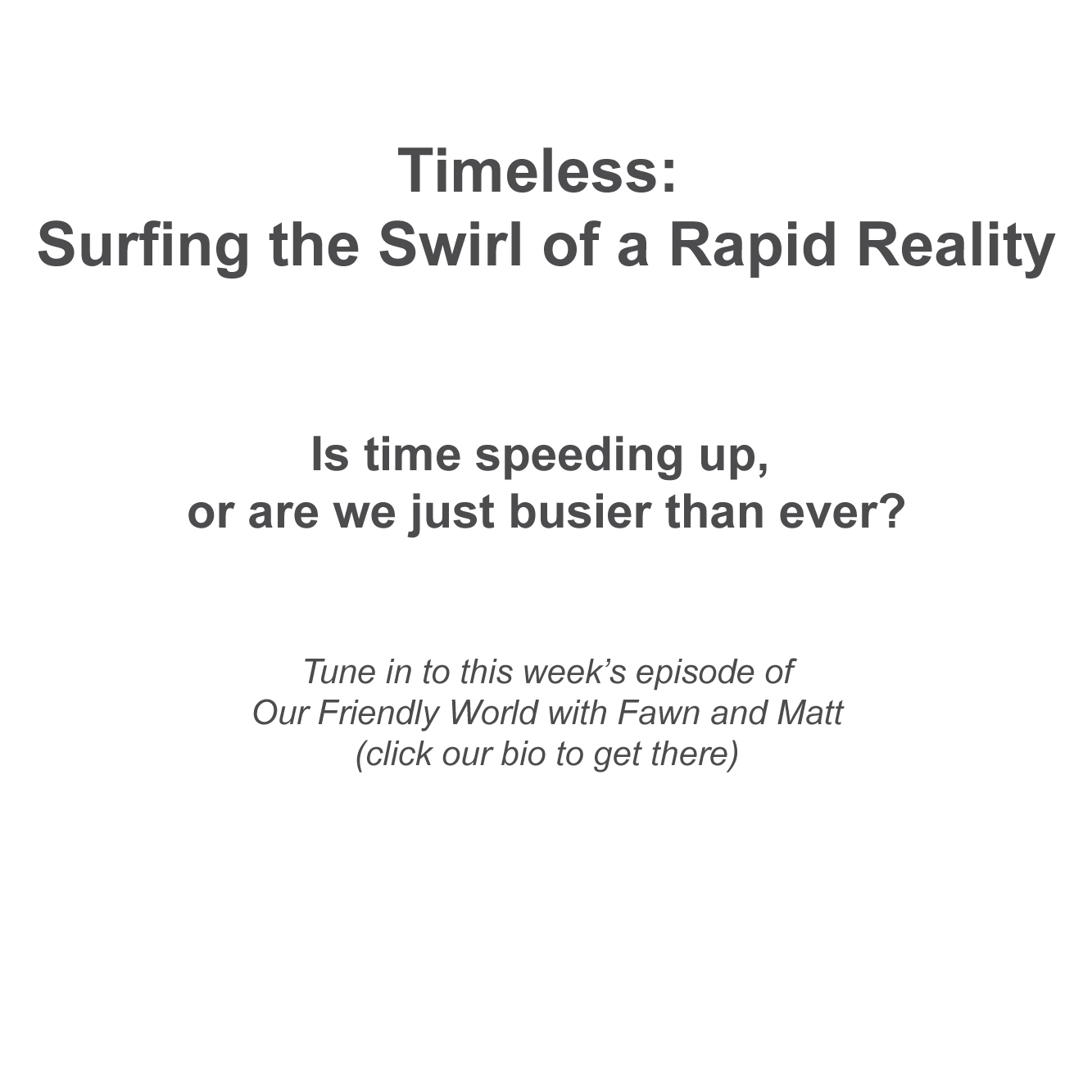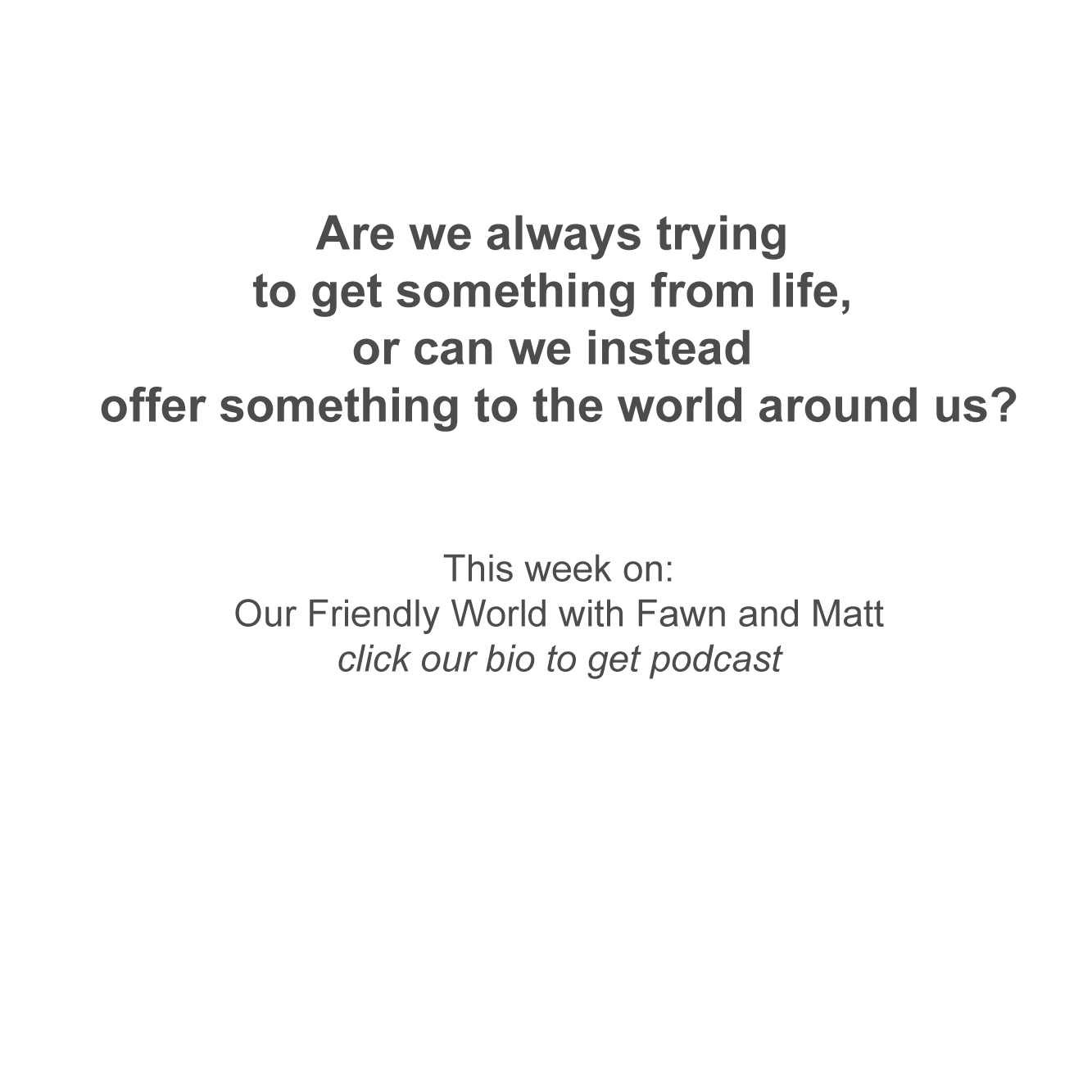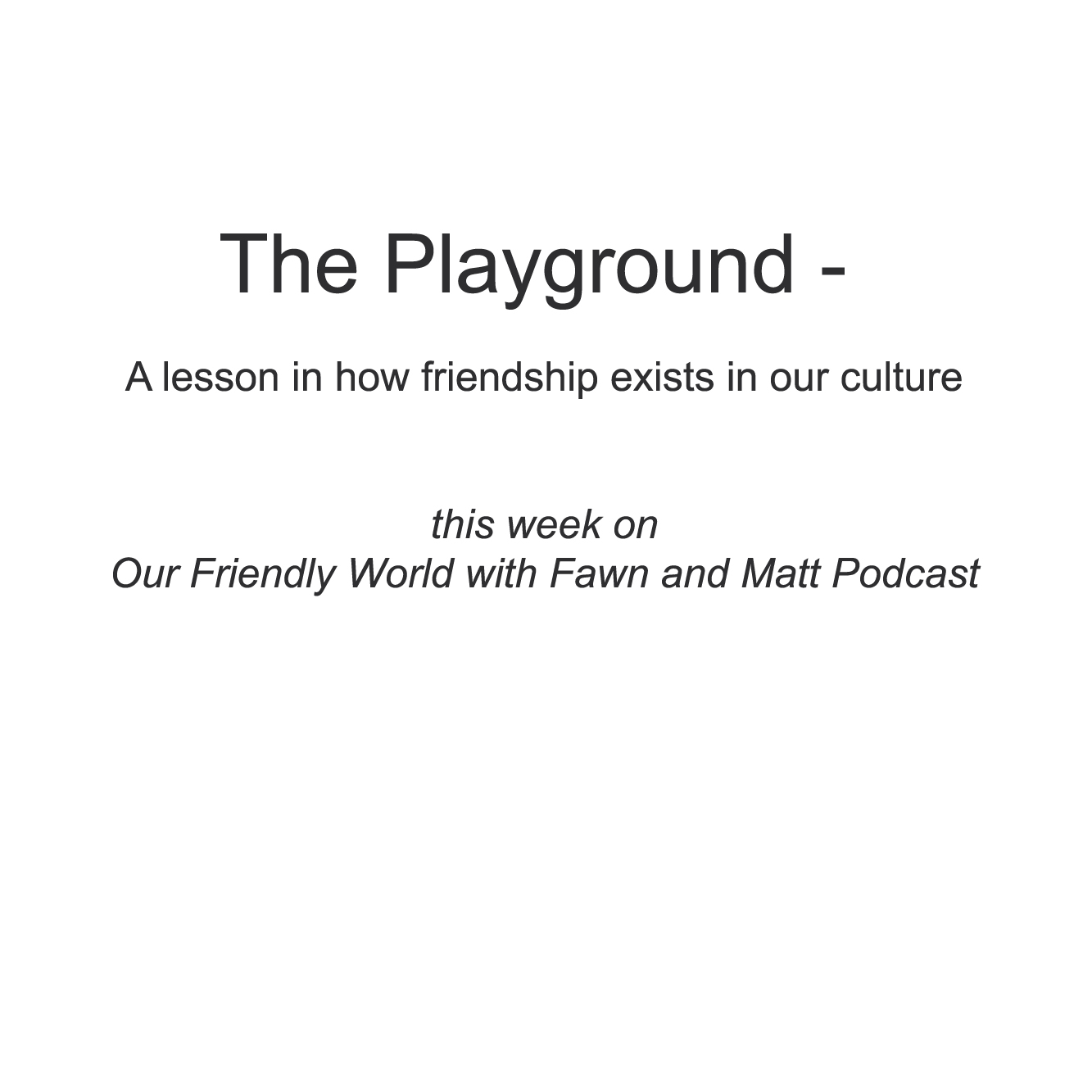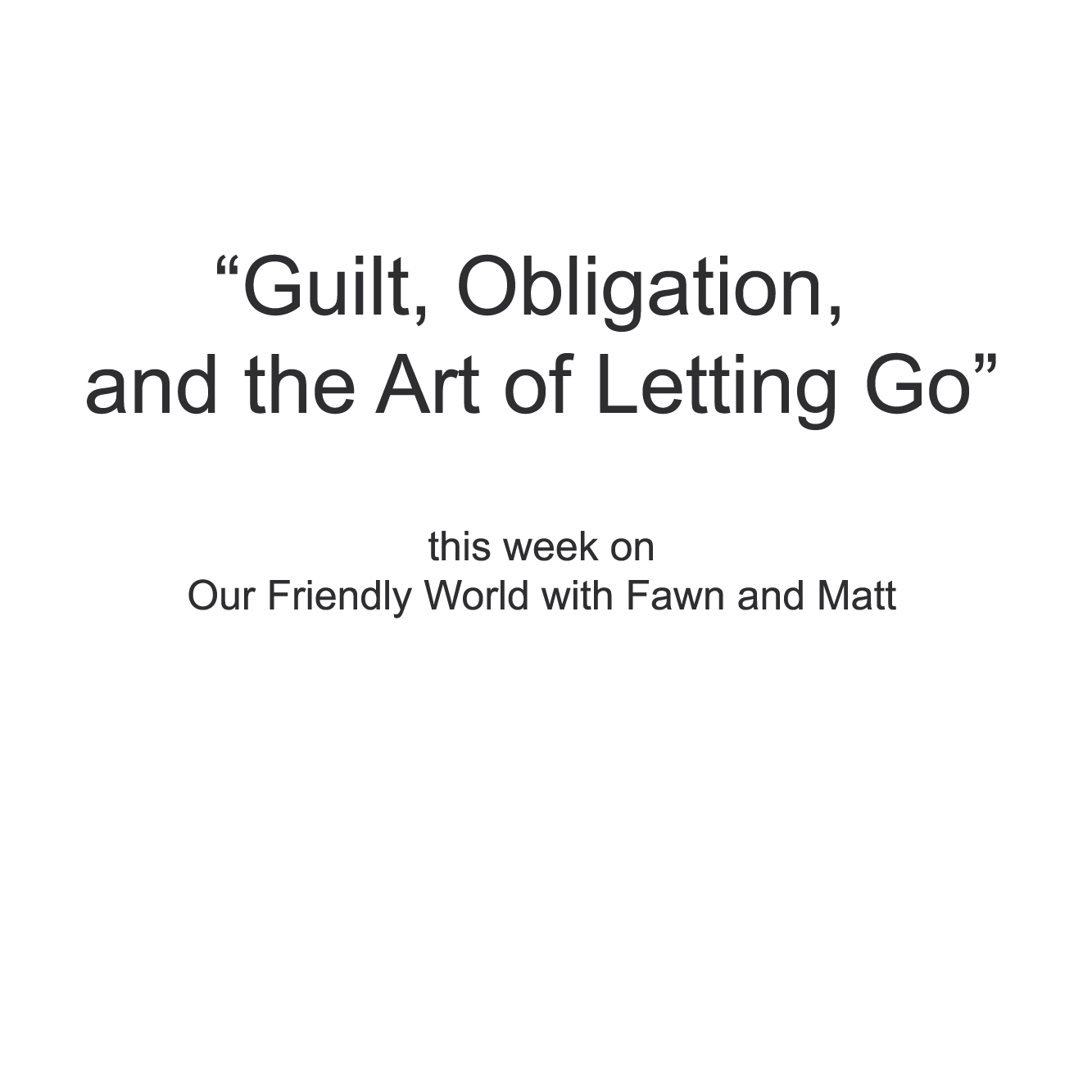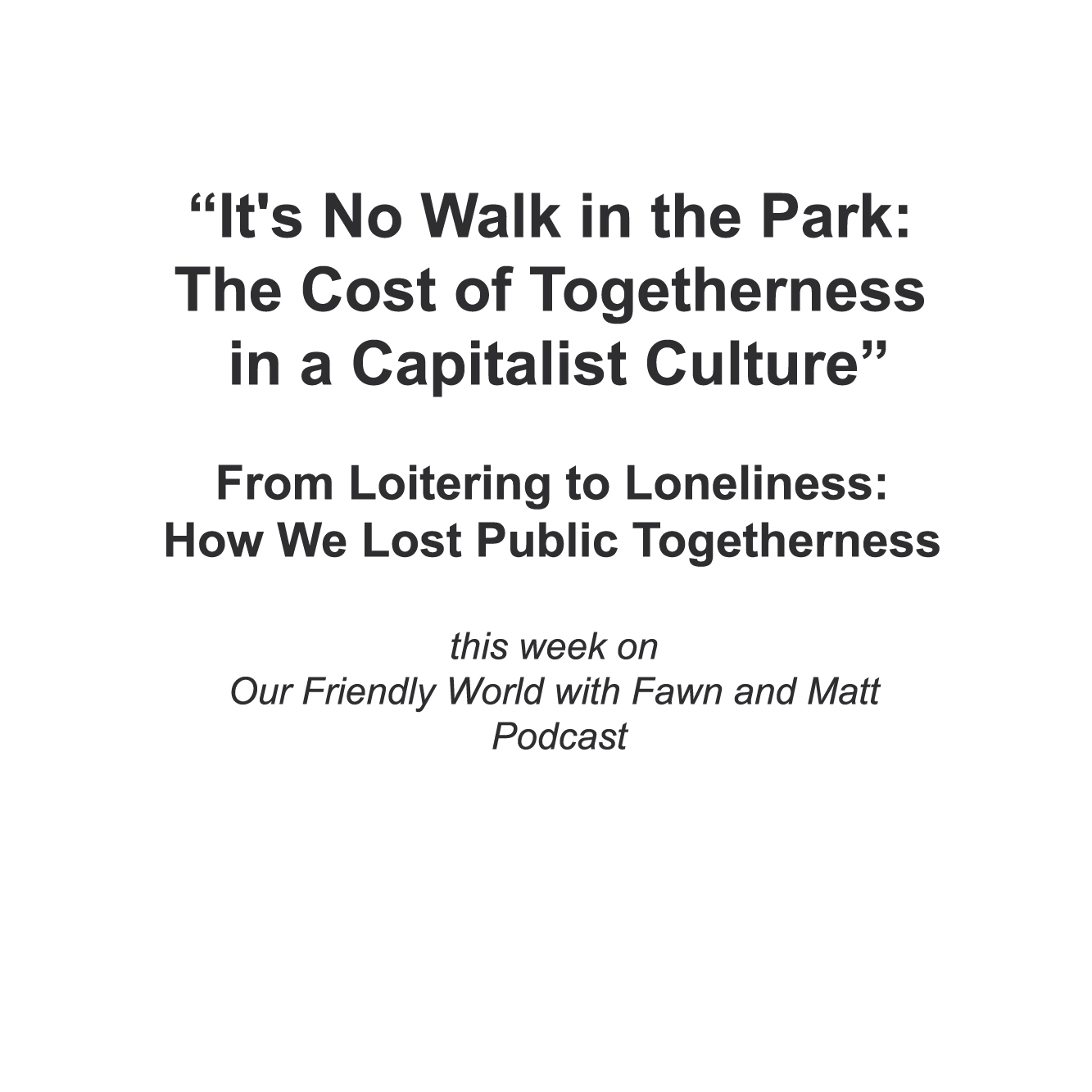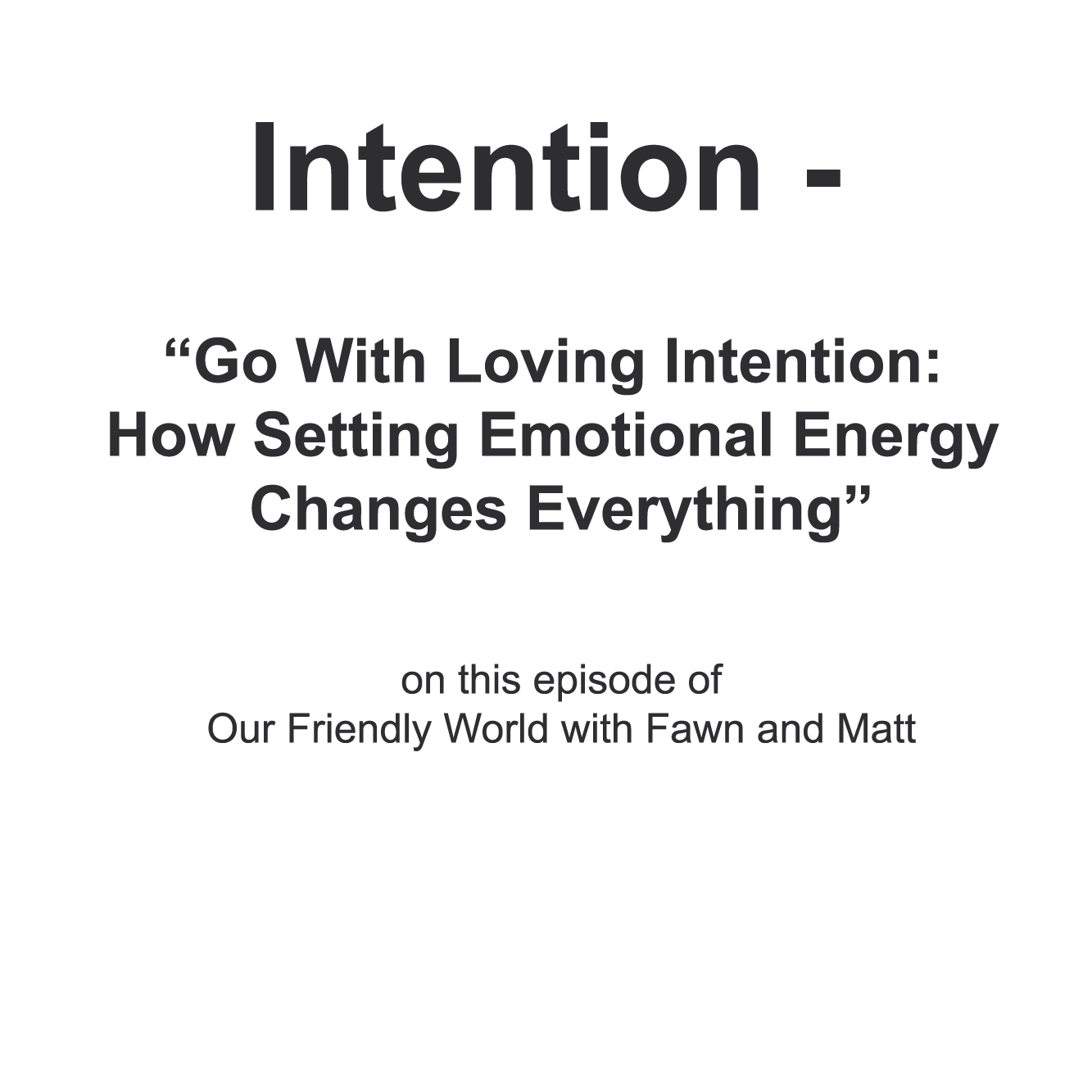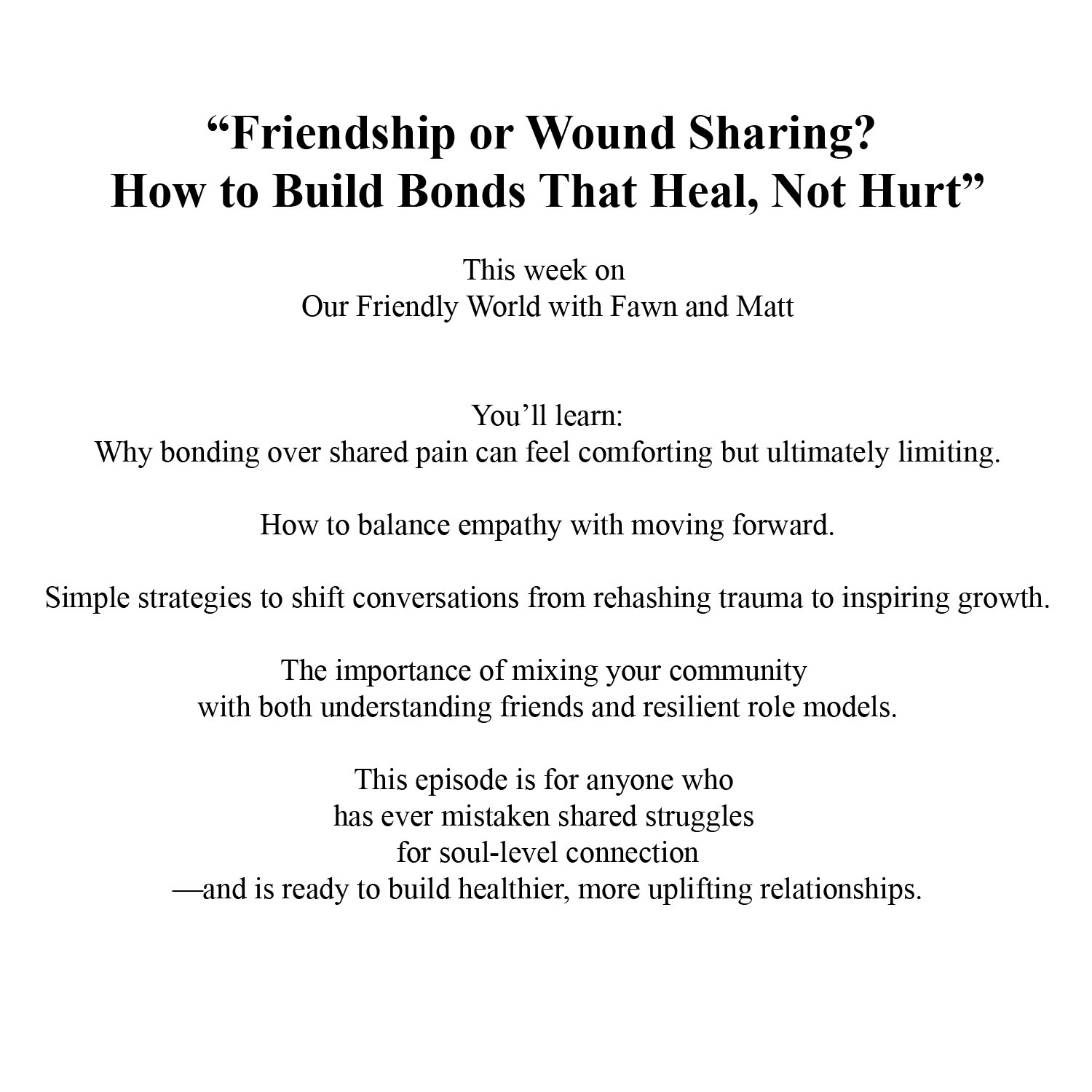The Other Weird Friend - Cultural Diversity's Impact on Society
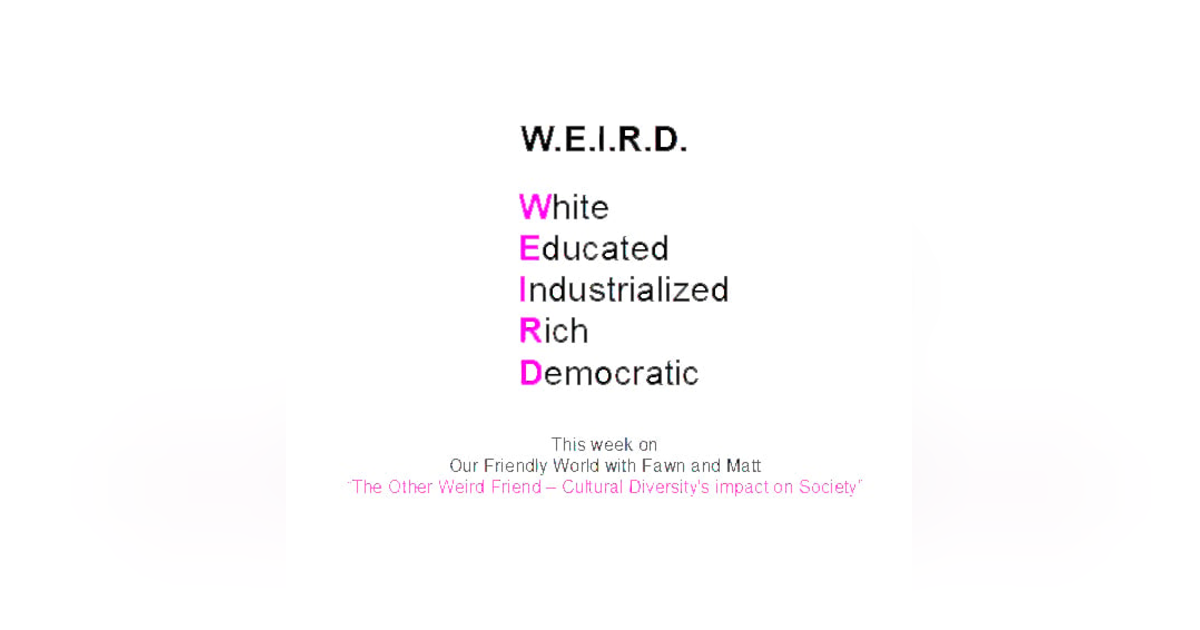
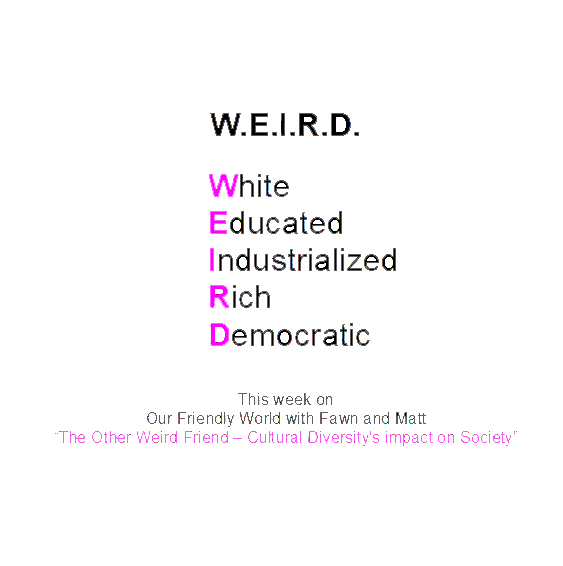
Fawn and Matt explore the dichotomy between individualism and collectivism, discussing cultural influences, and how media shapes our thoughts. They touch on examples like rice farmers vs. wheat farmers, geographic mindsets, and the importance of understanding diverse perspectives in friendships. The conversation reflects on personal biases and the need for open-mindedness in navigating societal divisions.
#IndividualismVsCollectivism #CulturalInfluences #MediaBias #PerspectiveShift #OpenMindedness #SocietalDivisions #MindsetMatters #DiversePerspectives #PodcastDiscussion #SocialThoughts #BiasAwareness
Fawn and Matt explore the dichotomy between individualism and collectivism, discussing cultural influences, and how media shapes our thoughts. They touch on examples like rice farmers vs. wheat farmers, geographic mindsets, and the importance of understanding diverse perspectives in friendships. The conversation reflects on personal biases and the need for open-mindedness in navigating societal divisions.
#IndividualismVsCollectivism #CulturalInfluences #MediaBias #PerspectiveShift #OpenMindedness #SocietalDivisions #MindsetMatters #DiversePerspectives #PodcastDiscussion #SocialThoughts #BiasAwareness
W.E.I.R.D - Western, Educated, Industrialized, Rich, Democratic
The Other Weird Friend - TRANSCRIPT
[00:00:00] Fawn: A human is part of a whole called by us the universe, a part limited in time and space. He experiences himself, his thoughts and feelings as something separated from the rest, a kind of optical delusion of his consciousness.
[00:00:21] Fawn: This delusion is a kind of prison for us, restricting us to our personal desires and to affection for a few persons nearest us. Our task must be to free ourselves from this prison by widening our circles of compassion to embrace all living creatures and the whole of nature and its beauty.
[00:00:46] Fawn: Albert Einstein Hi everybody. Hello, what is, hmm. Welcome back. You know I used to, I put this quote in one of my books. I totally wholeheartedly agreed with it. But today I'm not sure if I do. Isn't that weird? And I'm not talking a good weird. I'm not talking about the good weird.
[00:01:09] MATT: You're talking, uh, you're not talking about our previous episode, The Weird Friend, where weird can translate as maybe magical?
[00:01:19] MATT: Mystical. We're talking about weird. As in, I'm guessing, weird as in western, educated, industrialized, rich, democratic.
[00:01:31] Fawn: Weird. Yeah, exactly. Exactly. Um, today I've been really thinking about individualism versus Collectivism. Collectivism. I mean, yes, you brought it up, you know, a few days ago. Mm hmm. But completely unrelated, I was talking to one of my best friends today.
[00:01:51] Fawn: And we were talking about that. It came up, she brought it up.
[00:01:54] MATT: Zeitgeist. Jinx. Now you owe me a Coke.
[00:02:03] Fawn: Man, I think you should explain, explain it to our friends the way you started explaining it to me. And then when you did, I was like, I was disgusted at myself because I'm like, of course, why didn't I think of that? That's how I go around saying all day, every day. But yet, you end up believing whatever you believe because someone said something.
[00:02:28] MATT: So it's interesting, psychology, right? Human nature, universal, absolutely. It's practically biological, it's baked into our, wait, is it baked into our DNA? Are we reacting to societal cues? Are we Welcome to a world where 70 percent of like all psychology research or almost 70 percent is done on American undergrads.
[00:02:59] MATT: We're not talking about working class folks. We're not talking about You know, a range of people across different experiences around the world. We're talking about starving students who want to make a quick buck.
[00:03:14] Fawn: And most likely Caucasian white. That's
[00:03:18] MATT: reasonably safe, I think, in America, especially if you start thinking about how, you know, we've had psychological experiments going back as far as the 40s.
[00:03:31] MATT: 50s, 60s, 70s, 80s, 90s, you know, keep going forward, right? There's been a lot of, studies published and people take these studies as on faith and then build upon them. So yeah, I feel reasonably safe.
[00:03:46] Fawn: I mean, it's like that, documentary, the social dilemma where the heads, the tech from Google and Facebook and all these people that were the techies.
[00:03:58] Fawn: I came and did a documentary and said, look, it's a way out of control. Everything that is, running society now around the world, everything we're thinking is our own thoughts. They're not. All our actions. Everything is being controlled basically by a few male Caucasian, programmers, computer programmers, who
[00:04:23] MATT: are
[00:04:23] Fawn: developing algorithms, all who live in Silicon Valley.
[00:04:26] MATT: Right. And they, and all these algorithms, they prove to be correct by testing them on themselves.
[00:04:33] Fawn: So incredibly beyond biased. That's not even the 1%. Right. He, what he said, it was just a handful of these white young men in their thirties, computer programmers run everything around the world. Because of tech.
[00:04:49] Fawn: So in a way, so
[00:04:51] MATT: back to psychology, it's a similar thing, although now it has kind of the weight of scientific rigor and everything. And they, they're, they're saying, but this is how we are the way we are. And so when psychologists finally started kind of casting a wider net, it. And they really started looking at, are there cultural differences?
[00:05:13] MATT: They looked towards
[00:05:14] Fawn: China. Wait, go back Matt. Give our friends the example you gave me of like one thing that they were looking at. You, you missed over that. You glossed over that.
[00:05:24] MATT: Well, I was talking to you about this in the car. Yeah. Um, okay. So you ask, you ask the average person, no, you ask the average American.
[00:05:34] Fawn: Yeah, but the, in the Hold on, hold on, I'm getting to it. But the articles that came out I'm getting to it. That just said the average person. Right. They didn't
[00:05:40] MATT: say anything else. They don't say the average American. But if you ask the average person, uh, how their driving is, they're going to say, uh, I'm above average.
[00:05:53] MATT: Most, if not all people will say that. Which is an impossibility because above average, half of the people have to be worse. It gets even worse when you ask half the American University professors if they believe they're an above average teacher. 94 percent said they were.
[00:06:17] Fawn: Hold on a second, Matt. You told me a different example.
[00:06:20] Fawn: You said, the survey asks, where do you slot your intelligence? And the respondents would say, Above average. Yes. But we find out years later that the respondents were actually college professors and undergrad students who answered these surveys because they were getting paid. Yes. So you're asking only a small, small group of people who are at this university, undergrads.
[00:06:54] Fawn: Mm-Hmm. or professors. Are you about where do you think you're above average or where are you on the intelligence scale, right? Well, first of all, they're at university. So their egos are pumped up. Of course, you're gonna say I'm above average, right? And then now you're gonna say Oh society most people in society think they're above average Wow
[00:07:18] MATT: But that's just one example, but they found university professors 94 percent say they are above average 94% Wow.
[00:07:28] MATT: So that's 6 percent who said, um, below average. Wow. They must be really terrible.
[00:07:36] Fawn: Or maybe they were not from the United
[00:07:38] MATT: States. And, and there you have it. And that's, that's what we get into. Oh,
[00:07:44] Fawn: oh, hold on. Yes. I said, maybe they weren't from the United States. It doesn't mean I'm thinking that those people who are not from the United States are not smart. It's a cultural thing. It's a
[00:07:55] MATT: culture, exactly.
[00:07:56] MATT: It's a cultural thing. And so if you take a look at a
[00:08:00] Fawn: Hold on, let's explain that though. What does cultural thing mean? It means in most other cultures people are very humble and they would never say I'm better than.
[00:08:14] MATT: And there you go. And that's what I was going to come to now. I
[00:08:17] Fawn: just wanted to make that clear for our friends.
[00:08:18] Fawn: Now
[00:08:19] MATT: in Japan People belong to part of the hive mind. One of the most powerful stories that I personally read about just raw selflessness to society was after Fukushima. They needed people to go into the reactor and help clean it. And these people were told that you're going to get an interesting amount of radiation and you will probably be dead within ten years.
[00:08:50] MATT: They got volunteers, they got volunteers, the elderly went in, the people who believed that they would probably be dead in more than 10 years, I mean in less than 10 years, went in and helped clean. How unbelievably badass and how unbelievably selfless. You know, one of my favorite shows, one of the quotes was, you know, people believe in their society when they plant trees that they know they will never be in the shade of.
[00:09:26] MATT: So they will, you know, it'll take 20 years for the trees to grow and, and provide shade to people, but they plant them anyways for the good of the society. Wow. It's not how we roll in America. So they took a look in Japan and they took a look at this whole picture and then they wanted to say, oh, well, it's somehow genetic.
[00:09:53] MATT: However, just north of mainland Japan is this island called Hokkaido and Hokkaido was, settled much later than the rest of, Japan by the Japanese. There is an indigenous people there. Um, and we won't go into that, but yeah, but it was settled much later because they wanted to forestall Russia from coming in, blah, blah, blah.
[00:10:15] MATT: There's a lot of political aspects, but what they found is that the residents of Hokkaido when given similar tests come out as, see if any, anybody recognizes these traits, they were more individualistic. They were prouder of their successes. They were more ambitious and they were less connected to their society.
[00:10:40] MATT: Sounds like an American to me.
[00:10:46] MATT: And what it was is that what they theorized it is, because now we have to be super careful because we're, we're talking about an area where we thought we knew something and we realized we don't know anything. So it's very hard for me to say, but now we know this new thing. But one of the things was the people who were attracted to settle in Hokkaido, it's, uh, it was, uh, when, when it was originally settled, it was, uh, it was a crazy place.
[00:11:10] MATT: It was hard to get there. There was nobody there. There was no infrastructure. The weather there is terrible. And so they got people who were fiercely independent, fiercely individualistic to go ahead and do it, which sounds an awful lot like the people who settled in Western United States. Mm hmm.
[00:11:30] MATT: So it attracted these types of people and then magnified it. Now what's interesting is Hokkaido now has, its main city has like six million people, but they're noticing that these traits linger. Mm hmm. And that's because the thought is, is they're getting societal reinforcement for them.
[00:11:48] MATT: Which is interesting. The whole thing is interesting. Cause then when scientists start noticing these types of things, then all of a sudden they notice exactly how on the far end of the curve Americans are as far as being normal like other countries. Very strange. We're very weird, right? Yeah. We're very western, educated, industrialized, rich, and democratic.
[00:12:16] MATT: I
[00:12:16] Fawn: mean, we, one of the things that I wanted to make sure that we always talked about on this podcast from the very beginning was our eating behaviors or like all these things about us, like we walk around with bubbles and everyone knows you're not supposed to invade this bubble. So you don't stand close
[00:12:38] Fawn: to this person. You have to always be a certain amount of feet away from each person. When you drive, everyone's in a bubble. Everyone has their own cars. Within families, there's a bubble. Everyone is in their own rooms. They have their own stuff, own bathroom, everything. And I never liked that because I felt that that was one of the problems of forgetting the art of friendship.
[00:13:01] Fawn: is we're so individualistic, so I'm going to do this myself. I'm going to, I'm going to do this for myself because no one else is going to help me. That's the constant message we hear is no one's going to help you. You better do it yourself. You know, the whole thing, pull yourself by your bootstraps, which I still don't understand what the hell that means.
[00:13:25] Fawn: But like, you know, even telling, you're American children. You're out at 18. Mm hmm. You're out. You are on your own. What? So you're breaking up the family as soon as the baby's born.
[00:13:40] MATT: Well, you're certainly setting the timer.
[00:13:42] Fawn: You, you have, they have a lease, and the lease is up at 18. And then even before that, the baby's born, we, there's no structure.
[00:13:52] Fawn: Like a collective structure where we can help each other. There is no village. You know, they say it takes a village to raise a child. Where is it? I never saw
[00:14:03] MATT: it. Well, the child goes from world to world. They go from the family house to a different world, which is
[00:14:10] Fawn: school. No, they immediately get put into daycare.
[00:14:14] Fawn: Right? And they call it school. Please. What? At three months old? It's a school?
[00:14:21] MATT: Gotta learn my colors and shapes. Oh my
[00:14:23] Fawn: gosh. So anyway, it's just, you know, you made me look into it, so I started to read some of the stuff that you sent me. I'm like, yeah, absolutely. Uh, there was this one article that was talking about farmers.
[00:14:38] Fawn: How a rice farmer thinks more collectively than a wheat farmer. Because rice, growing rice takes a community to work. to grow rice. You need the help of many people to make everything happen. Whereas if you're growing wheat, did you
[00:14:57] MATT: read this part? I did. And, it's about the water. It's all about the water.
[00:15:01] MATT: We can deal with just getting rain and it'll grow. Rice needs irrigation and irrigation, particularly when you're. Um, and an agrarian society, you don't have, you've got oxen, but you don't have tractors. Well, you need a society to build something good for you. The Babylonians, the Sumerians rather knew this way back in the day, which is why they built such incredible irrigation, you know, canals and things.
[00:15:27] MATT: You need something similar. And so one farmer can't make it happen. It's a collective of farms that make it happen and maybe even an entire town.
[00:15:37] Fawn: And, um, so like if it, you know, it's something that I've always tripped out on is, in America, if you go to a restaurant, you sit at a table, no one will sit next to you.
[00:15:48] Fawn: Nope. And I remember in Europe, you would share a table with people you didn't know. It was so much fun, I loved it. And people spoke with one another and cared. I remember, I told you guys this already, but like I had tea one day. And I was dealing with, like, heartbreak, a boyfriend, not boyfriend, but I was crying, having some tea, crying by myself.
[00:16:17] Fawn: And there were these women at the next table over, this was in England. They saw me and they literally looked distraught over my tears. They came over immediately to make sure I was okay. They wanted to help me. I'm like, wow. That was amazing. It shocked me out of my crying. I was like, what? What's happening?
[00:16:42] Fawn: Someone cares? It was new. Right. It was bizarre. It was weird
[00:16:47] MATT: for me. And, and by the way, circling back to that rice versus wheat and saying, you know, if our audience is thinking, well, yeah, rice is in Asia and wheat's in America and it's a cultural thing. This was basically You grow wheat either north or south of the Yangtze River in China and the other, on the other side.
[00:17:08] MATT: And so they noticed a division right at the river.
[00:17:11] Fawn: Thank you. Thank you for bringing that up. Yes.
[00:17:13] MATT: So it's not, so they, they removed the, Um, they removed the national bias from that
[00:17:21] Fawn: one. And then did you read about the germ theory, the germ theory, which, by the way, now that totally makes sense about the divide that's happening since the pandemic, the people that believe in germs and getting sick because of other people, or guess what?
[00:17:39] Fawn: The police, the people that believe in the collective. Right, did I read it right? You did. And the people who don't believe in it are the ones that are totally individualistic. And they don't get sick. Is that right? They don't get sick as often or something like that? Is that what it said? No, it No, maybe my head went there.
[00:17:55] MATT: The collectivist does what everyone else in the society is doing. And that's the point of a collective. And yet the individualist is doing what they think is right regardless of the society. So I know best. So it makes it easy, I think, to ignore your doctor, et cetera, et cetera. Ignore advice that you're getting from, you know, ignoring the advice that you're getting from, from news, from anybody, because.
[00:18:28] MATT: I'm above average in intelligence, after all.
[00:18:33] Fawn: Well, also, we're getting into the whole system of trusting you as a universe within itself. So therefore, me, yes, the collective may be thinking this. Like, even us, like, we believe the collective is tripping out on how old they are. And if someone says in the collective, 65, this happens, and everybody's like, Ooh, 65, this happens, and that kind of mass consciousness thinking makes it happen, where you and I are more individualistic.
[00:19:06] Fawn: We're like, uh, no, right? Much like when you meditate, you're like, No, I am my universe. I'm going to control what I create. I'm going to create it. I am the creator within my own
[00:19:20] MATT: universe. Yeah, but I think that that starts to muddy things up more than a little, because I would say that one of the advantages America has, and this is played, this is totally played out everywhere, because we are so overconfident and so quick to put ourselves forward ahead of society, what you see in America is a lot of innovation.
[00:19:49] MATT: You know, if you really think about it, it's like, Oh yeah, Microsoft, Facebook, Apple, these are worldwide companies, Google, Google, all started in America, all started by just a couple of folks who had a vision that no one else had and the faith to execute that vision. Now, of course there are exceptions.
[00:20:12] MATT: Samsung, uh, TikTok, there are exceptions, but you know, if we allow for exceptional individuals, it makes sense, but I'm saying we have more of an entrepreneurial spirit here, but we have kind of less respect for everyone else in
[00:20:33] Fawn: society. So what do we do, Matt, especially now, since there's so much division?
[00:20:40] Fawn: I mean, we see this division in, in the way geography works and the way cultures, where we were raised.
[00:20:48] MATT: Right. And they're, they're starting to notice these biases even state by state, yes.
[00:20:54] Fawn: So what do we do? Do we just ride it out? Because it just seems like what you believe isn't right. And then, you know, like, everything can get flipped.
[00:21:07] MATT: Right. Well, there are a couple of things that, I don't know if it's good news, but it's news. And I think as a worldwide society, we are kind of converging on one way of thinking. Is it going to be individualist or is it going to be collectivist? I don't know. And one of the reasons why we're starting to focus on that is because they're finding that media plays a huge role in shaping our thoughts.
[00:21:36] MATT: Well, there's a surprise. But media is becoming more and more universal. And more and more universal instantaneously. So, if, you know, a new show goes out on, uh, BBC's British Broadcasting Corp, probably, I don't know. We can see it in America the next day. Ideas are being transferred via media so quickly.
[00:22:00] MATT: Something comes out on Paramount Plus, it probably comes out all over the world all at once. Mm hmm. So, we're seeing, I think, a convergence of that style of thought. What's
[00:22:10] Fawn: it called, Matt? With the Bitcoin, it's um, what do you call that kind of currency? Crypto? No, no, no, no. Um, where it's like Blockchain? No, where it's, the, the, the people run it as opposed to the government running it.
[00:22:28] Fawn: Oh, yes. What's it called? Oh, God. I don't remember. It doesn't matter. Do you know what I'm talking about? I do. No, it does matter because it's, it's The term doesn't matter, the concept matters. The concept matters. It's basically Giving more power to the people, rather than one authority. So all the people together collectively make things happen?
[00:22:52] Fawn: I don't know. See, I'm confused now. I don't know. I don't know.
[00:22:55] MATT: Well, I, I think that that's the state of the world. The topsy turvy nature of the world is, where are we
[00:23:01] Fawn: headed? My best friend today was saying, what was up is now down, and what was down is now up. Everything is completely turned around.
[00:23:11] Fawn: Everything is malleable for sure. And you have to have faith and just kind of ride it through and know it's all happening for the best. We're all riding the chaos.
[00:23:22] MATT: Correct? Right. And I think where this goes for friendship Decentralized! Decentralized. There you go. Decentralized works. And I think what this means on some level for friendship is first of all, understanding certain people, you know, people have different views and different thoughts and we can say, oh yes, individualistic versus collectivist, but there's 20, 000 nuances in between.
[00:23:48] MATT: And you can be more this way, less this way, and having an understanding that even the way you see things, even the way you group things, they found can be completely different based upon which side of this coin you fall on. Here's a group of three words. Now, tell me which two words belong together. Train, bus, and track.
[00:24:18] Fawn: Train and track. But I want to say train and bus because they're transportation. And that's just it. They all belong
[00:24:25] MATT: together. They, well, bus and track? I don't know. But what they're saying is if you're more collectivist in your way of thinking, you're going to put the train and the track together because the track supports
[00:24:39] Fawn: the train.
[00:24:39] Fawn: My first instinct was to say bus and train. If you are
[00:24:43] MATT: more individualistic, you're going to say, well, those two are transportation.
[00:24:47] Fawn: This is terrible because it makes you think that you don't, you don't respect or give thanks to things around you. You're not thankful for what brought you here. You're just going to ignore it, much like how kids are, right?
[00:25:02] Fawn: They don't respect their parents. Not, not, not that they don't respect the parents, but you take it for granted, everything that's done for you.
[00:25:09] MATT: Yes.
[00:25:09] Fawn: Yes, you do. You don't realize it until it's gone or, you know, I hate to say that. I'm sorry, but you don't realize it until you have to do something yourself and you realize, Whoa, there were all these steps that someone did for me.
[00:25:23] Fawn: Someone magically took
[00:25:24] MATT: care of for me.
[00:25:25] Fawn: Someone magically cleans the toilet every day. Look at that. Someone
[00:25:30] MATT: magically packs my lunch for school. Little elves and fairies come in and wash the clothes. No, I'm talking
[00:25:39] Fawn: about you too, husband. I
[00:25:41] MATT: just talked about washing the clothes. Okay. All right. All right.
[00:25:46] Fawn: Everybody
[00:25:46] MATT: calmed. So there's even, there's, there's other things to take a look at and other kind of biases that they found, um, uh, from a geographic kind of mind, mindset. And that is, you know, have you noticed when you look at a picture, where do you spend your time? Do you spend your time focusing on taking a look at what?
[00:26:08] MATT: What is the main focus of the picture or do you spend your time focusing on what's going on in the
[00:26:12] Fawn: background? Well, you're asking a photographer. So the way I was trained was the human eye and again, is it an American eye? I don't know. But I was taught by my professor that the human eye is what he said, if I remember right, starts looking at the bottom right corner of a piece and then it goes up to the left.
[00:26:38] Fawn: I see. So it starts from the lower right hand corner. I don't know. So I
[00:26:45] MATT: can't answer that question. Which is interesting. Why? Because that's not how we read, that's not
So
[00:26:50] Fawn: it's kind of Well, this is purely looking at an image. Mm hmm. But yeah, I don't know. Yeah, it is weird.
[00:26:57] MATT: I don't know. I don't know. It's certainly something to, uh, to, to consider and to understand when you meet with people, when you talk to people, figuring out, where their biases lie, what type of influences really that they've had in their life.
[00:27:13] Fawn: And not be so offended immediately, Yes. I mean, once there's a label and you notice a label of a particular kind. I think it's a turn off immediately, Like, two of my best friends pointed out how I have an absurd reaction to Republicans. And I'm like, whoa, whoa, whoa, whoa, whoa, whoa, whoa.
[00:27:38] Fawn: Hold on there. And they're like, but you do. I'm like, well, yeah, of course. Wouldn't you? They're like, no. I'm like, you wouldn't? Ew. Like, and I'm like, oh, there's another reaction and they're like, hold on, Fawn. And so, you know, but we have really good conversations where my eyes are opened to my own behavior.
[00:28:04] Fawn: I'm like, oh my goodness. Yep. I do. I am very closed minded now about certain things. How did that happen? How did that happen? I used to be the most open person. You watch too much YouTube. No, seriously. I watch too much. You and I would have the loudest fights a few years ago over politics. It was terrible and you were trying to just say, hey, I want you to see this other perspective.
[00:28:36] Fawn: I'm like, how dare you what? What are you trying to say? You're not with me or I guess we would have terrible fights my
[00:28:45] MATT: lord. You would be fighting with me I
[00:28:47] Fawn: wouldn't be fighting with you. Look that's what i'm trying to say That's what i'm trying to say is I thought you were the enemy Where all you were trying to tell me was it's not as bad as you think Look at this.
[00:29:00] Fawn: And I'm like, no, look at this, because I just felt so much outrage, My, my vision got askew. Yeah. Yes. I was just seeing, I was just
[00:29:12] MATT: seeing fire. It can be hard to get perspective. When you're emotional. When you're emotional and or when you're working off of one series of facts.
[00:29:23] Fawn: Well, when one particular.
[00:29:25] Fawn: With facts in air quotes, by the way. Well, I was going to say, like, I was telling one friend what happened a few years ago at your family's house. And the things that were said at the table. And they're like, well, no wonder you have such an outrage for Republicans. Because they're obviously all Republican, they said what they said.
[00:29:47] Fawn: Of course you're going to have, you're going to use that against them. And because they are also Republican, you're not going to like anything any Republican has to say. Because of the amount of pain and suffering that was put on you. Right? Right. So that made me very close minded to even hearing anyone from that side say anything to me.
[00:30:09] Fawn: Mm hmm. Anyway, so, did you hear that? That was my stomach again. What is happening? Anyway, so, I don't know if that helps, but I think if we have all this information, if we become aware of the biases, and become aware of what, what people say, and where does it really come from, I think we're more open to having better friendships.
[00:30:36] MATT: Yes. Yes. And my other big takeaway is, wow, psychology kind of got it wrong for a long
[00:30:41] Fawn: time there. They always get, they don't know what they're doing.
[00:30:45] MATT: Well, they're experimenting and they continue to experiment.
[00:30:48] Fawn: And we're the dummies they're experimenting with and we're like, oh, okay. They said this person in Harvard said this.
[00:30:55] Fawn: Wow. Okay. It must be true. It must be true. Ridiculous. Get out of here. Ooh, I'm being individualistic. I don't trust doctors or Harvard people. You see that? Sorry Harvard. Okay, love is winning. Yes. Alright, um, wrap it up. Yep. Okay, gonna miss you, but we're gonna be here in a few days. we'll be in touch if you need to talk to us in between the few days until we talk to you next.
[00:31:22] Fawn: Please drop us a line and talk to us, okay? Love you. Be well. Take care. Have a beautiful every day. Yes.
[00:31:28] MATT: Bye bye.















